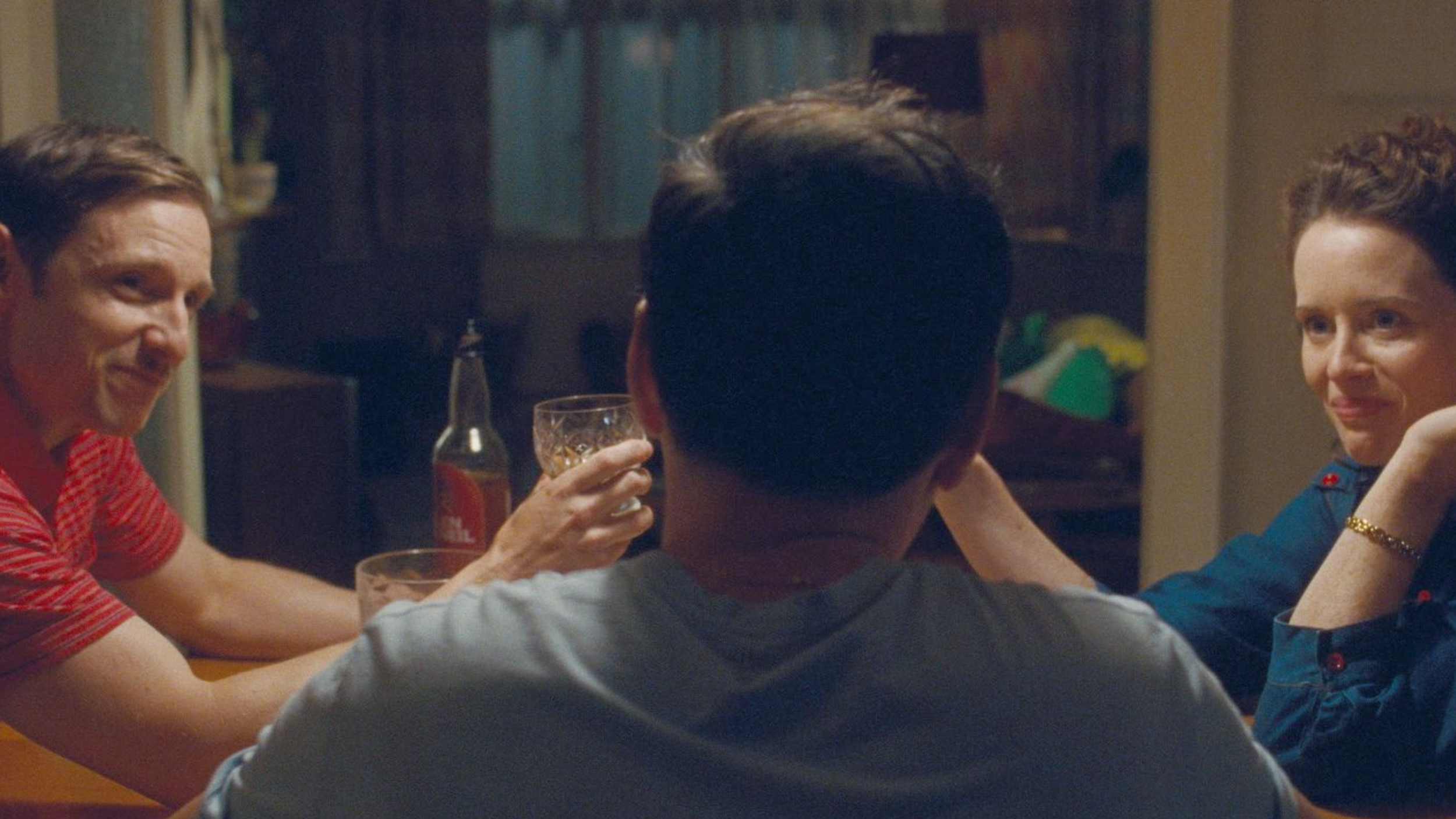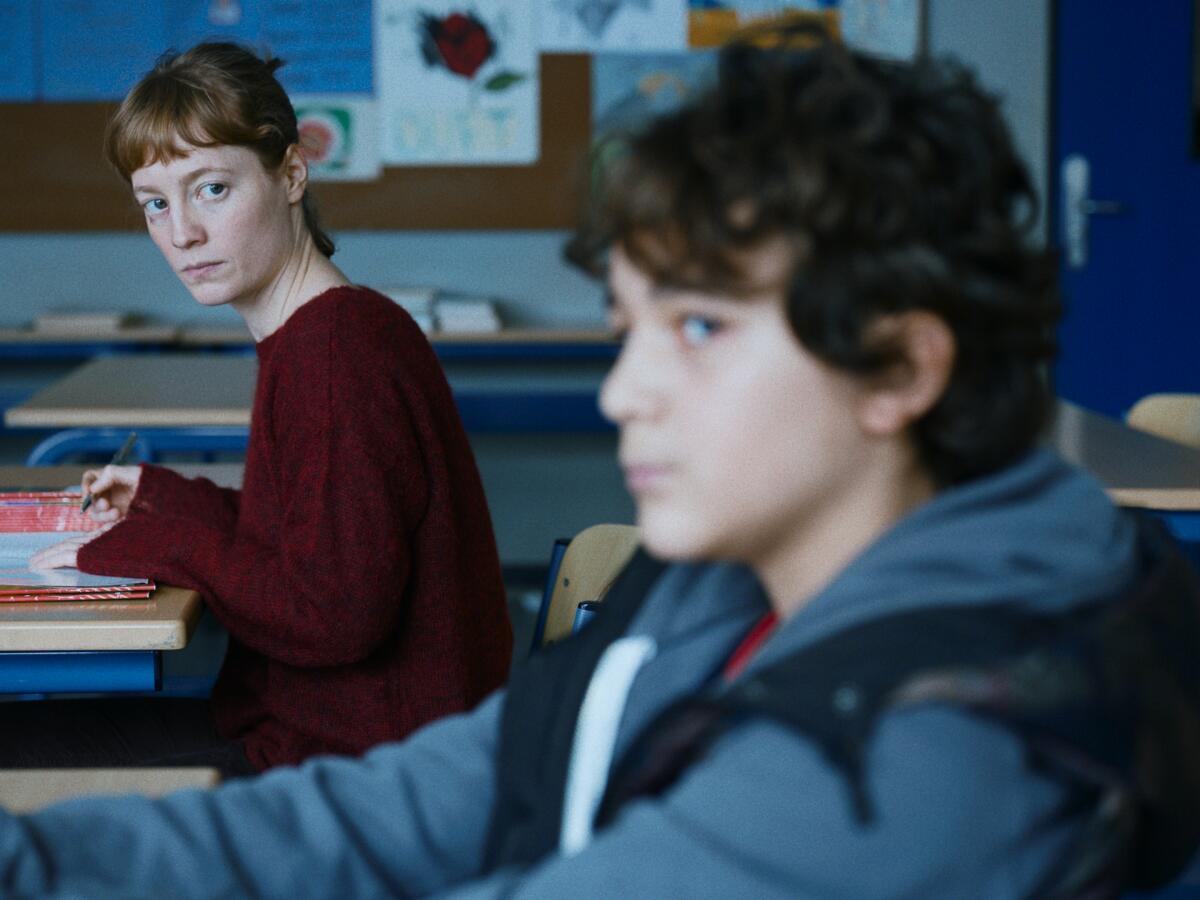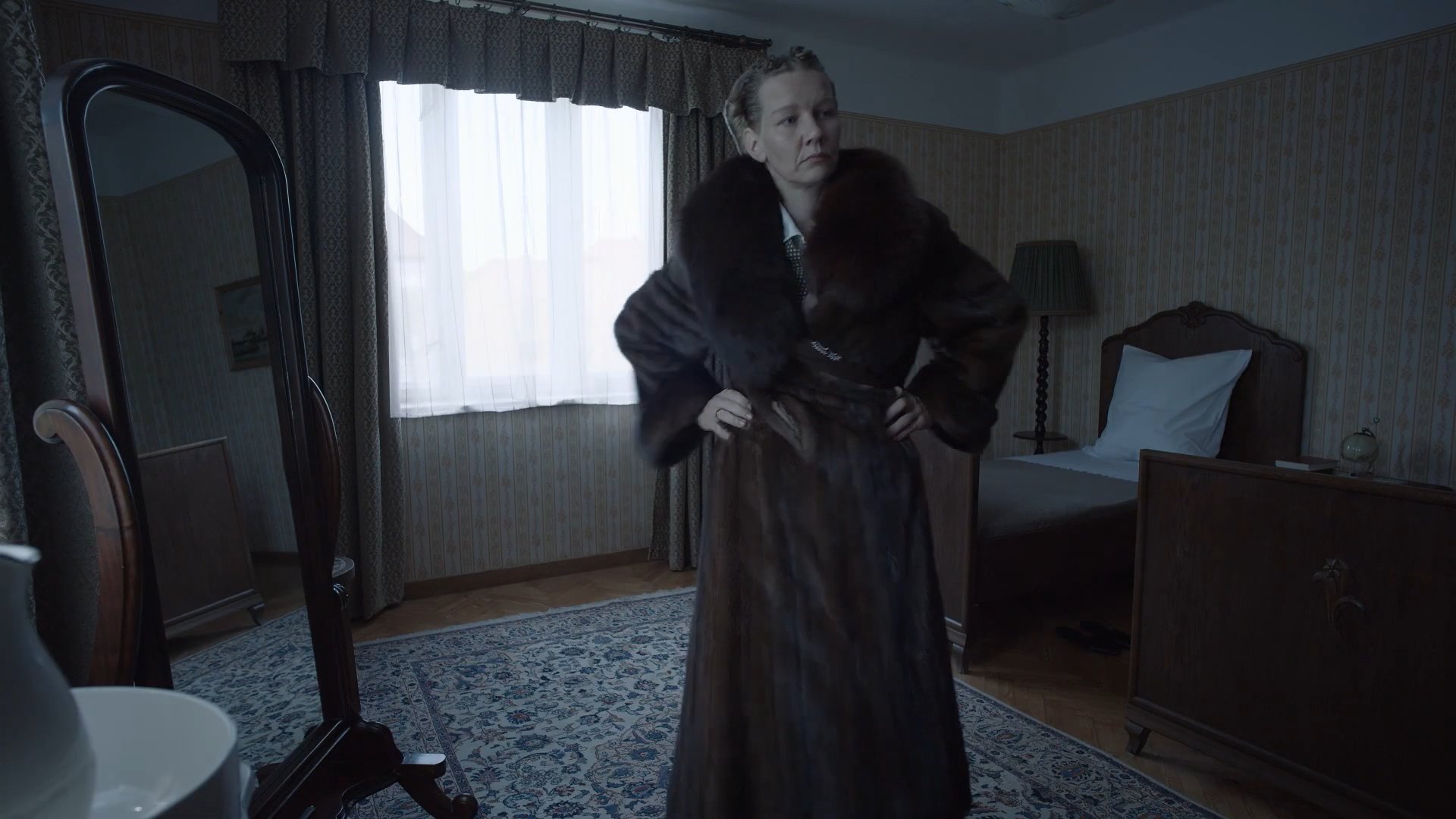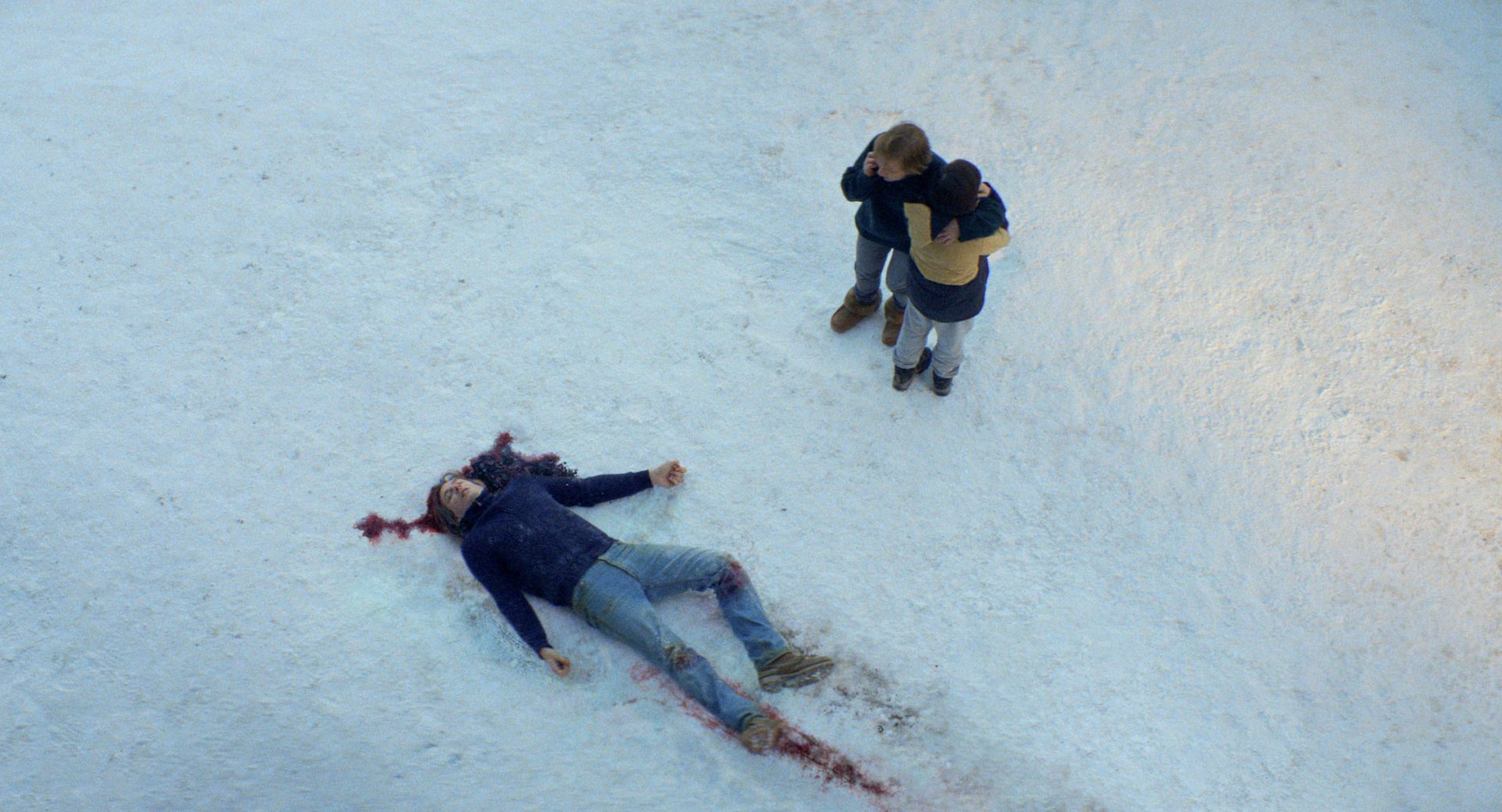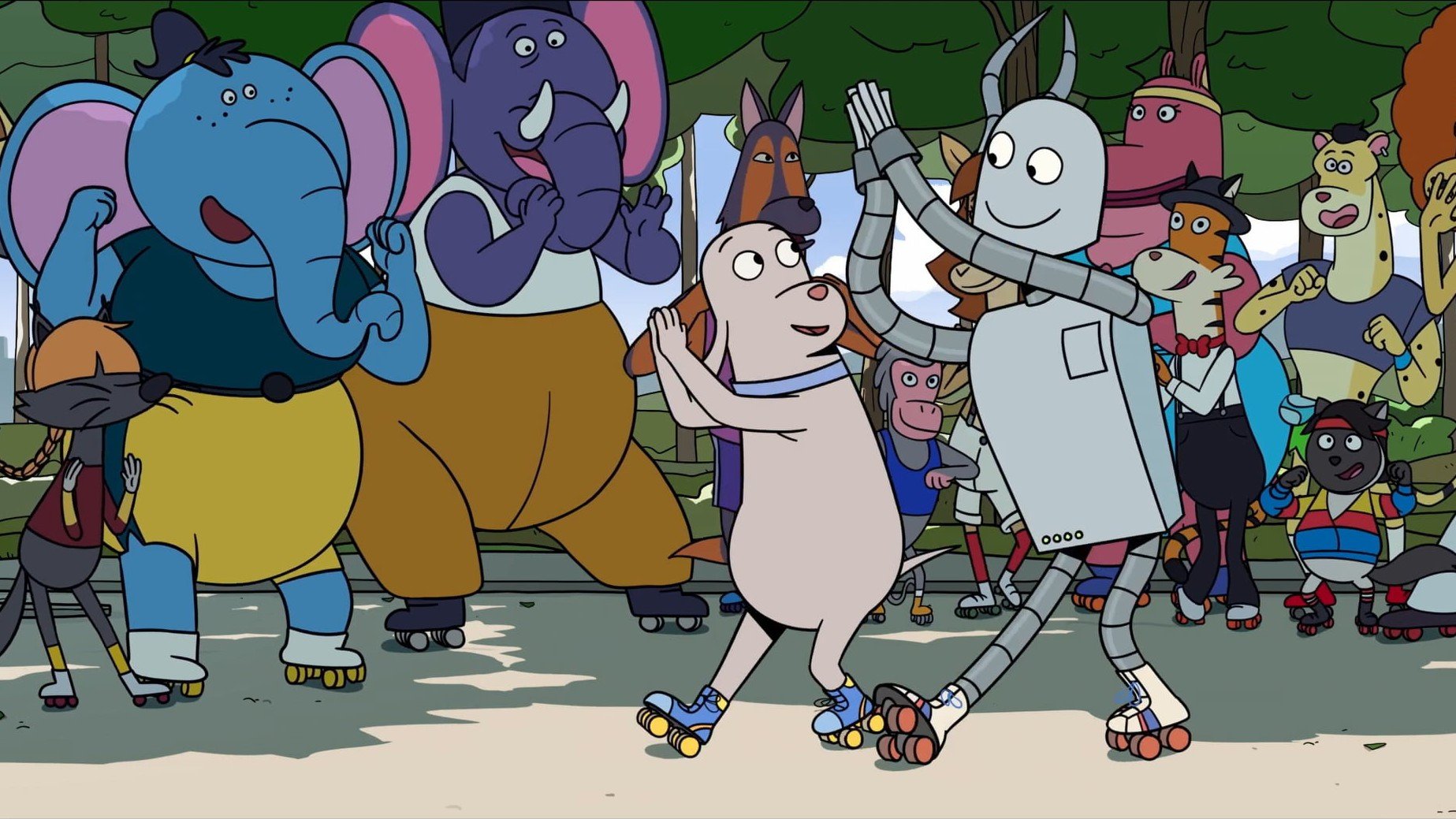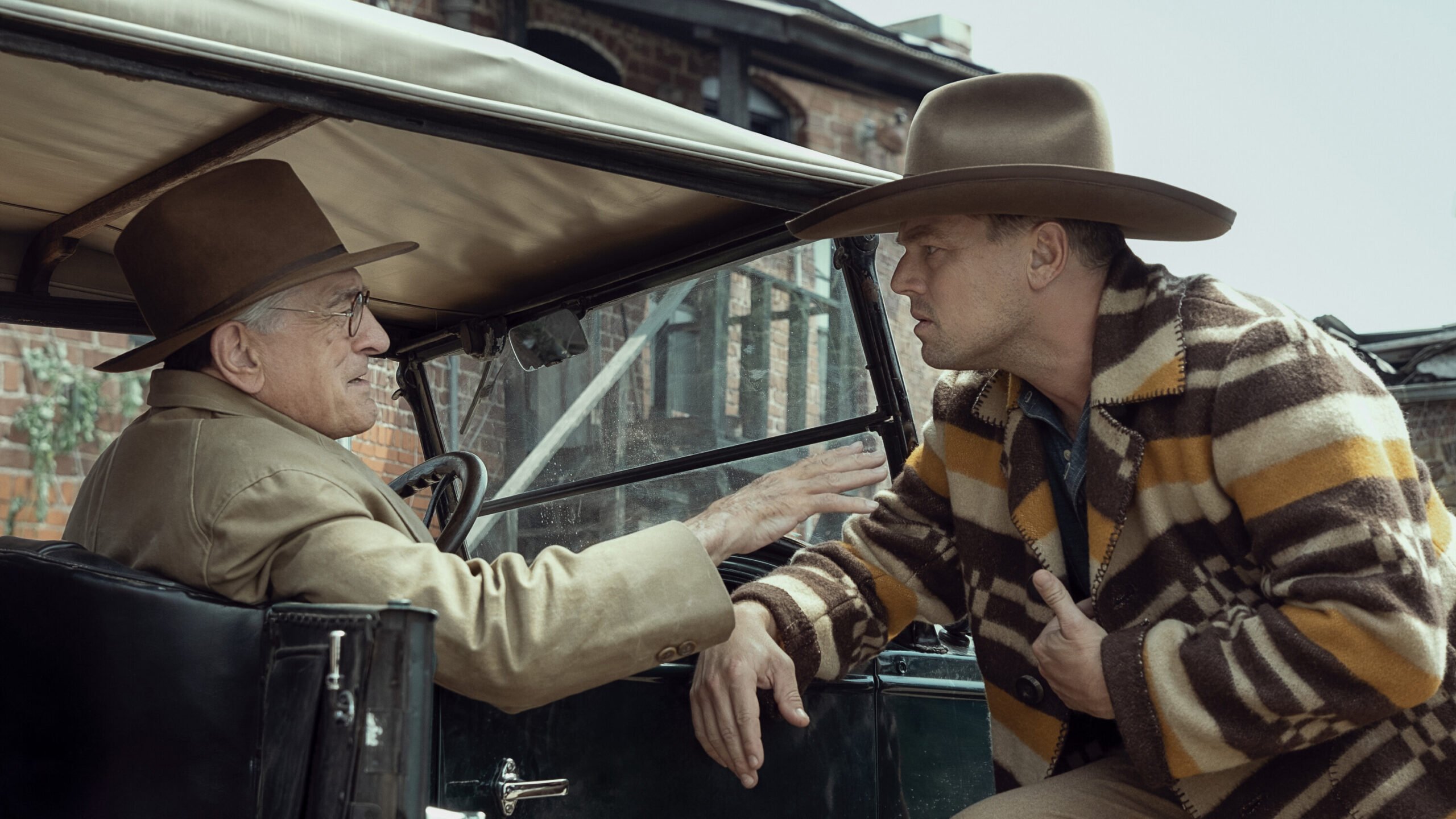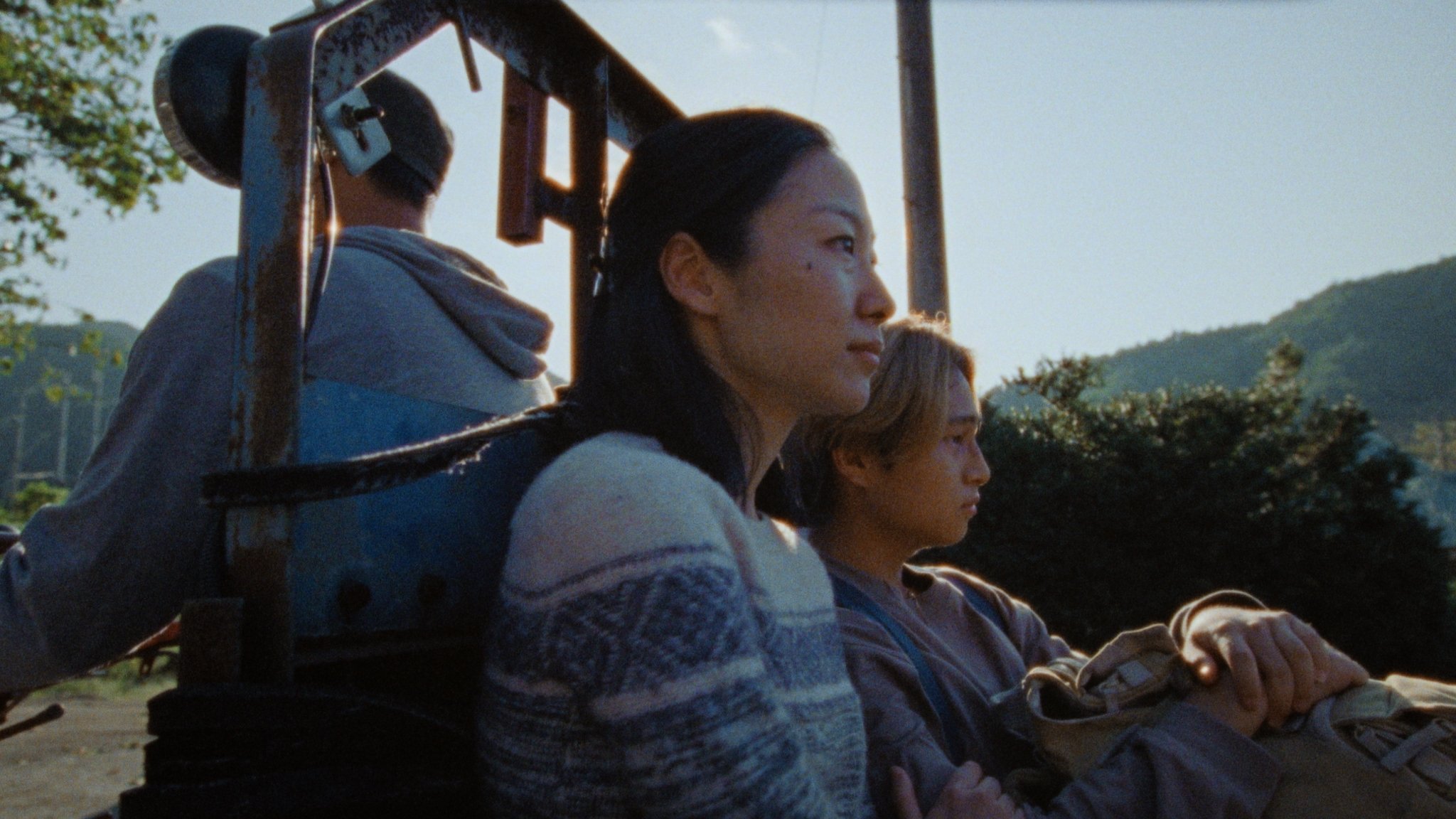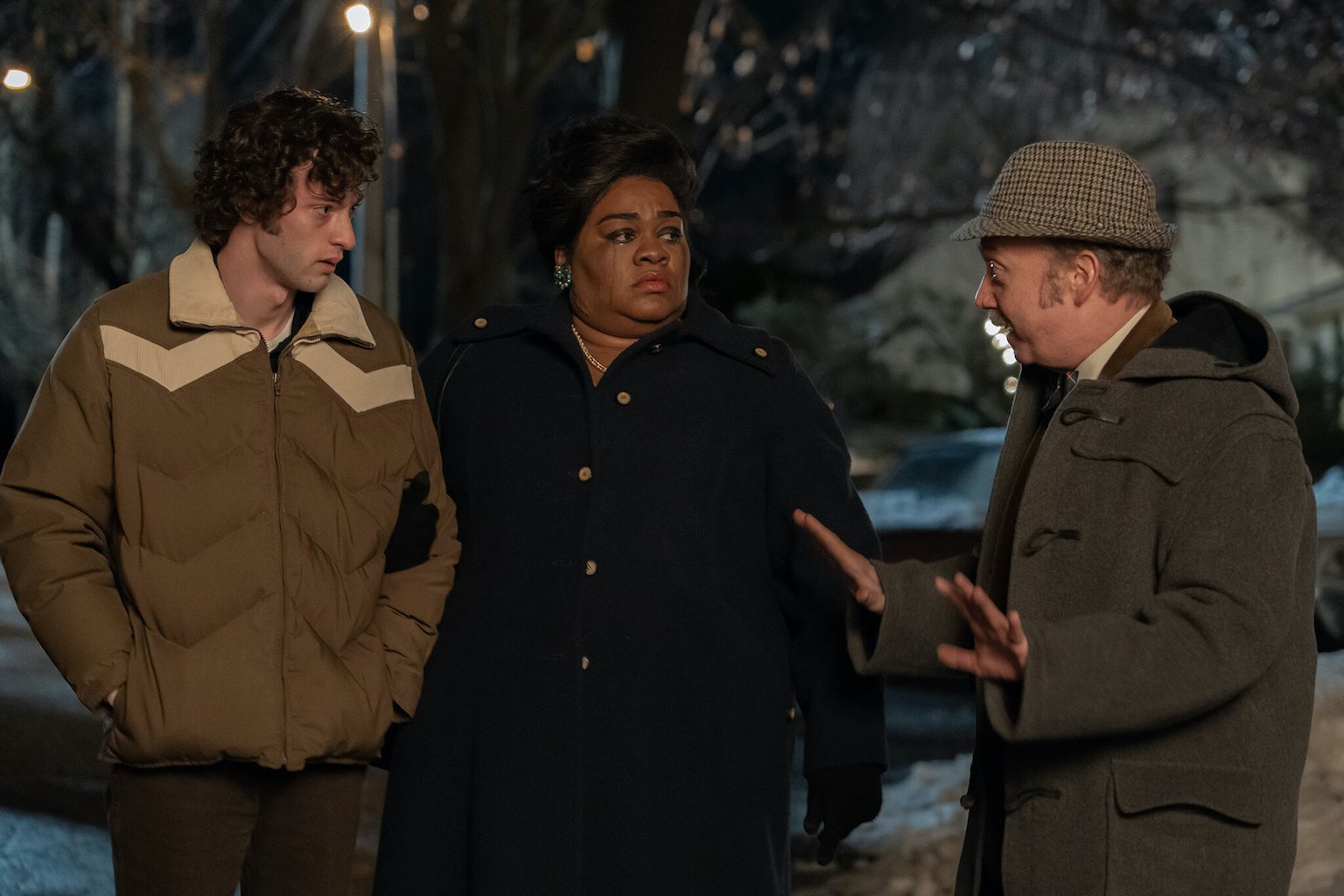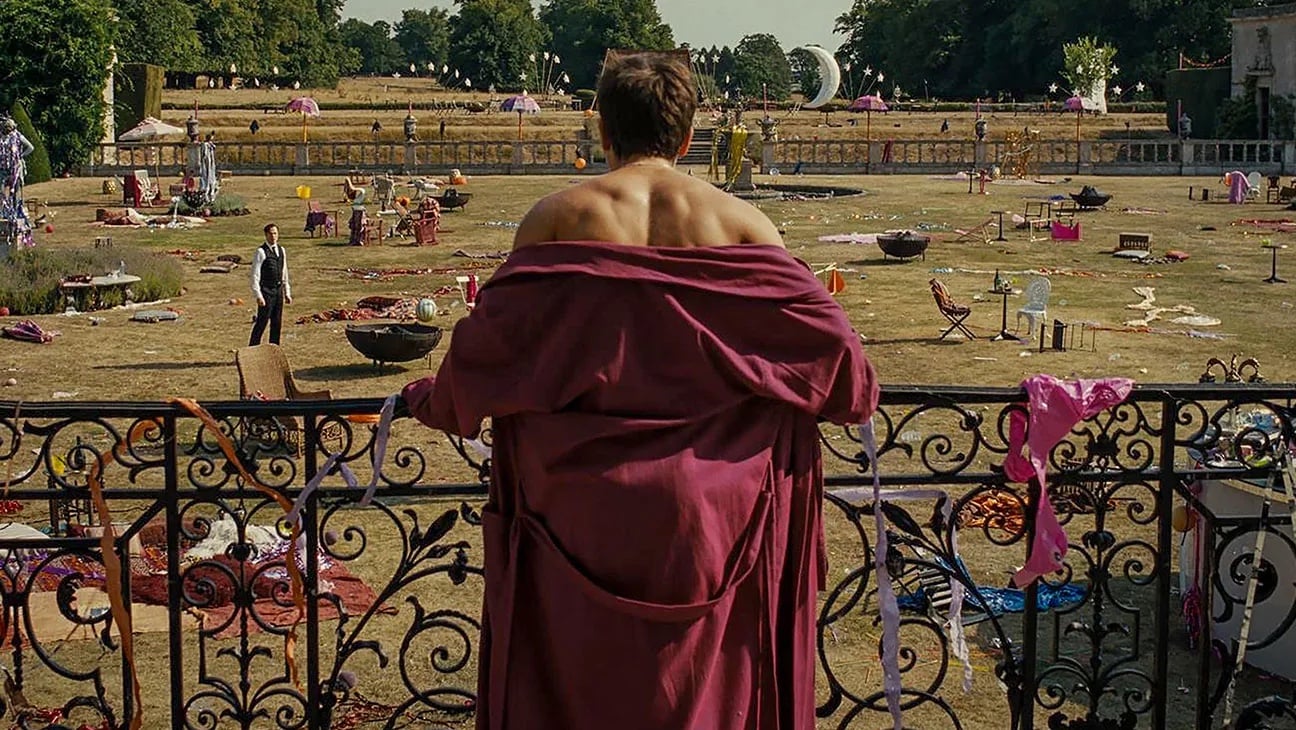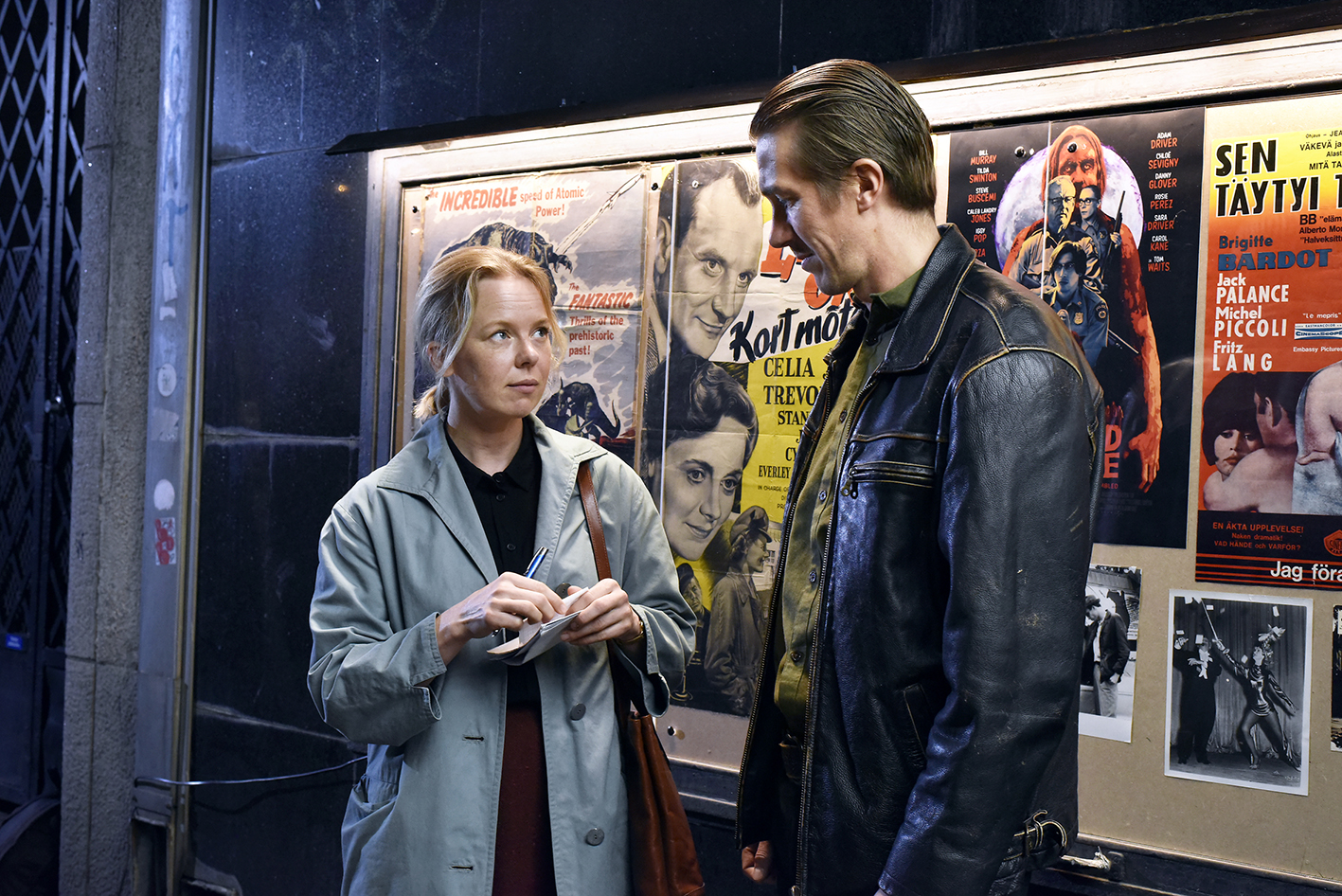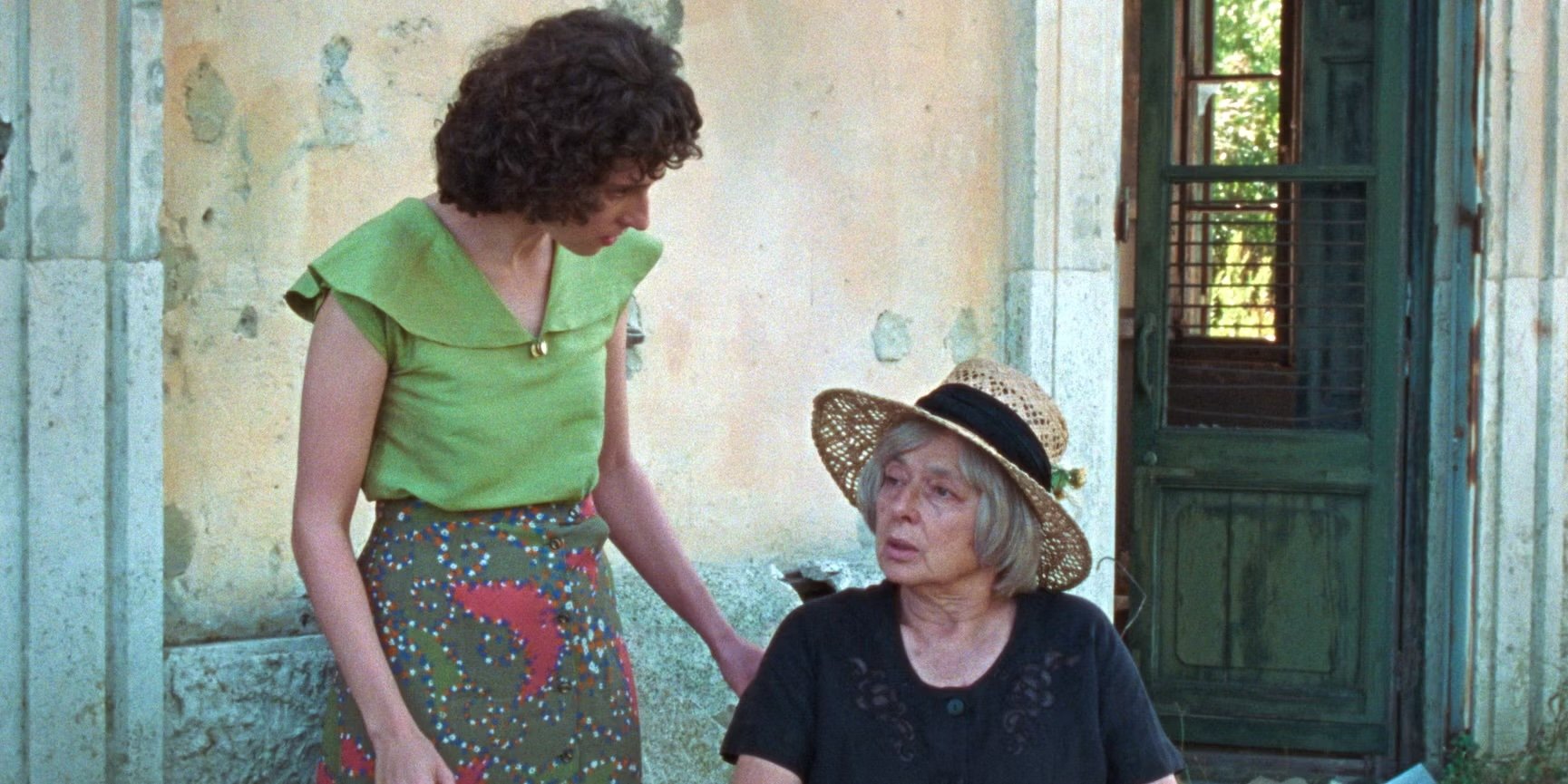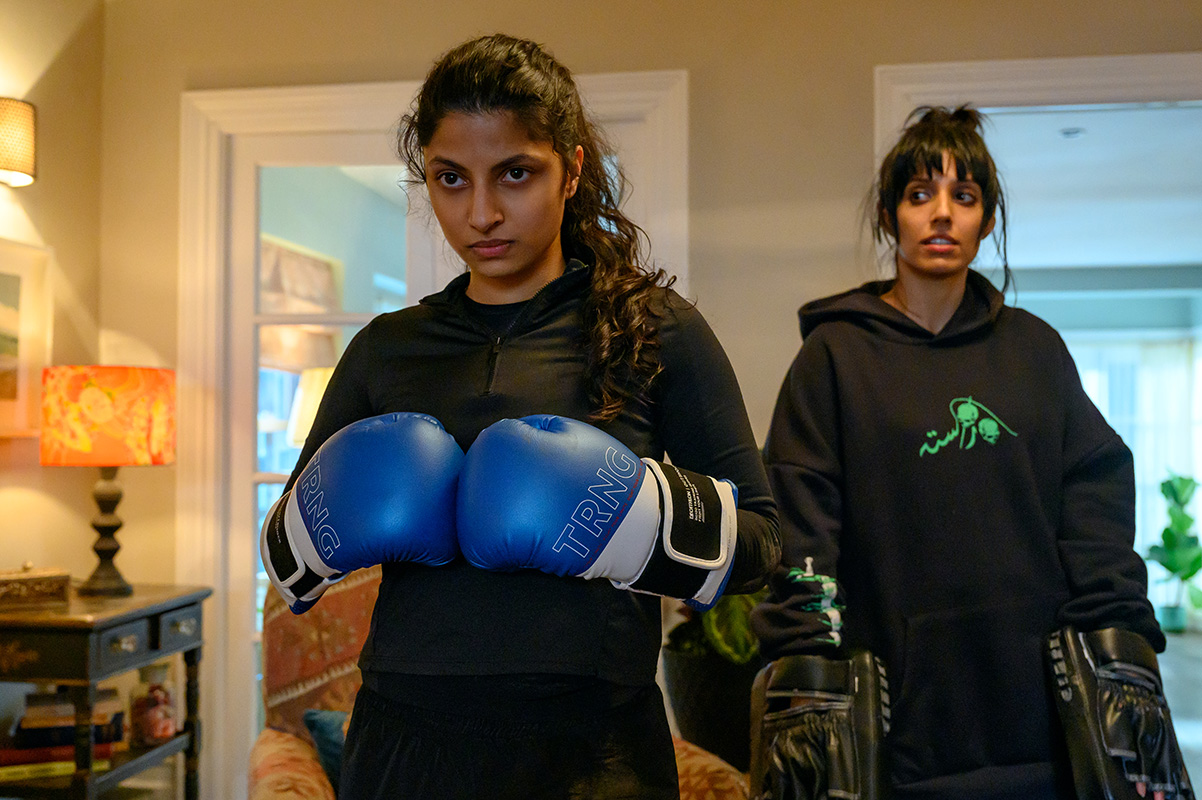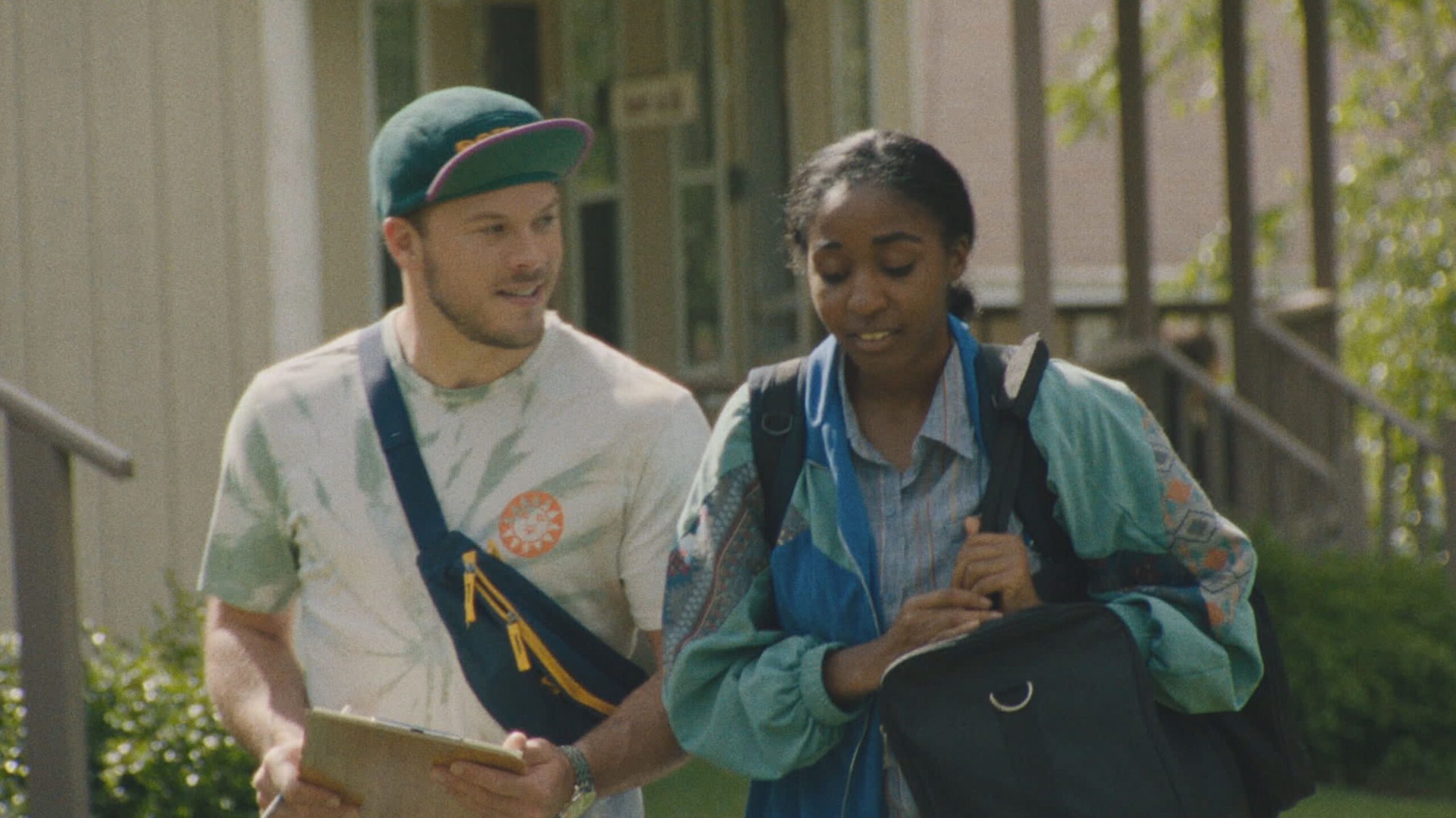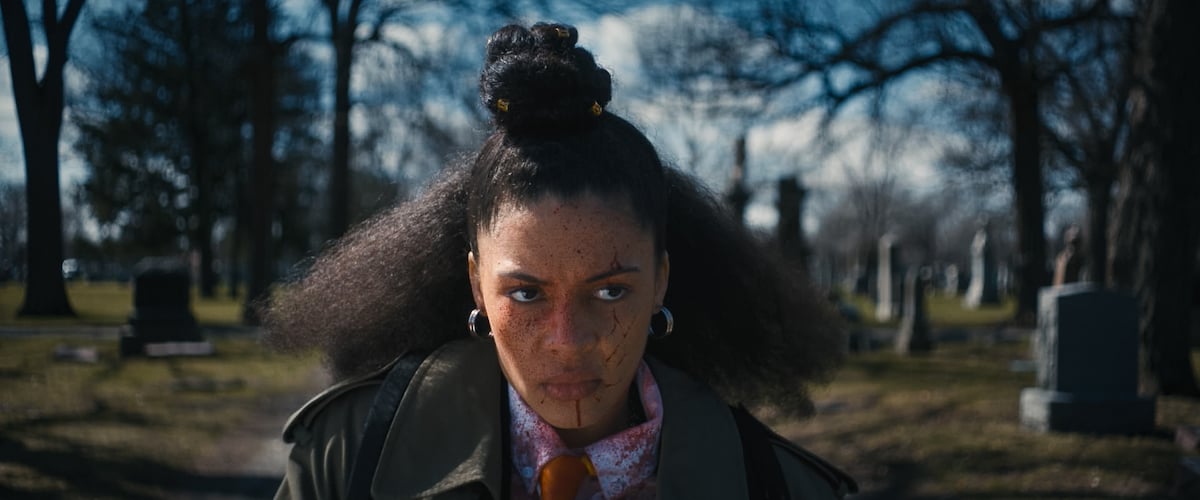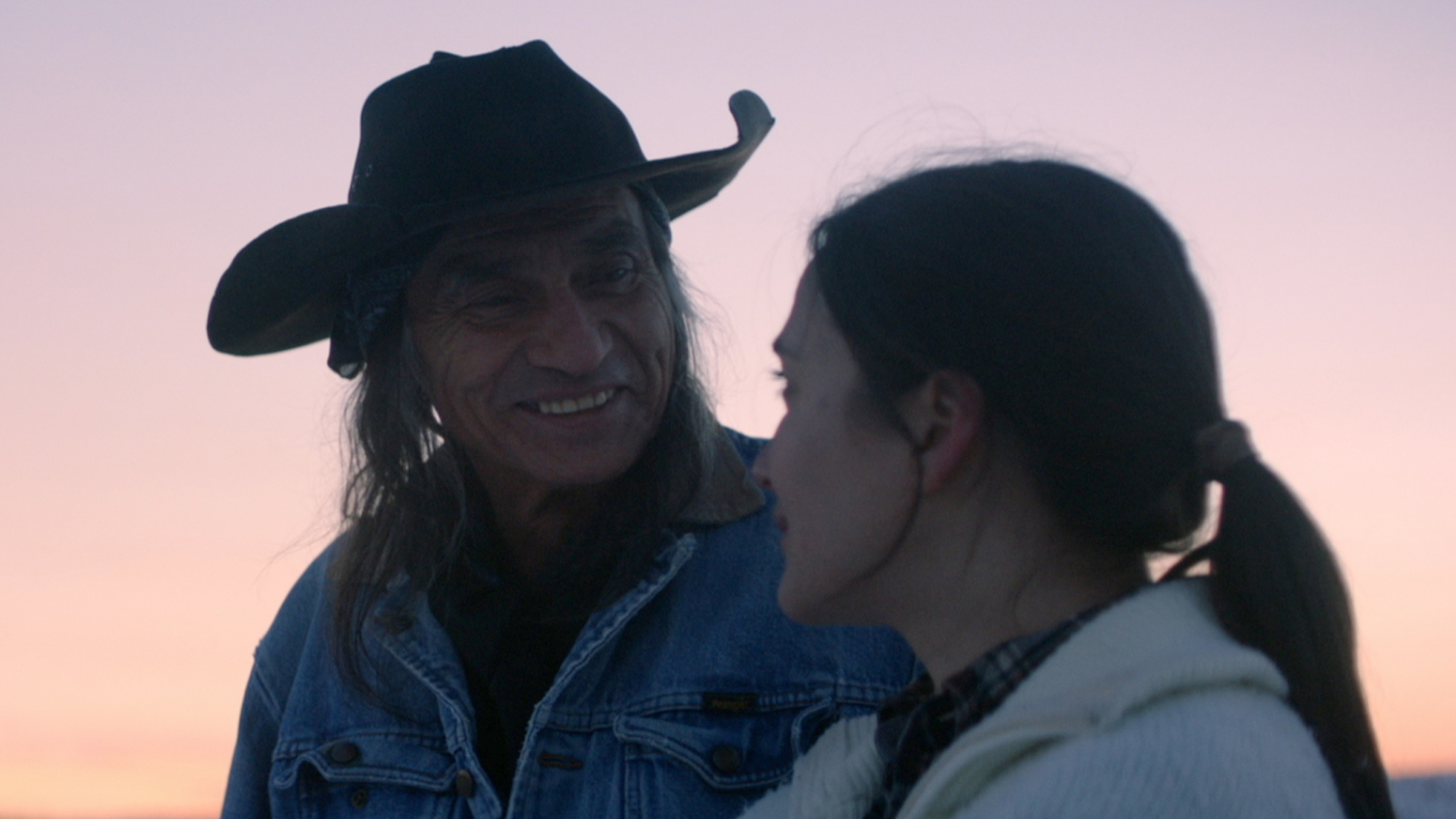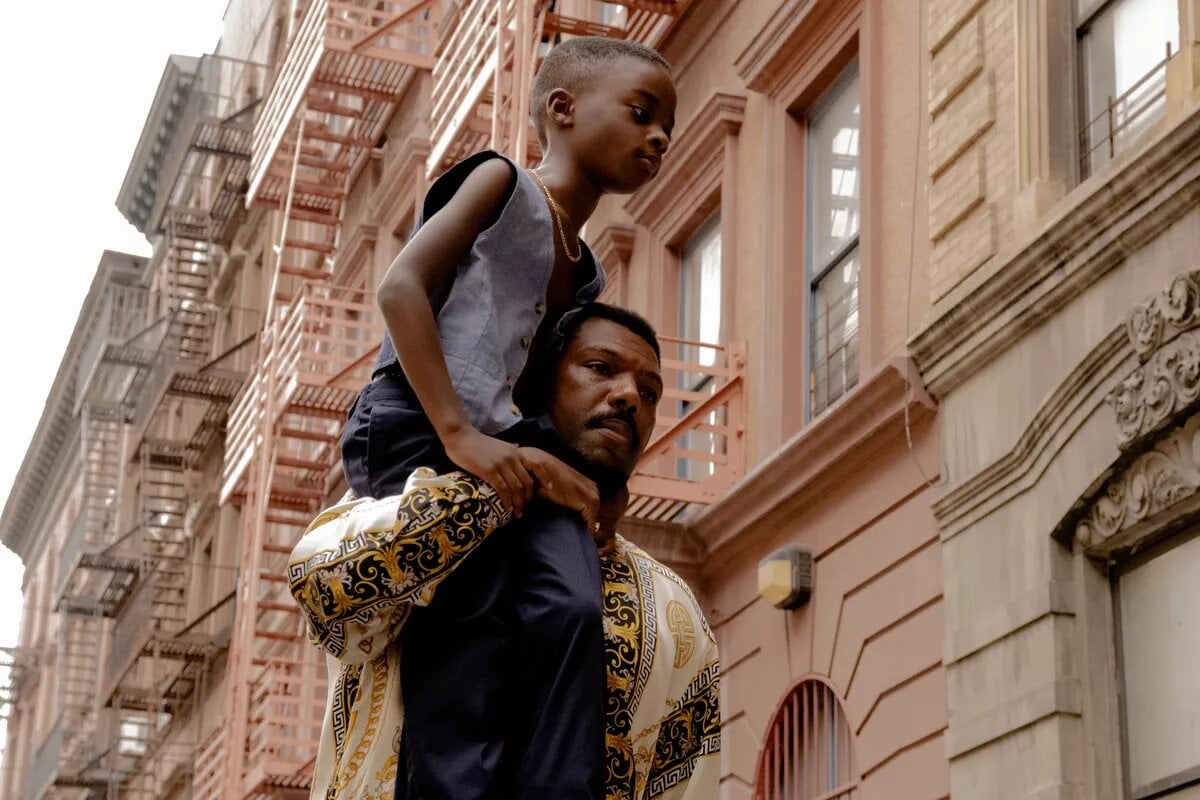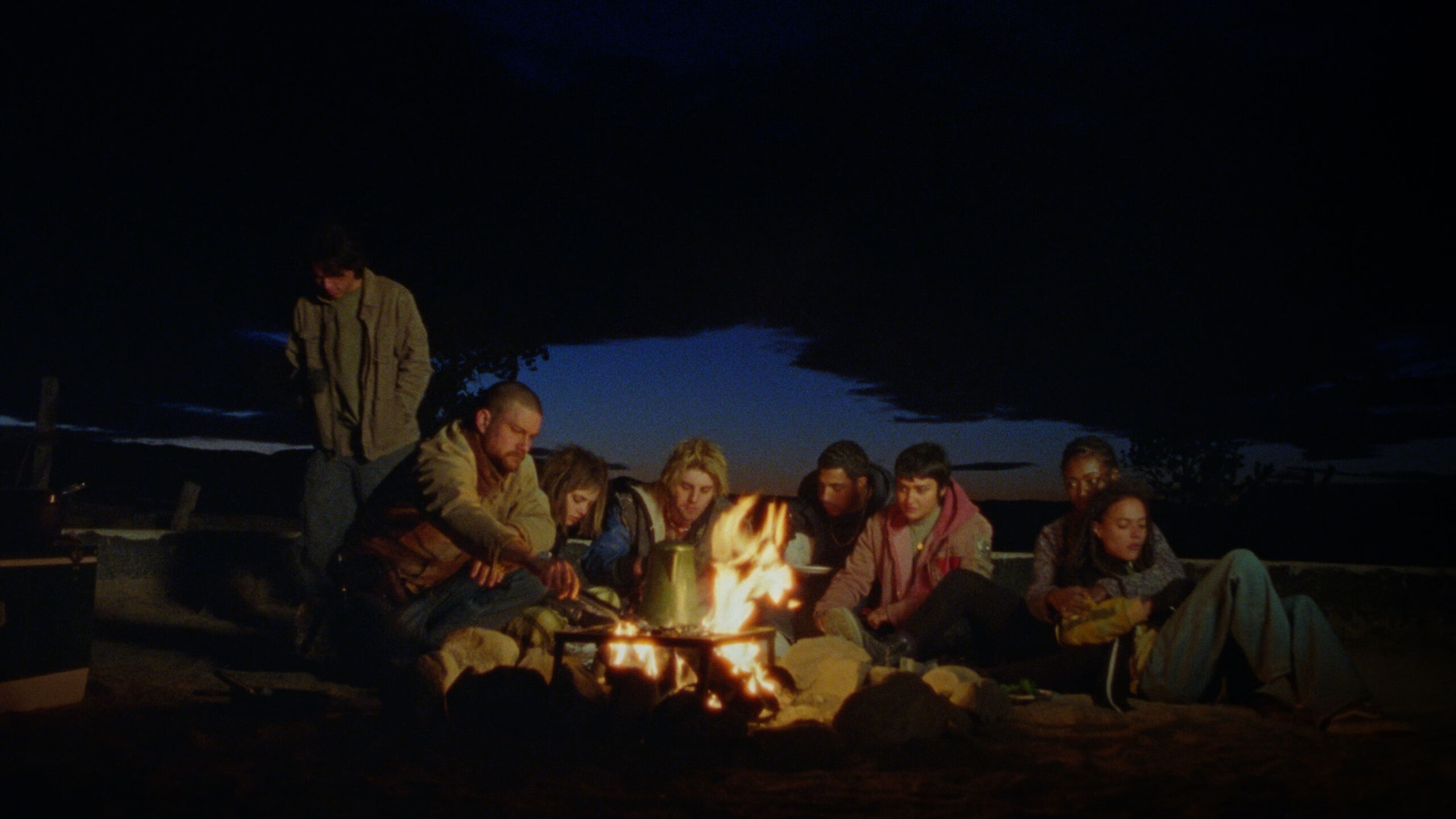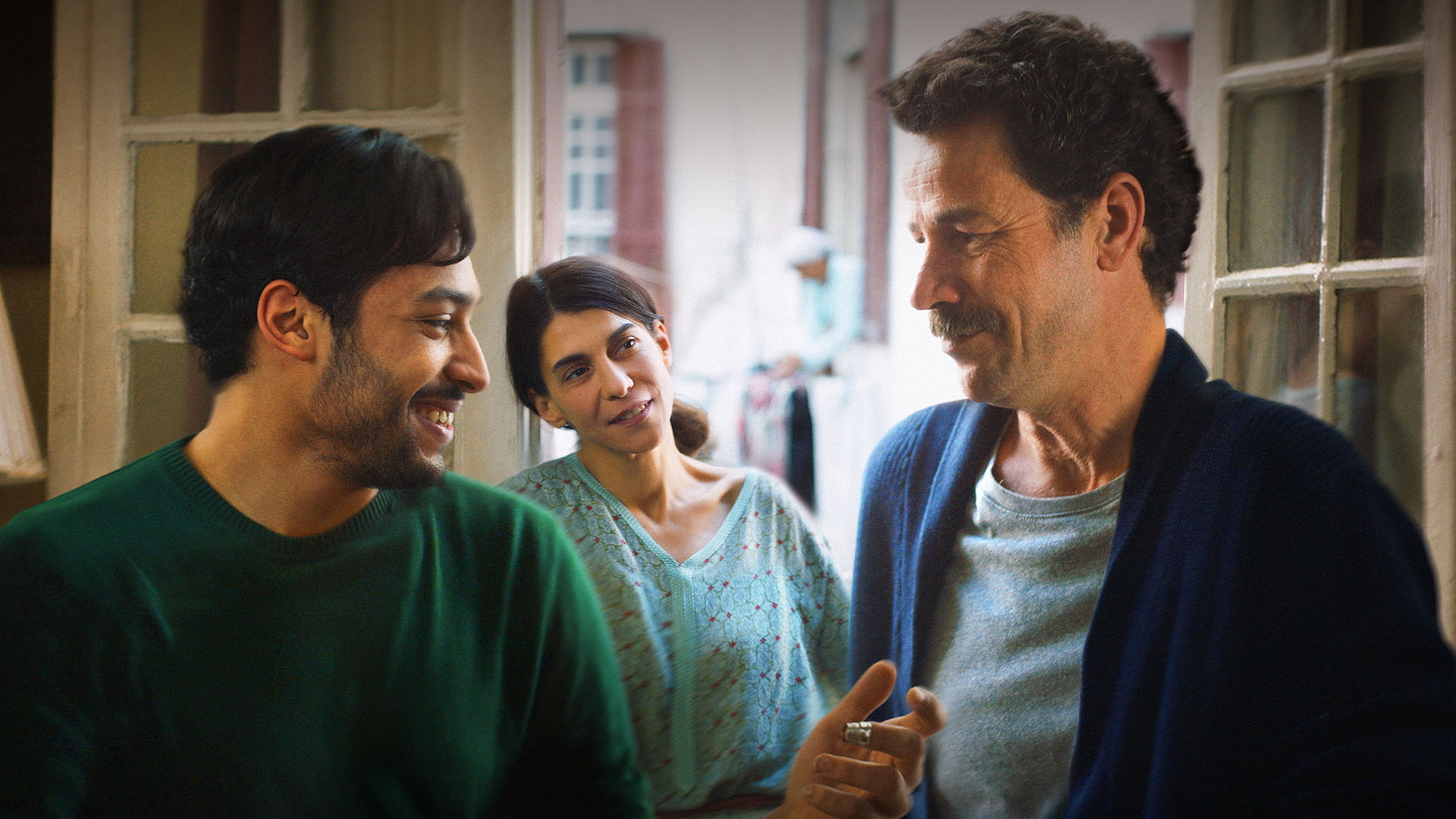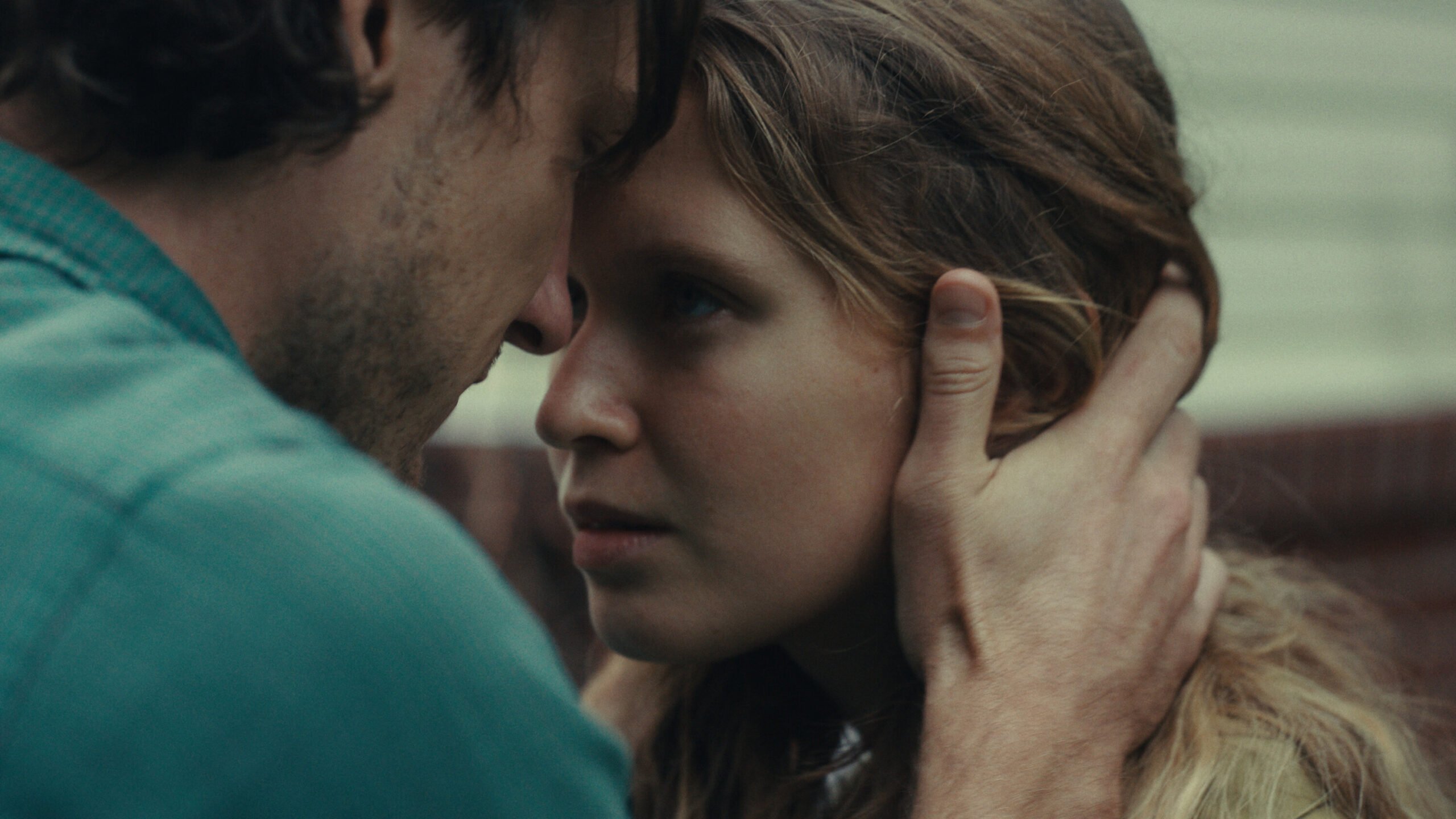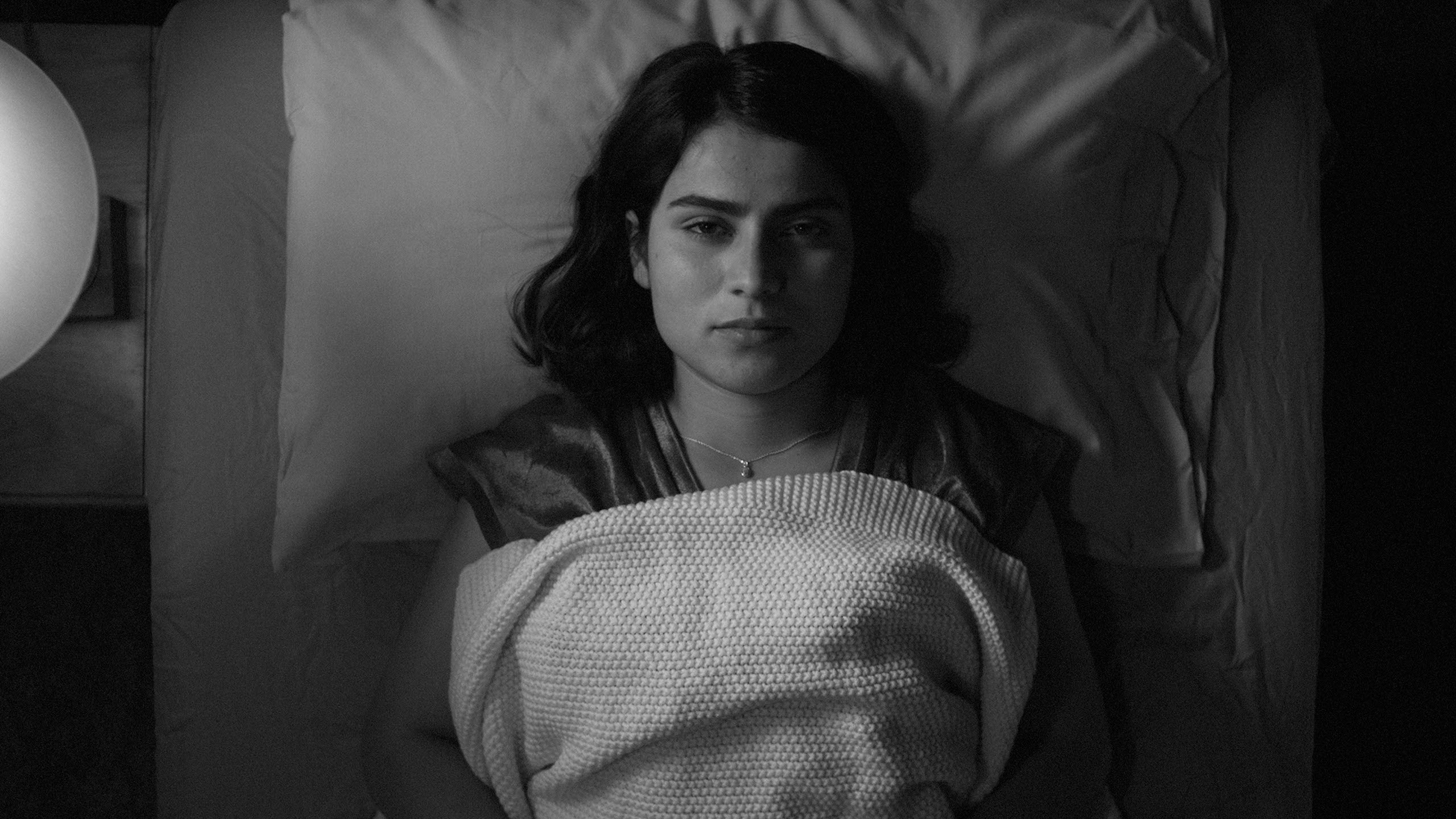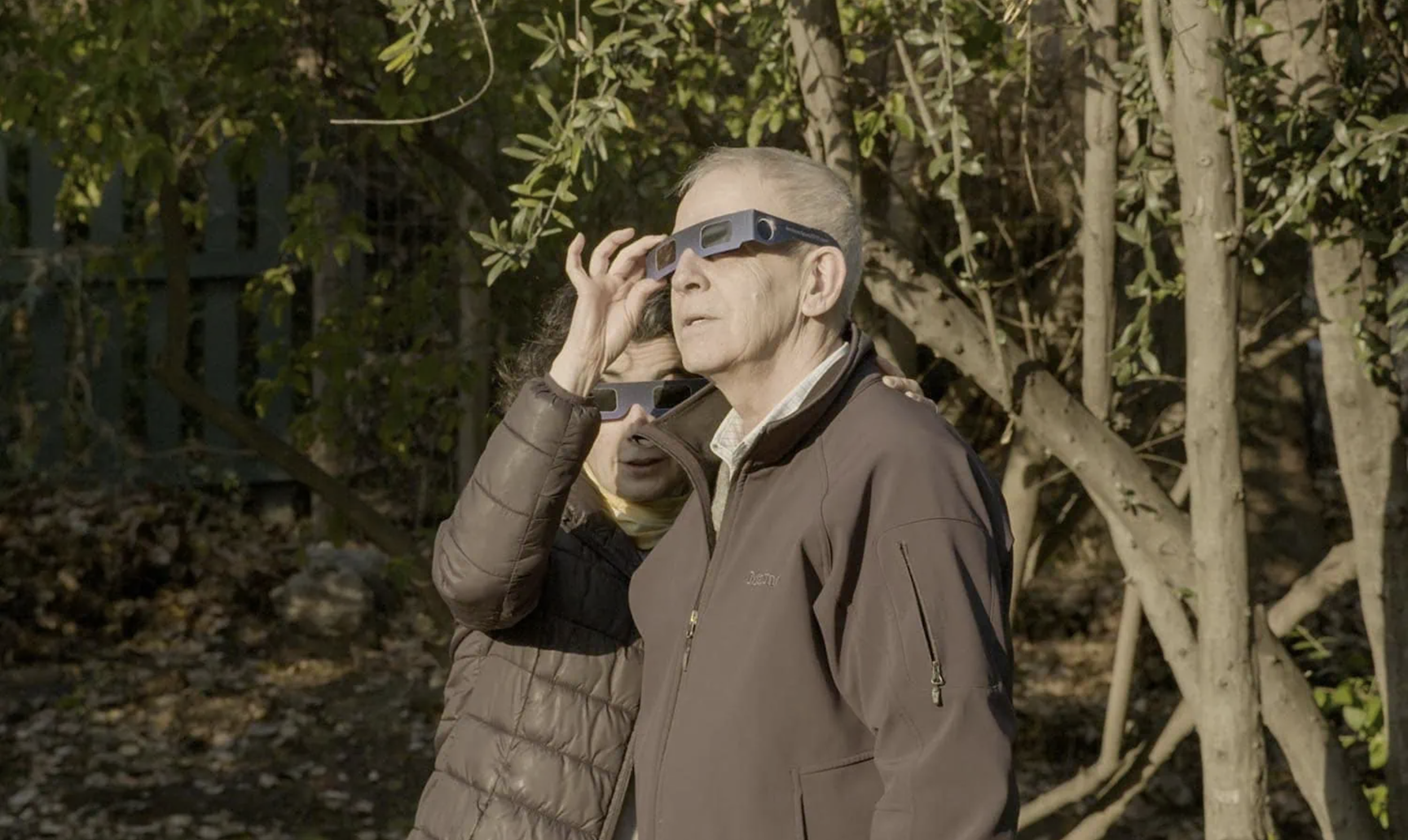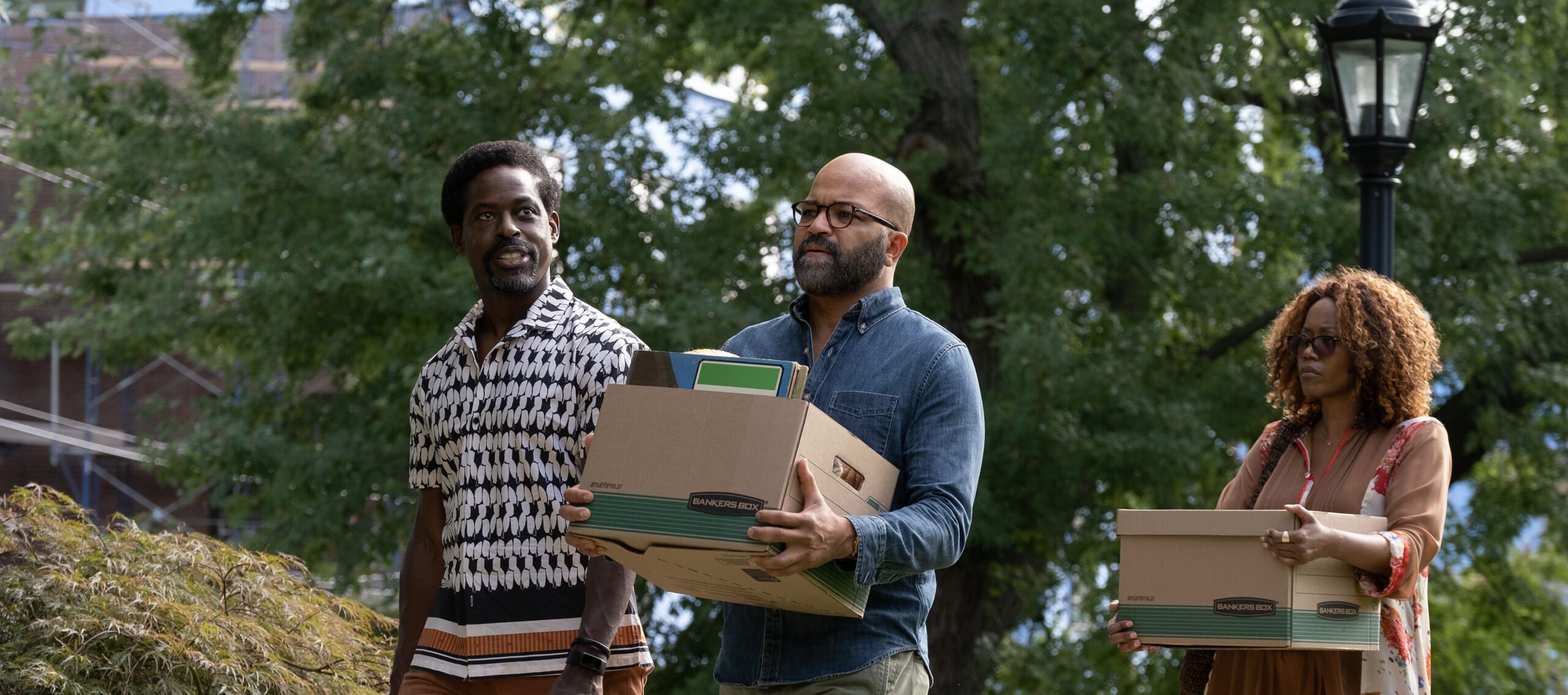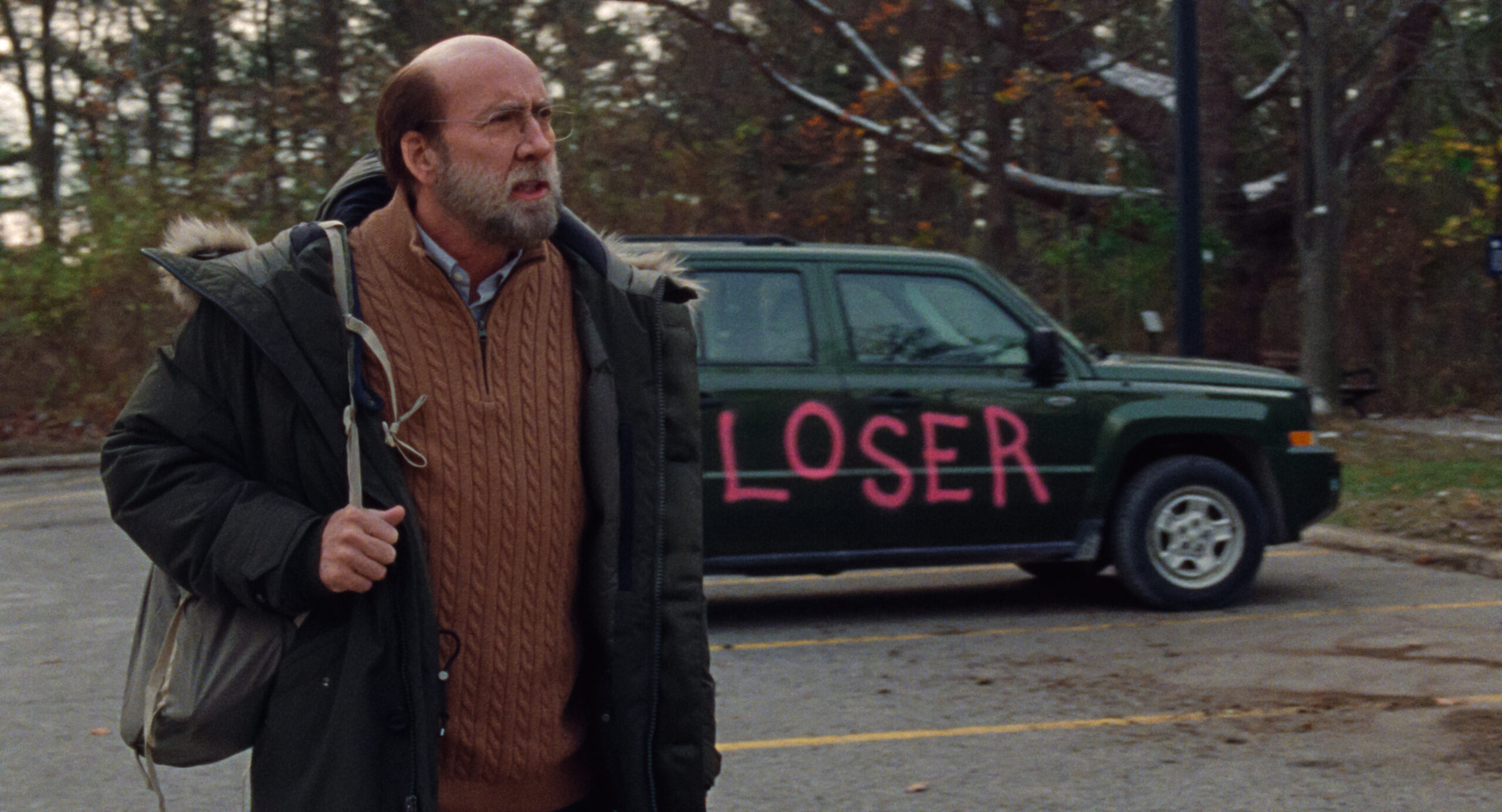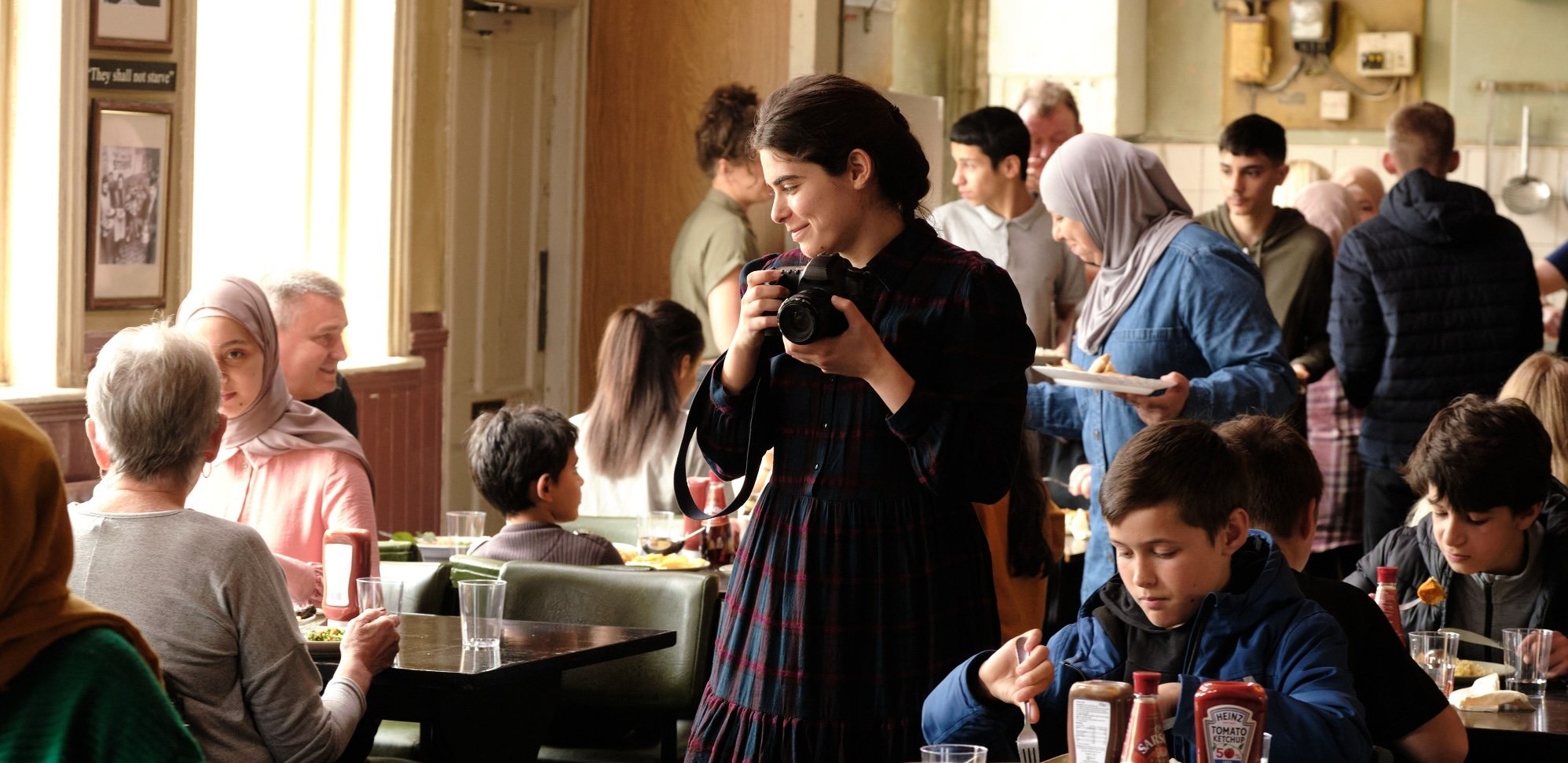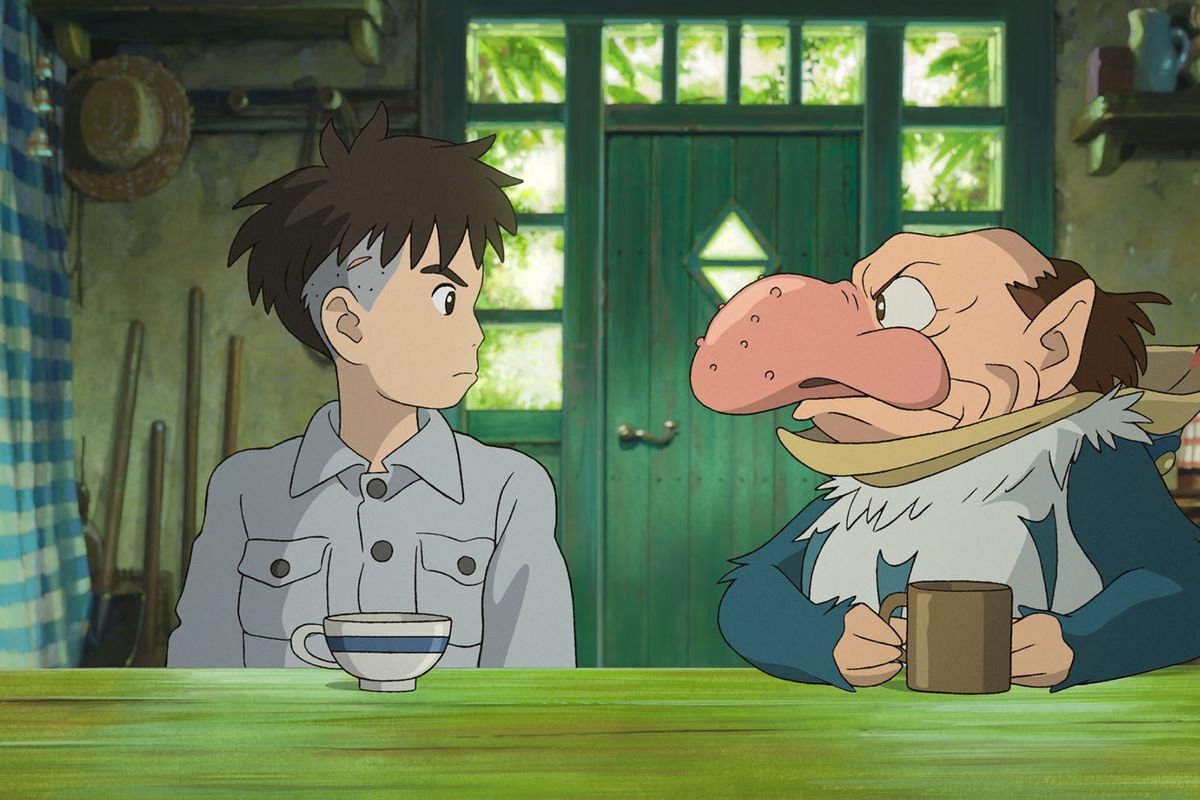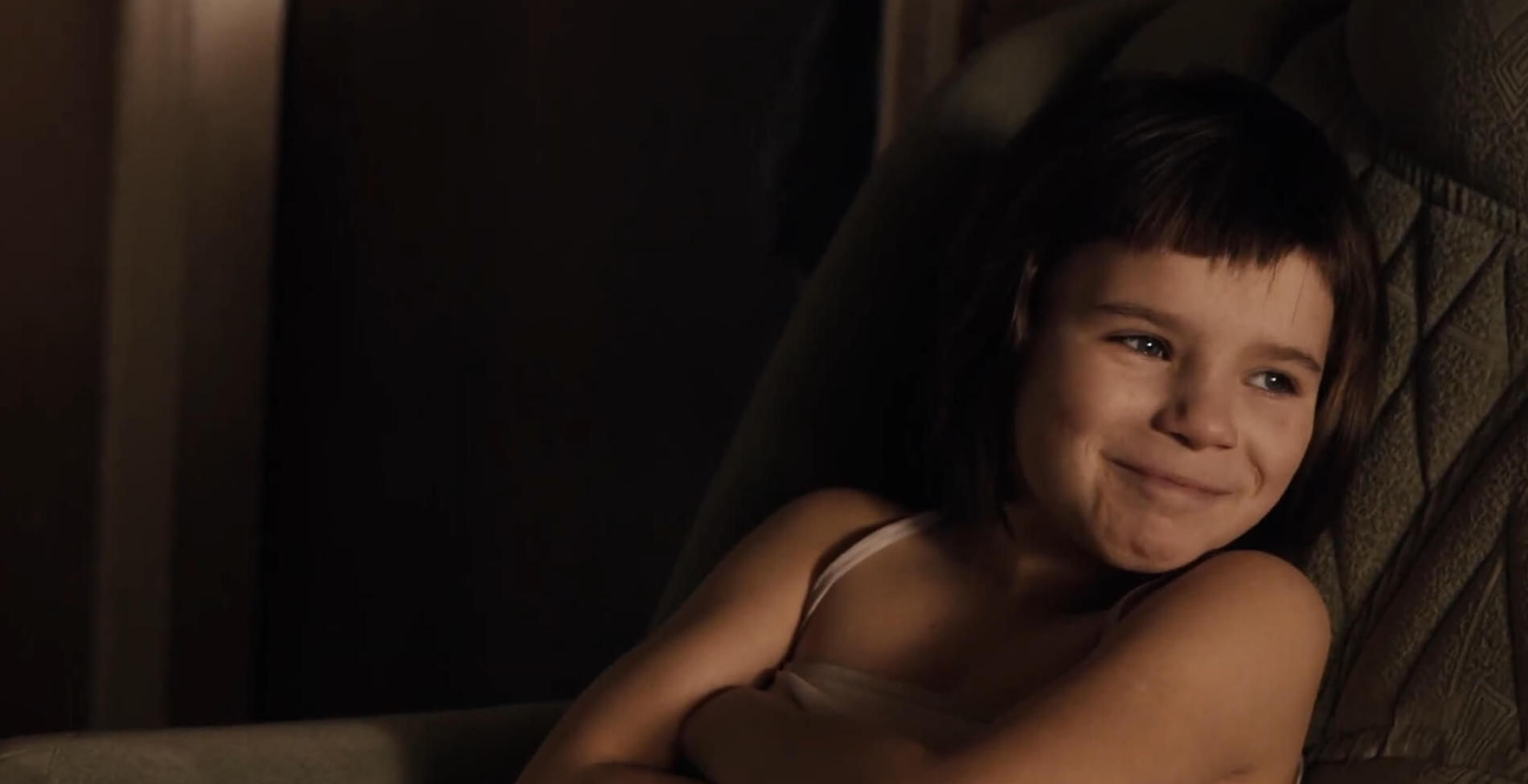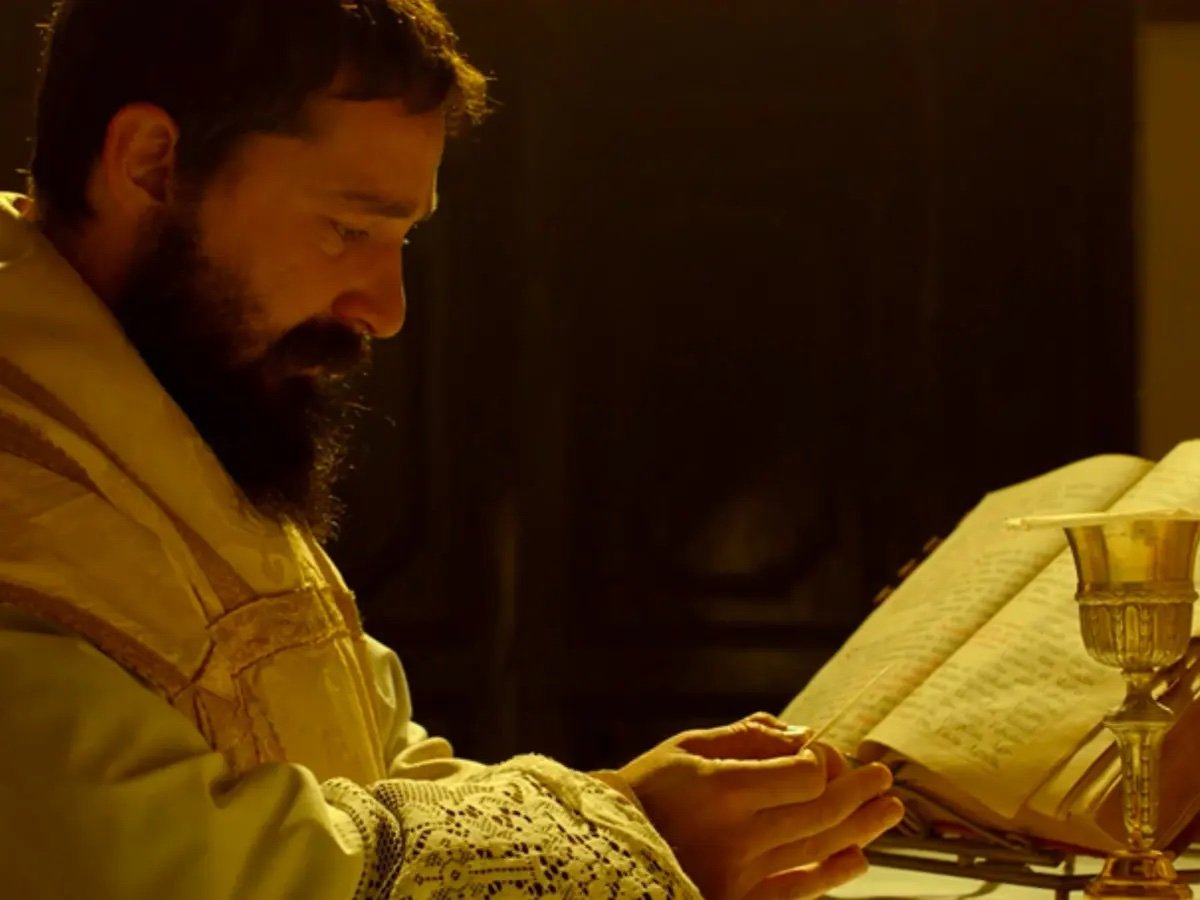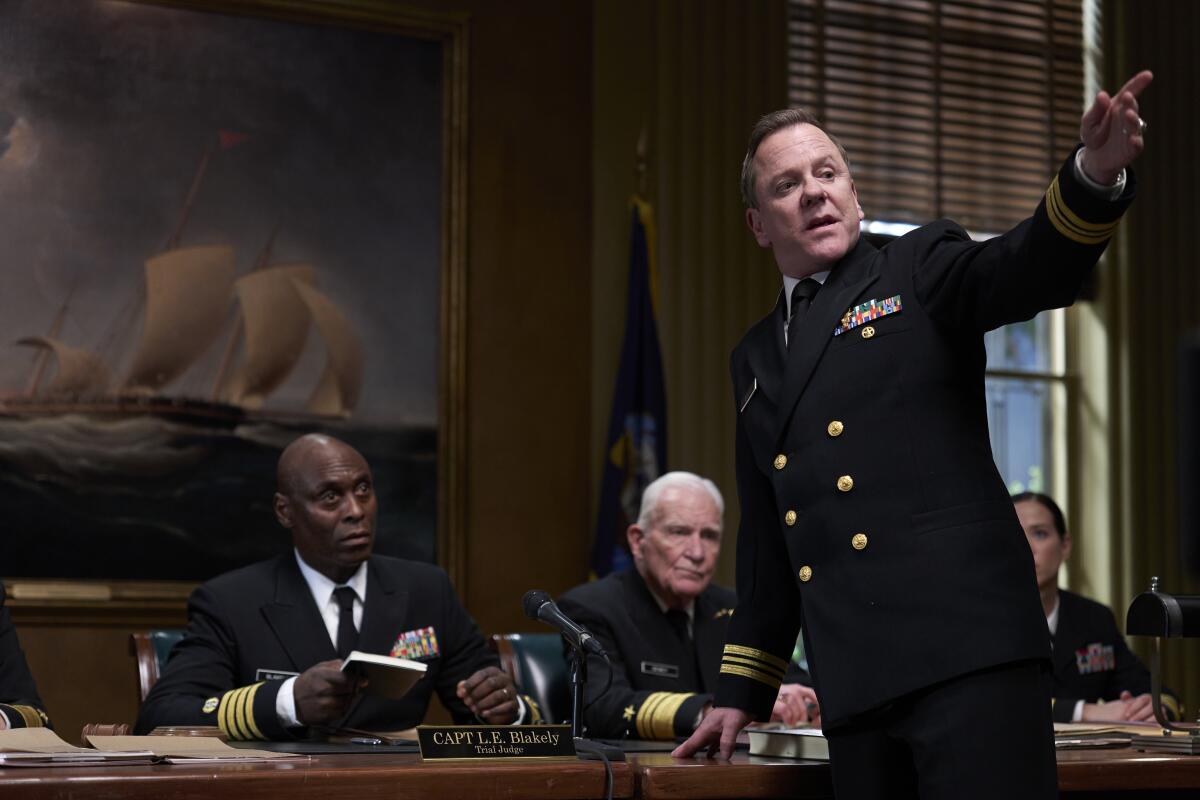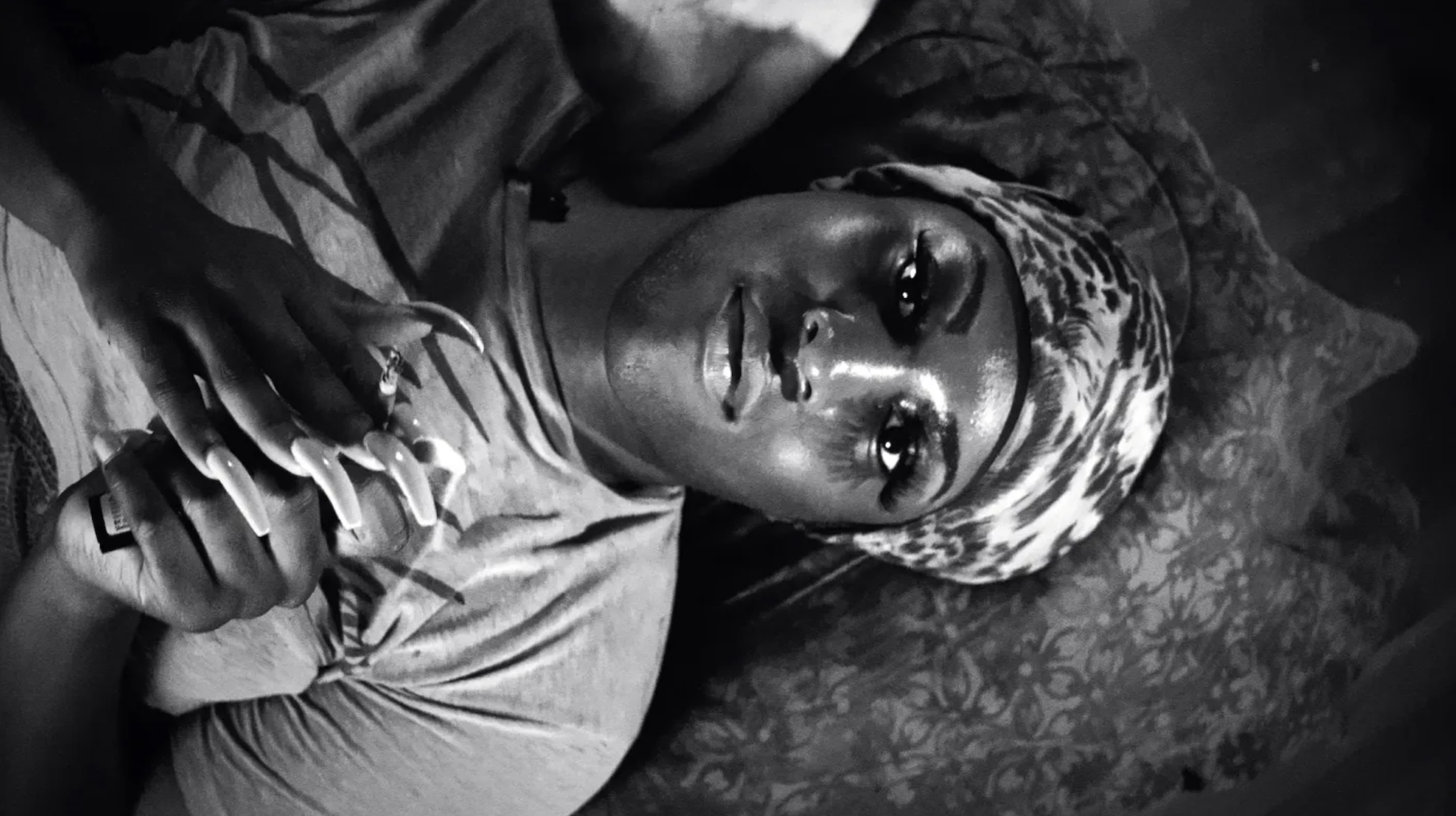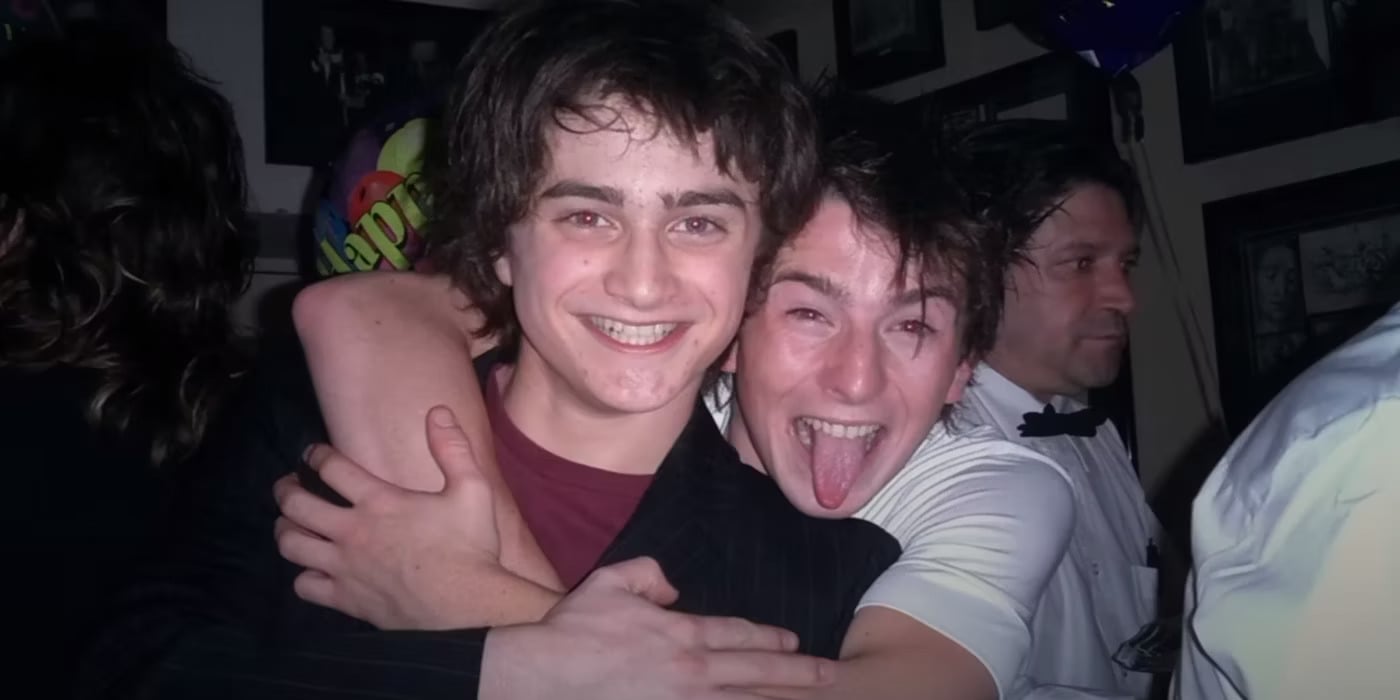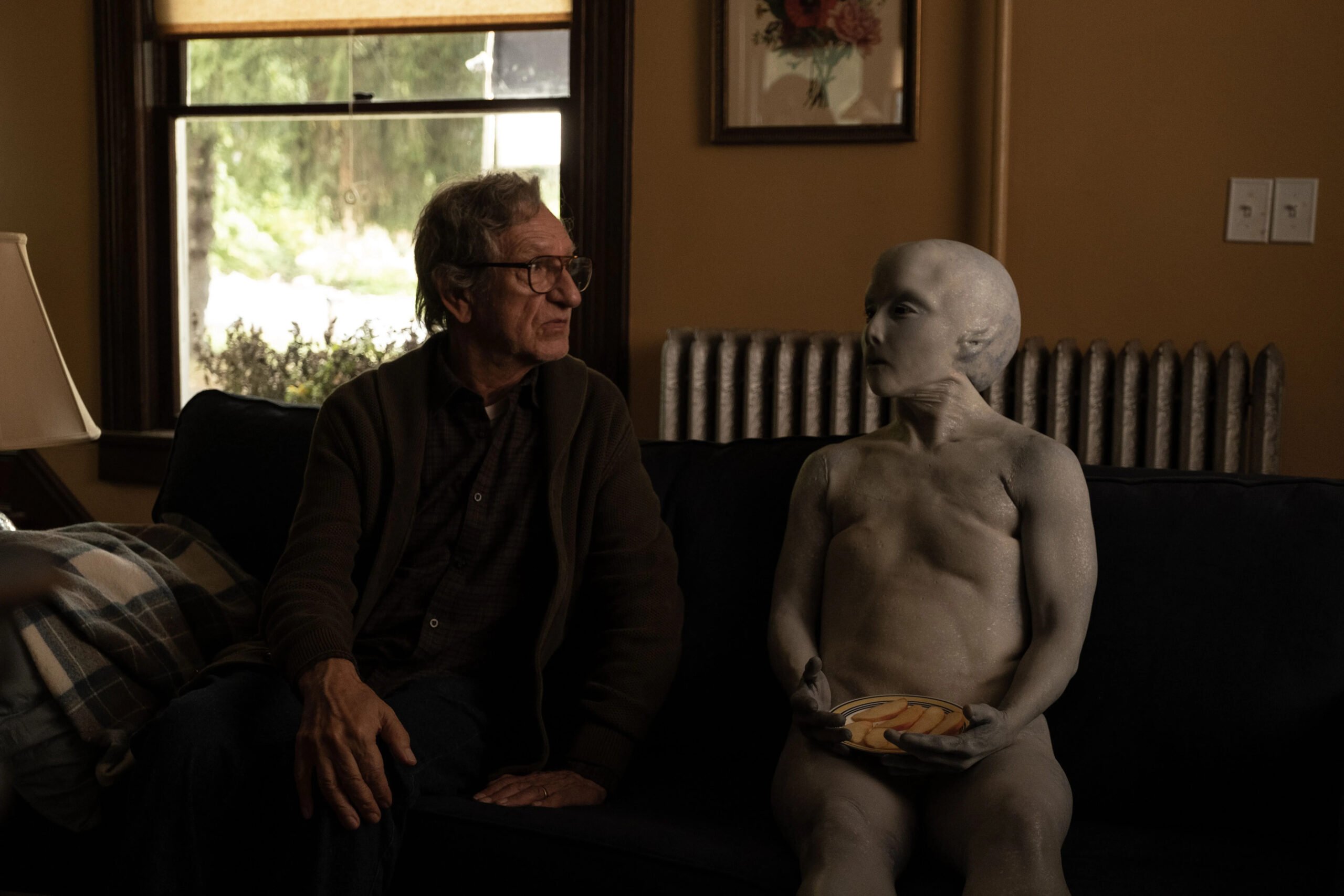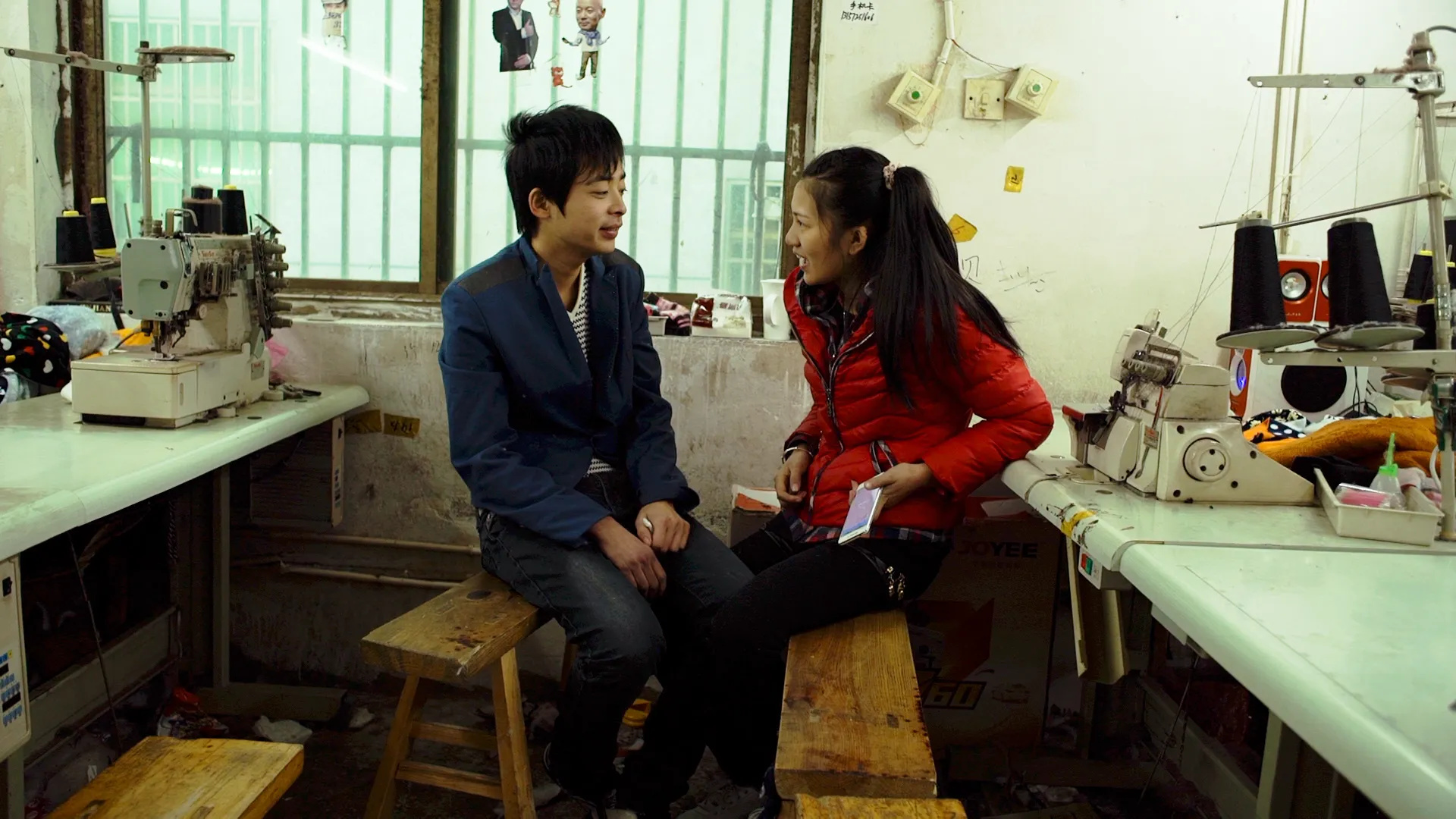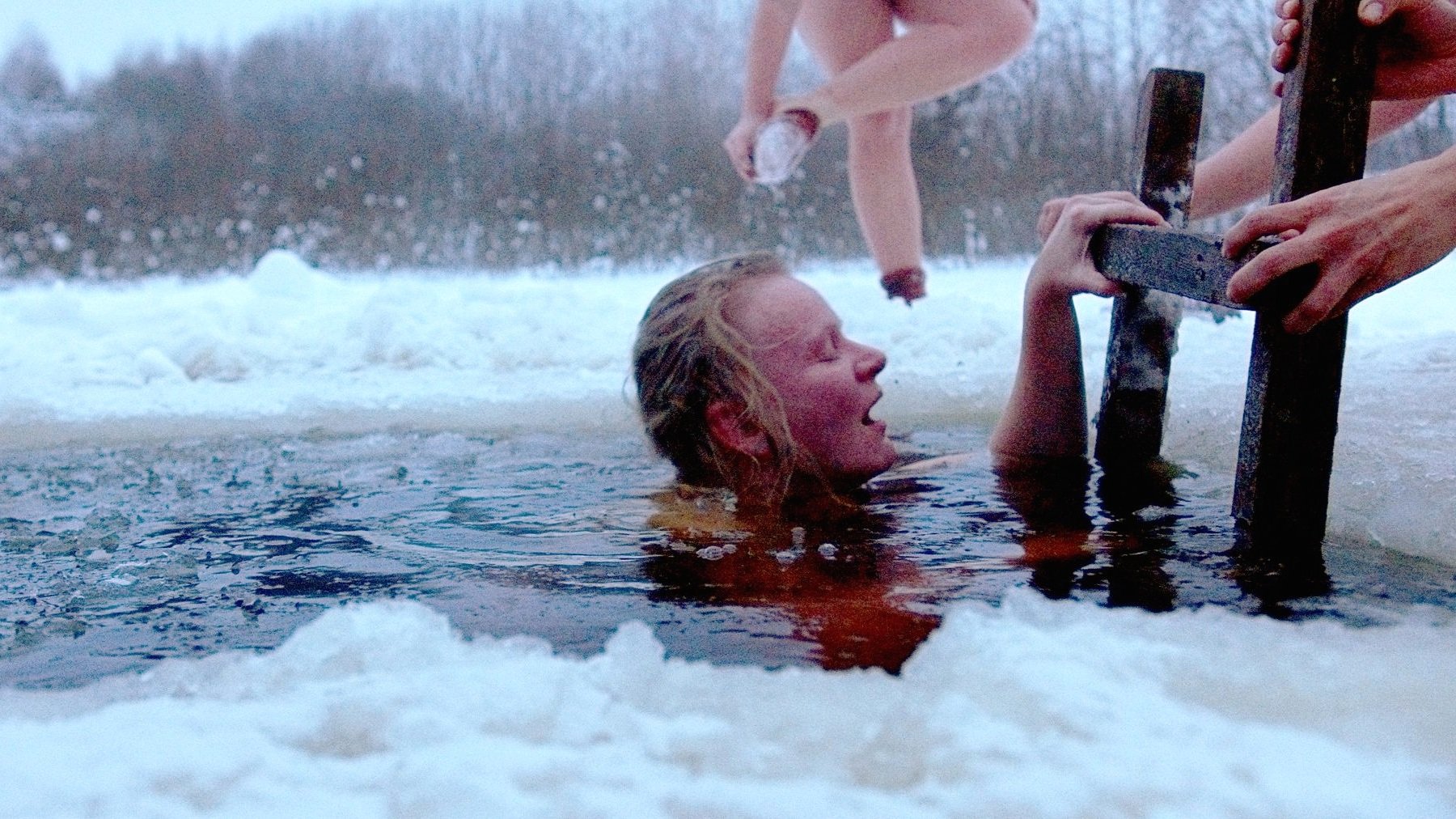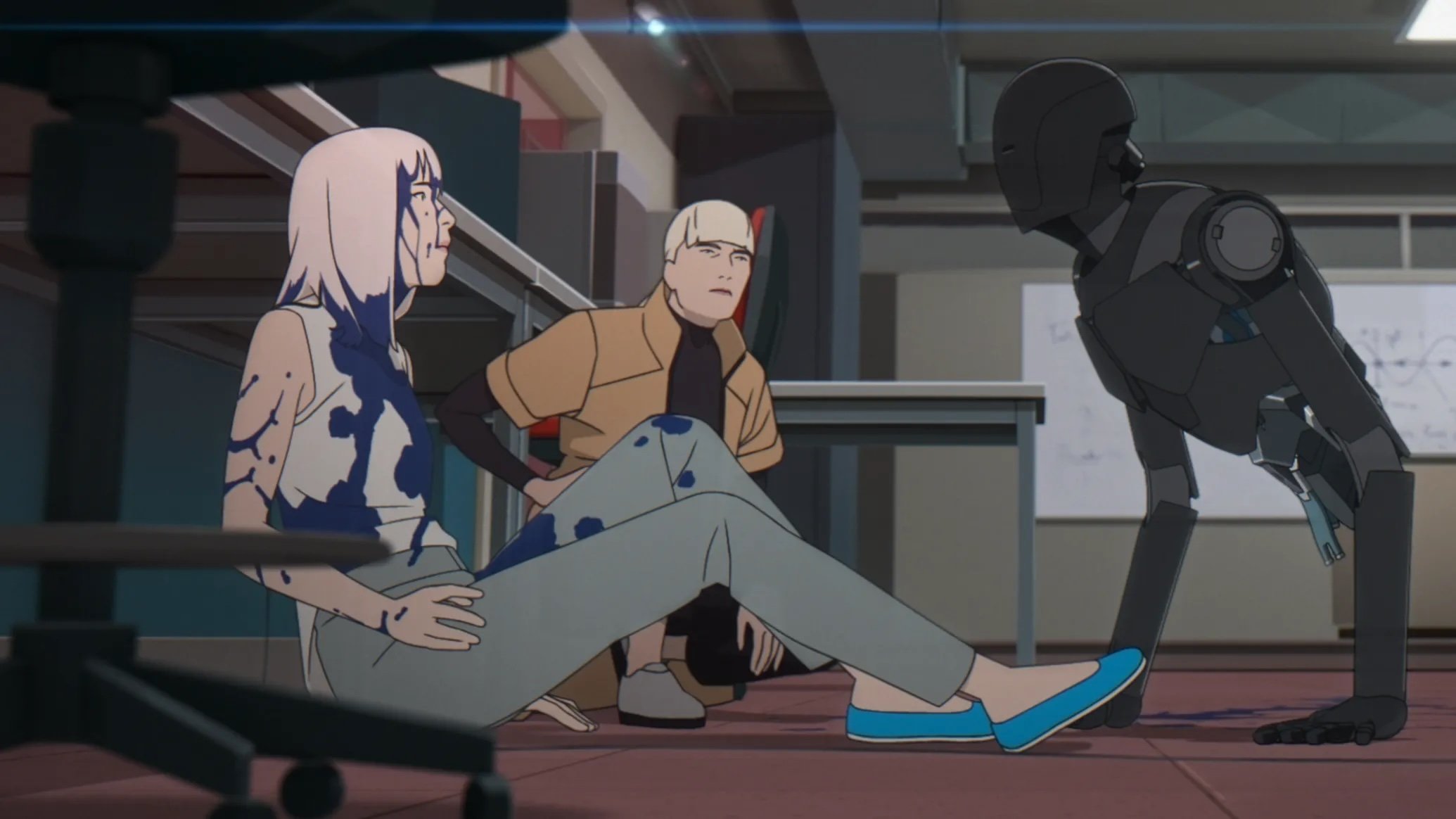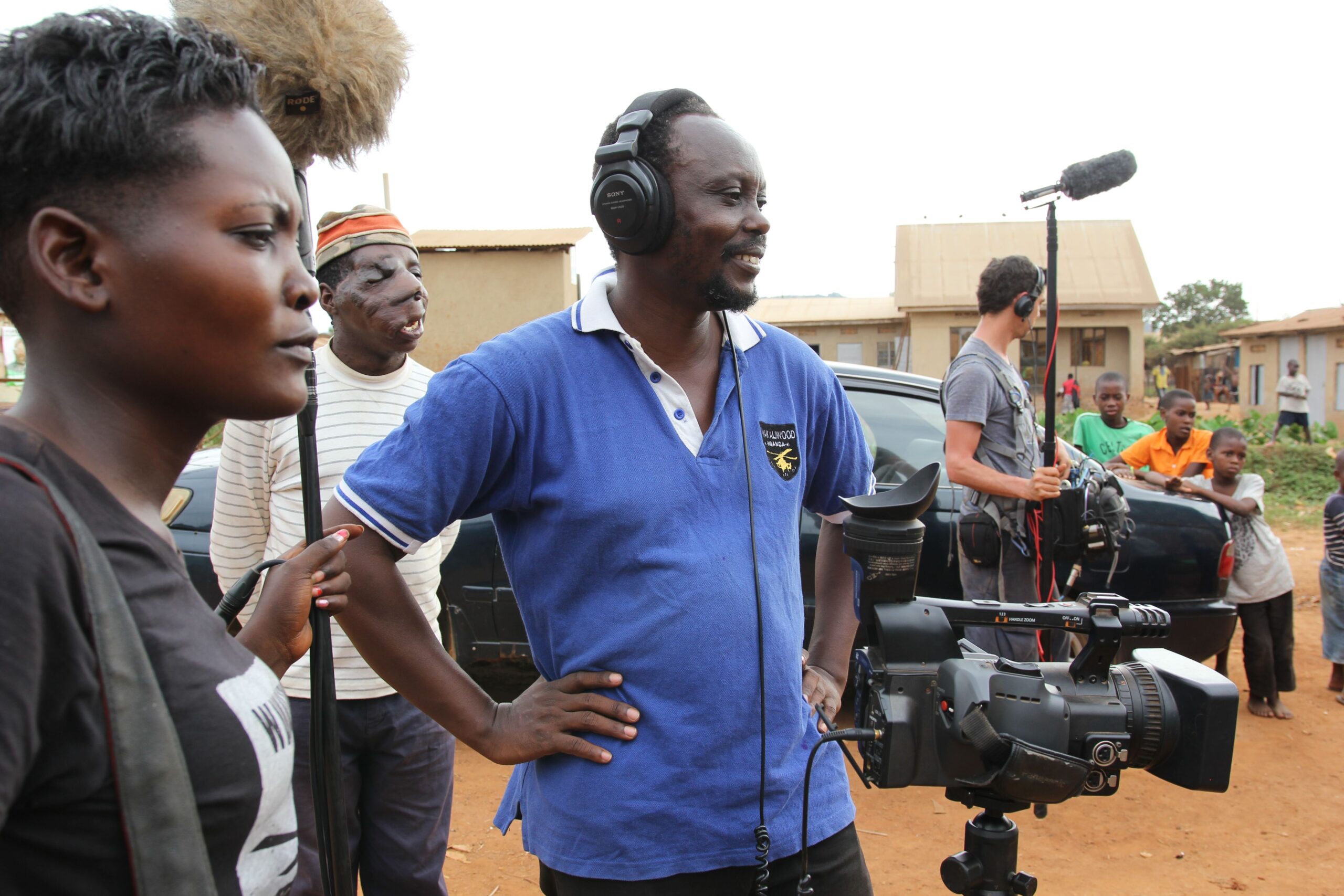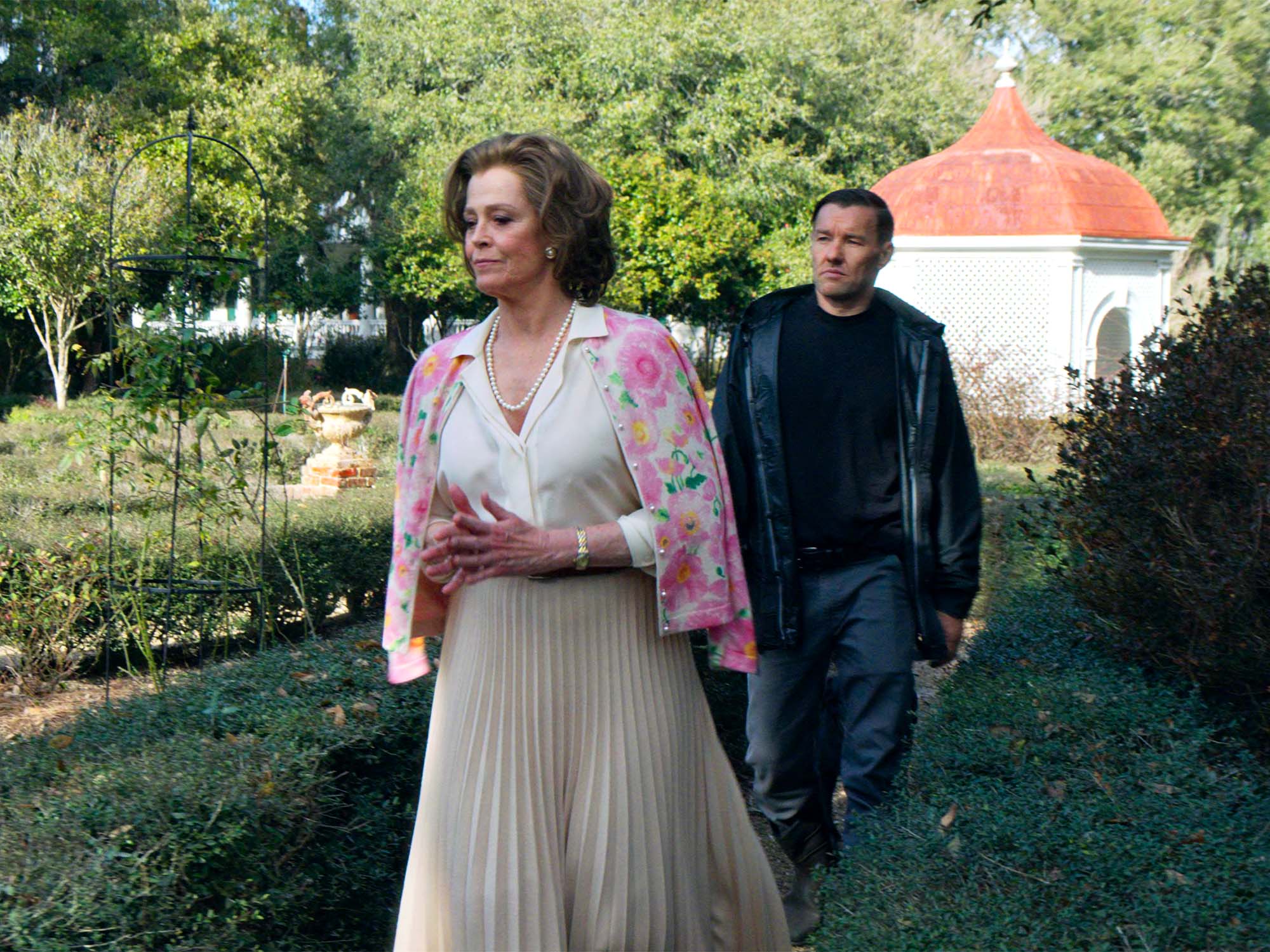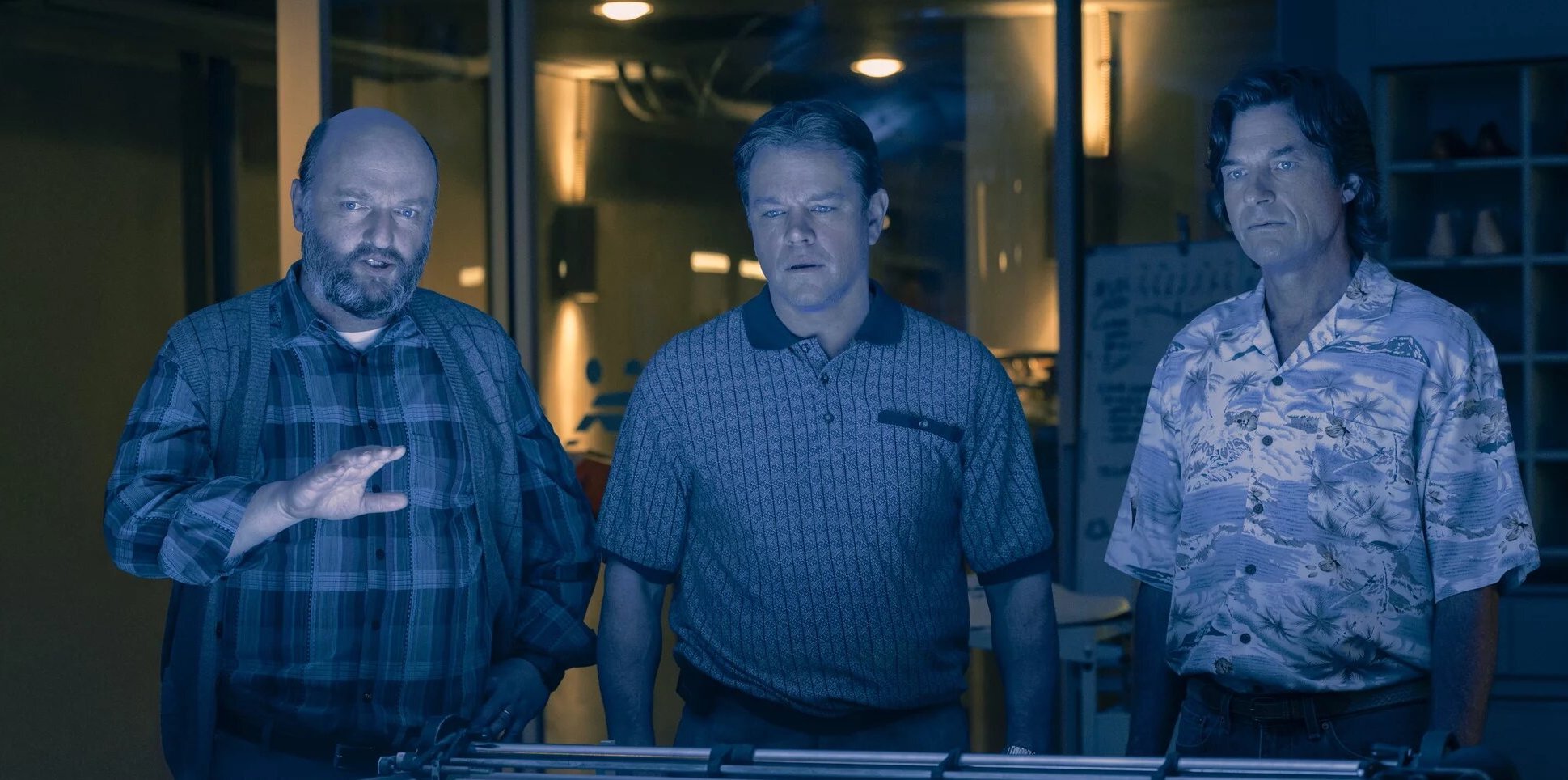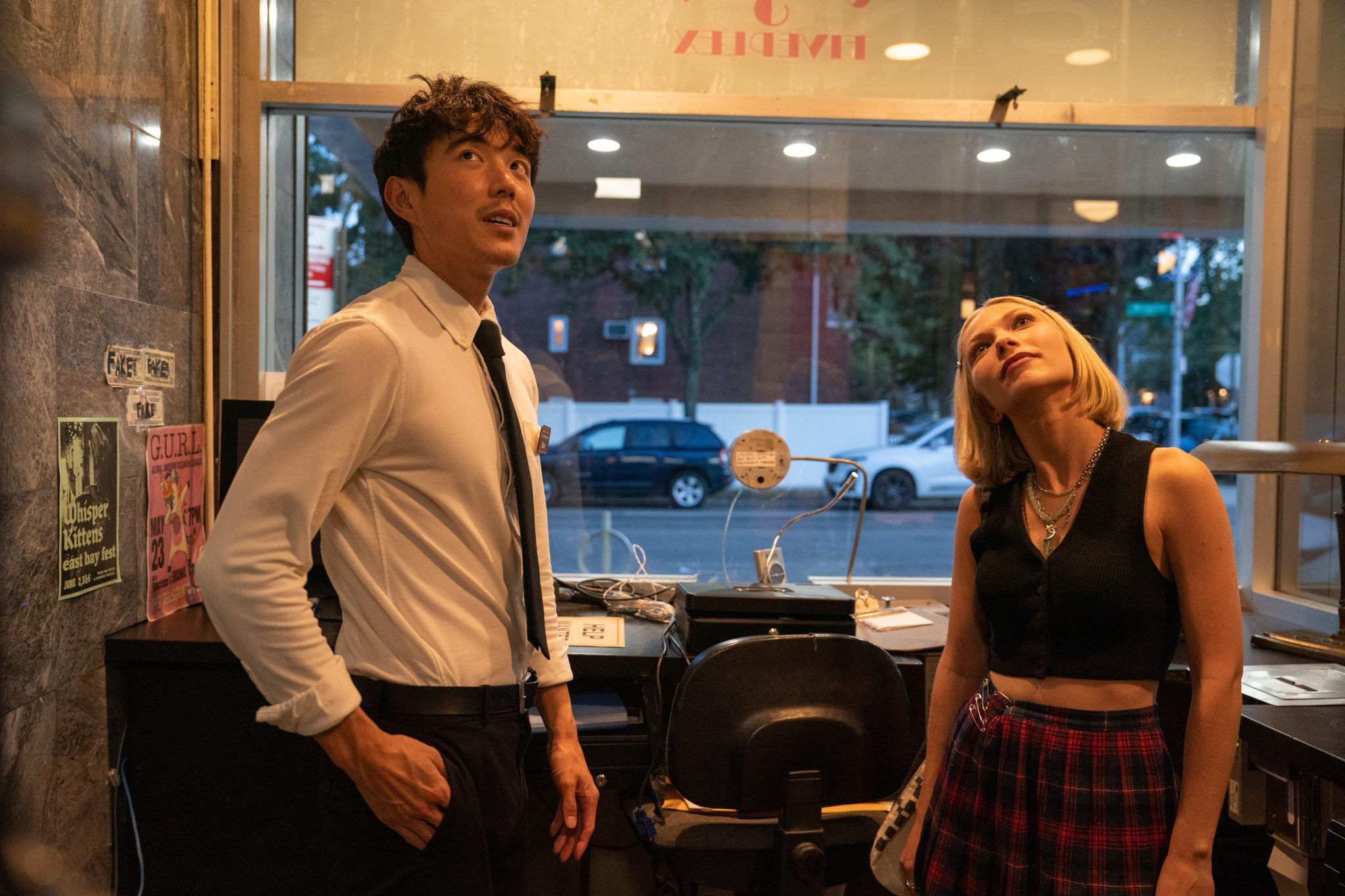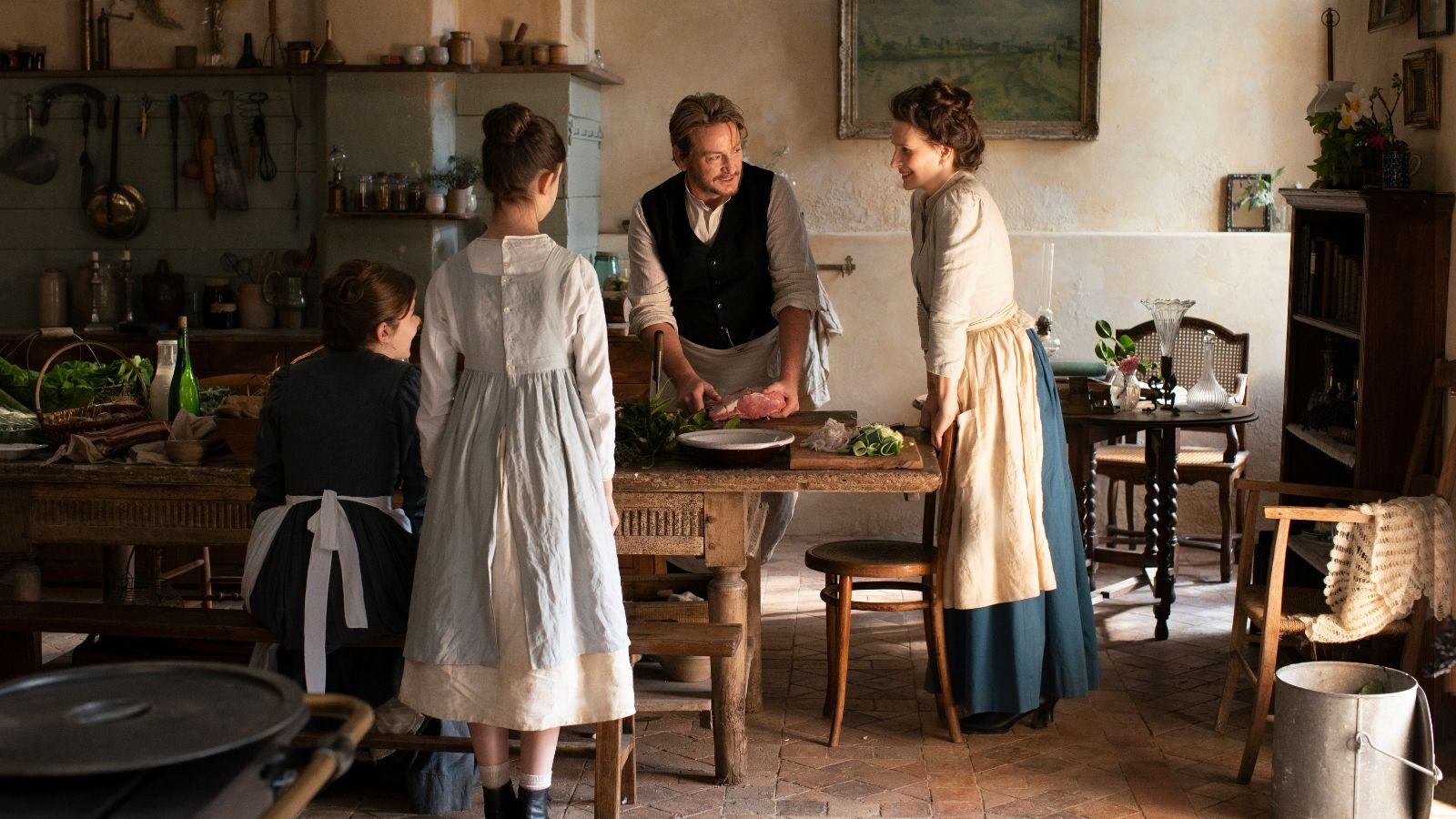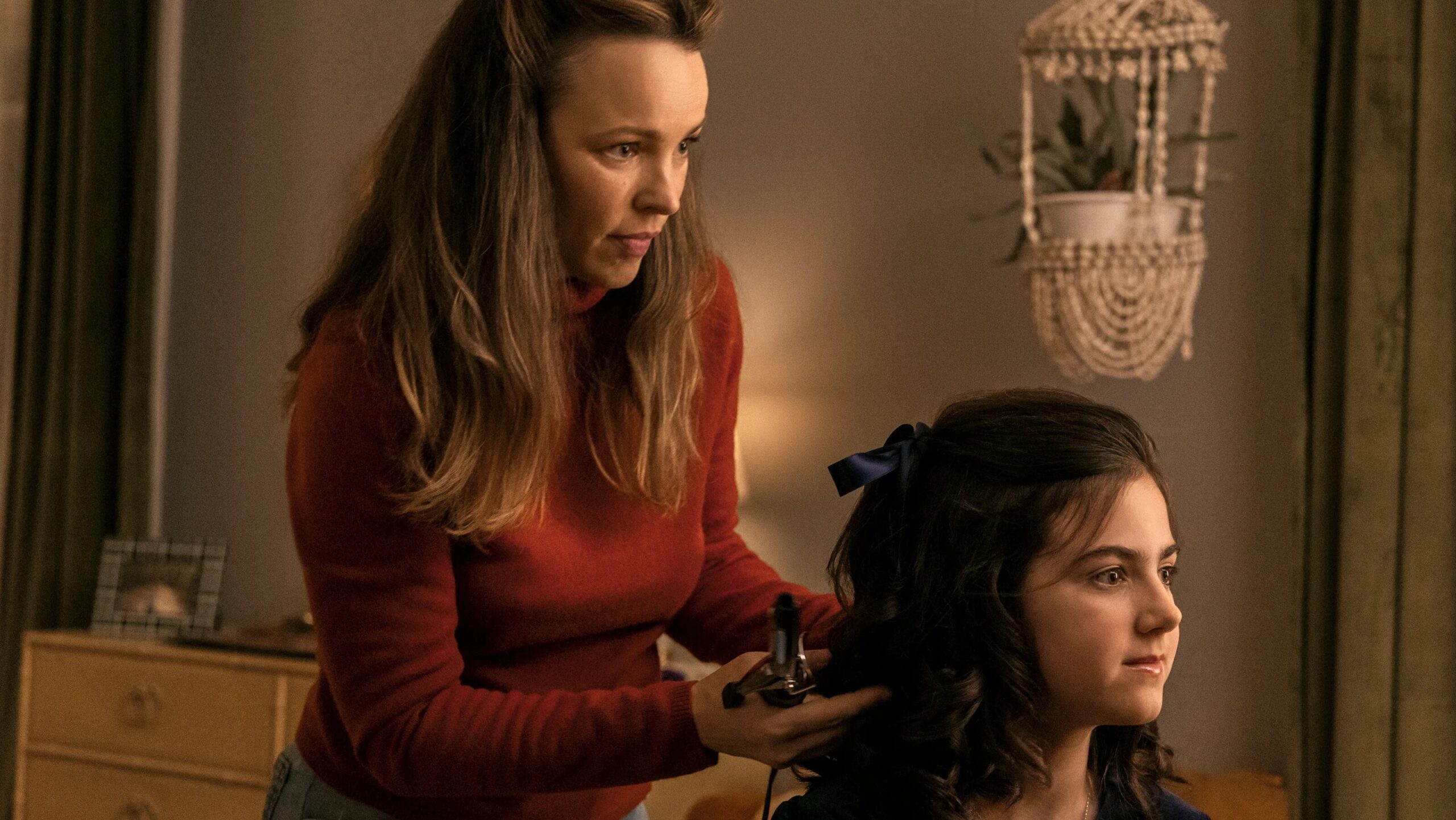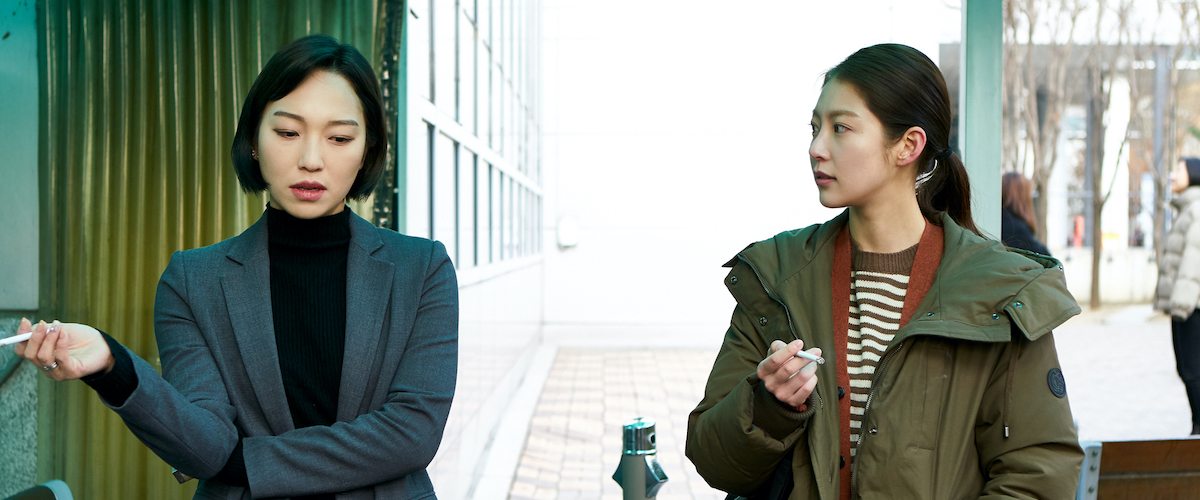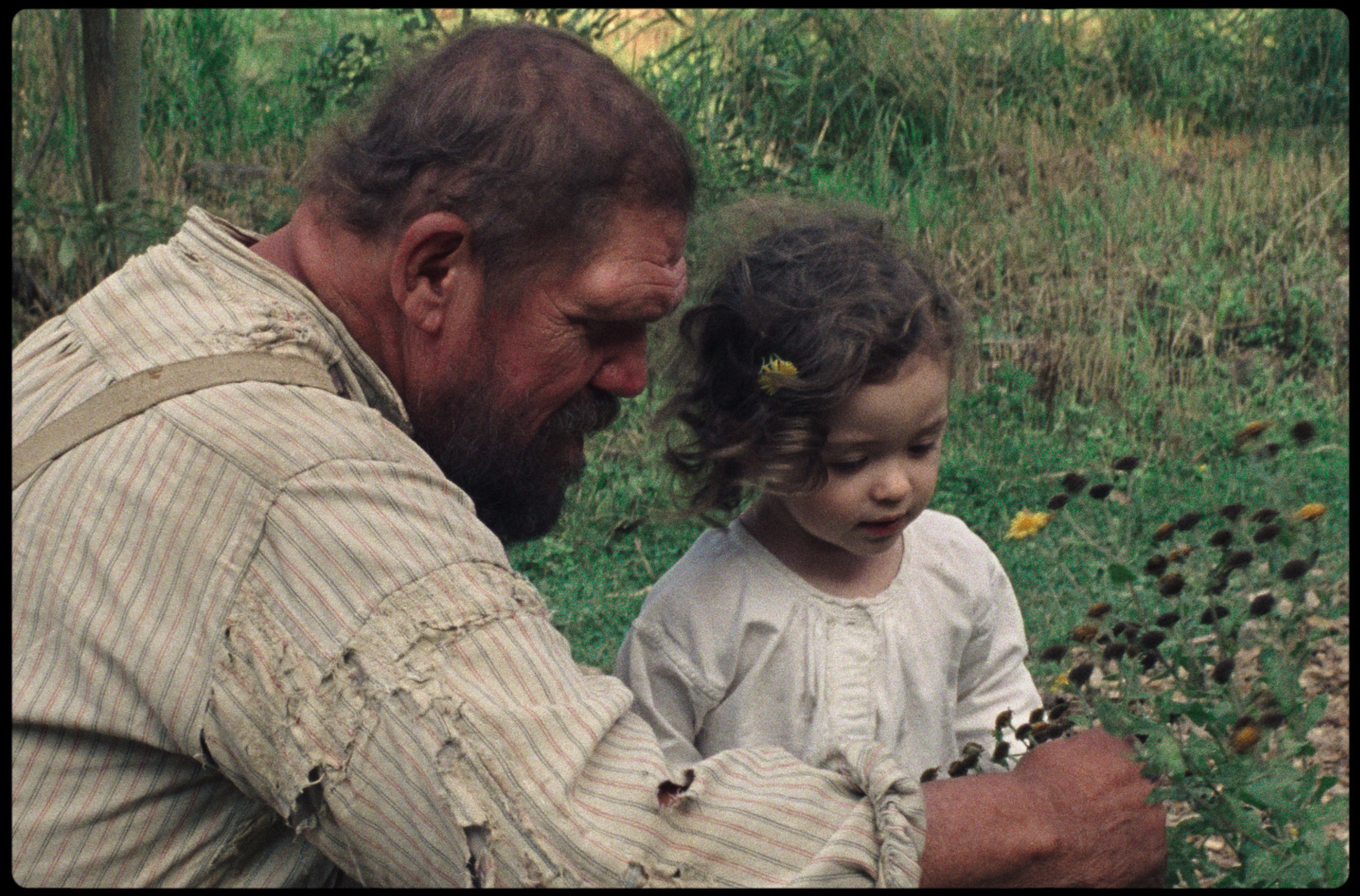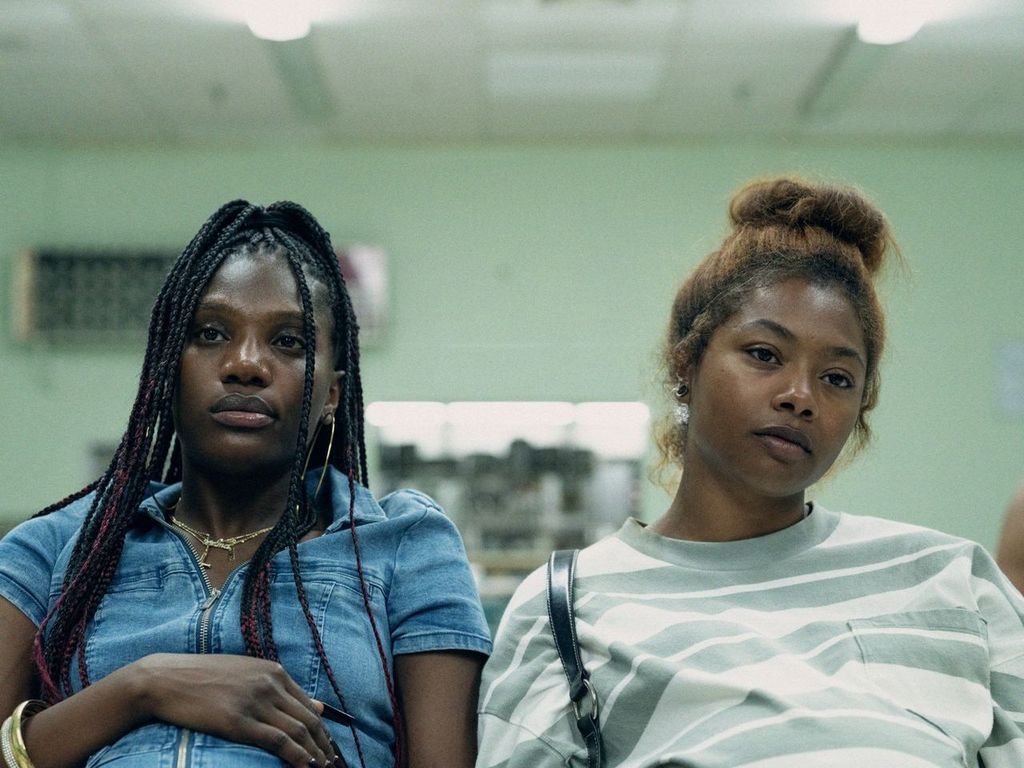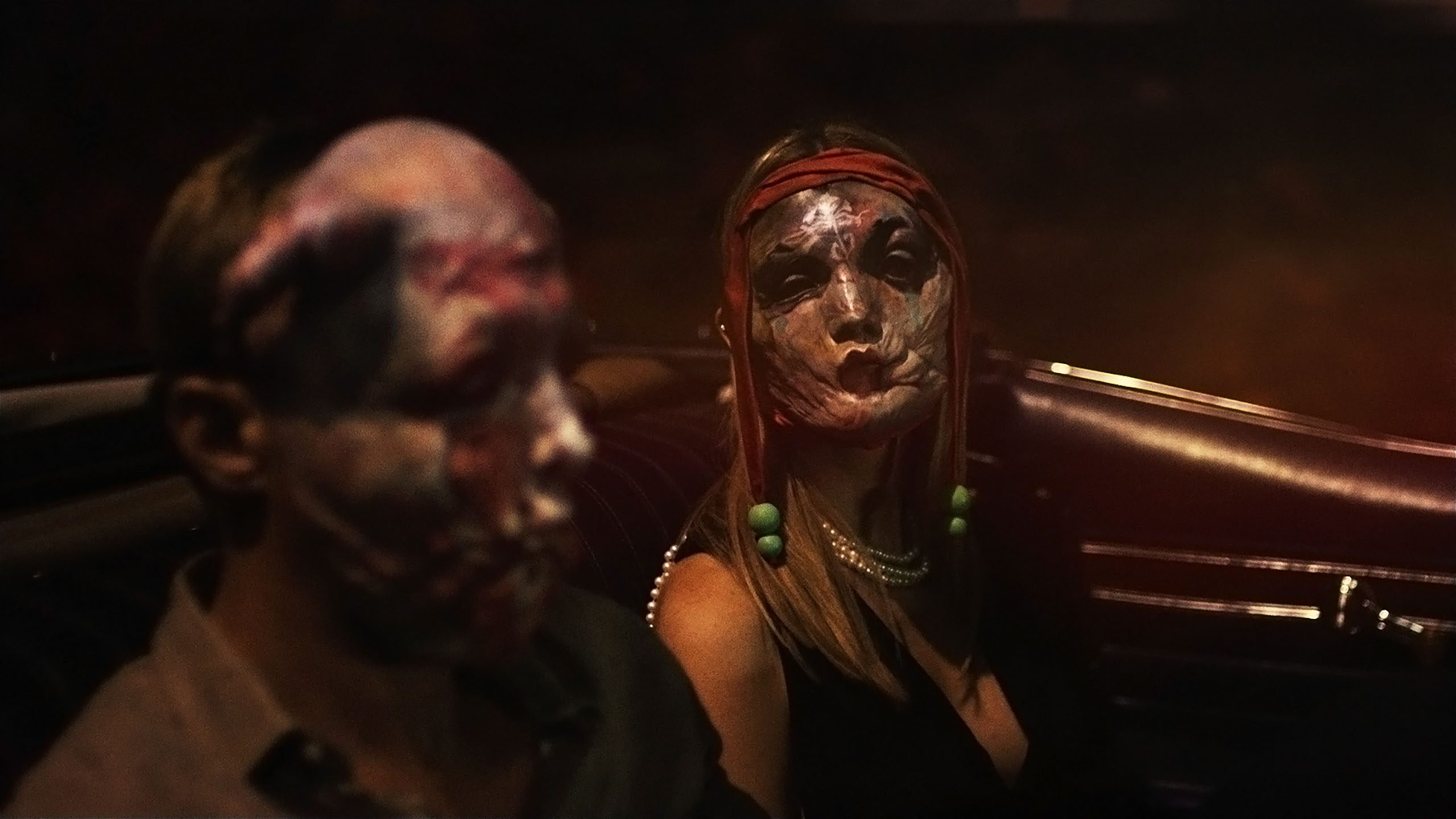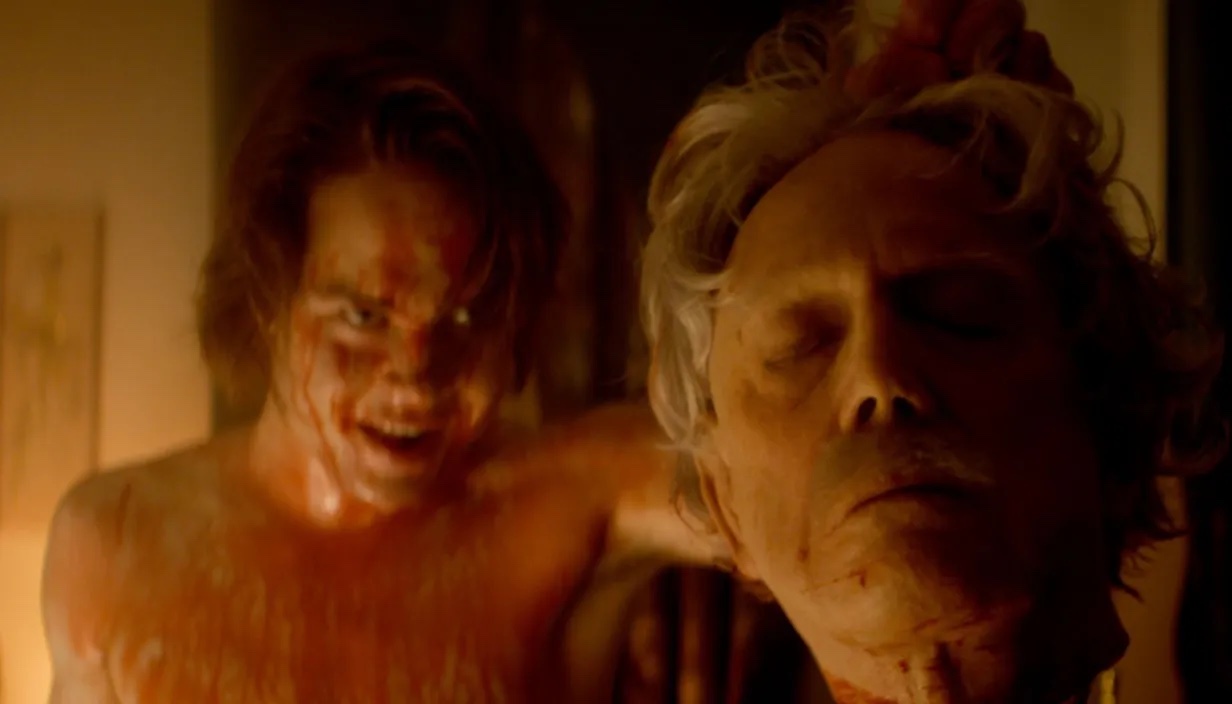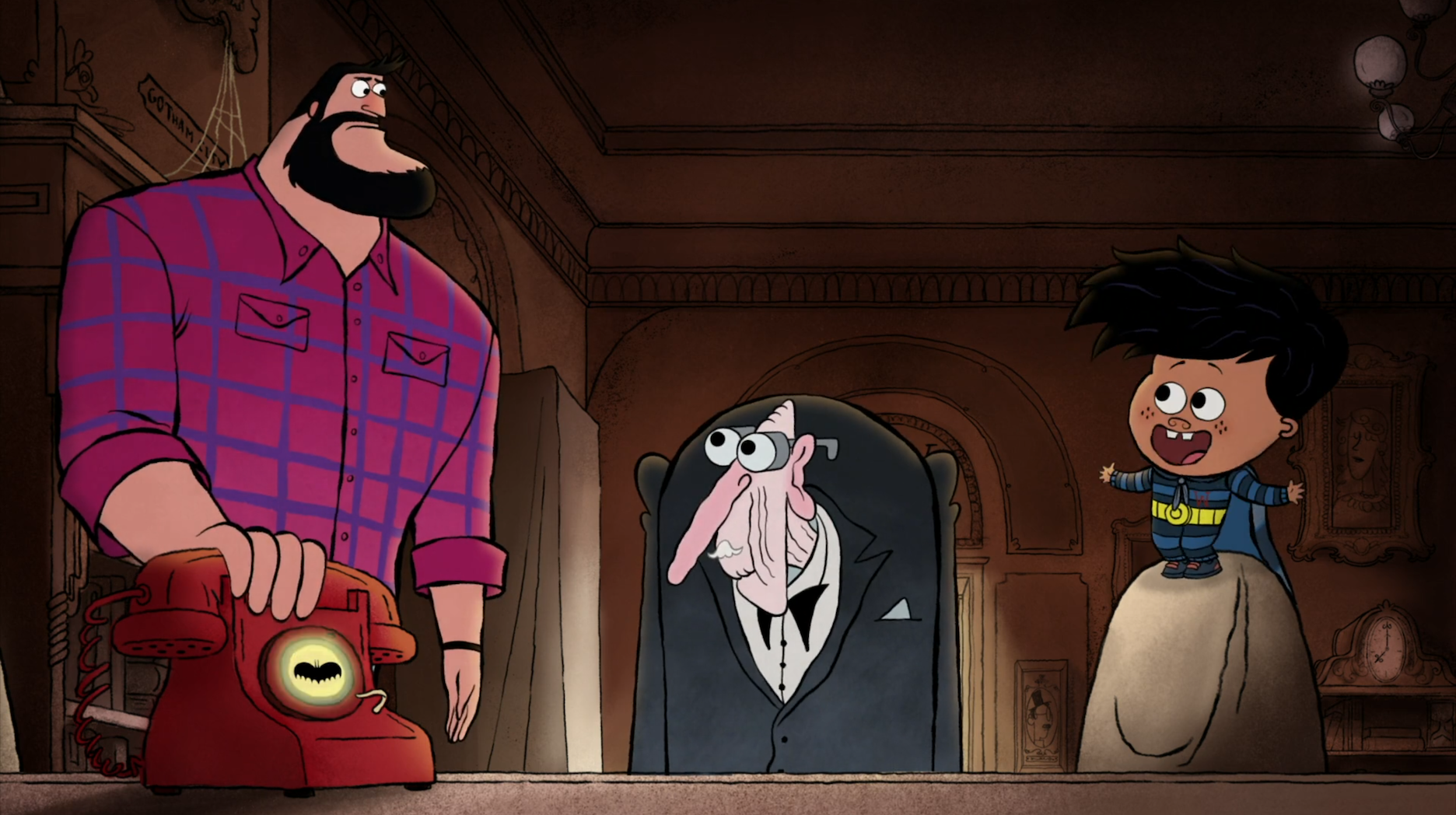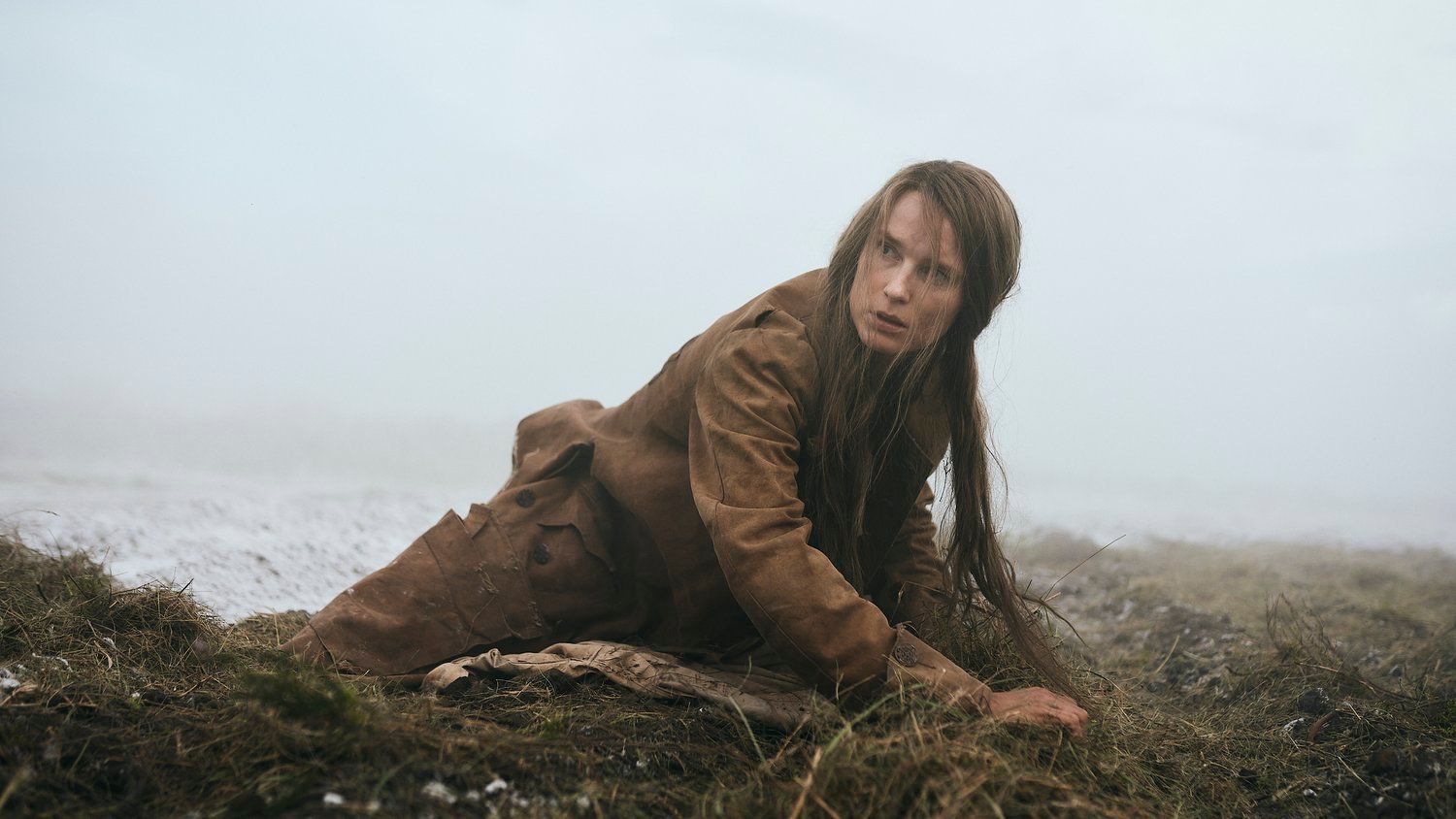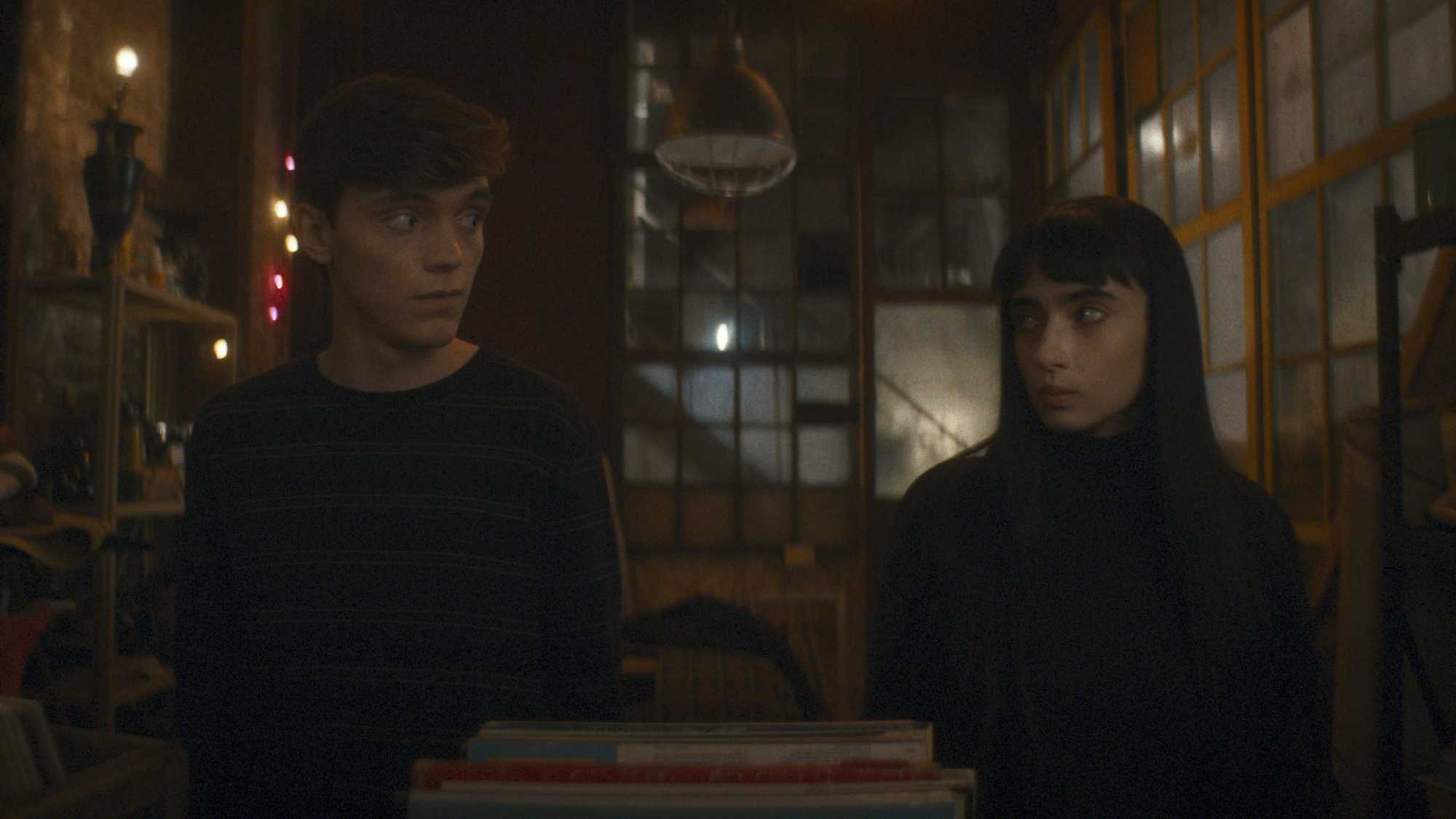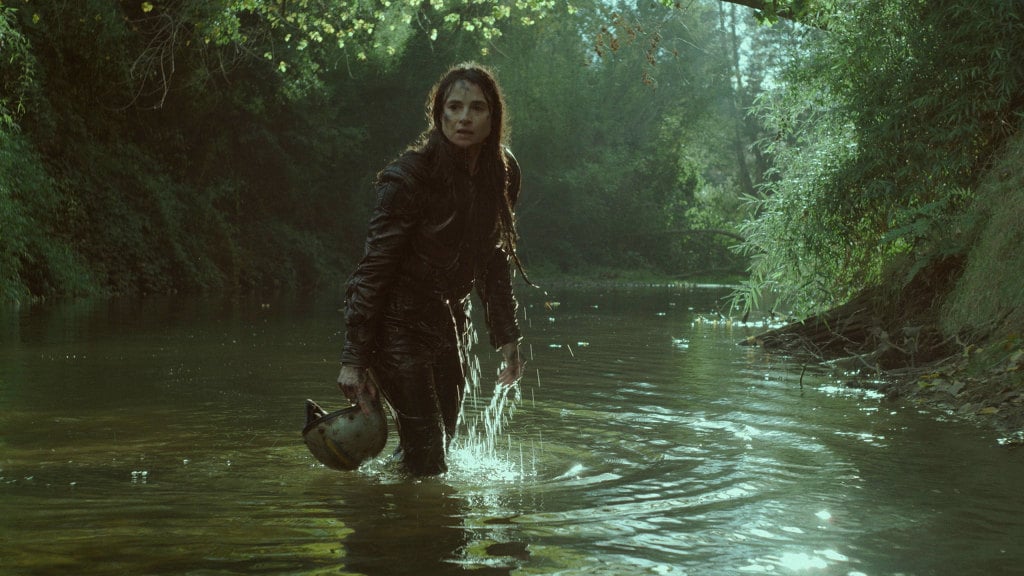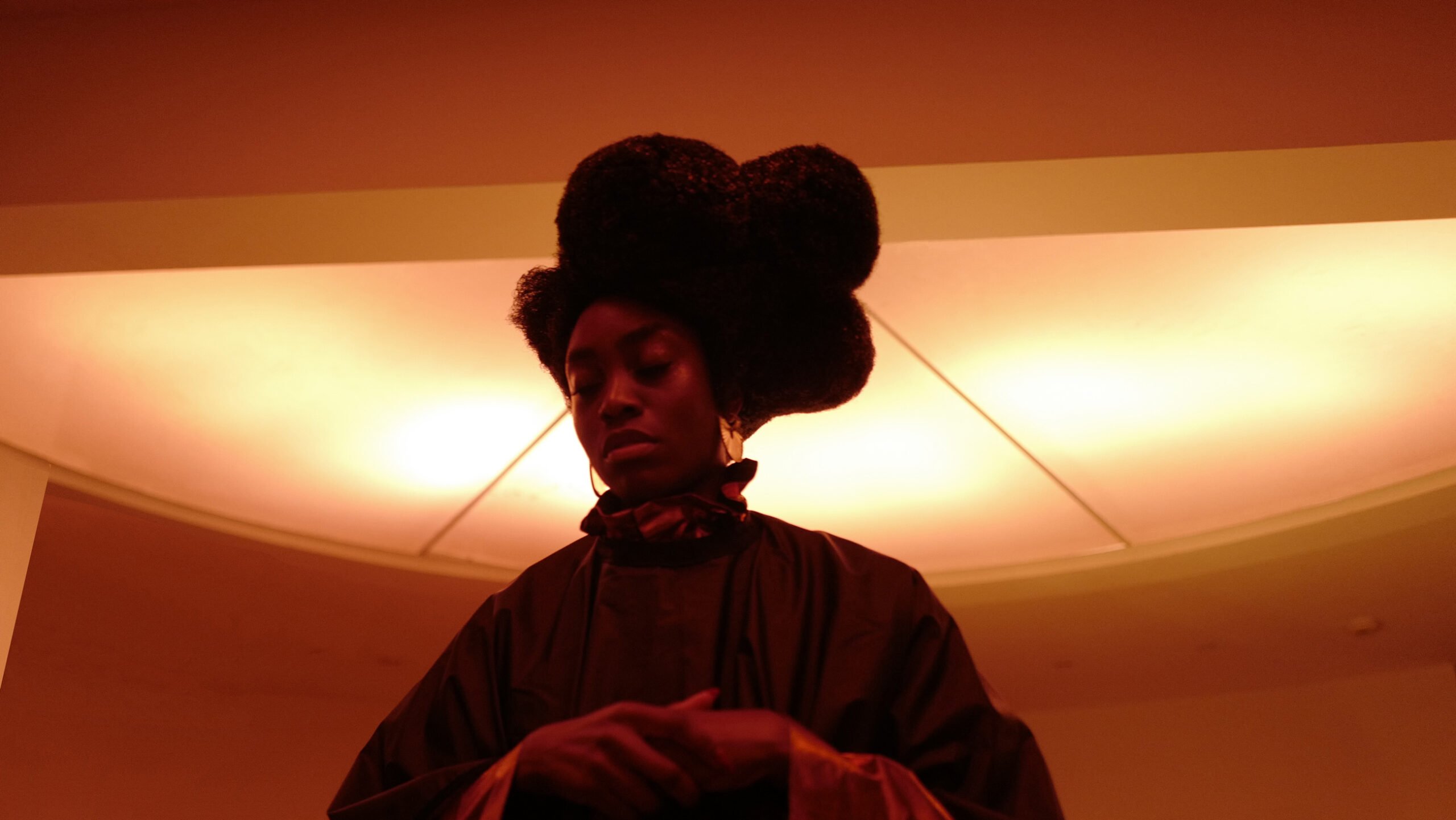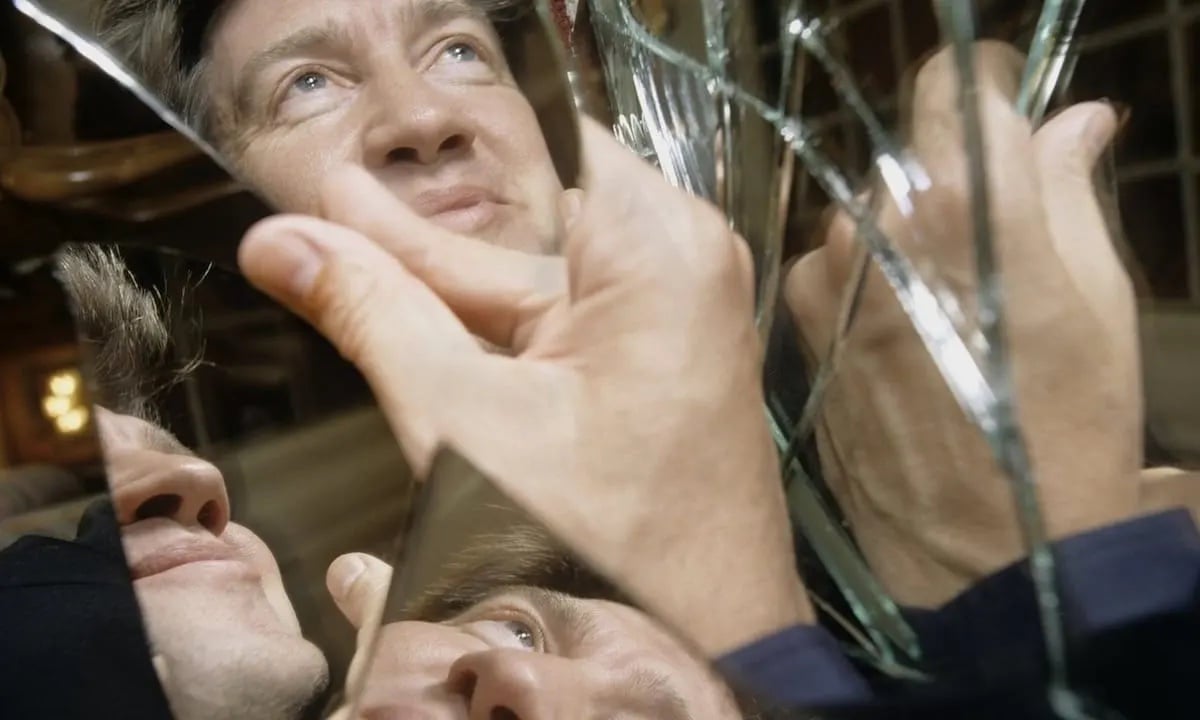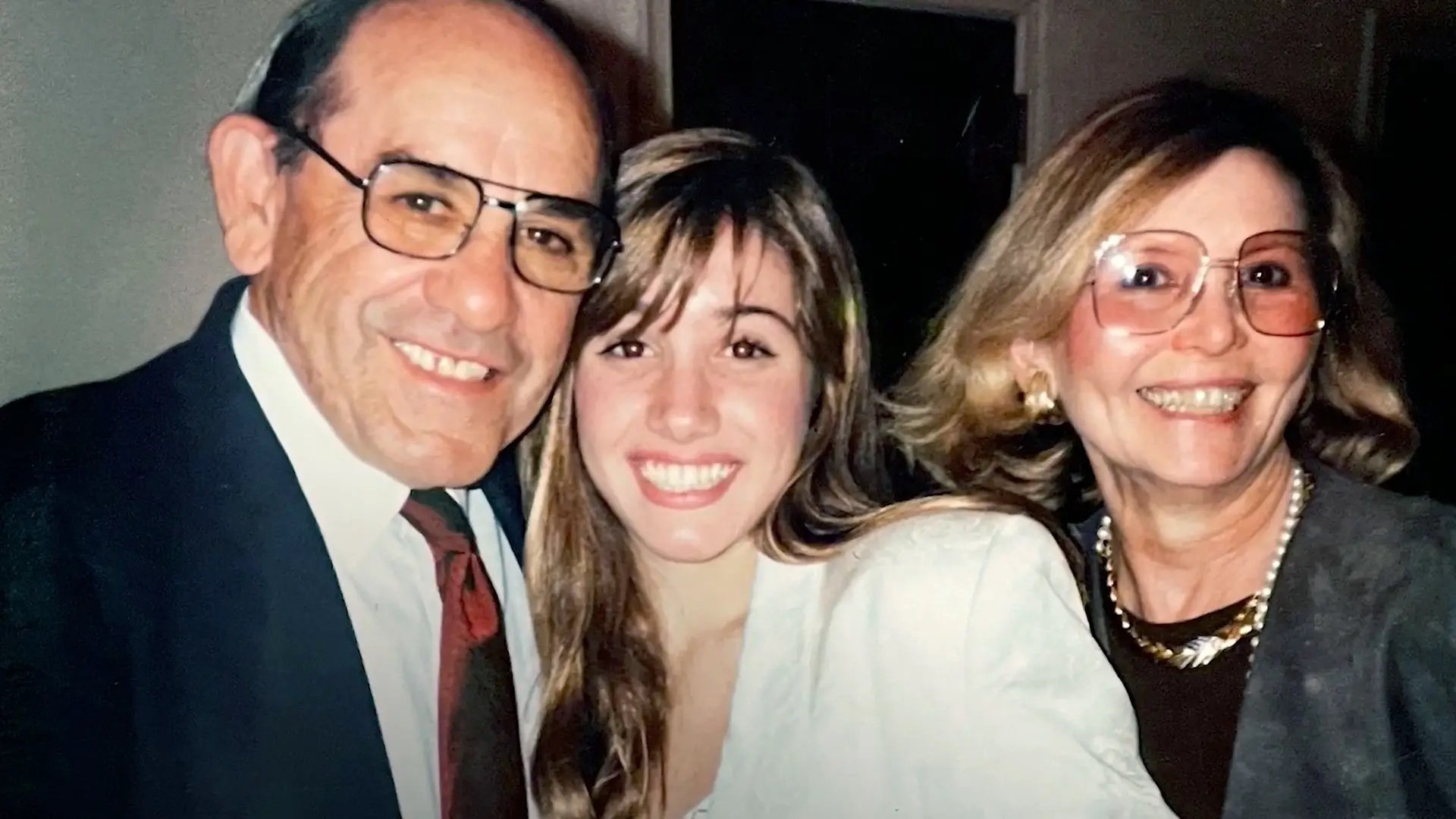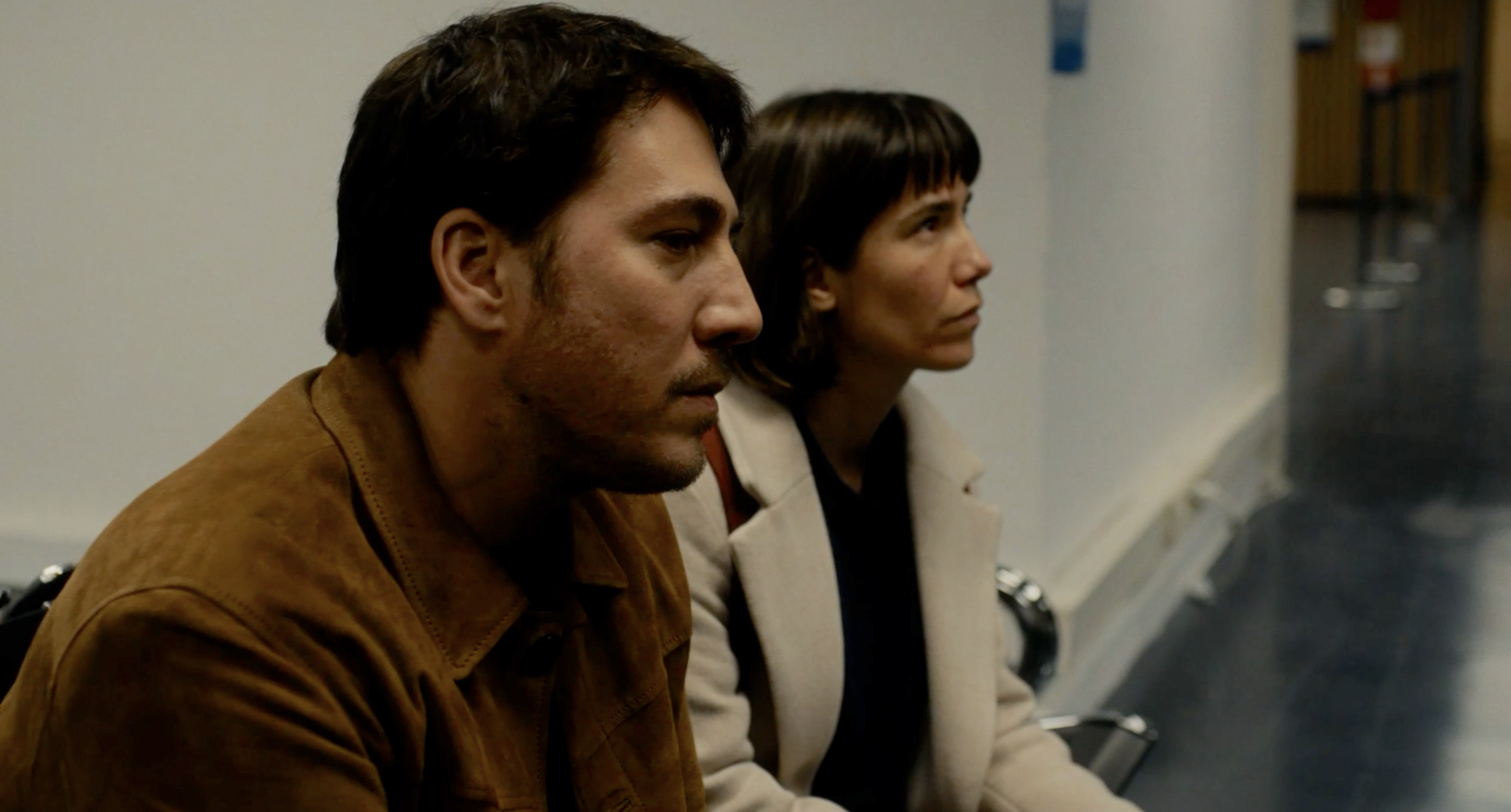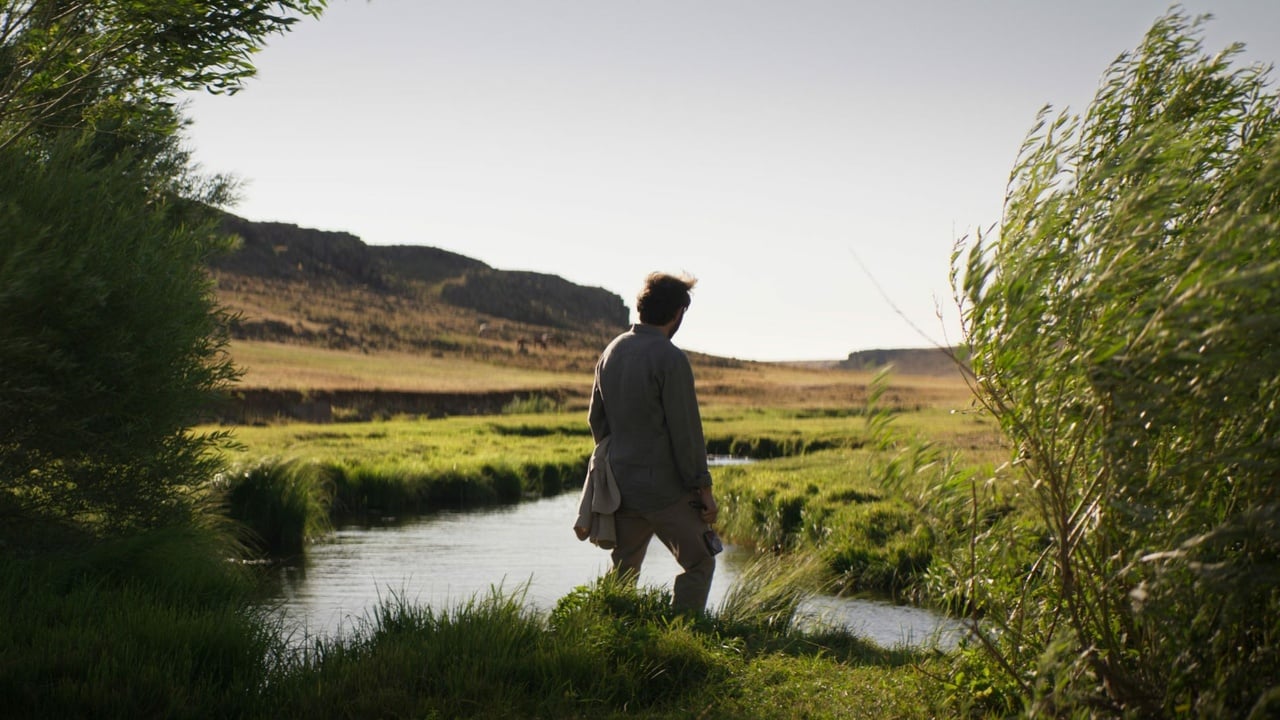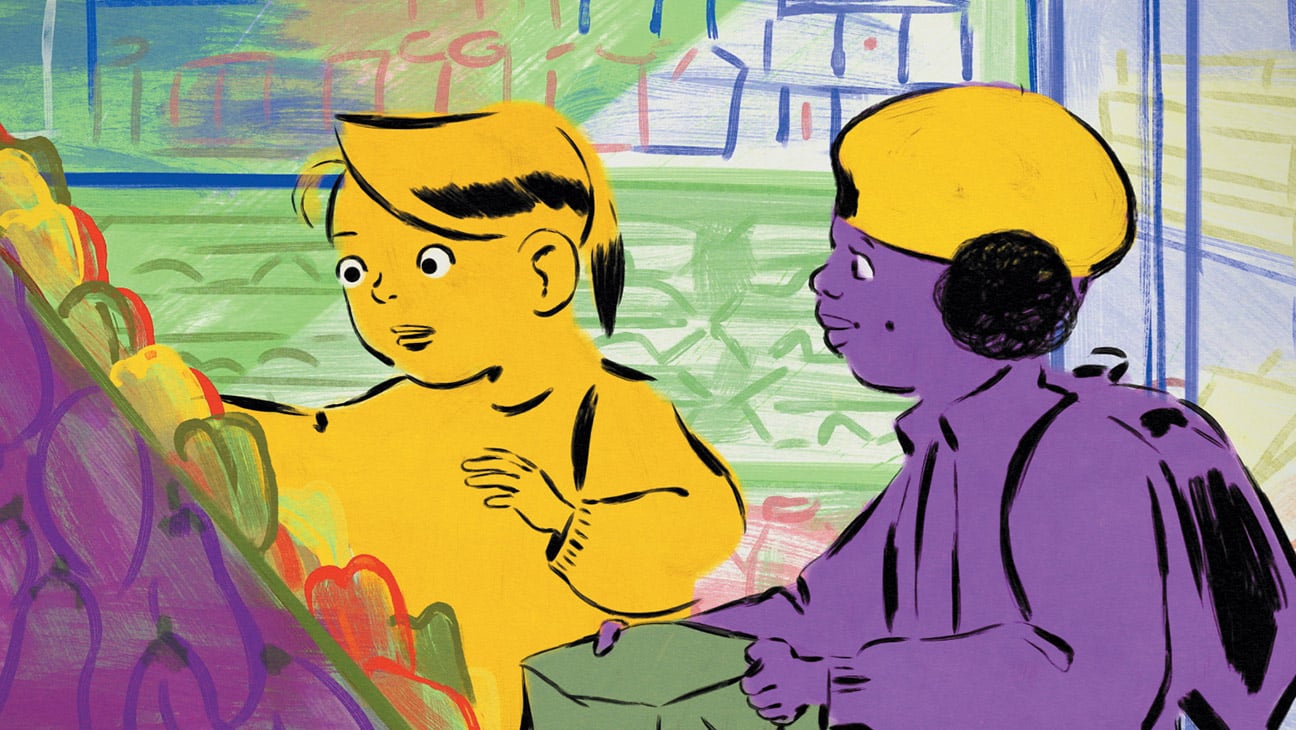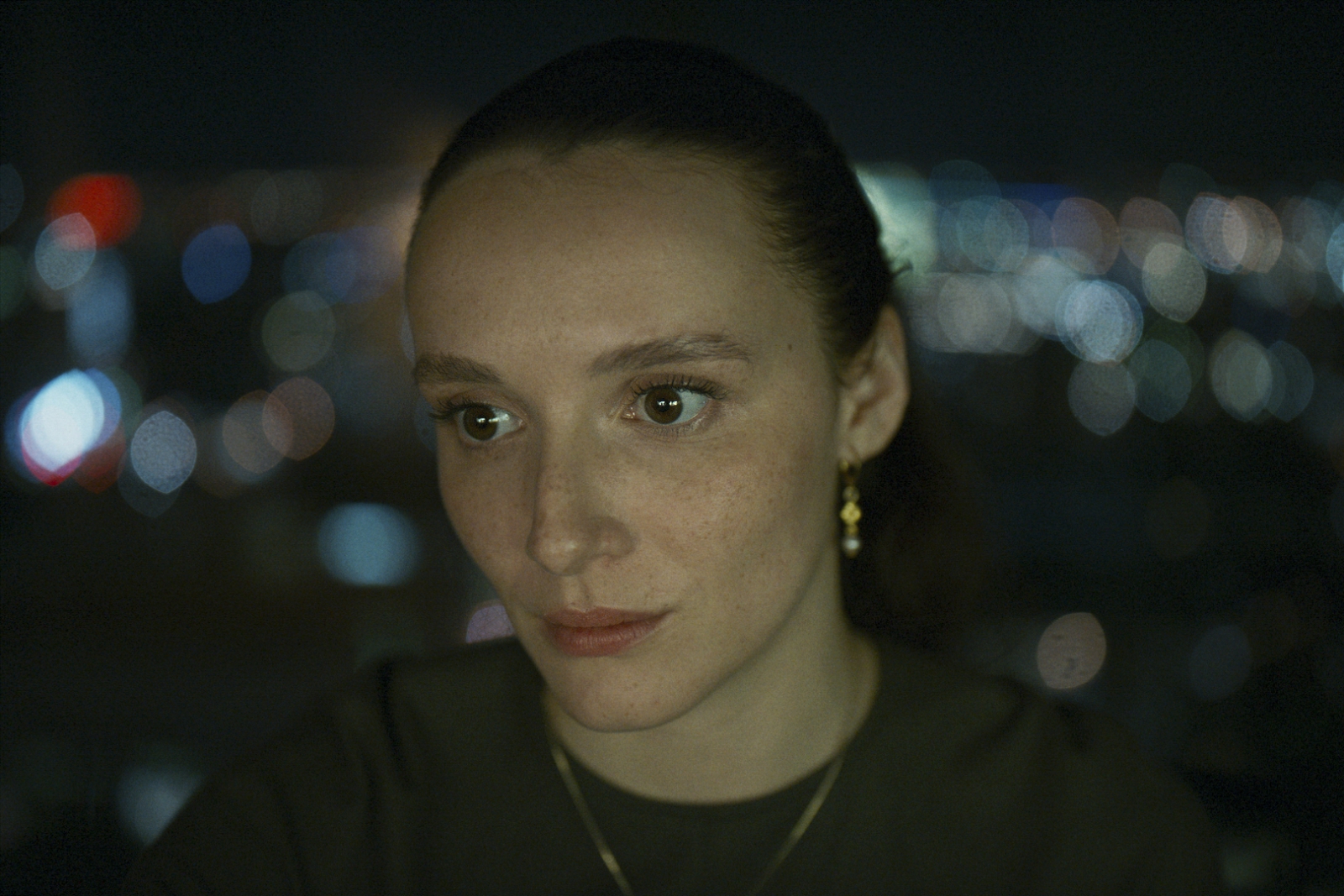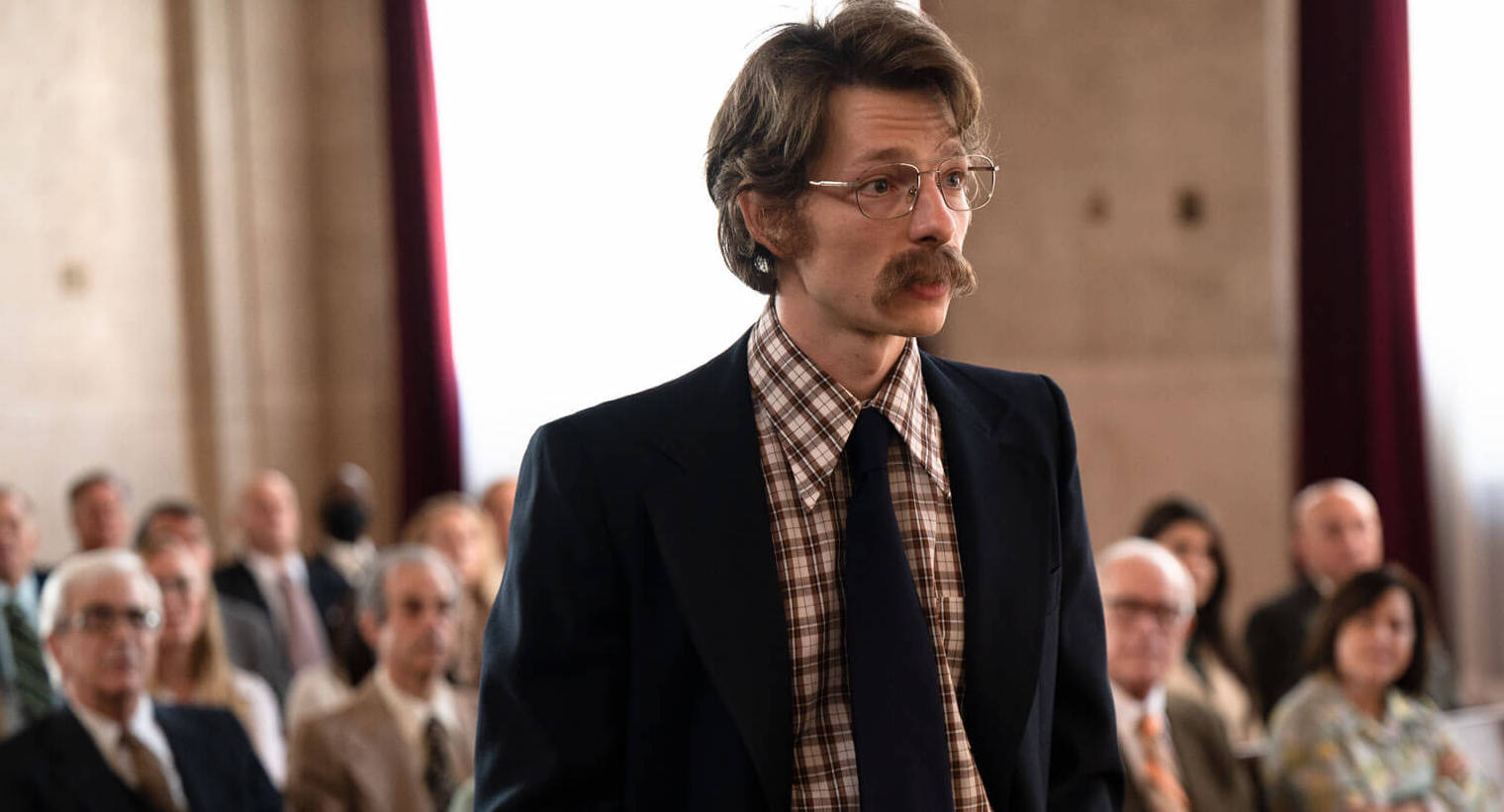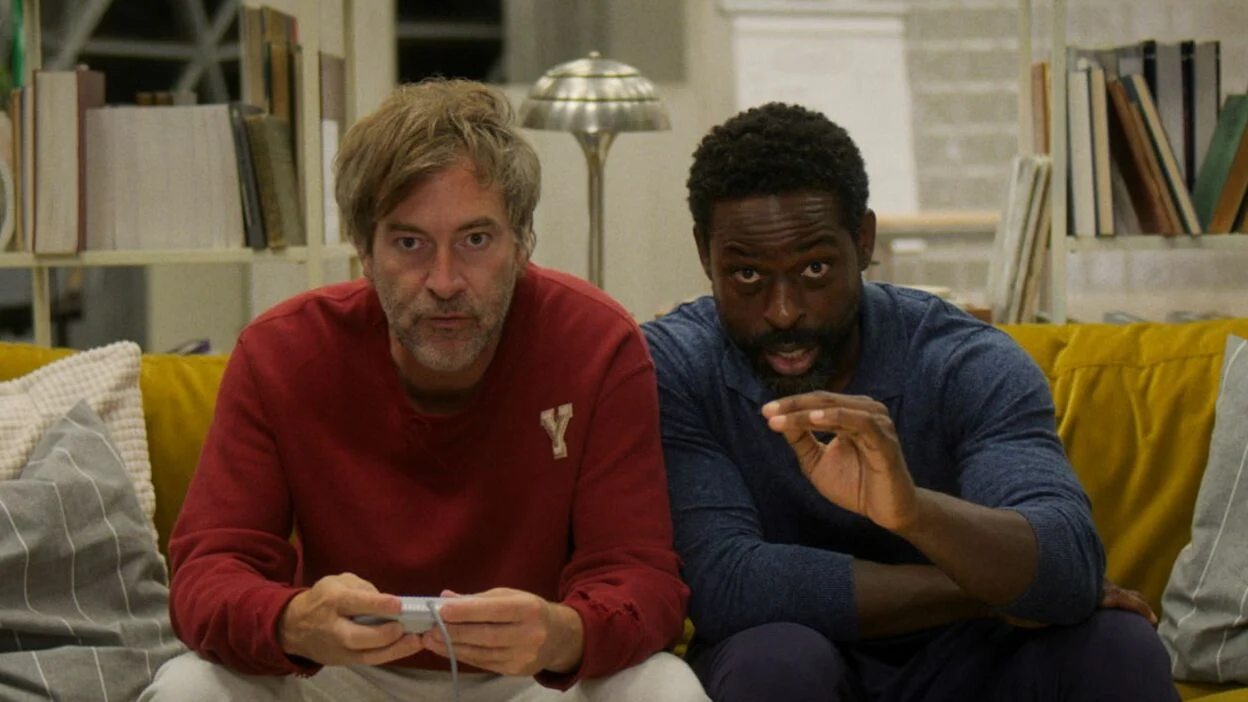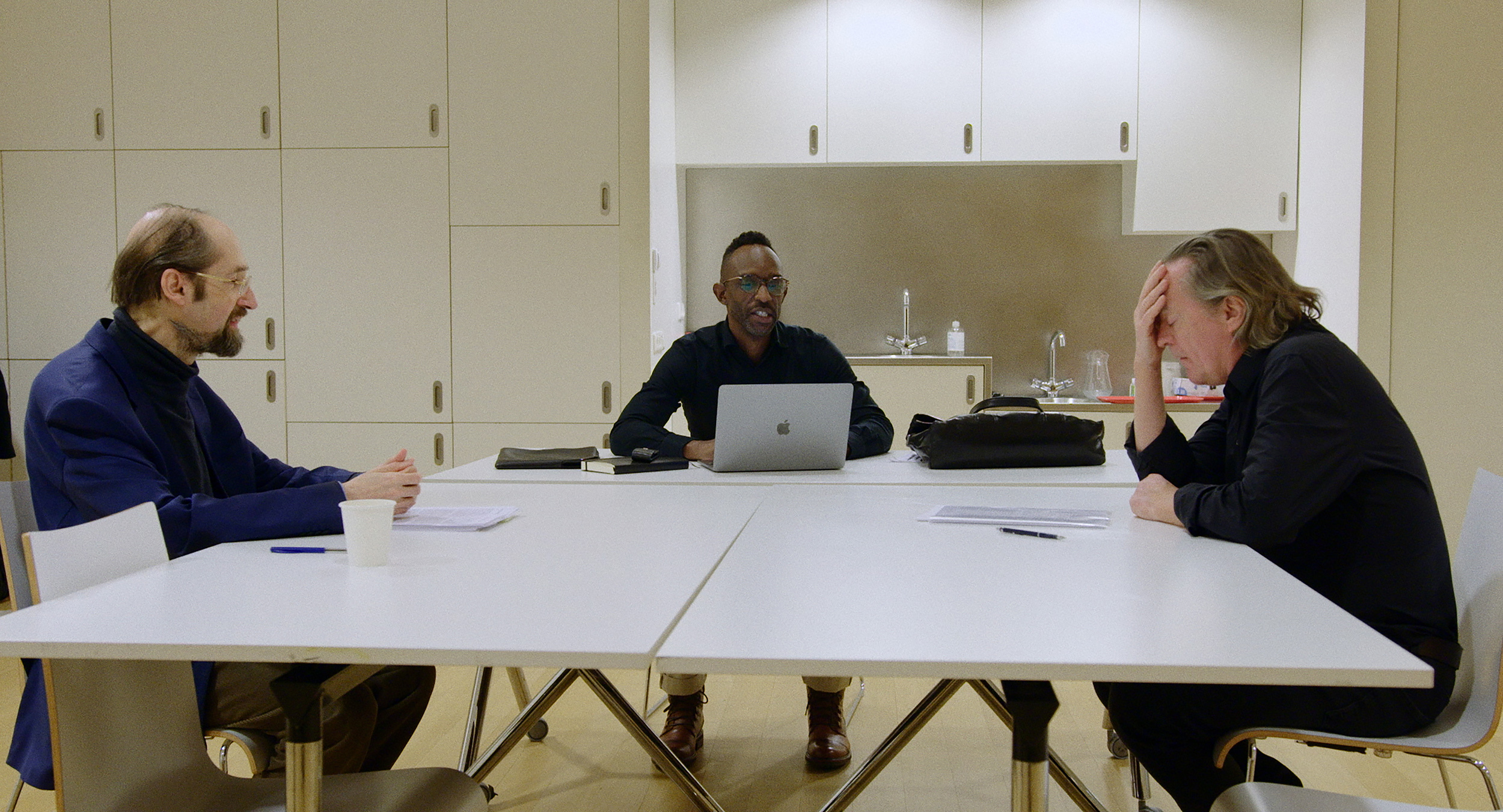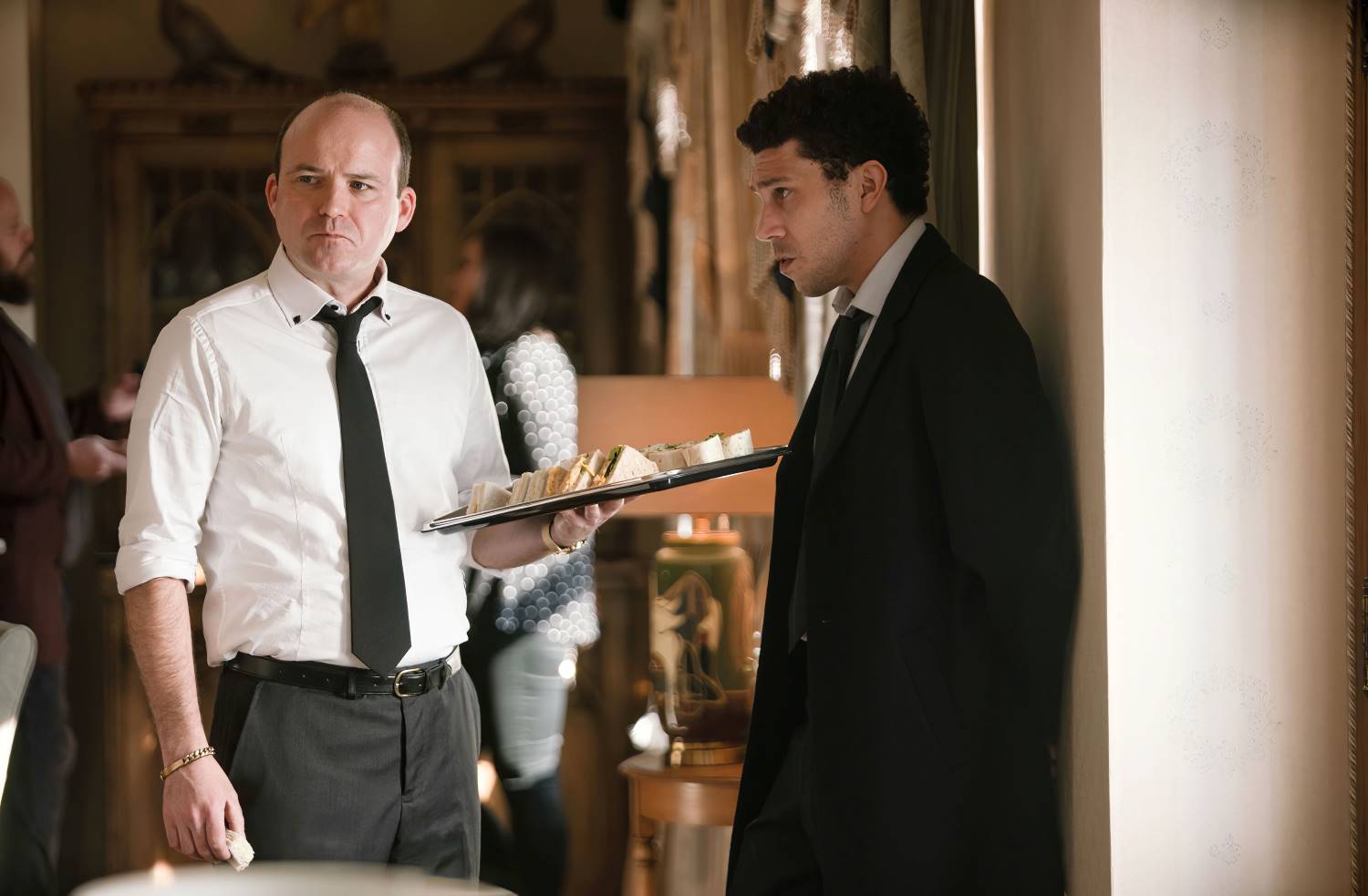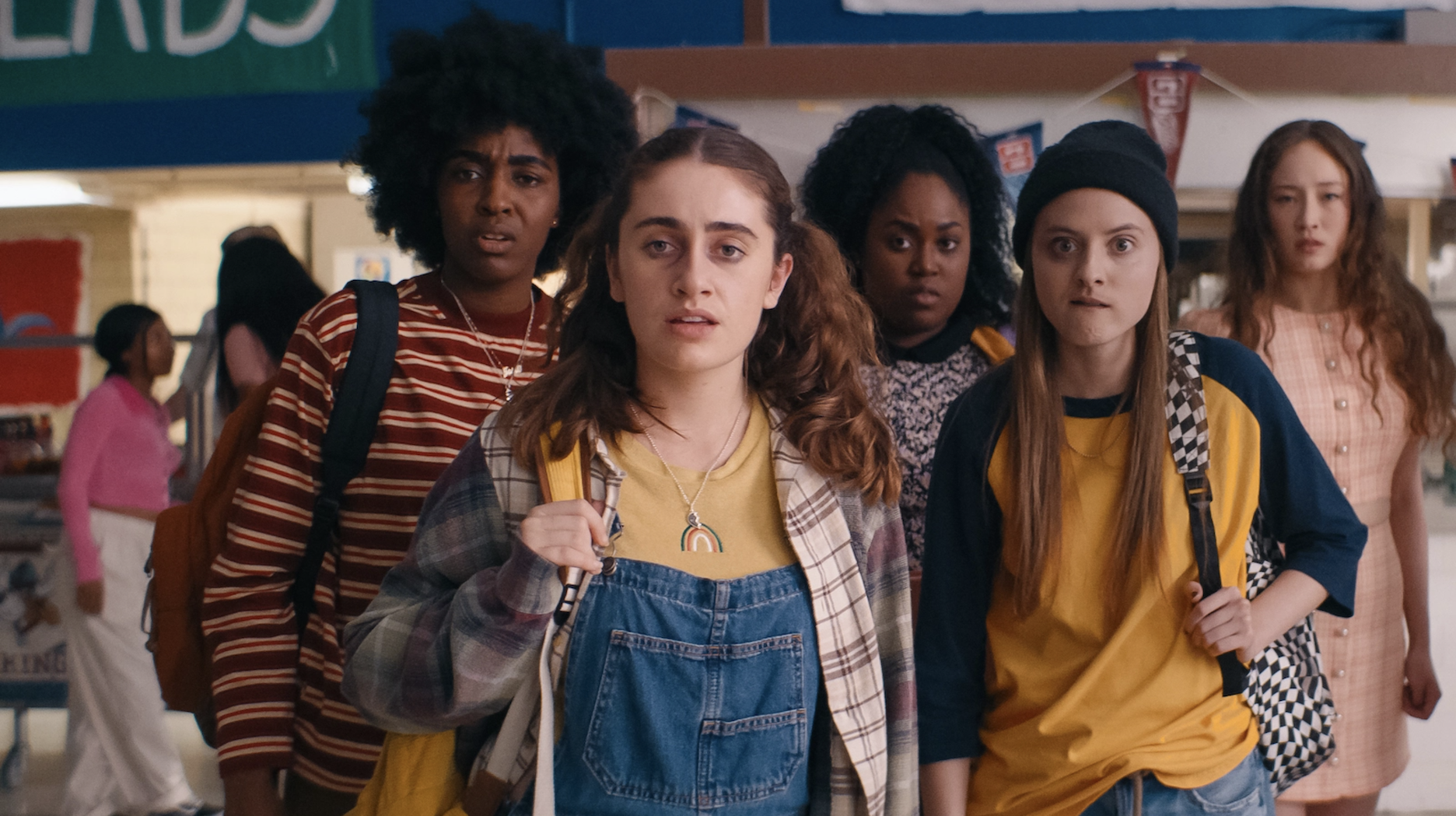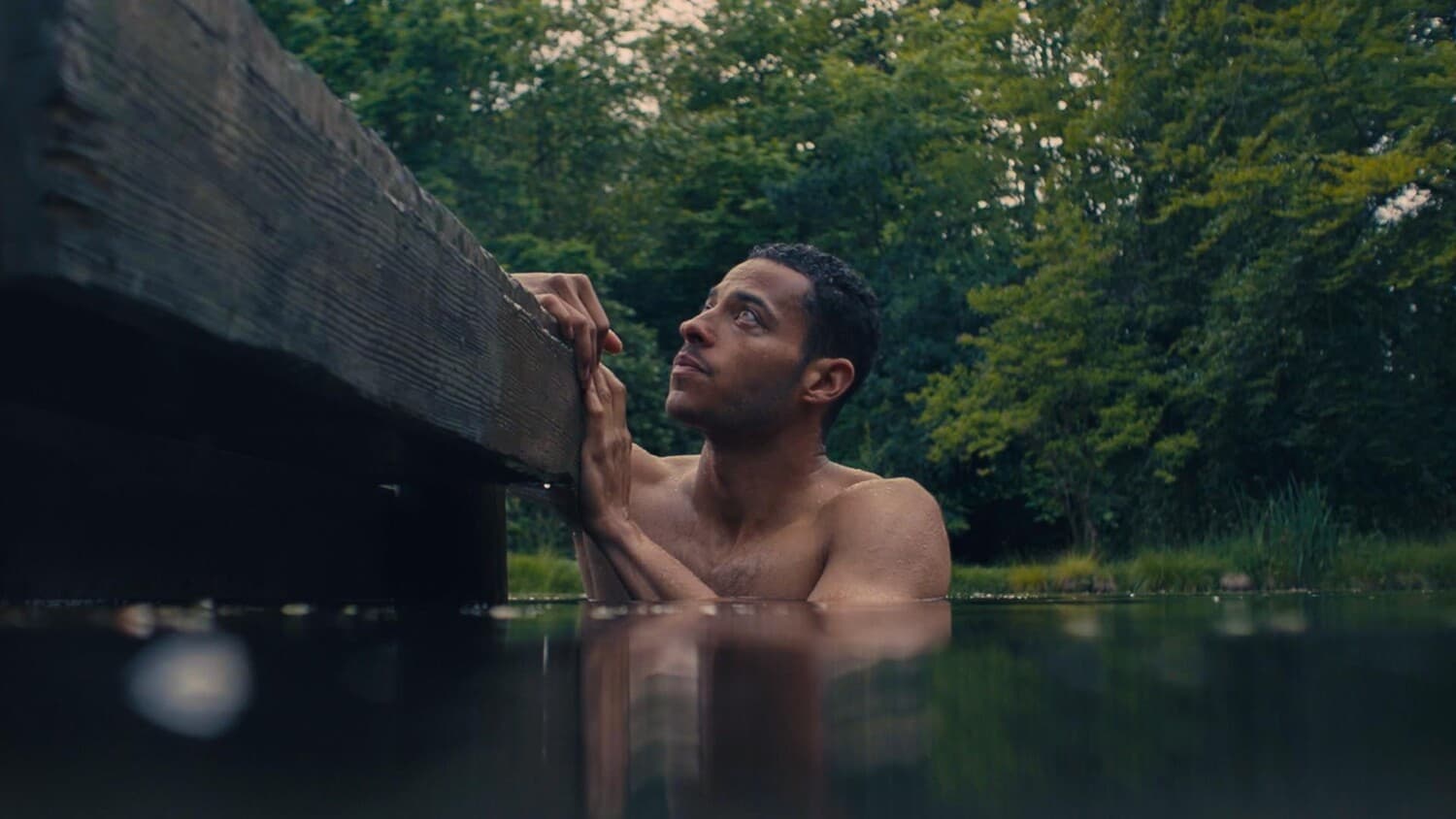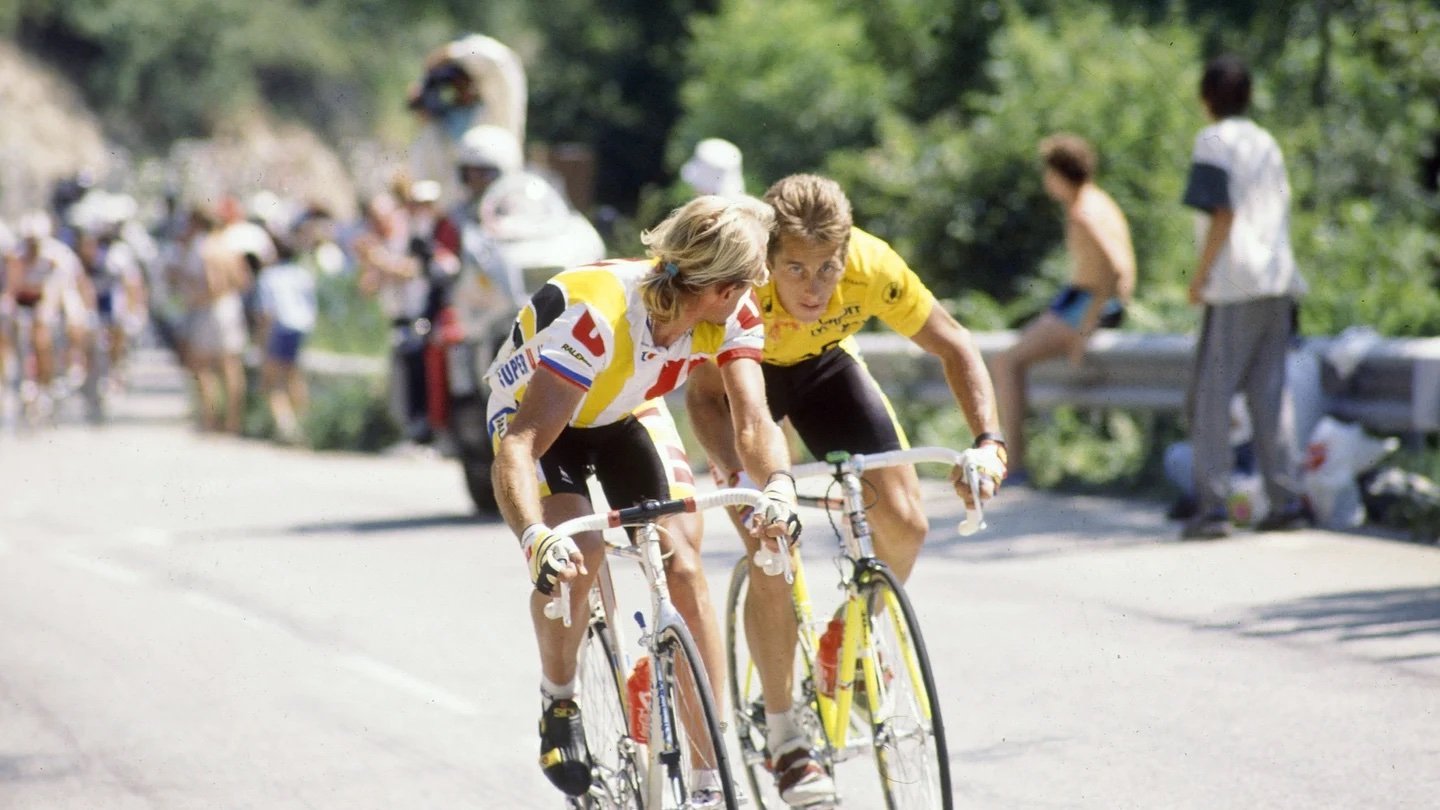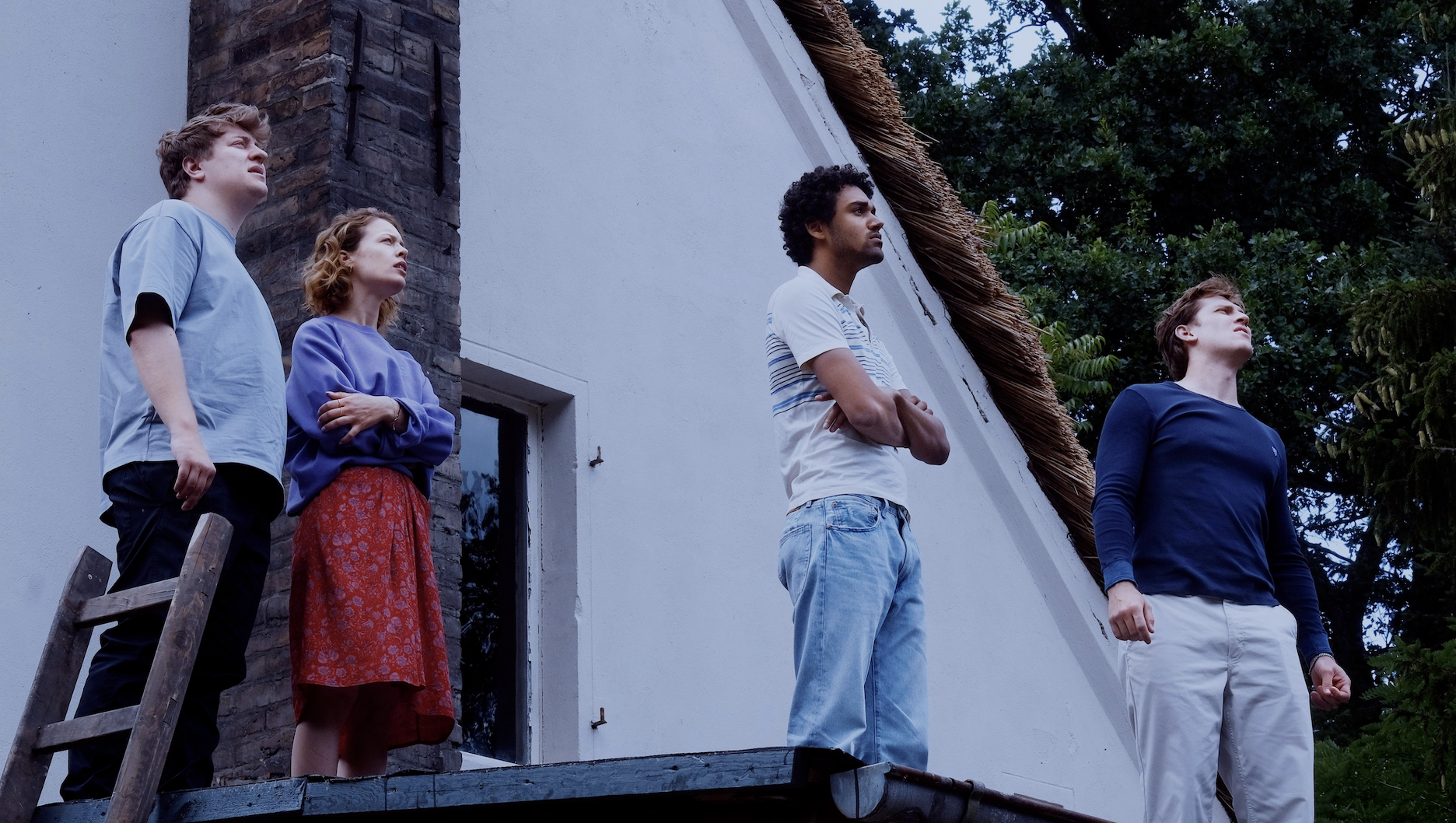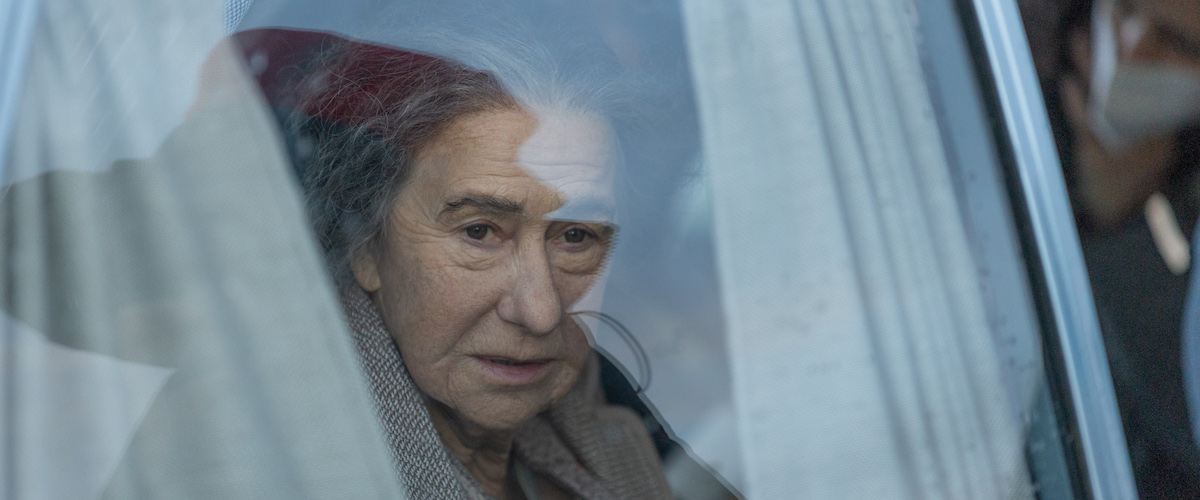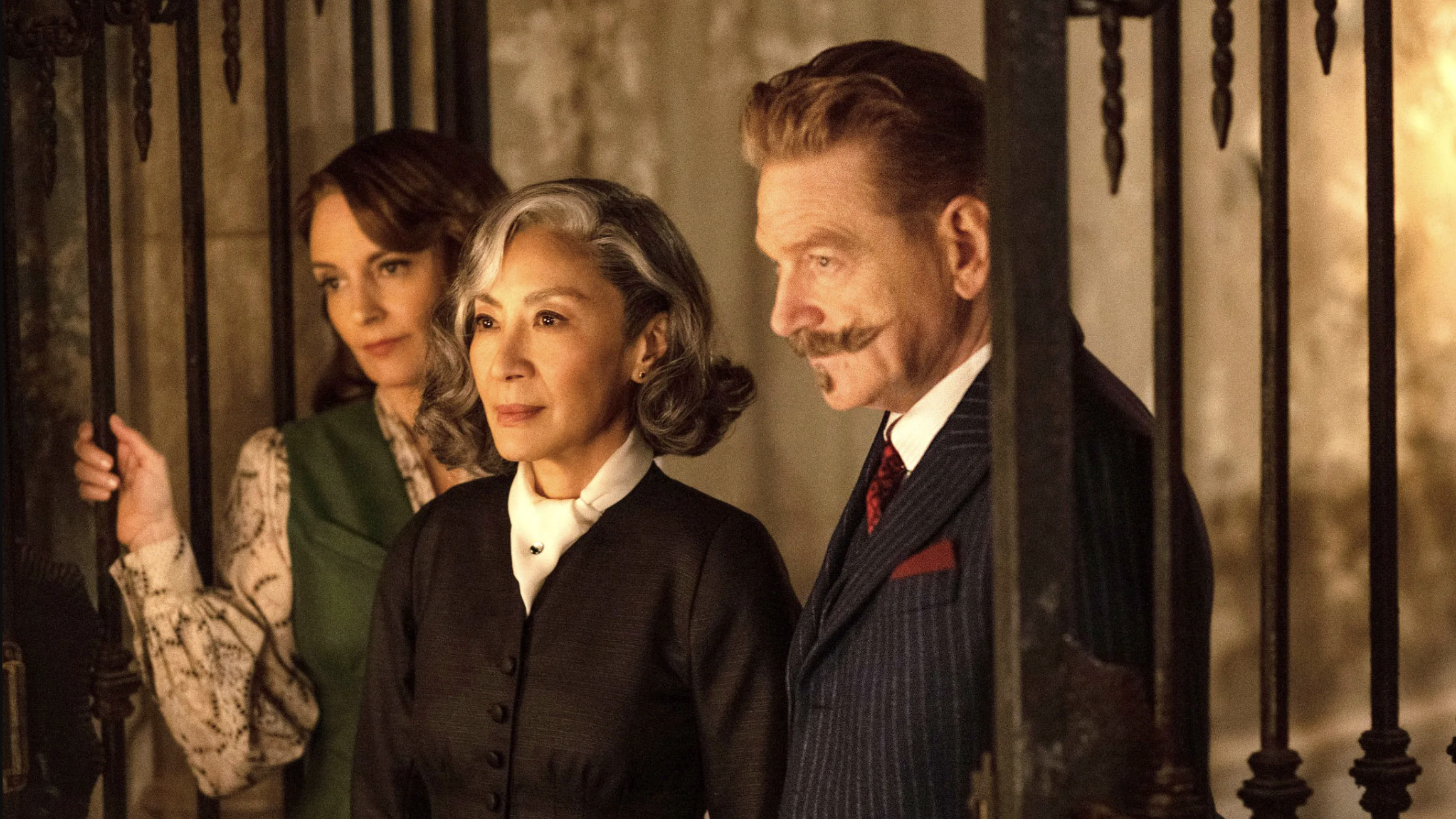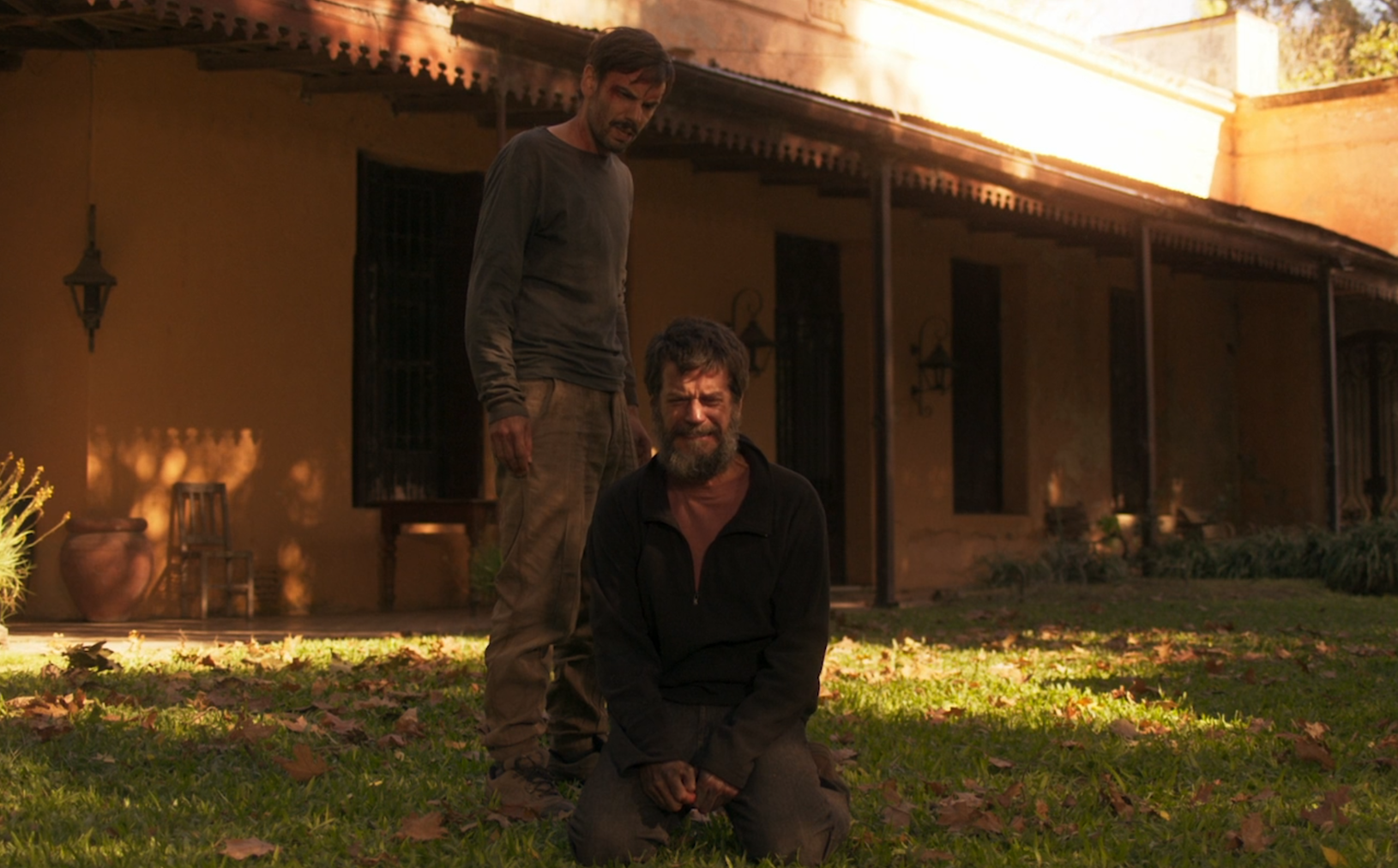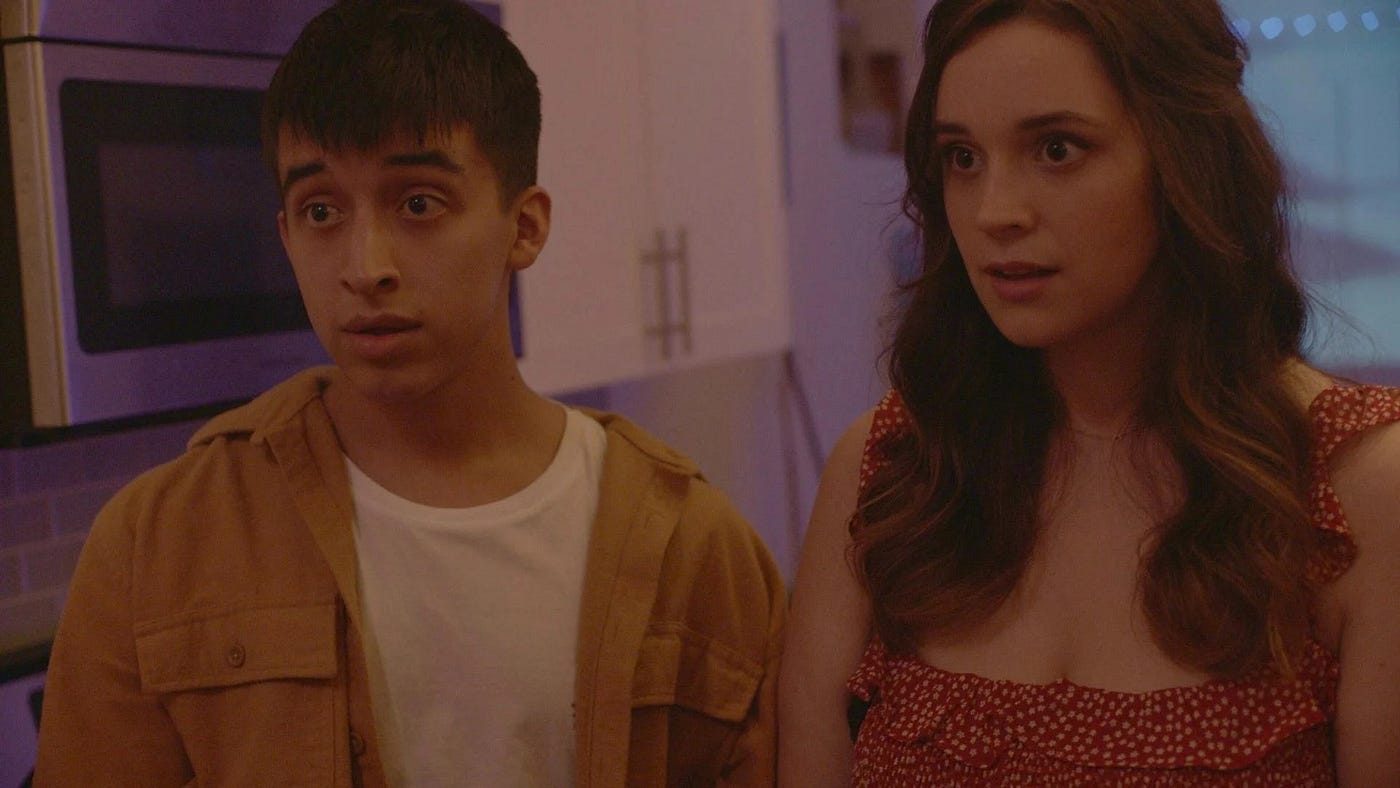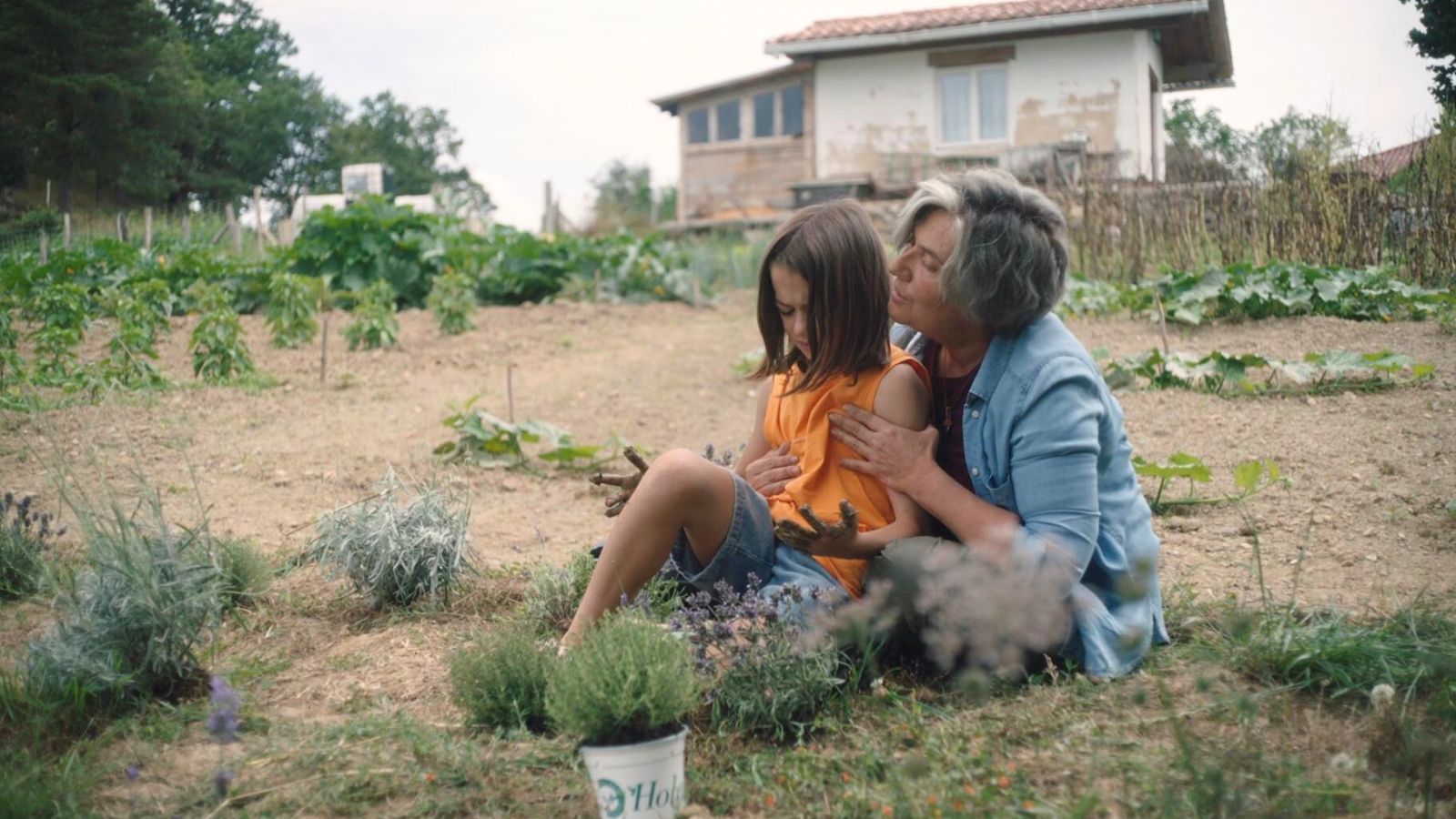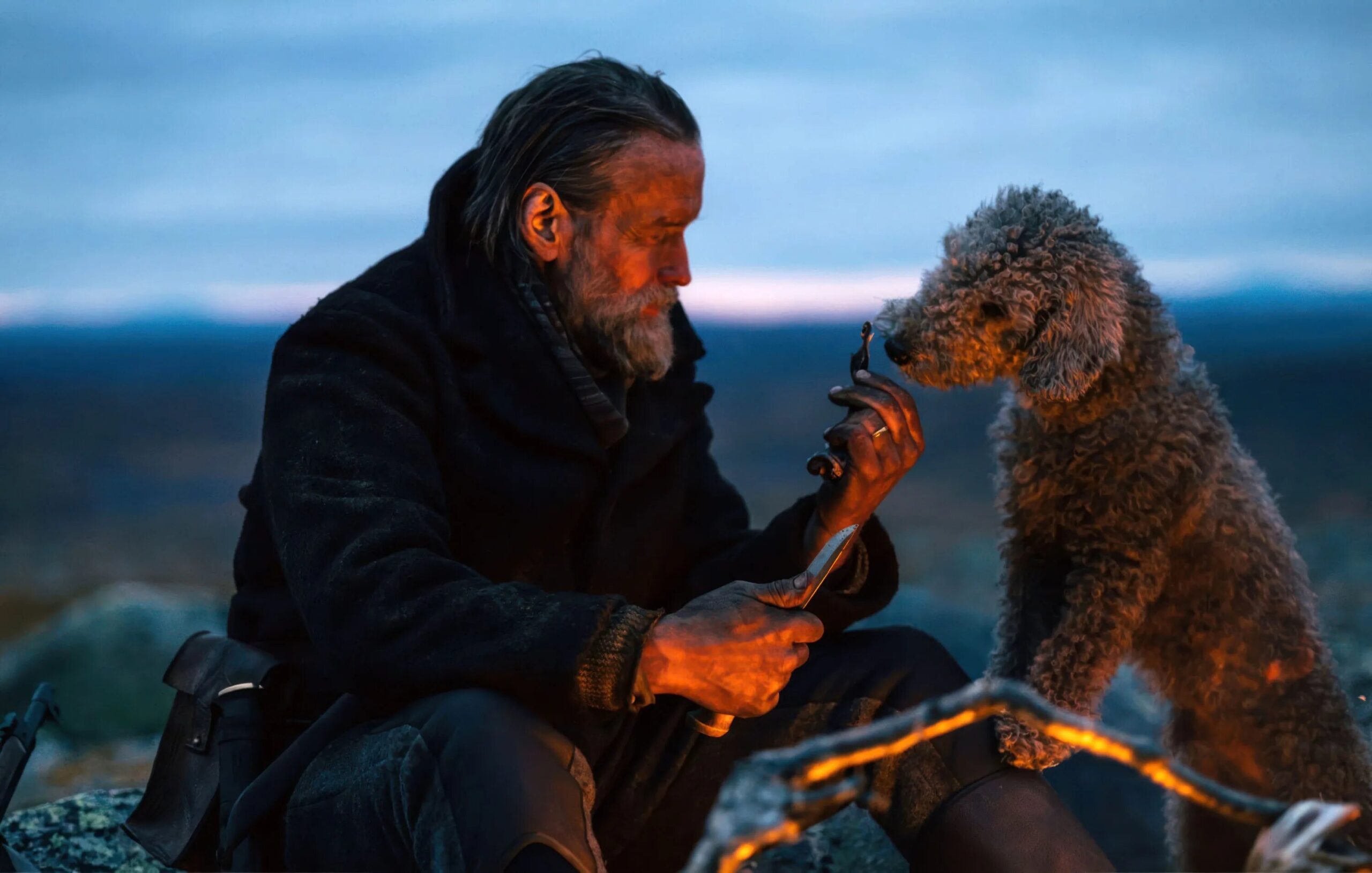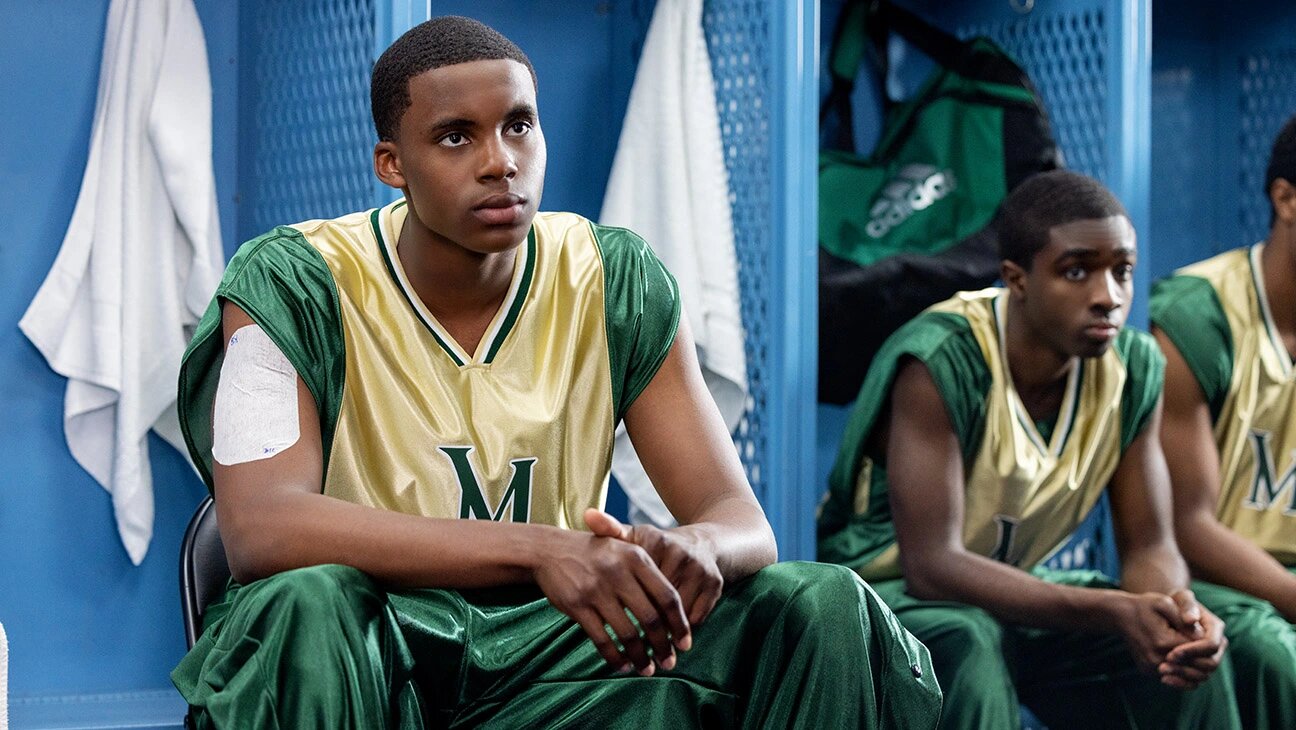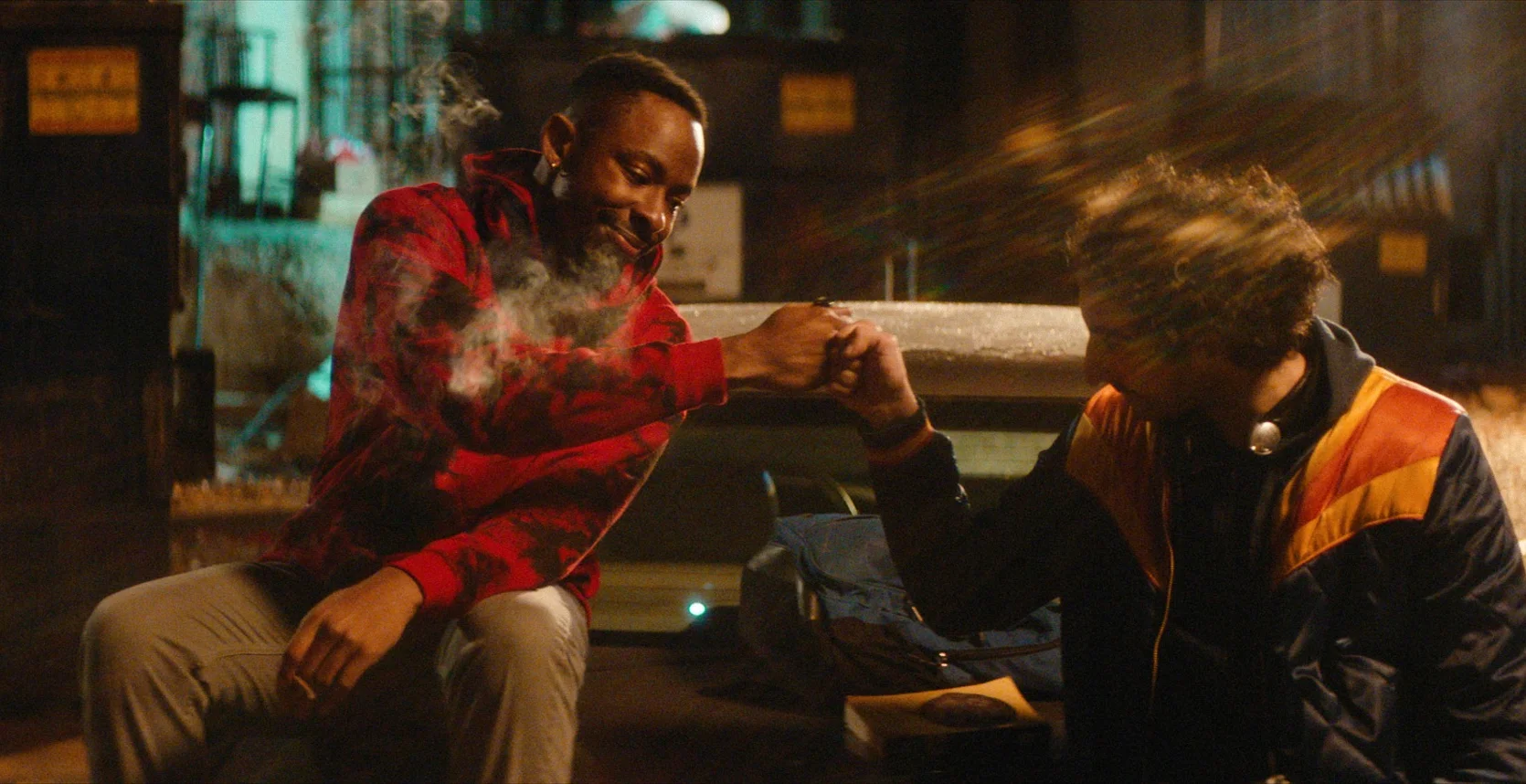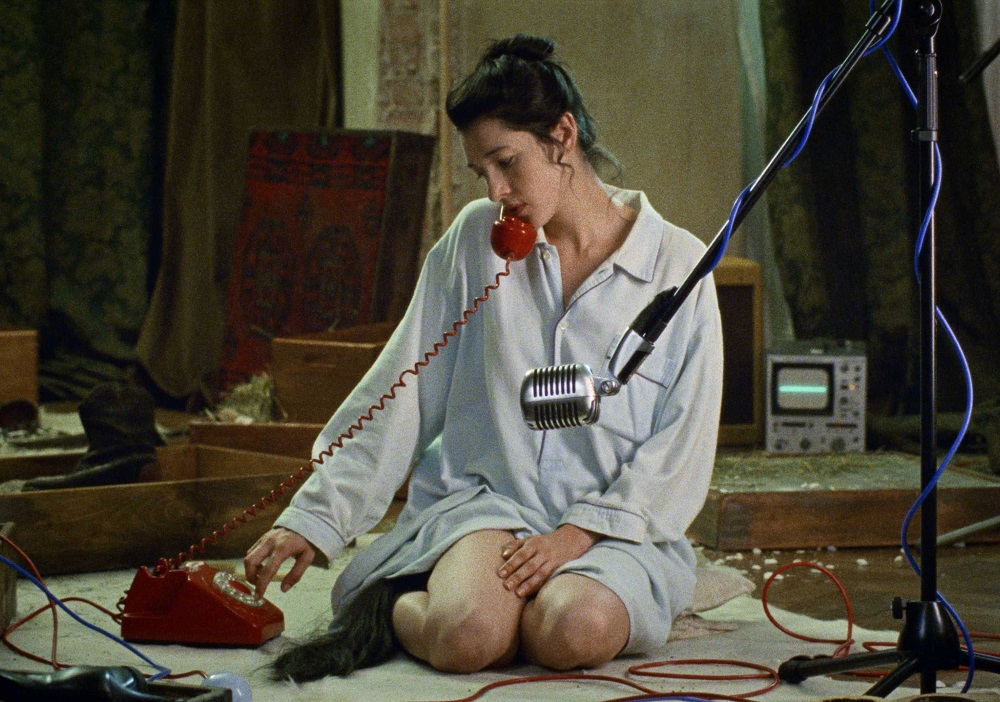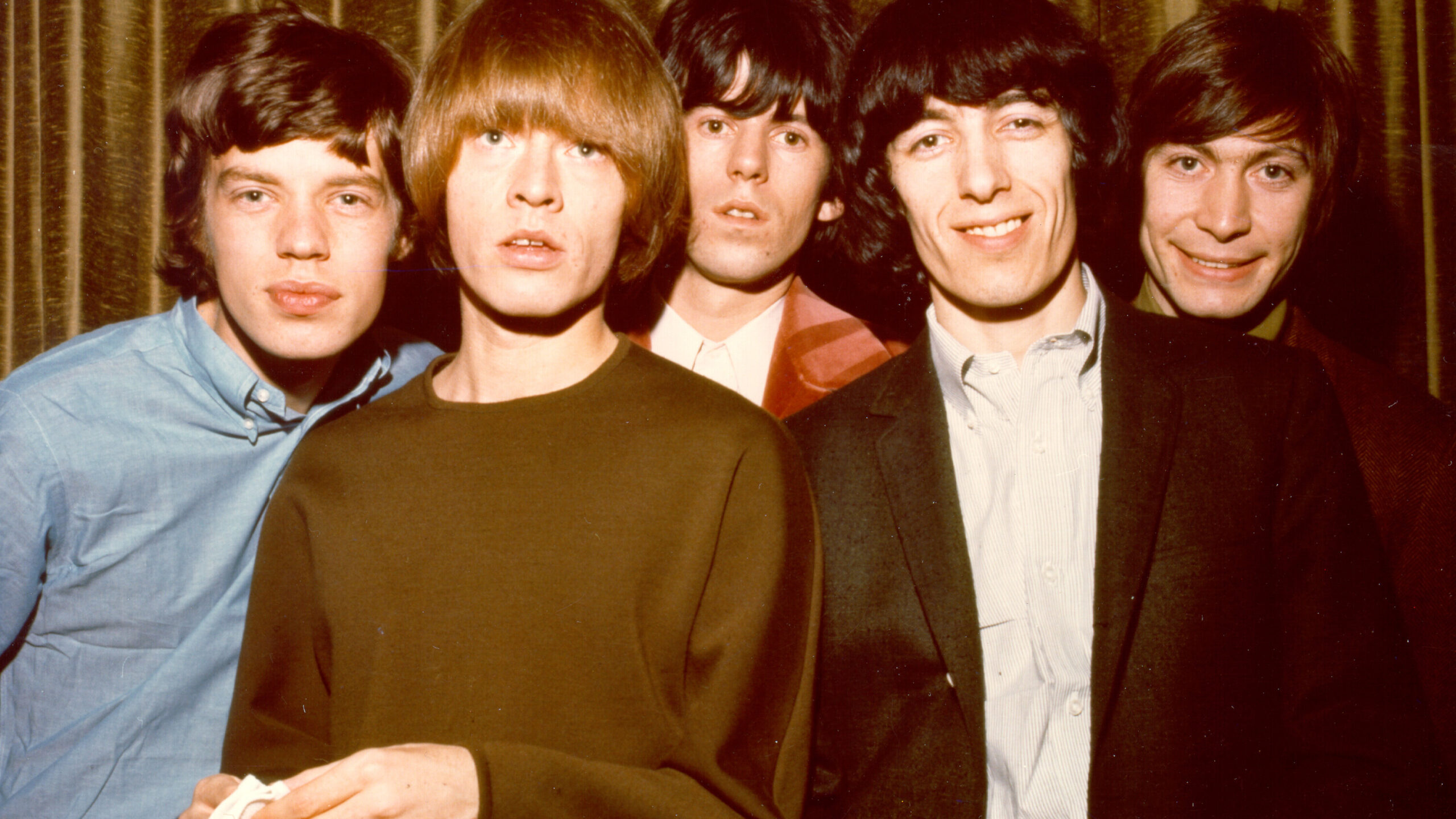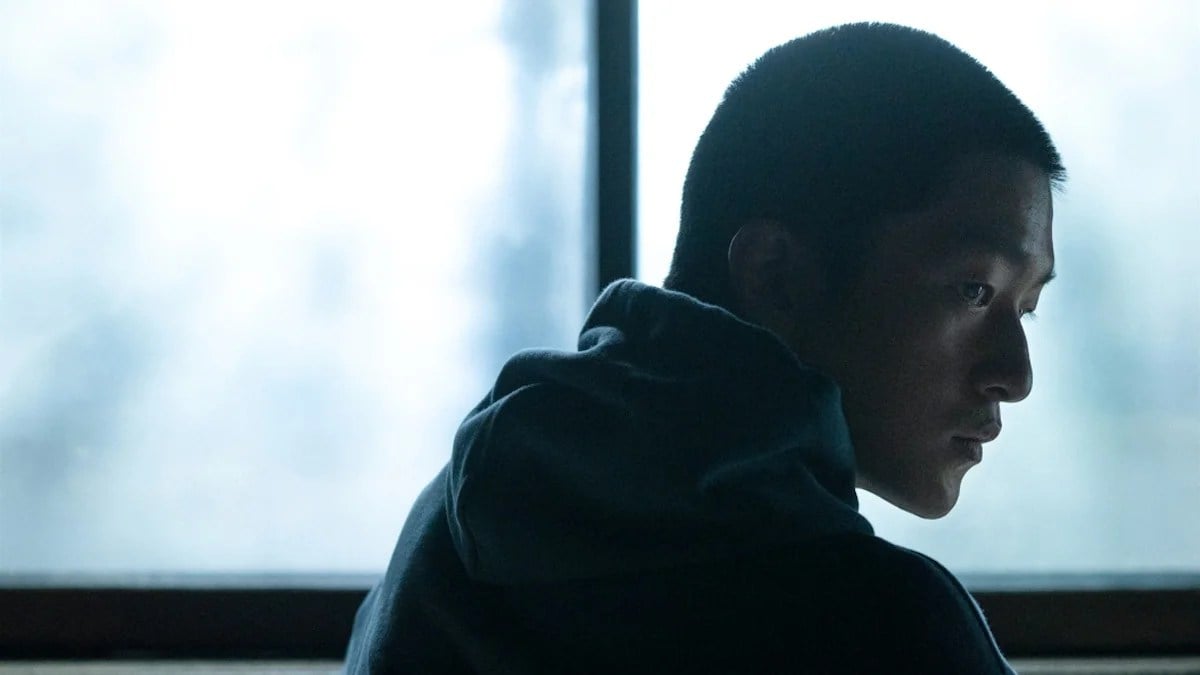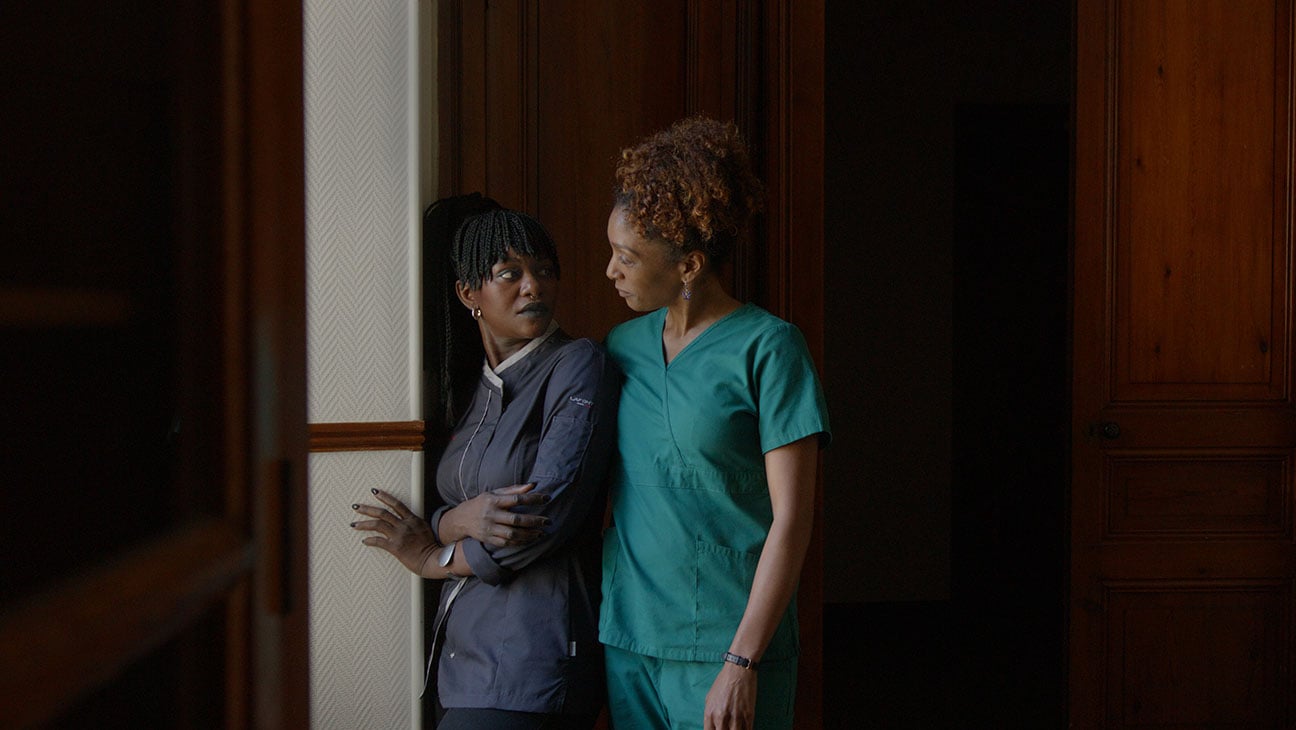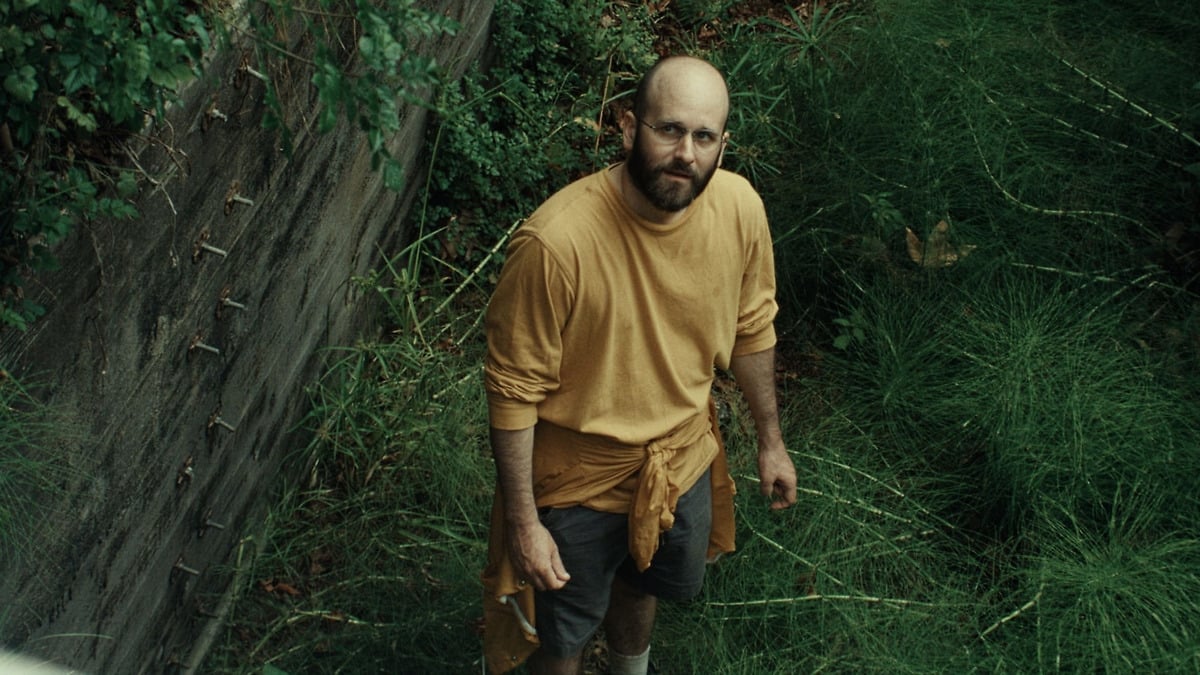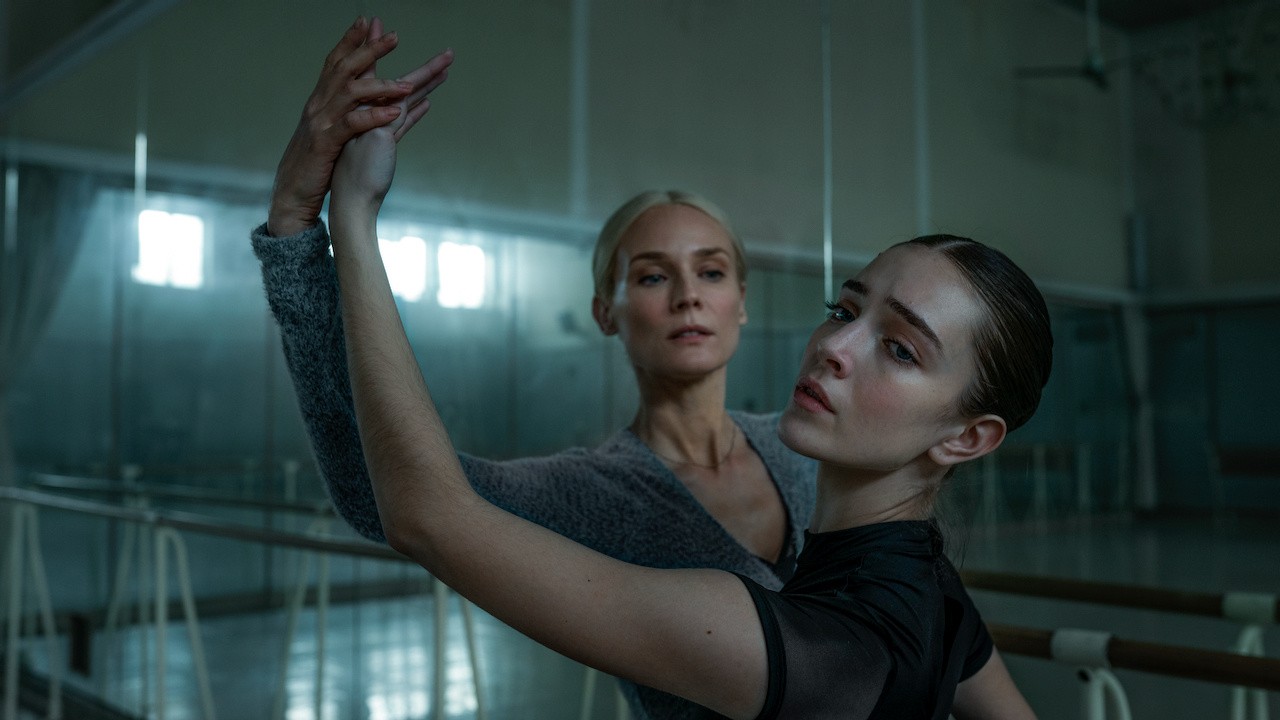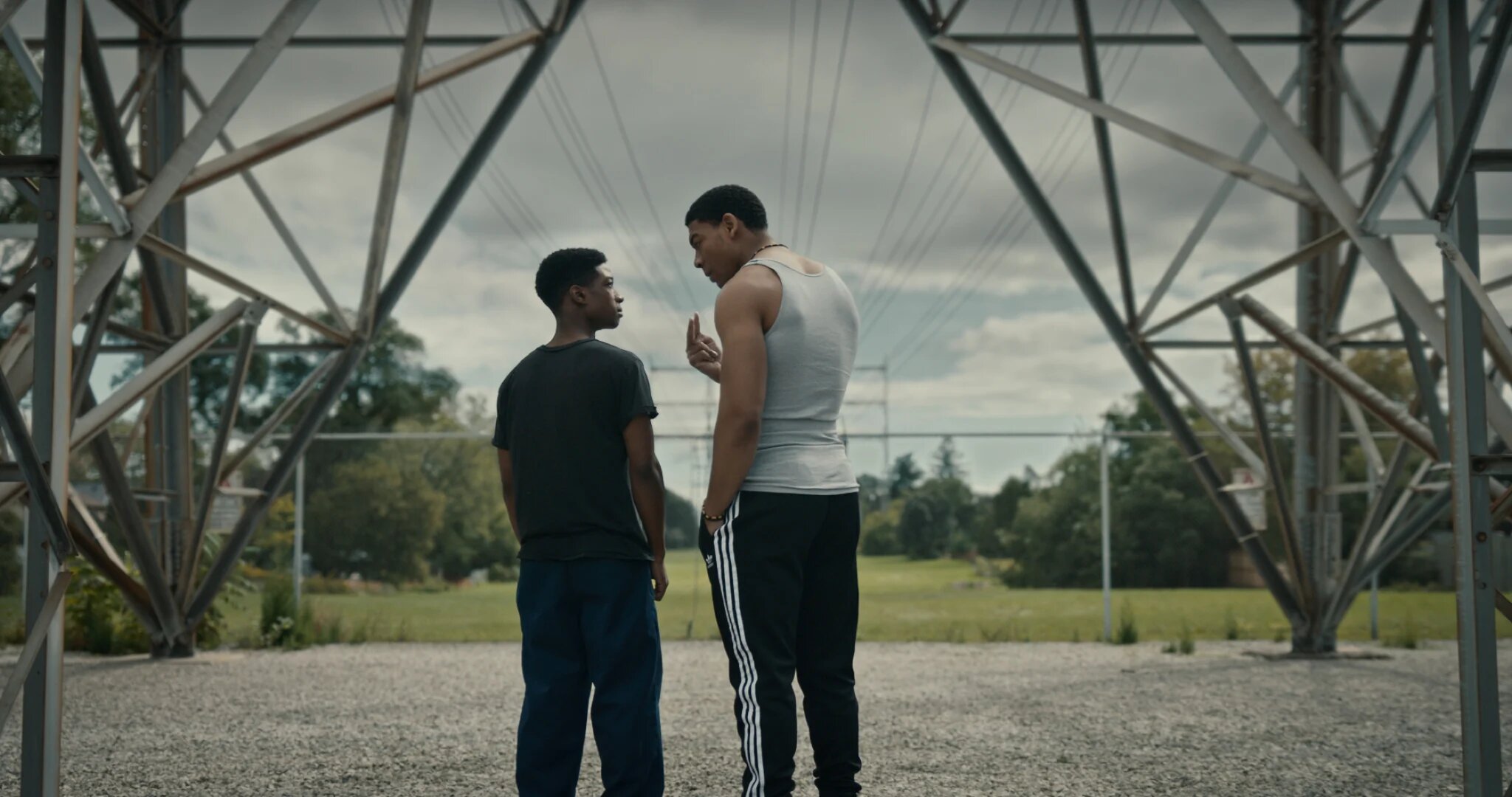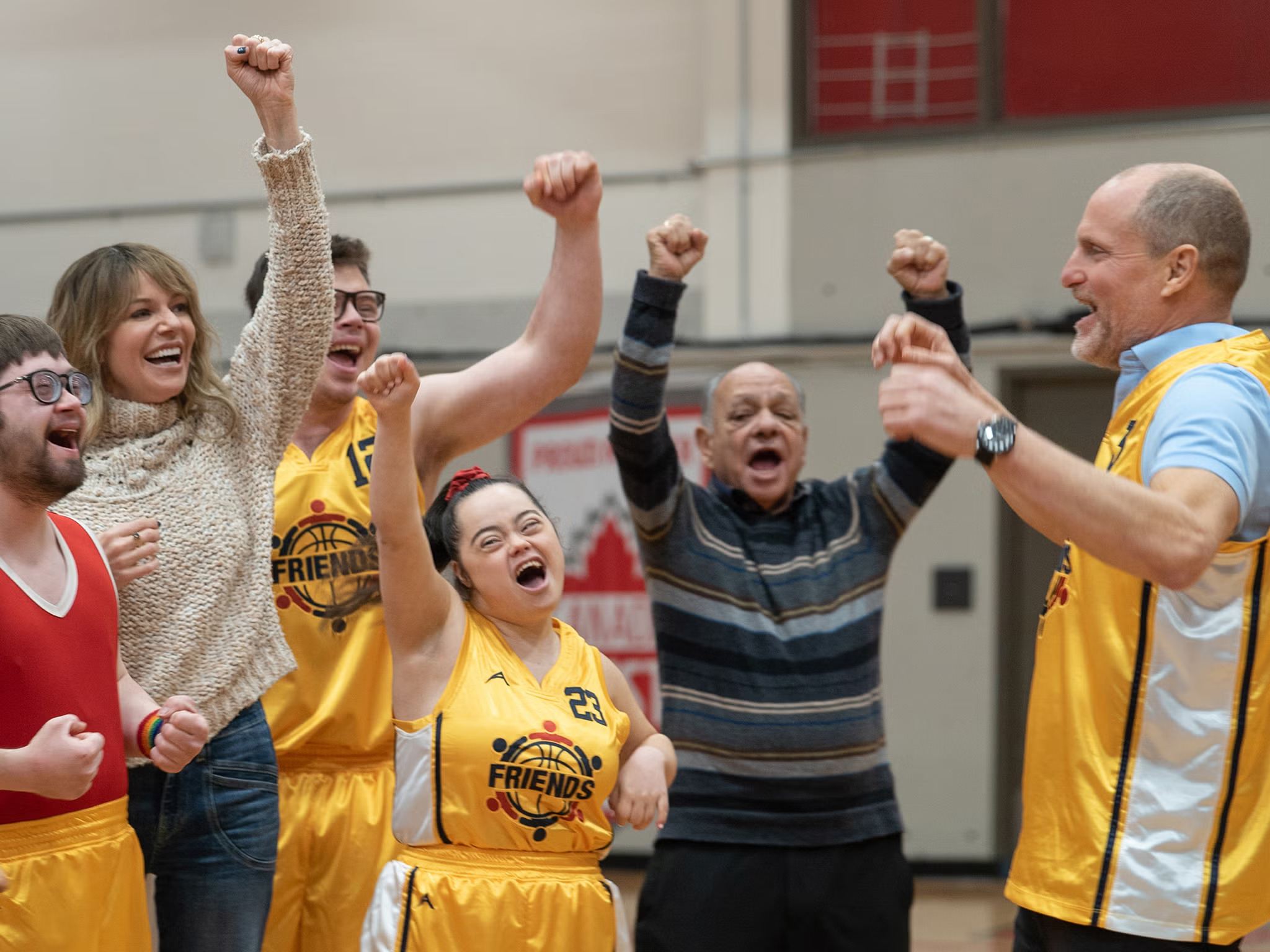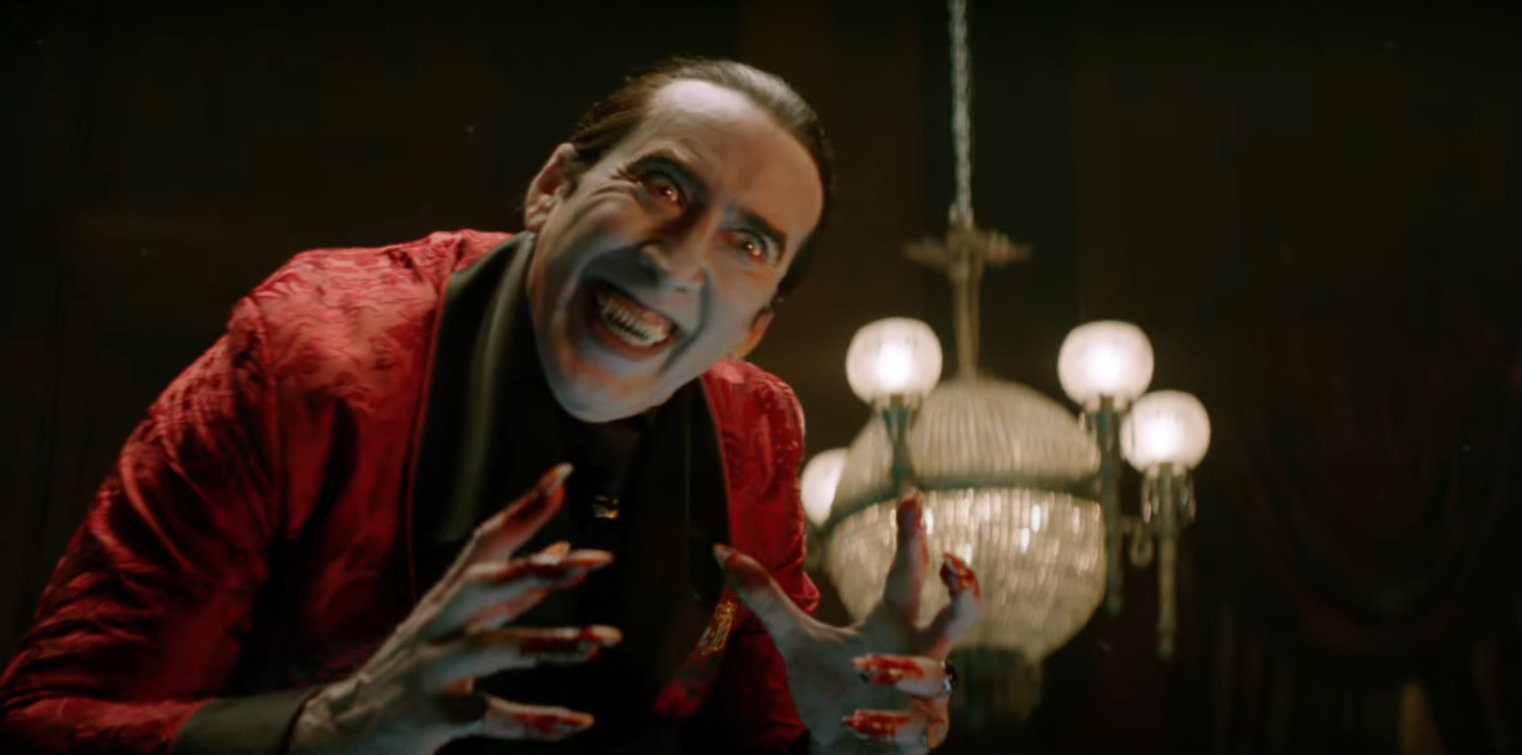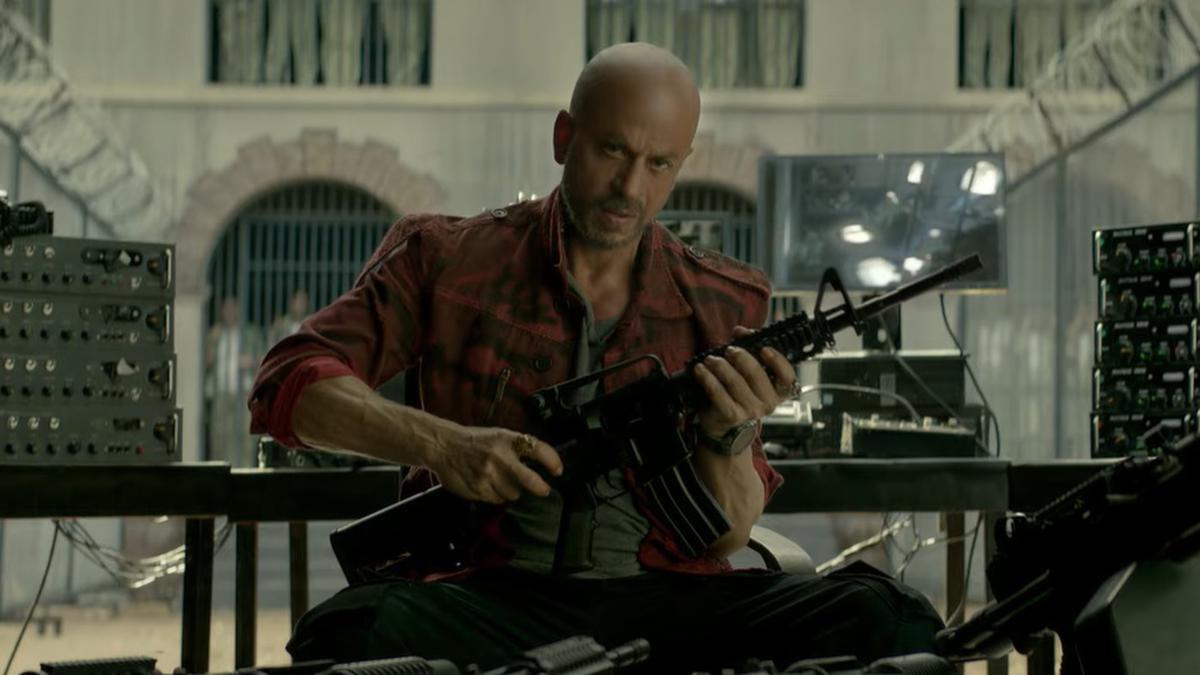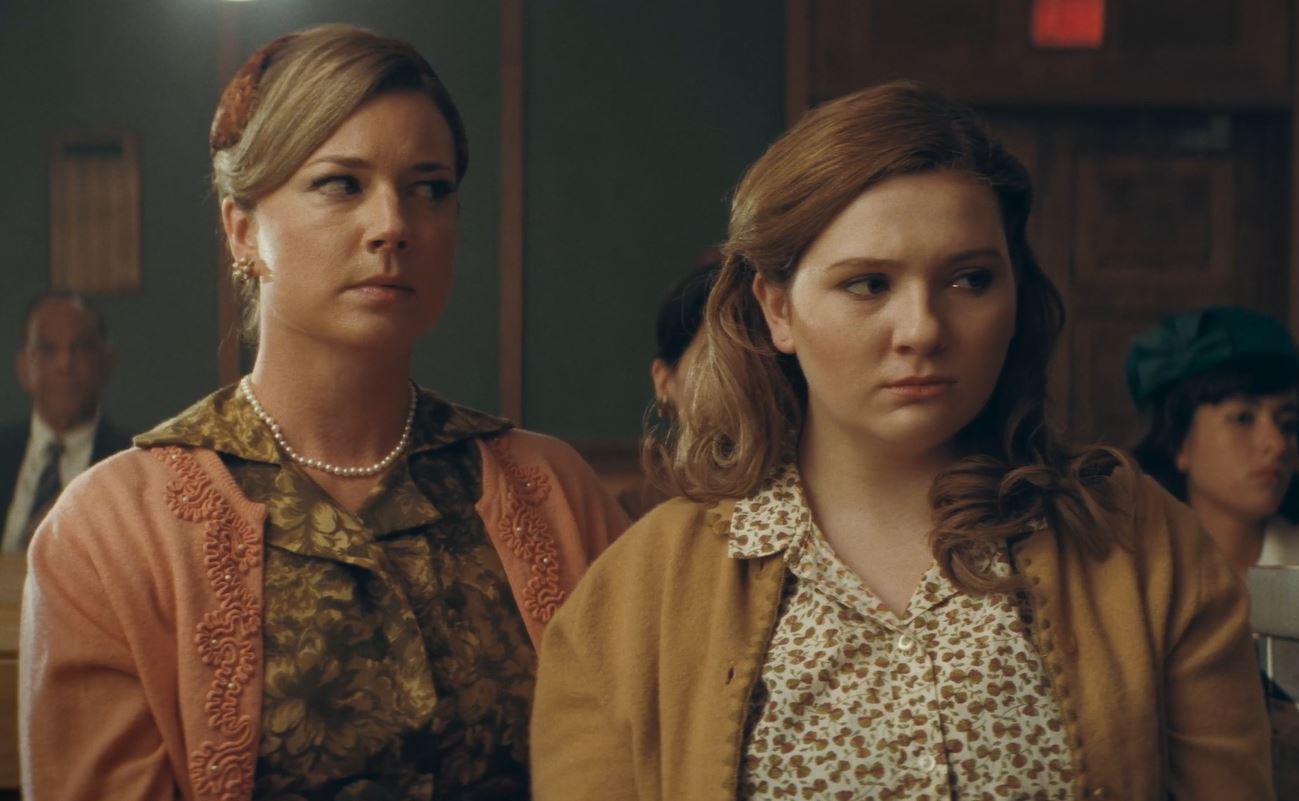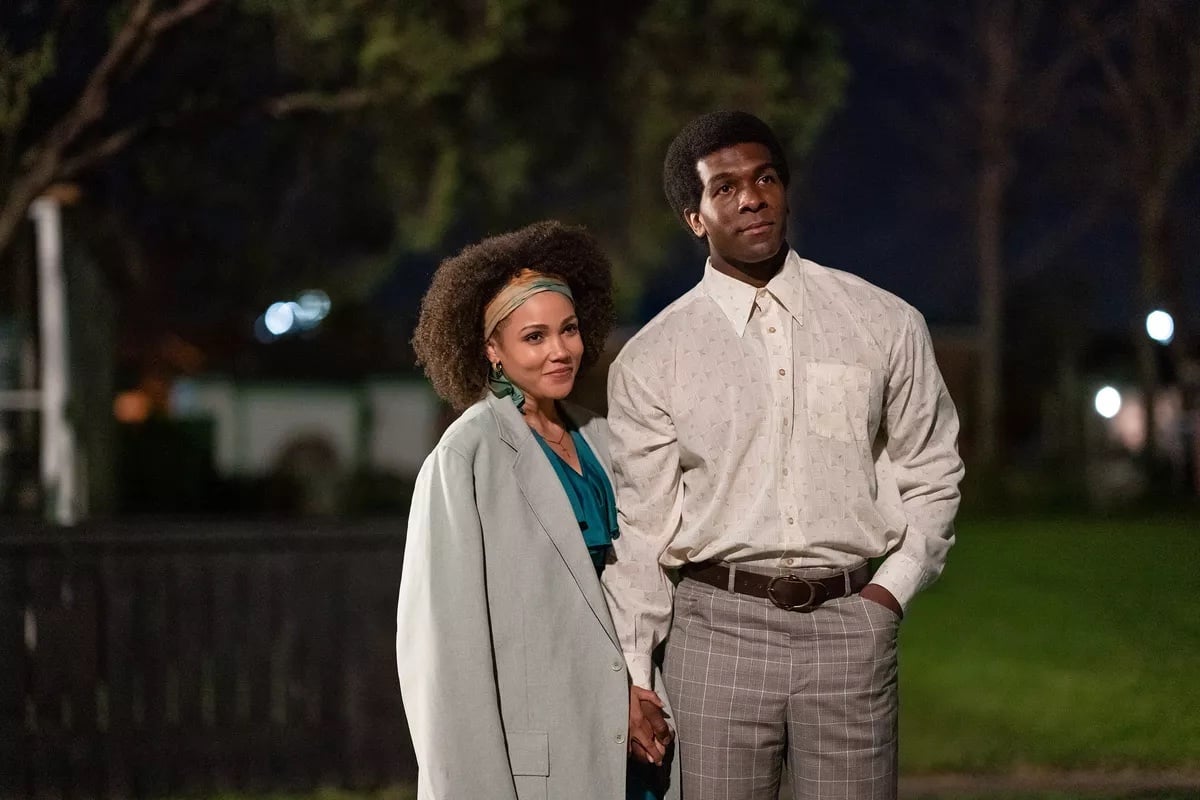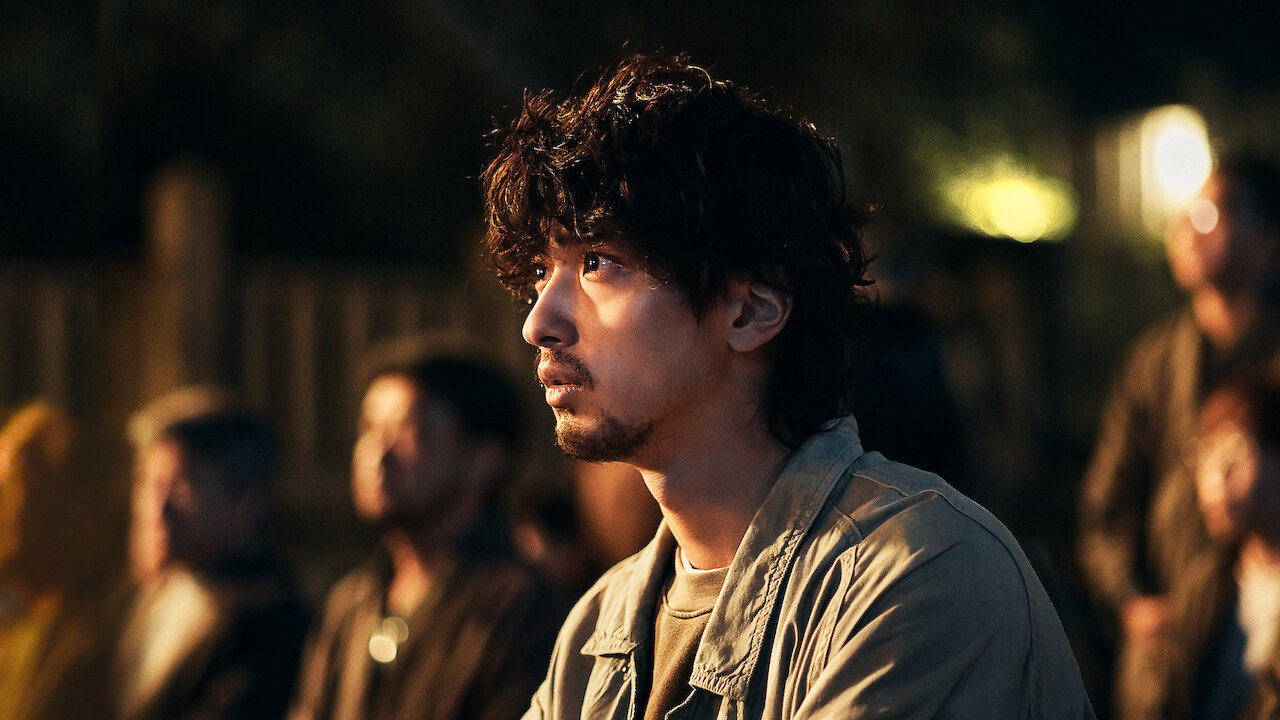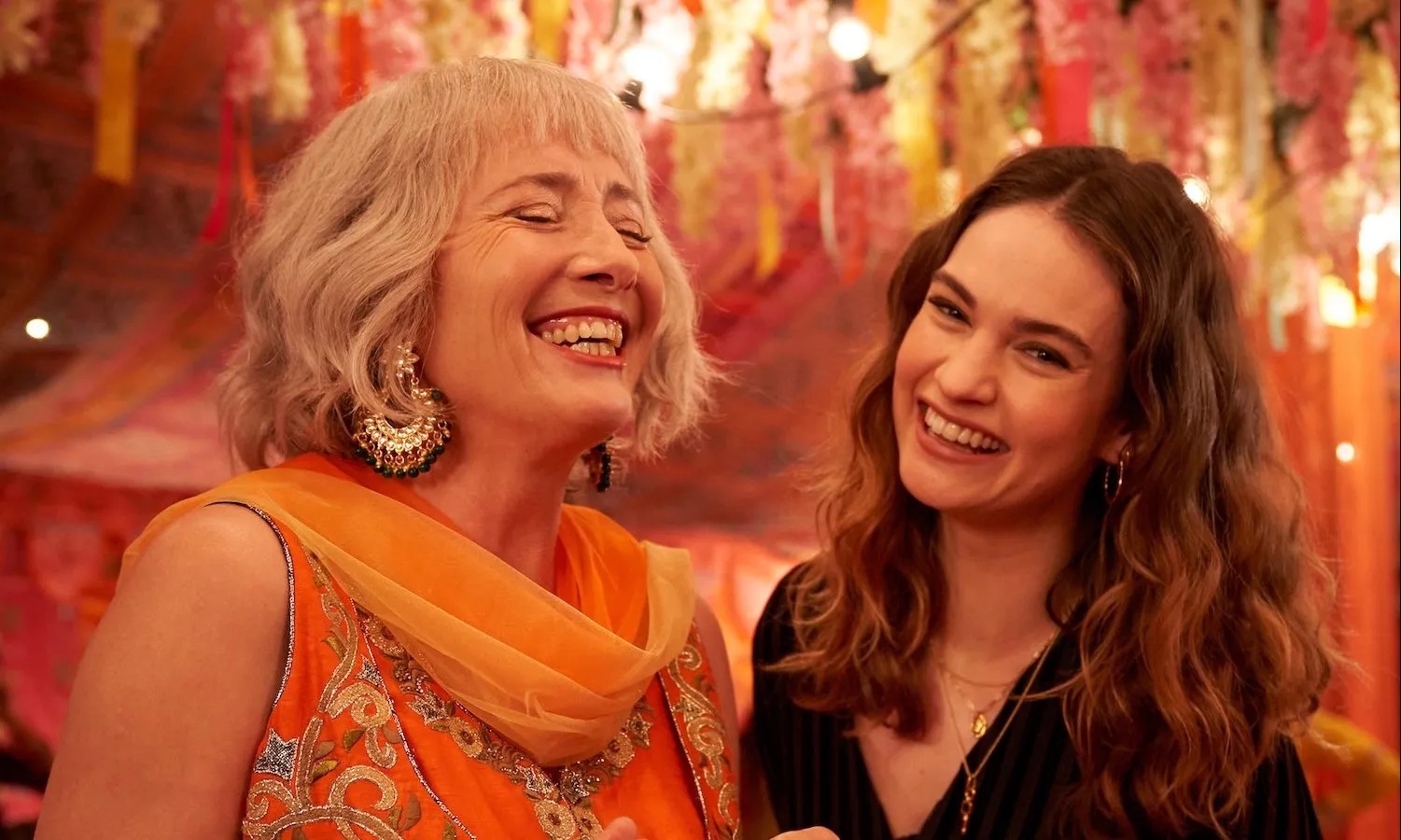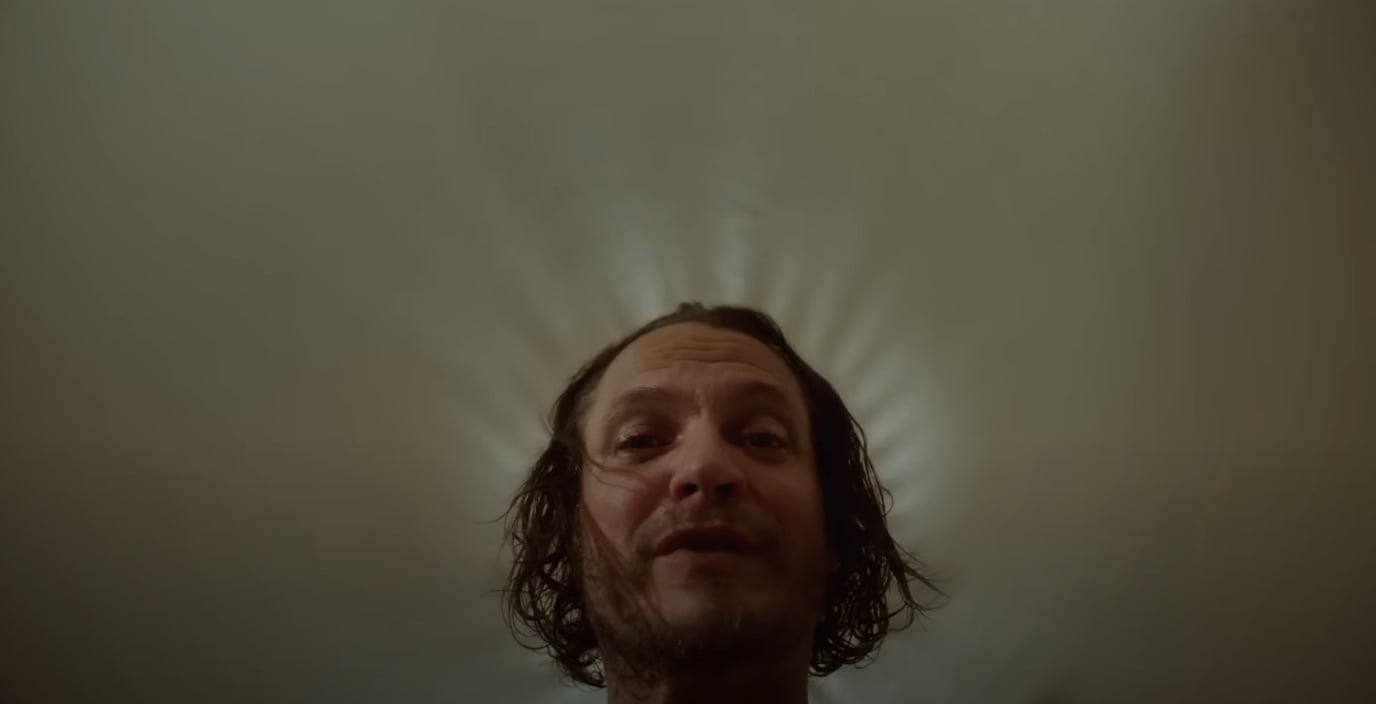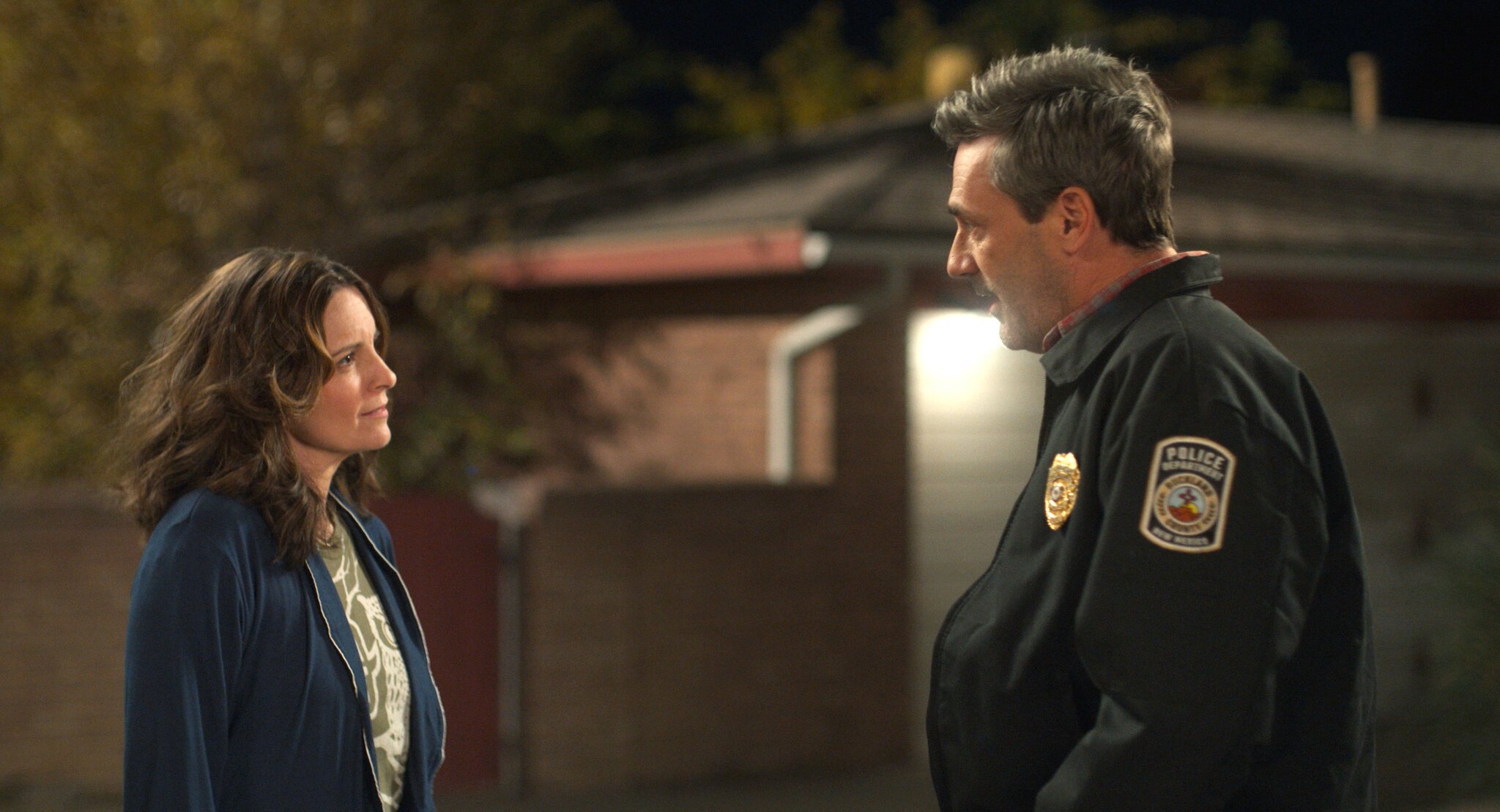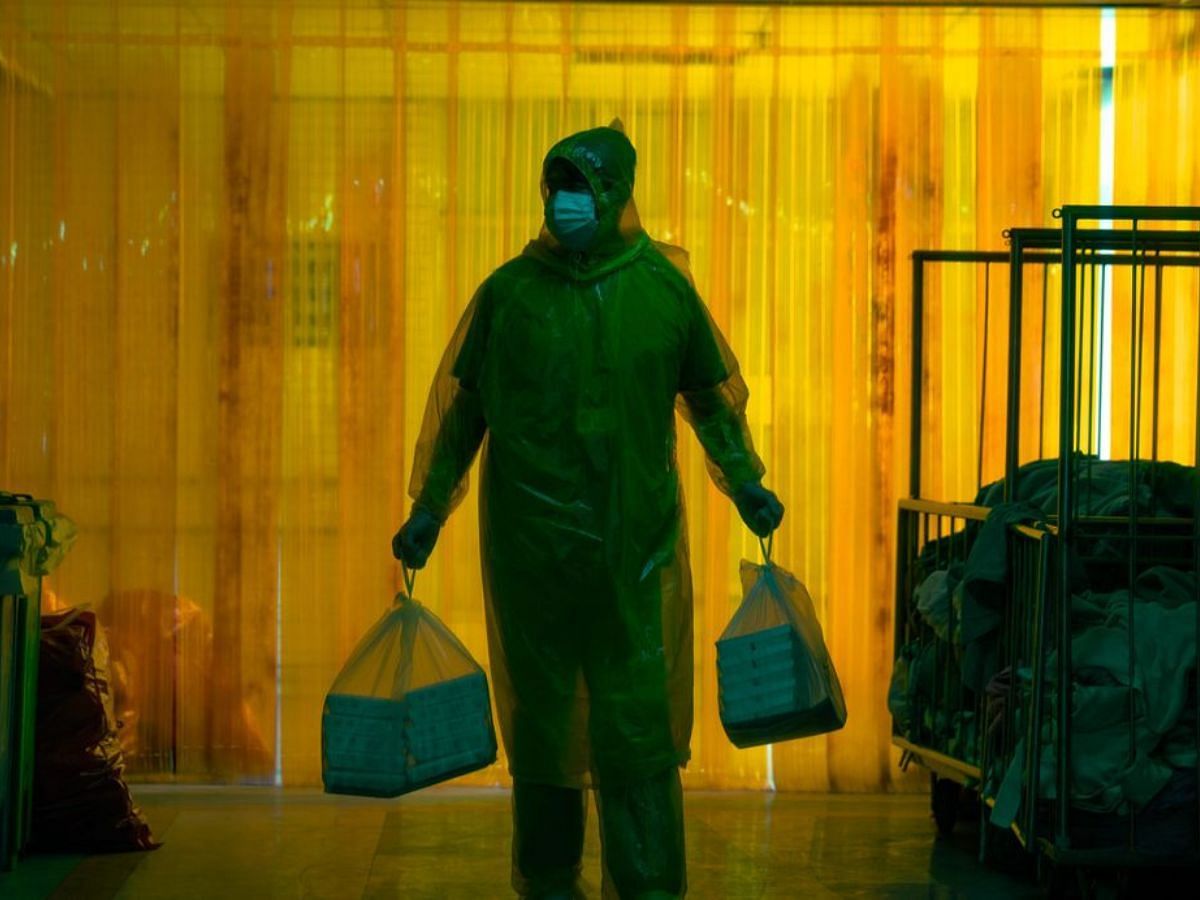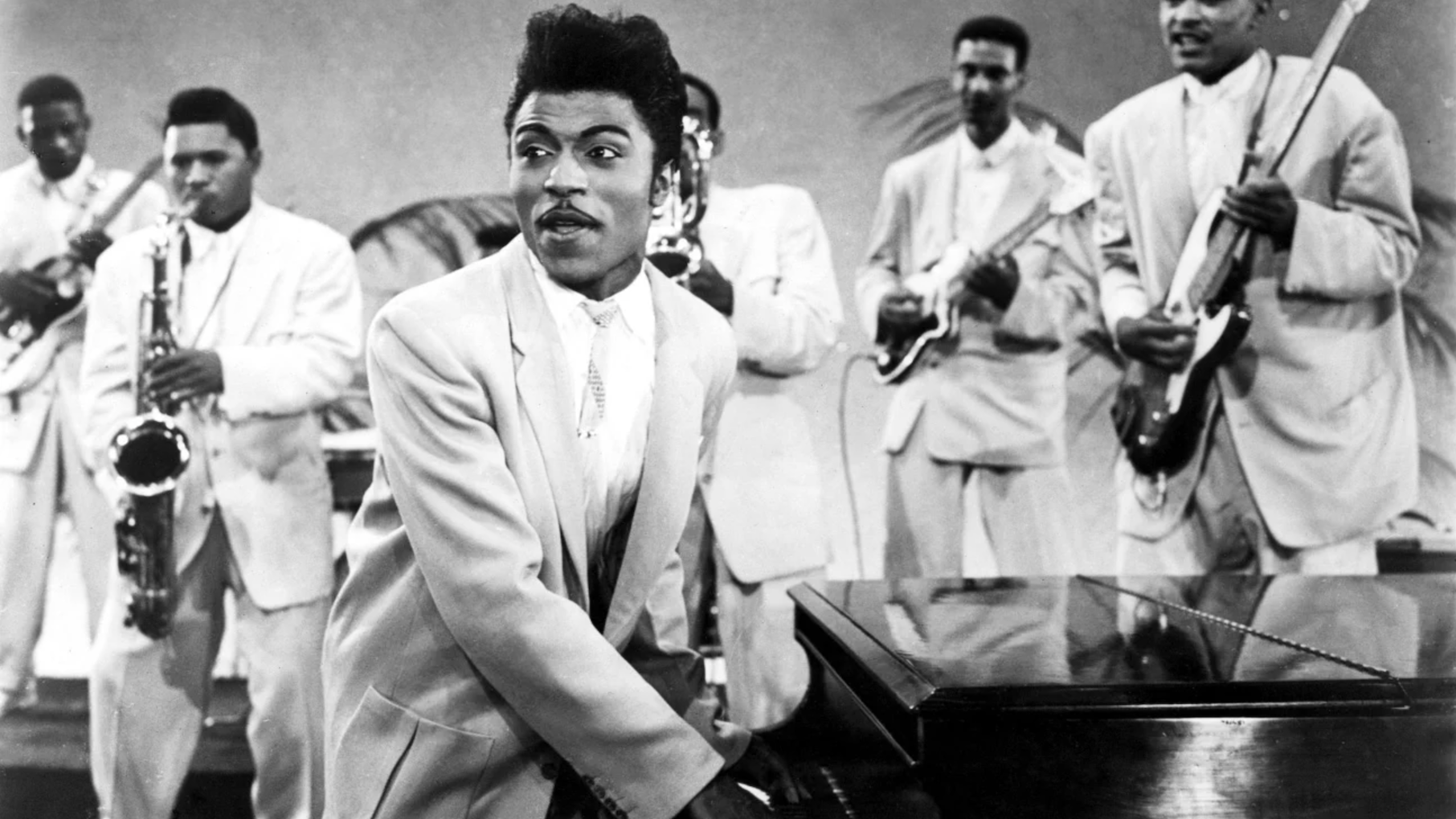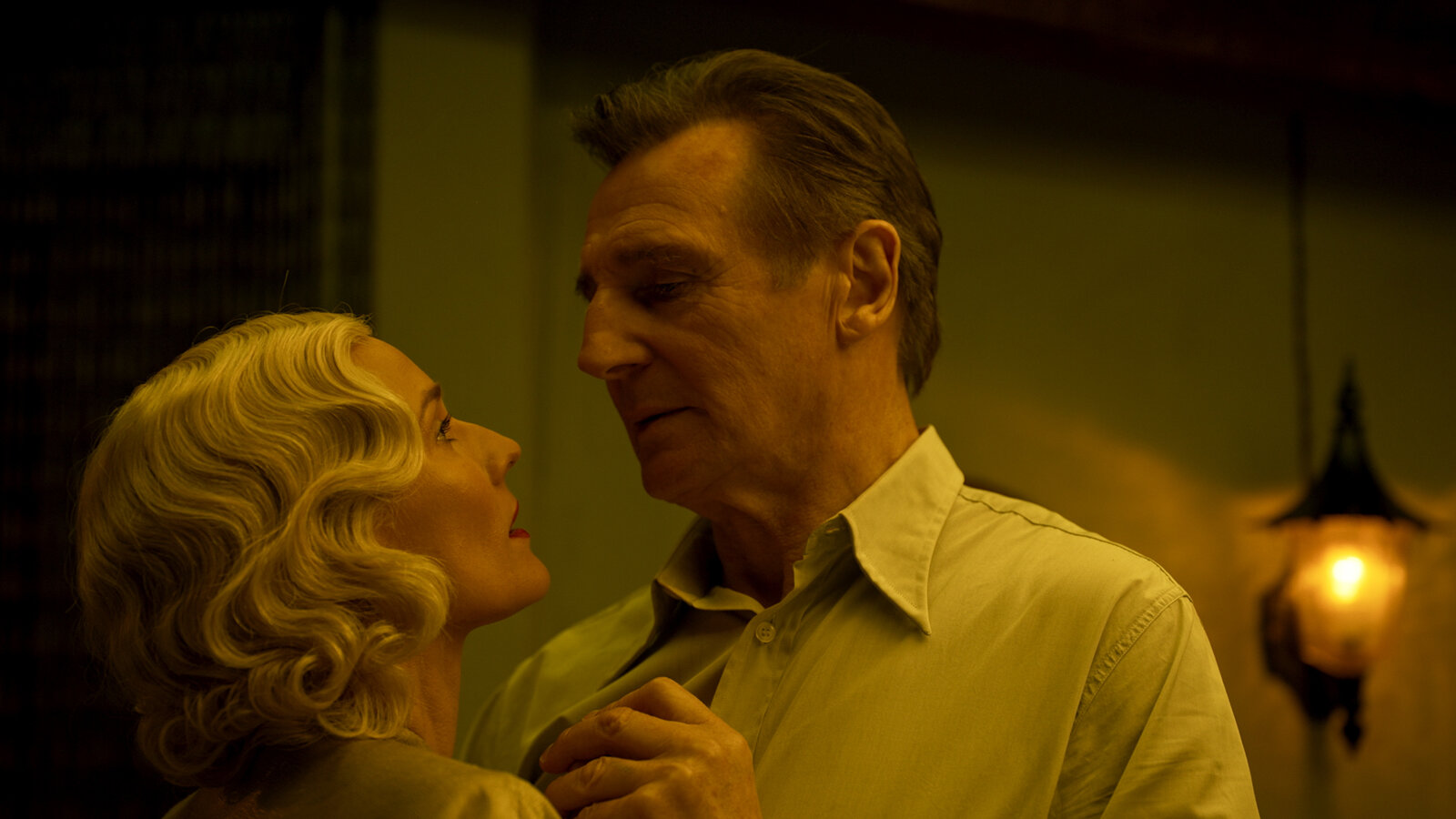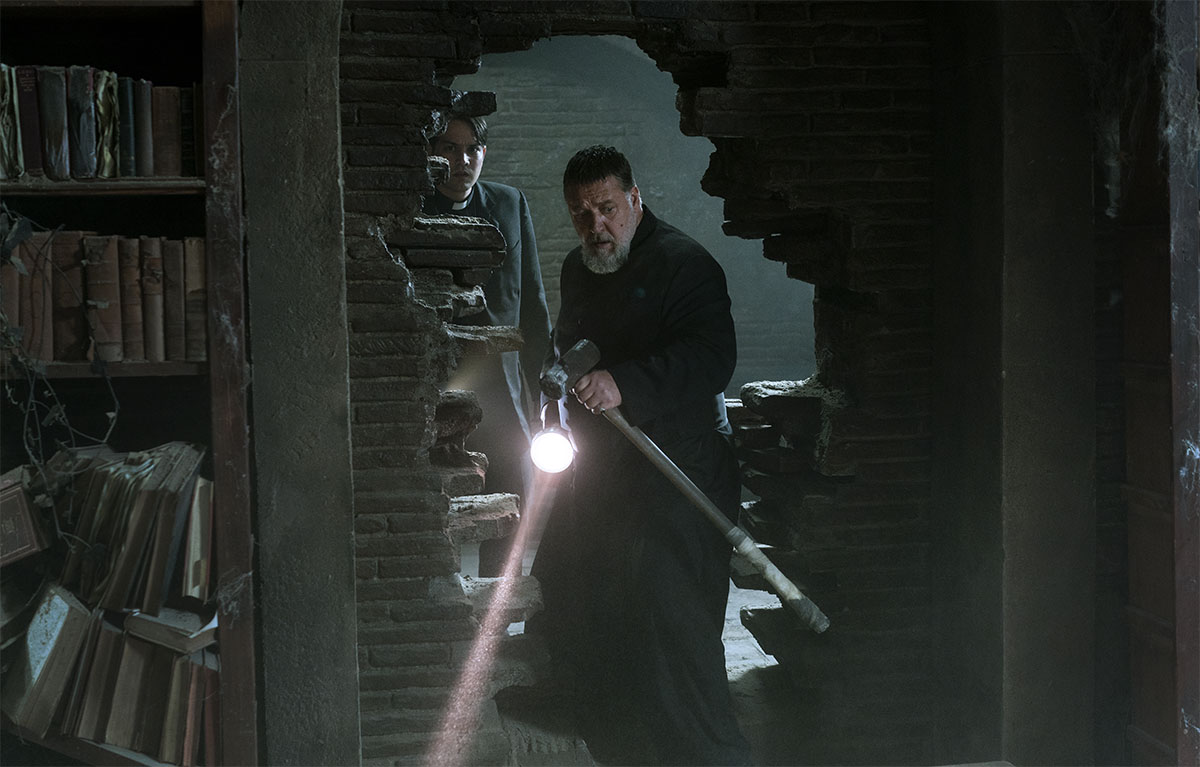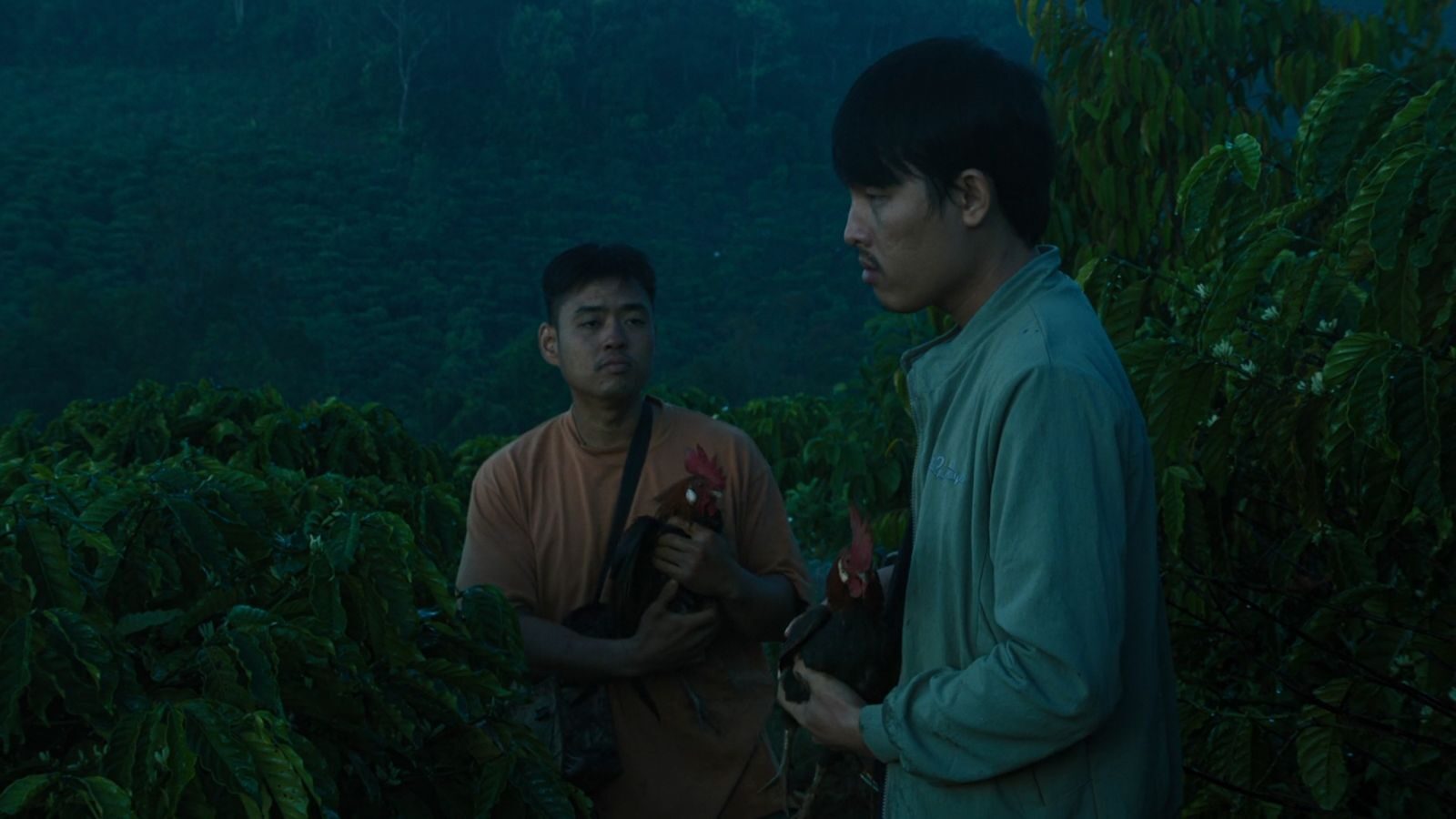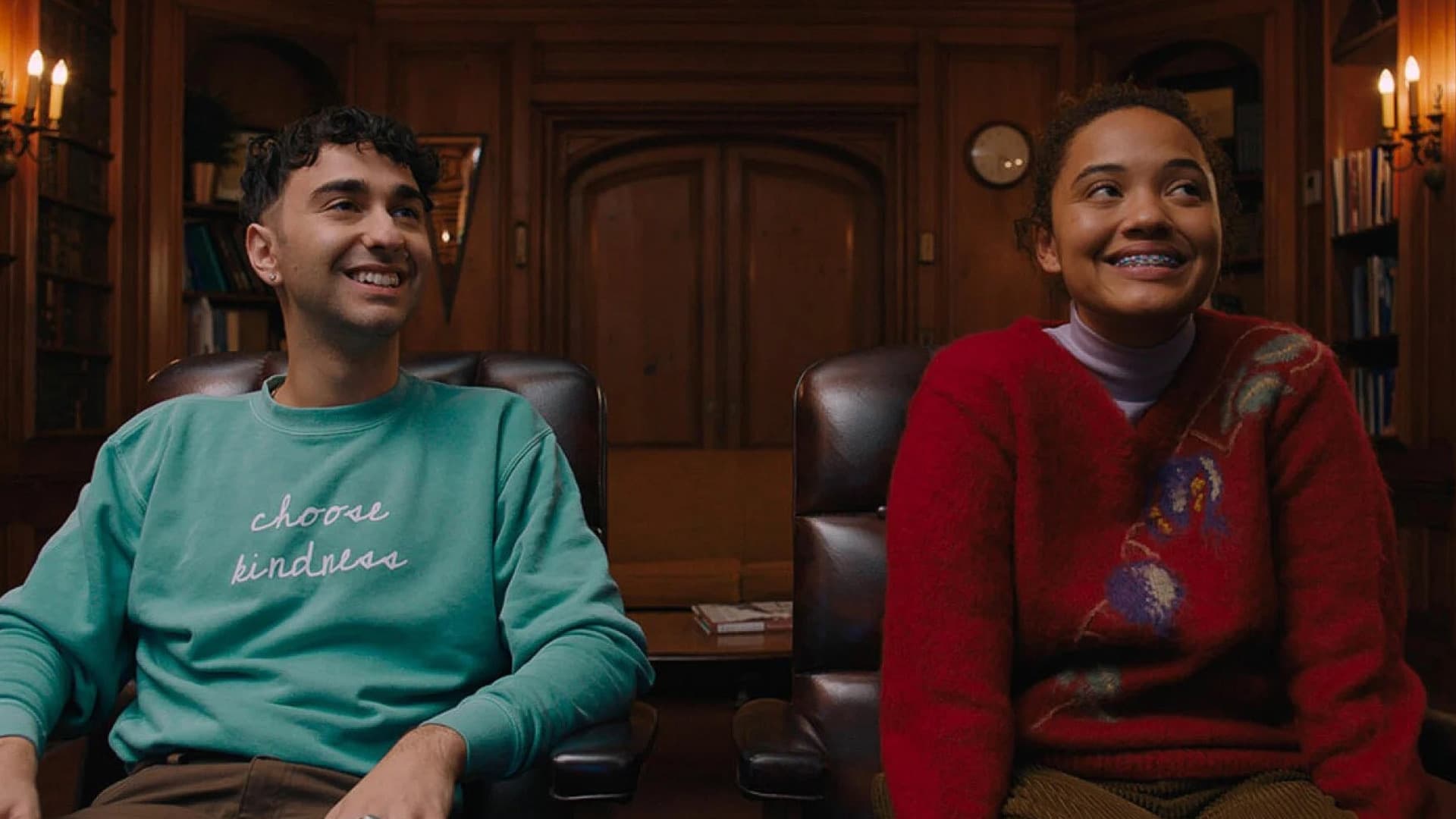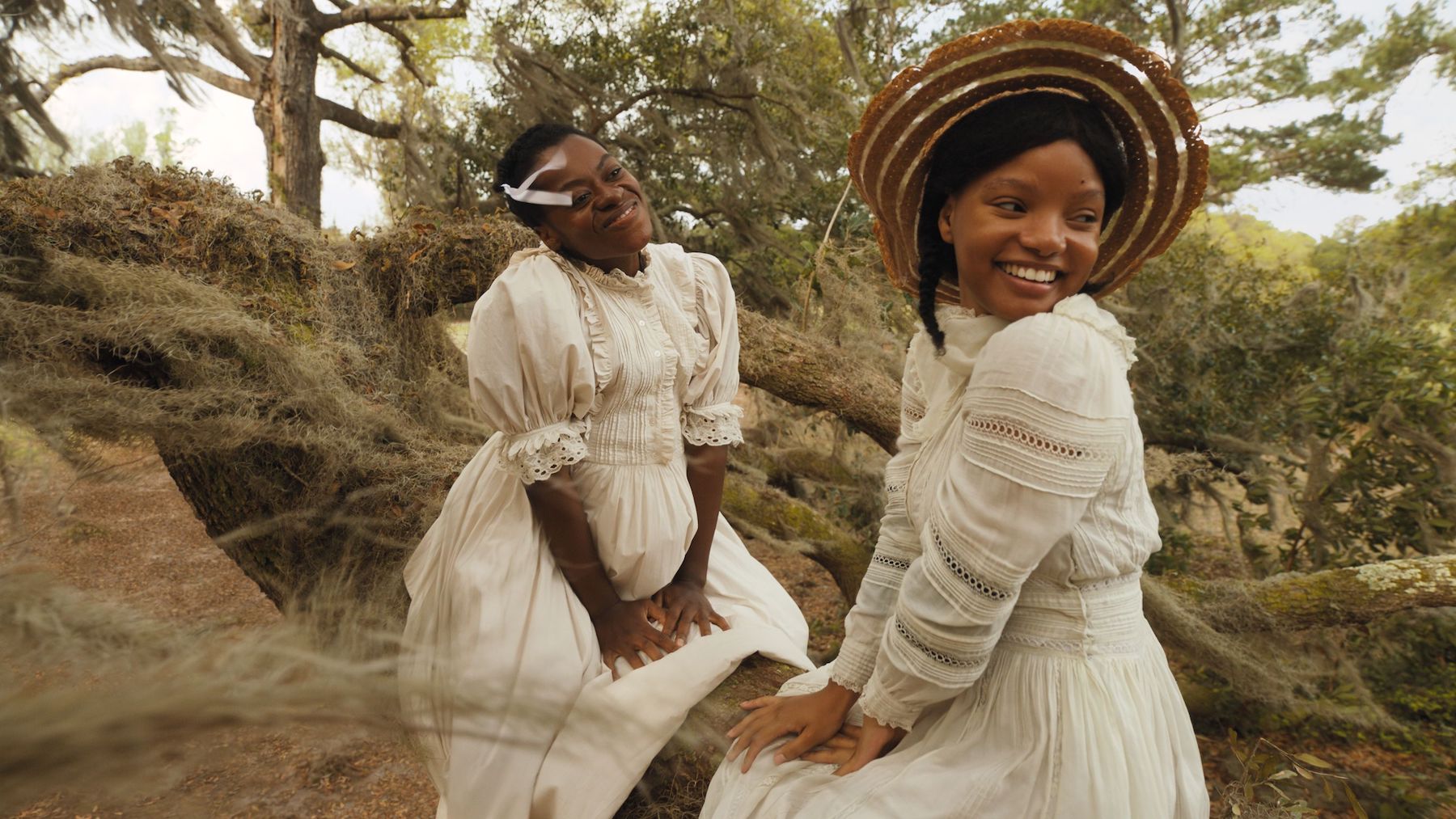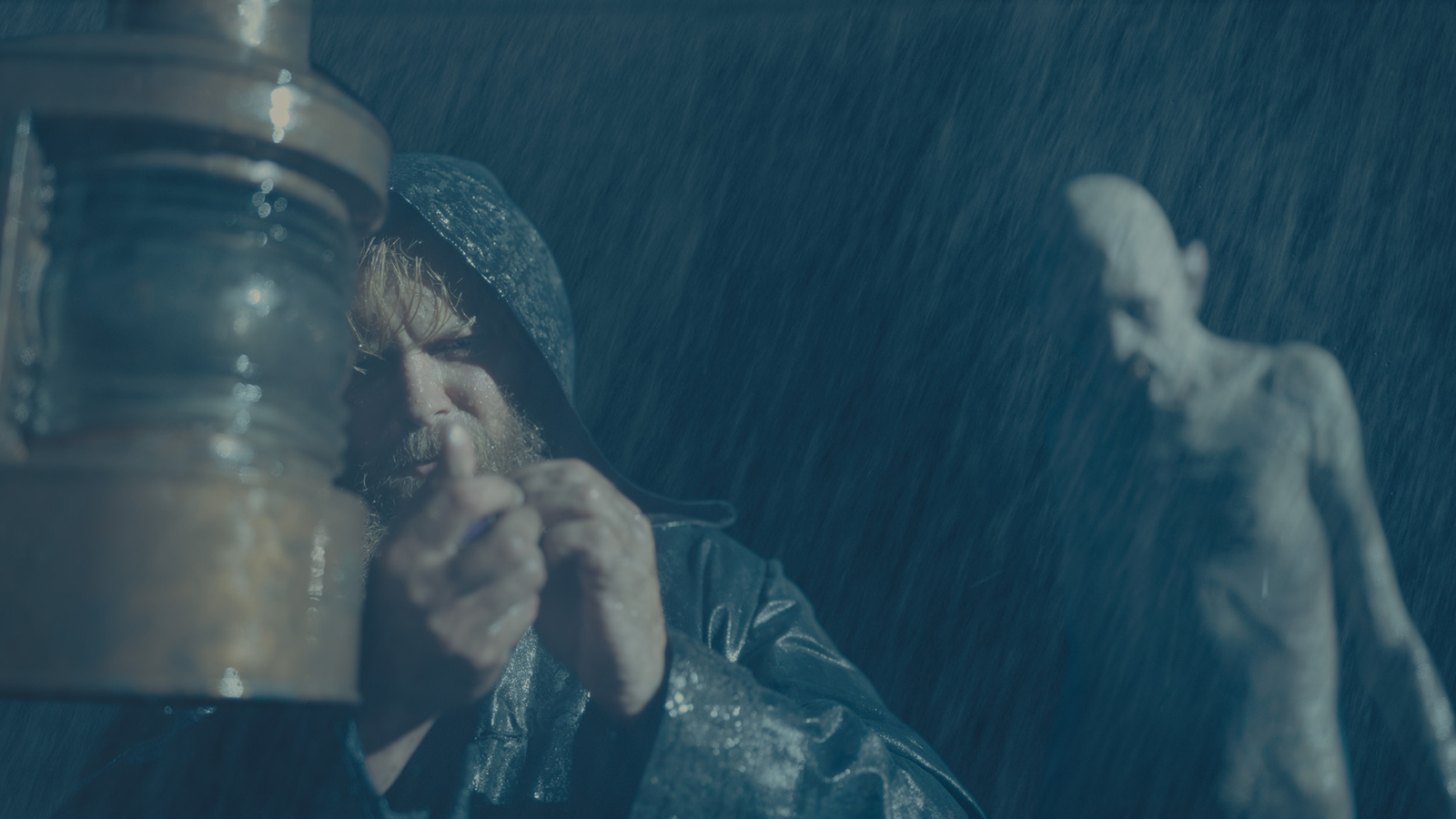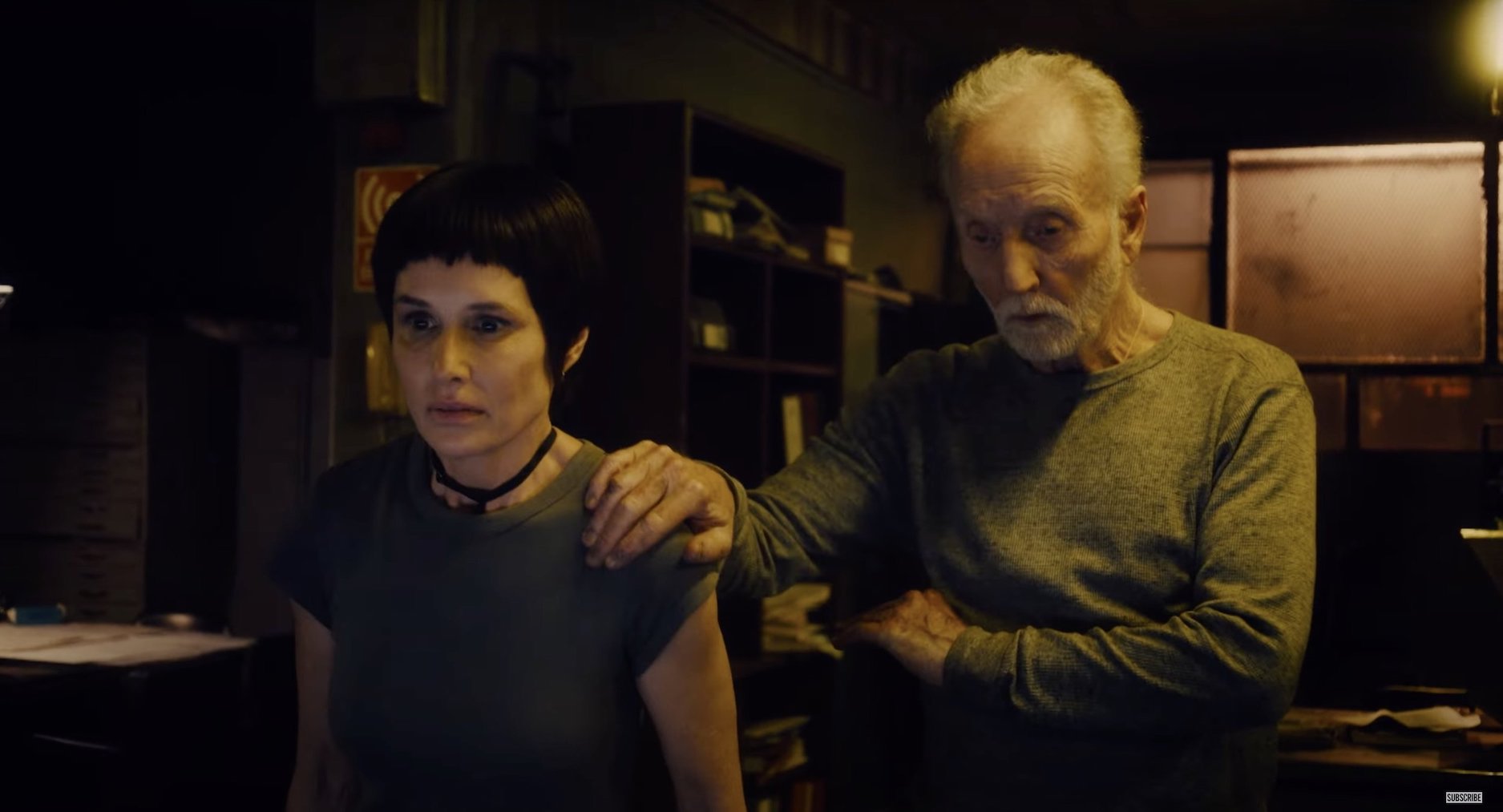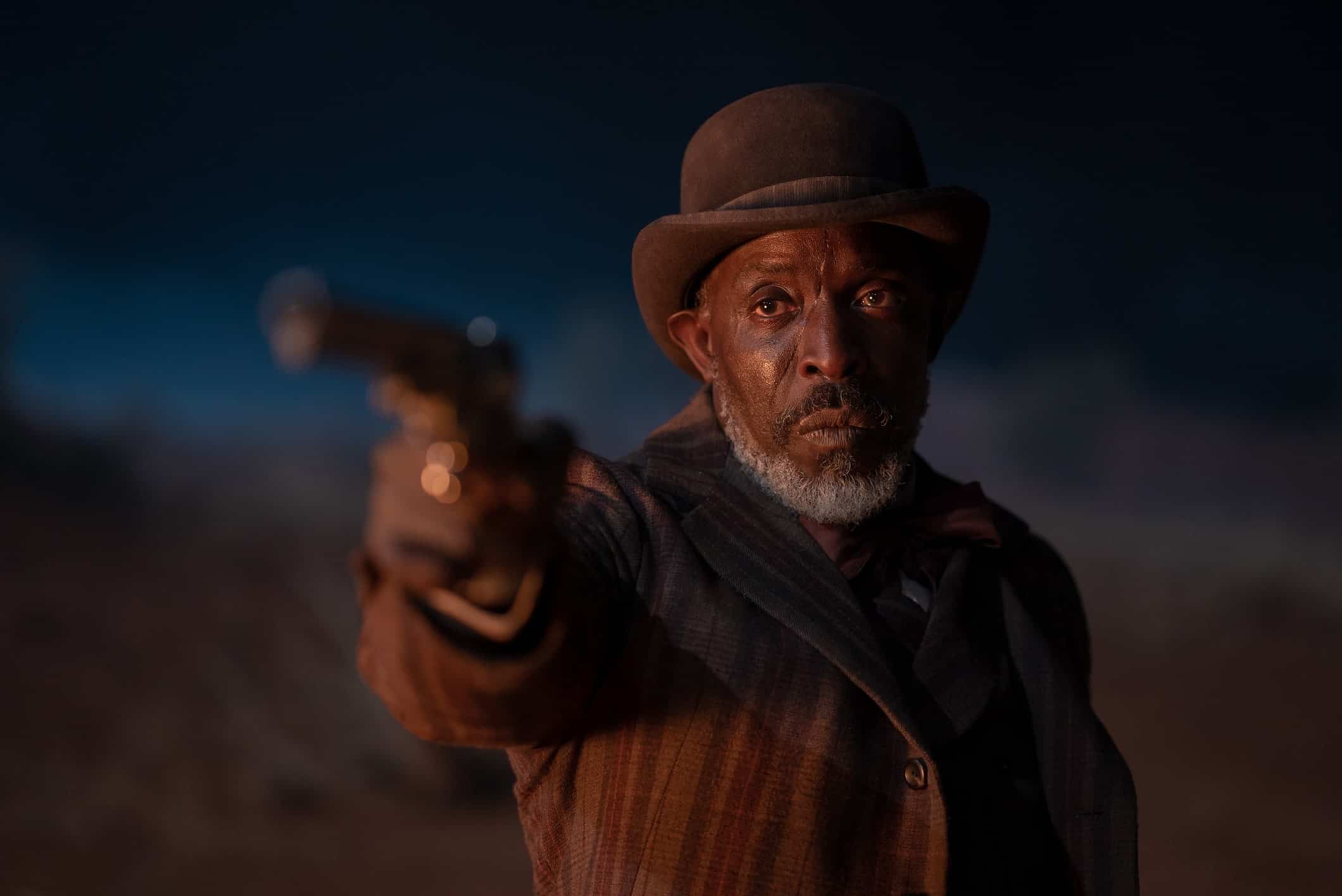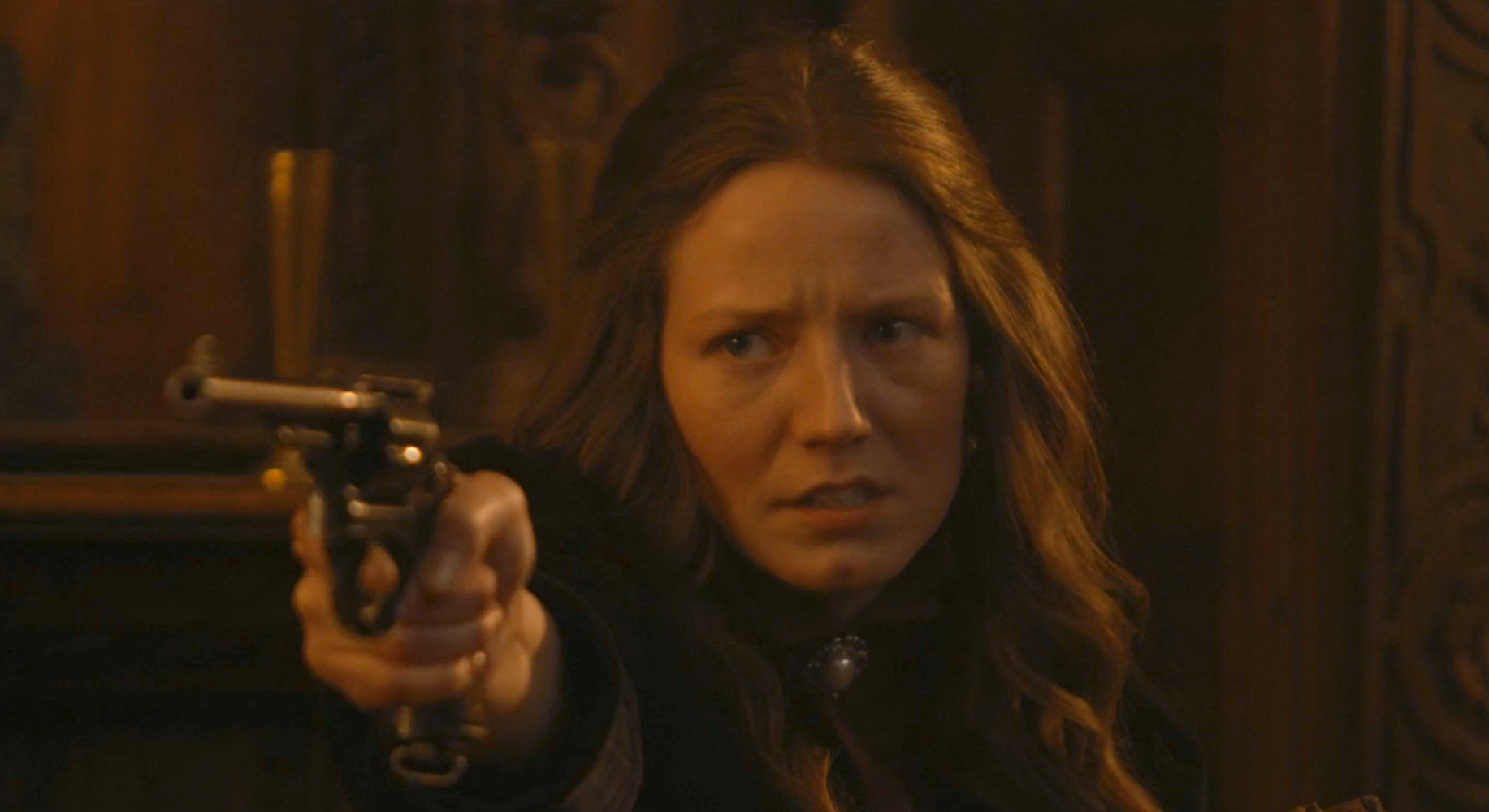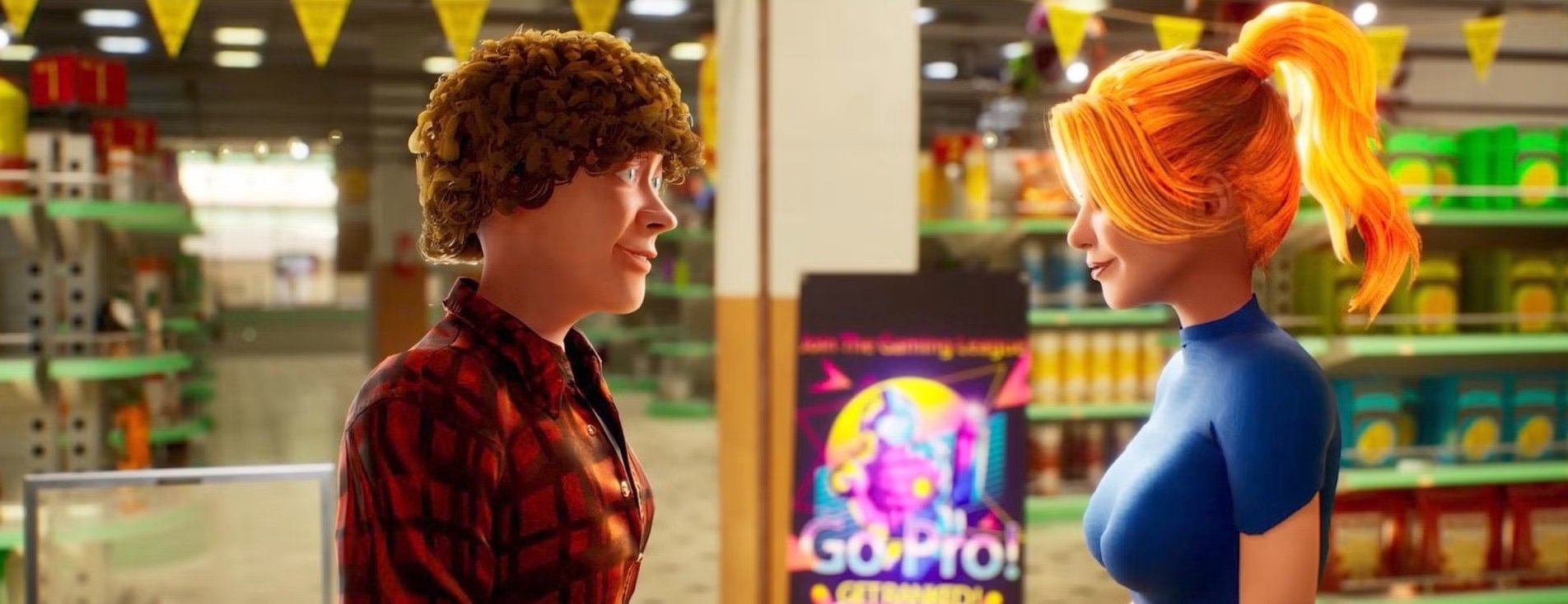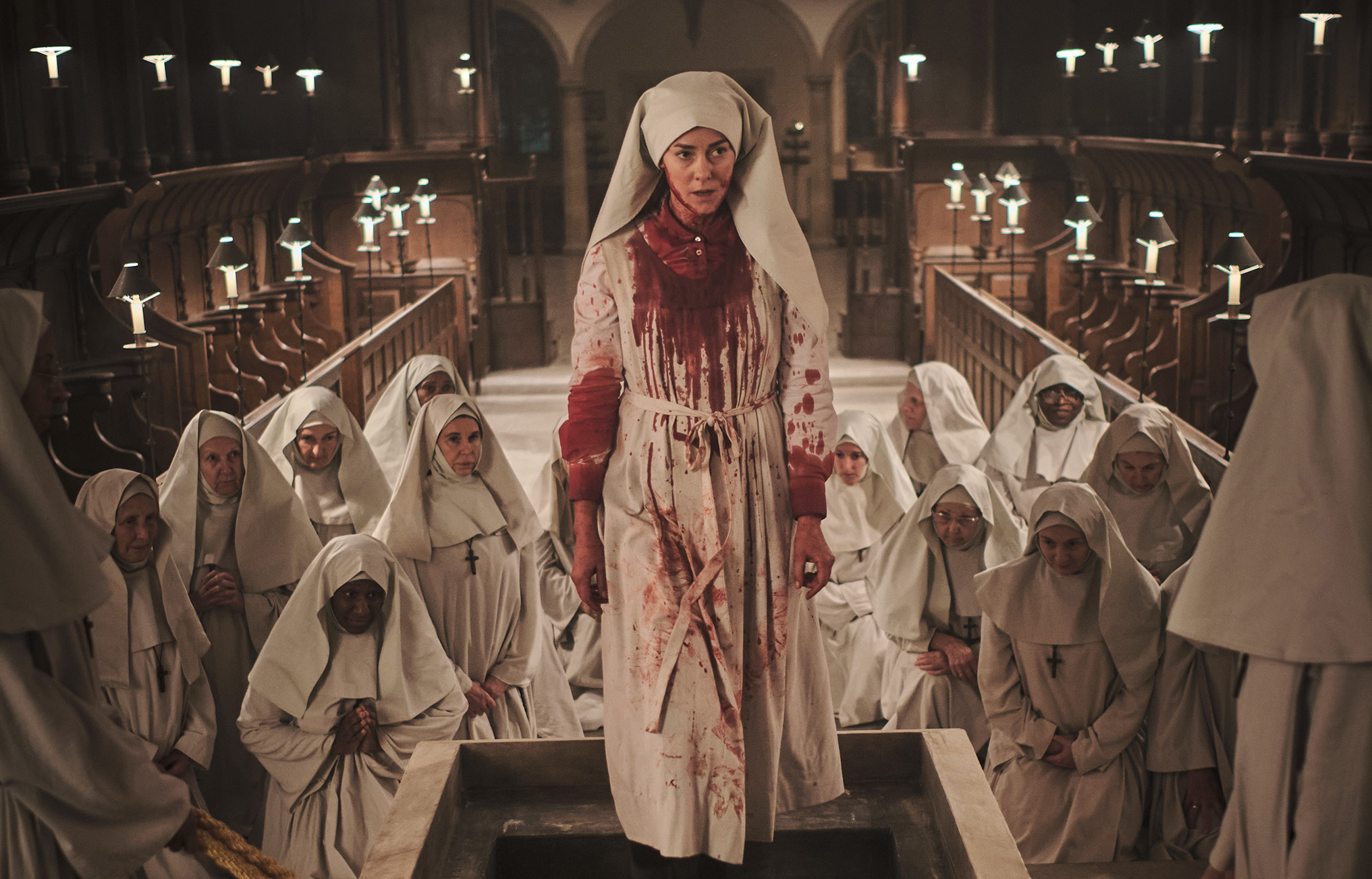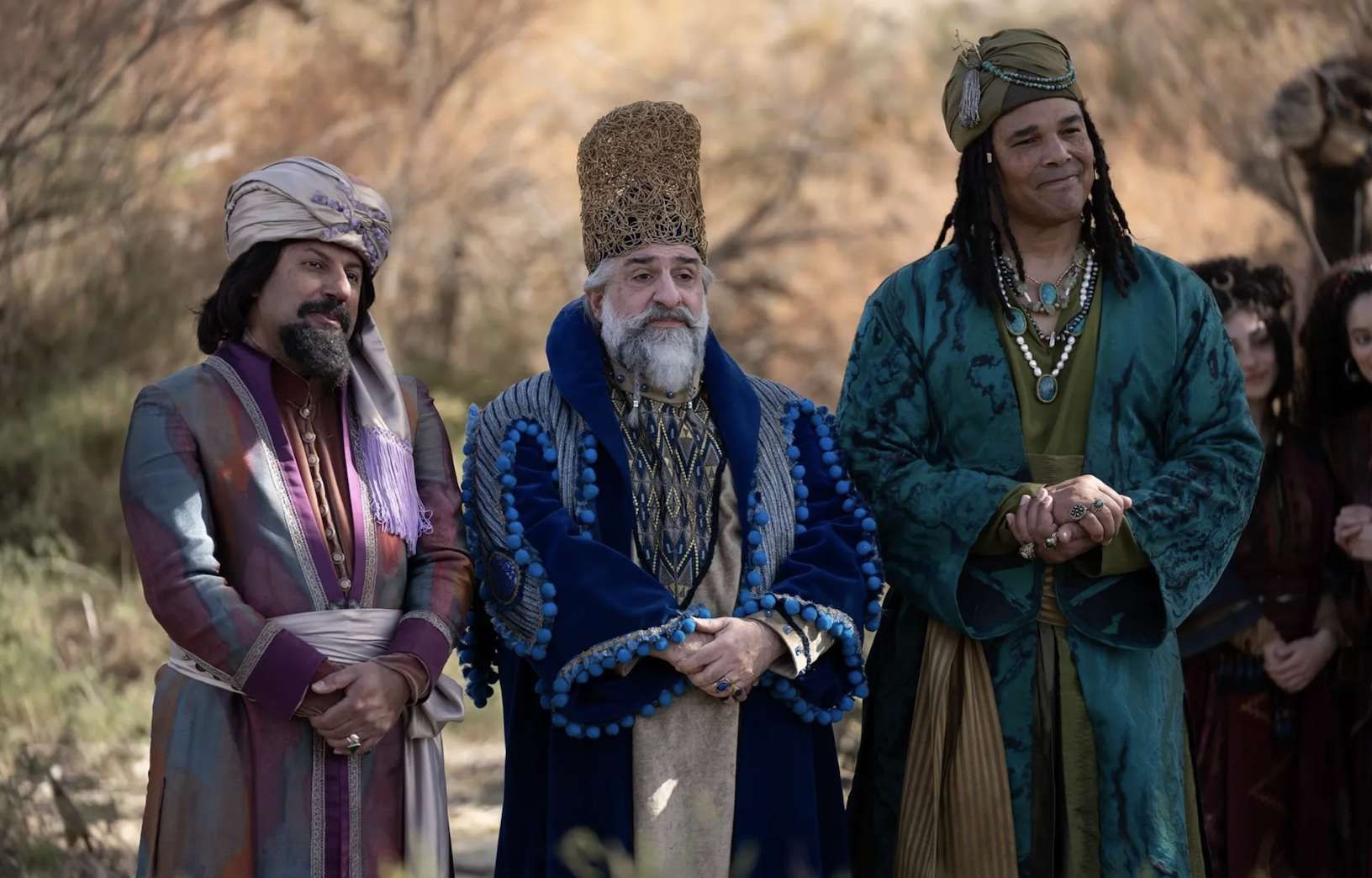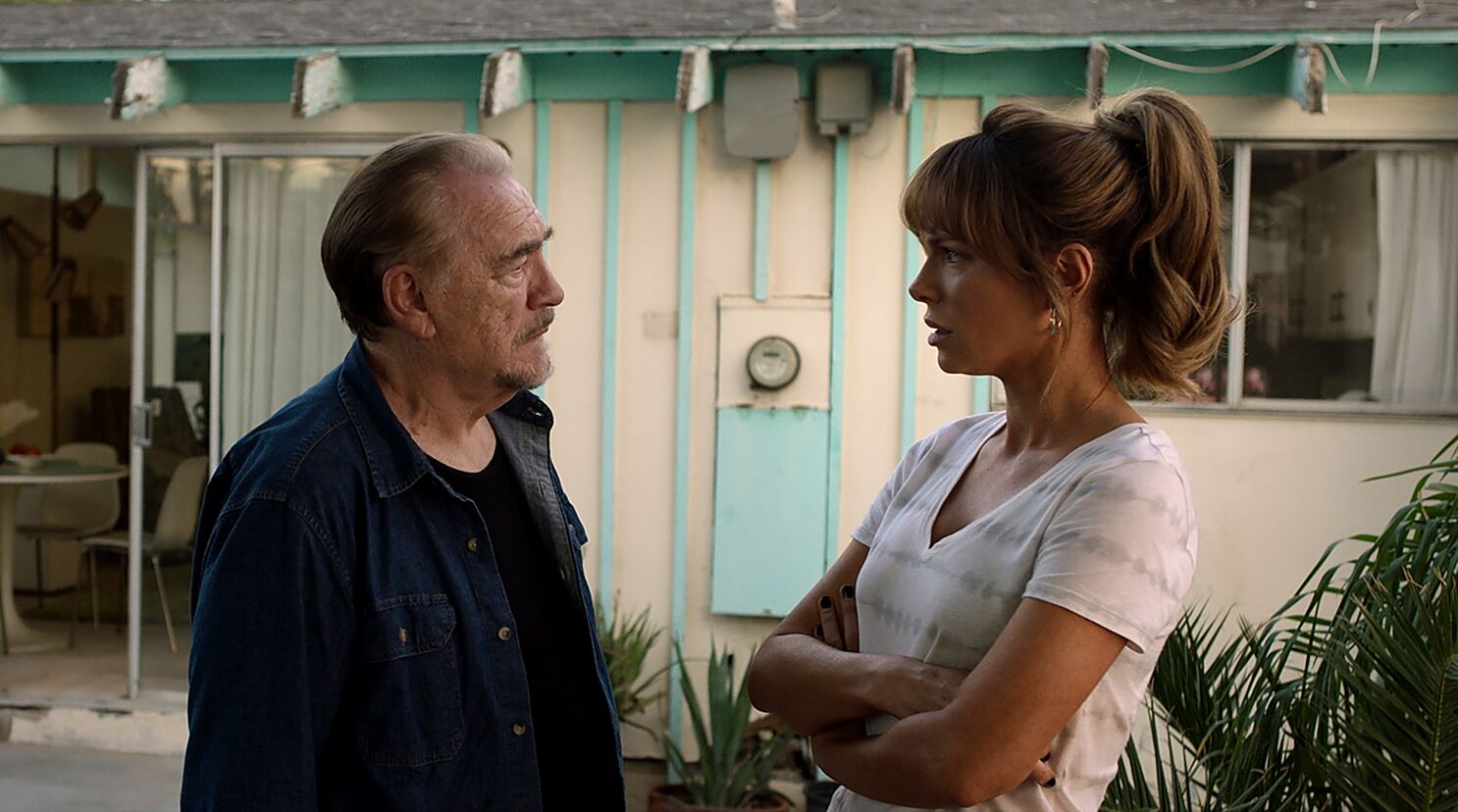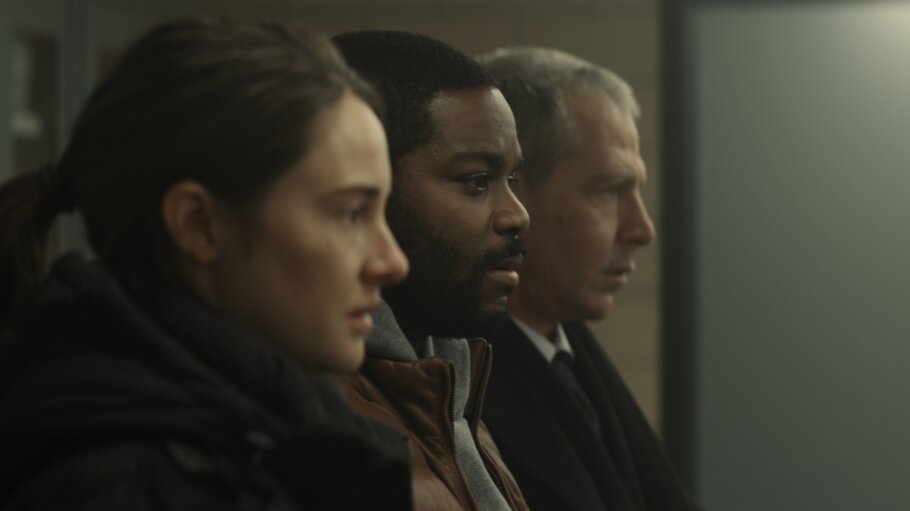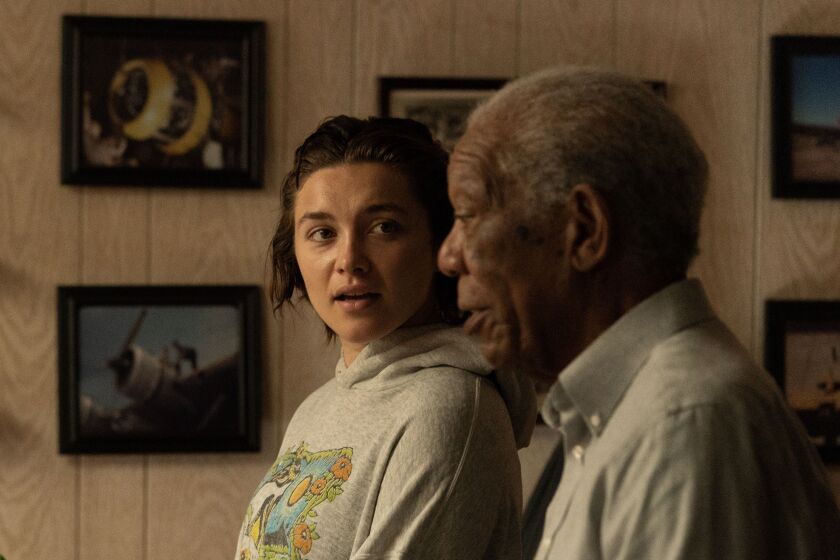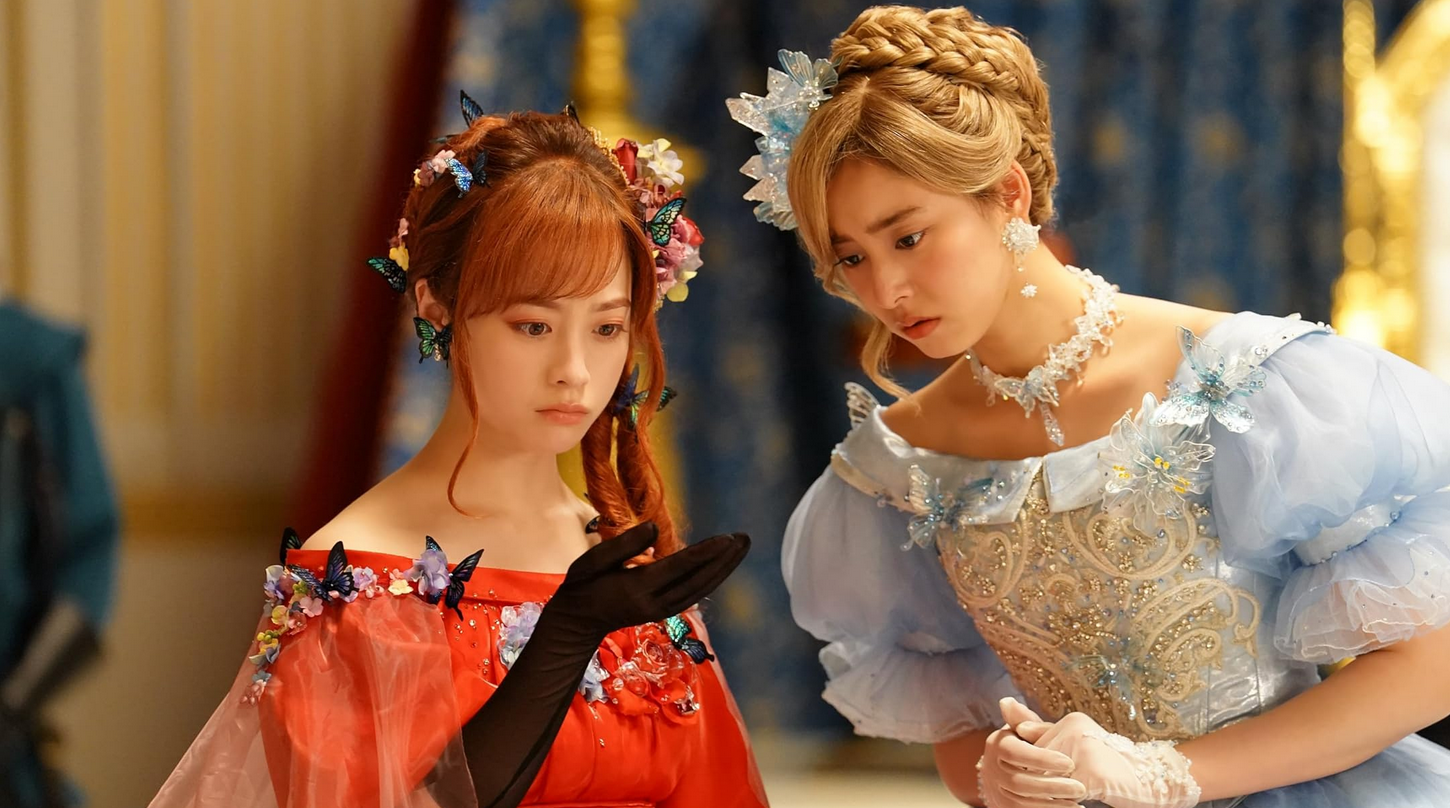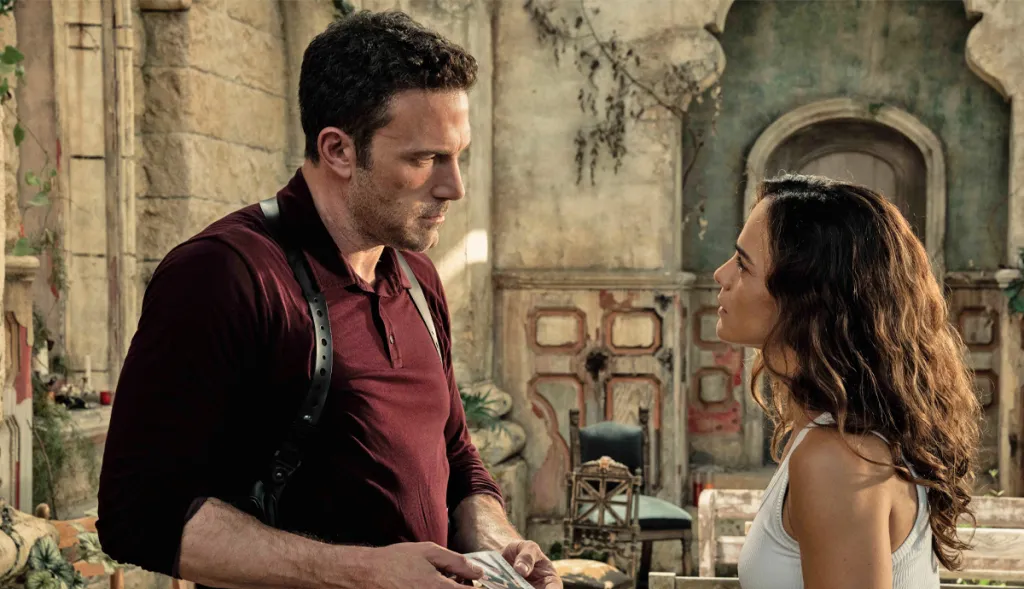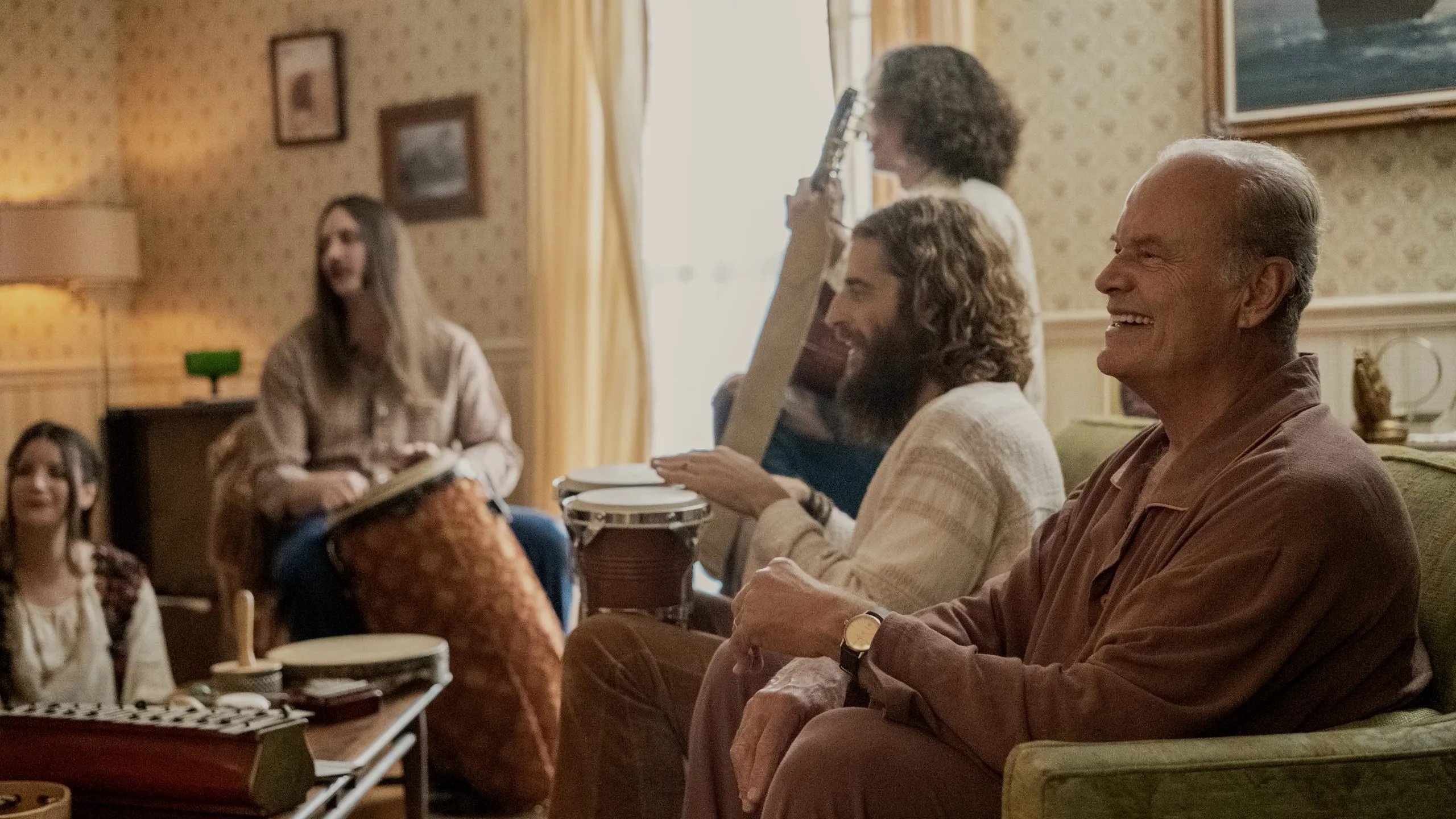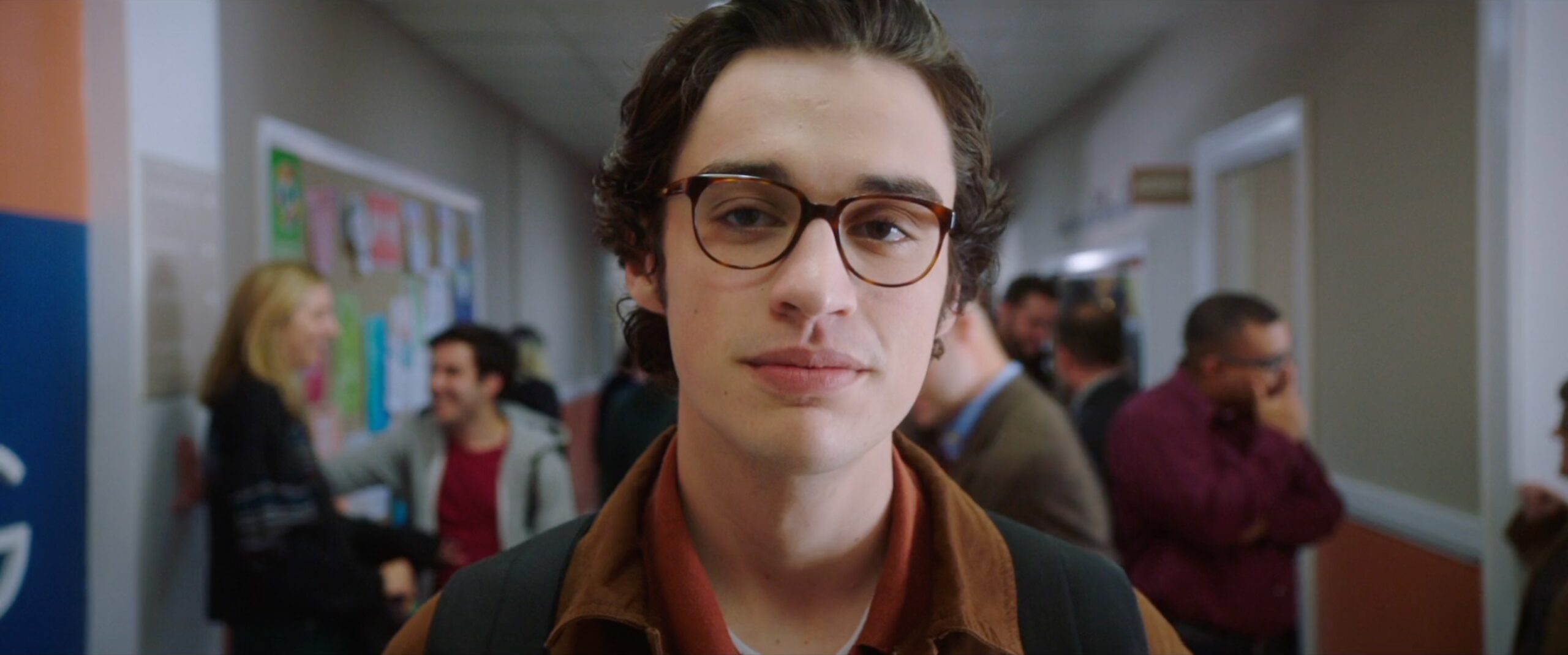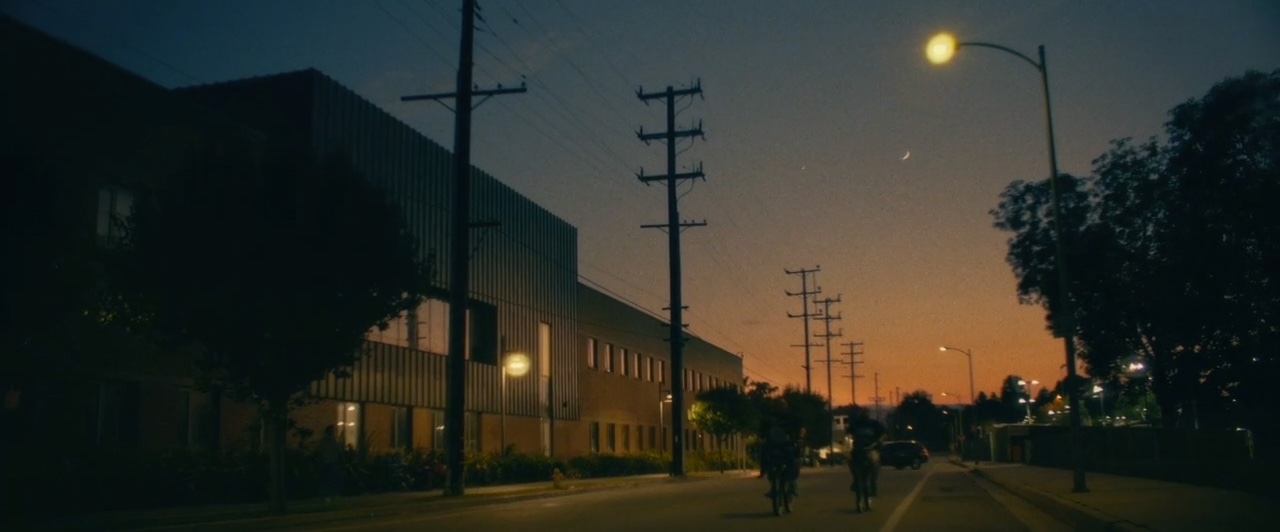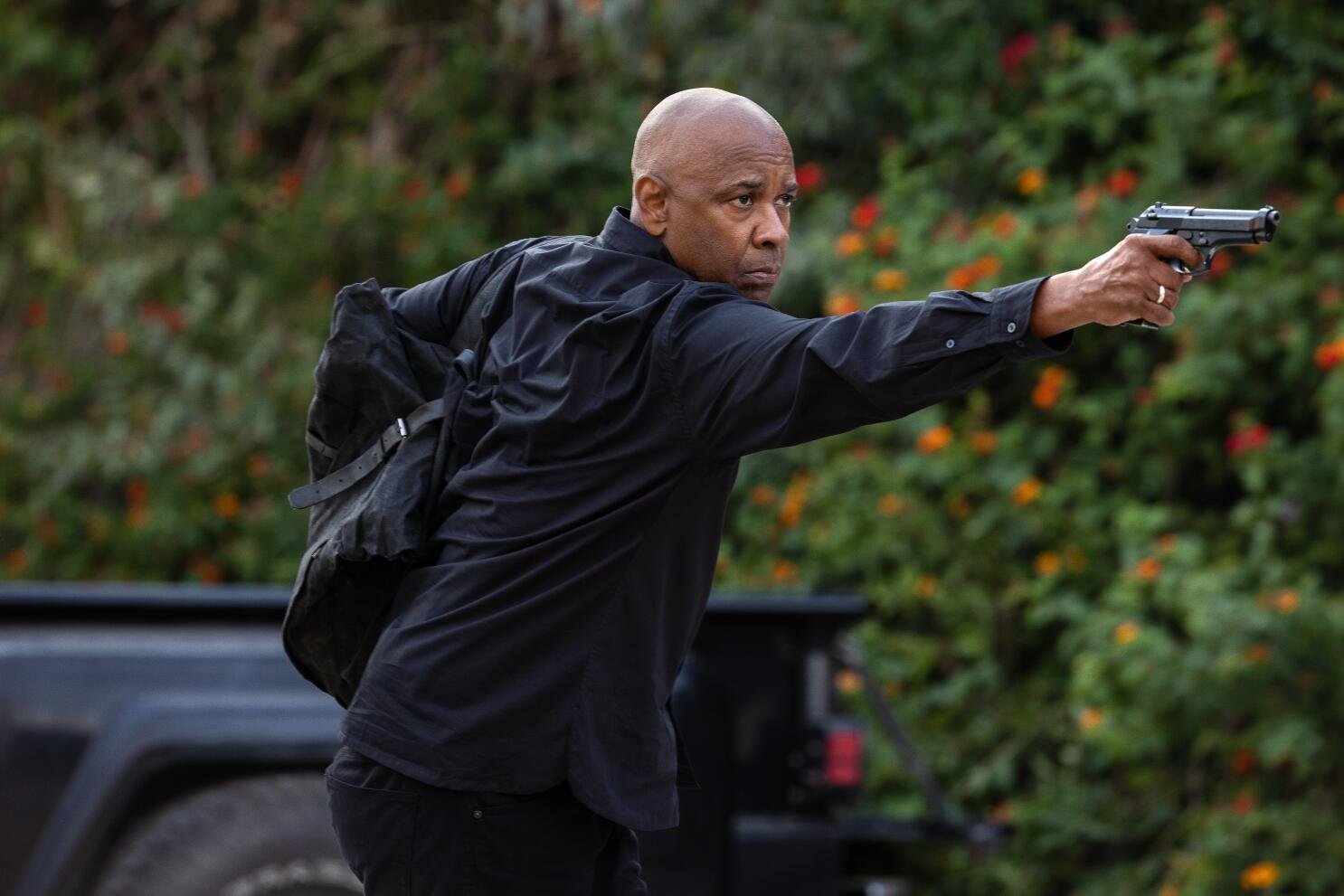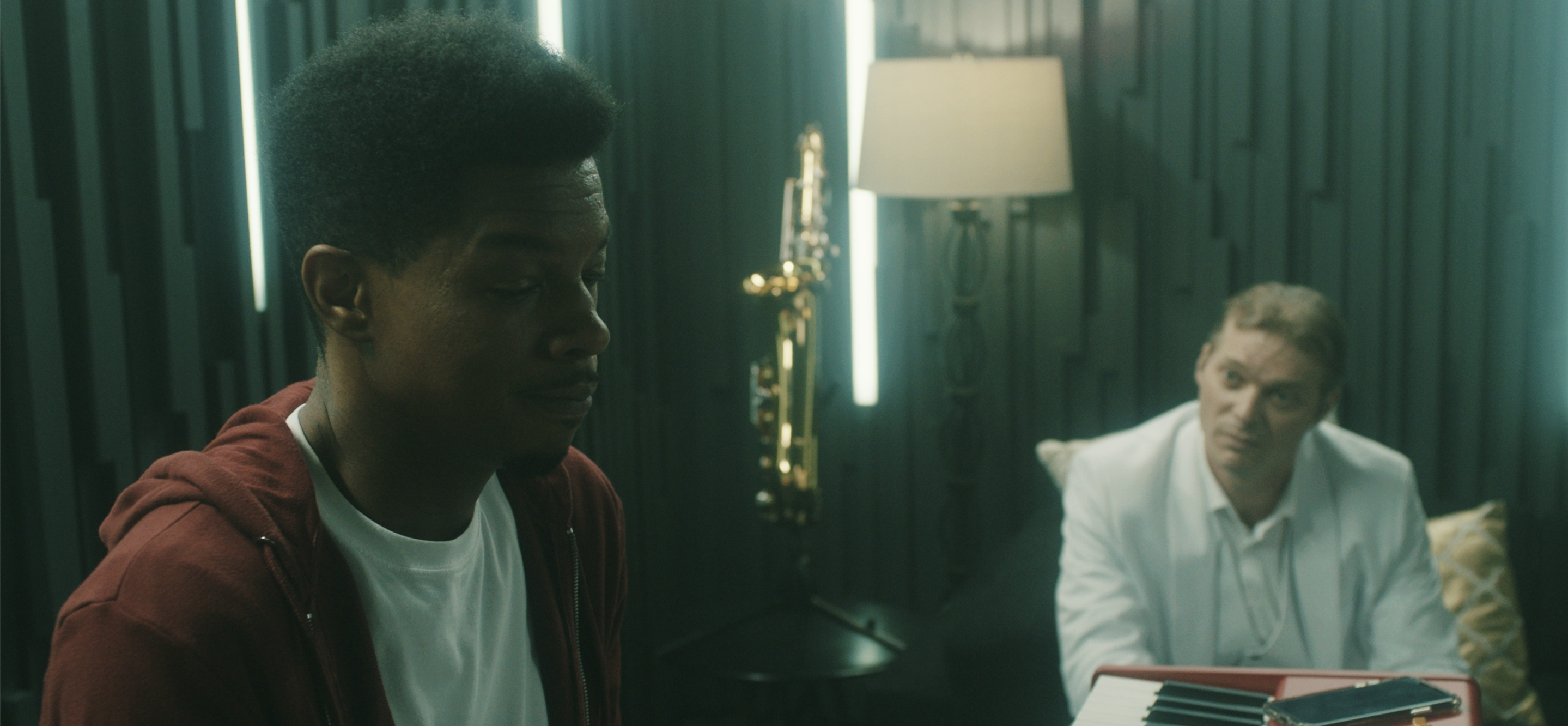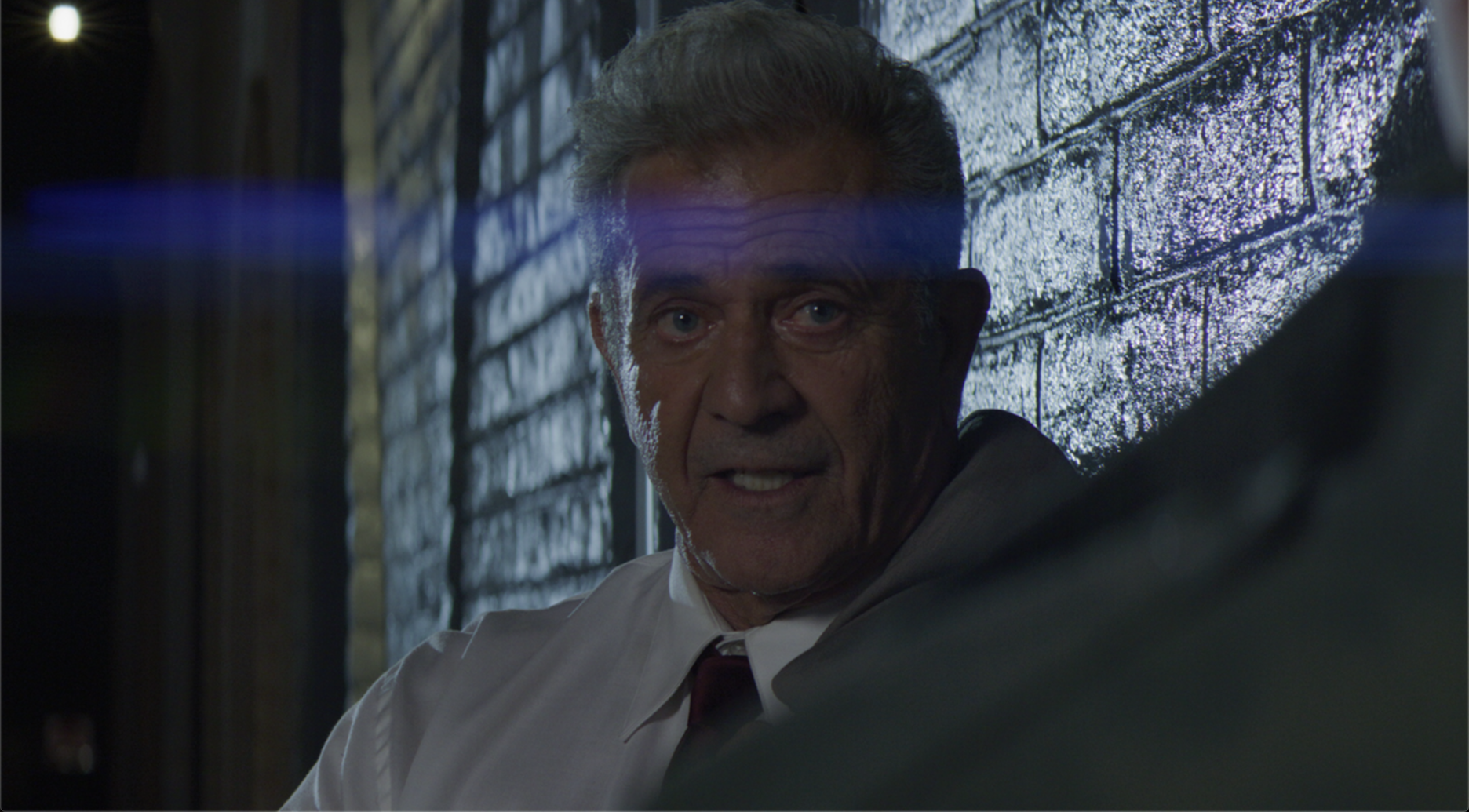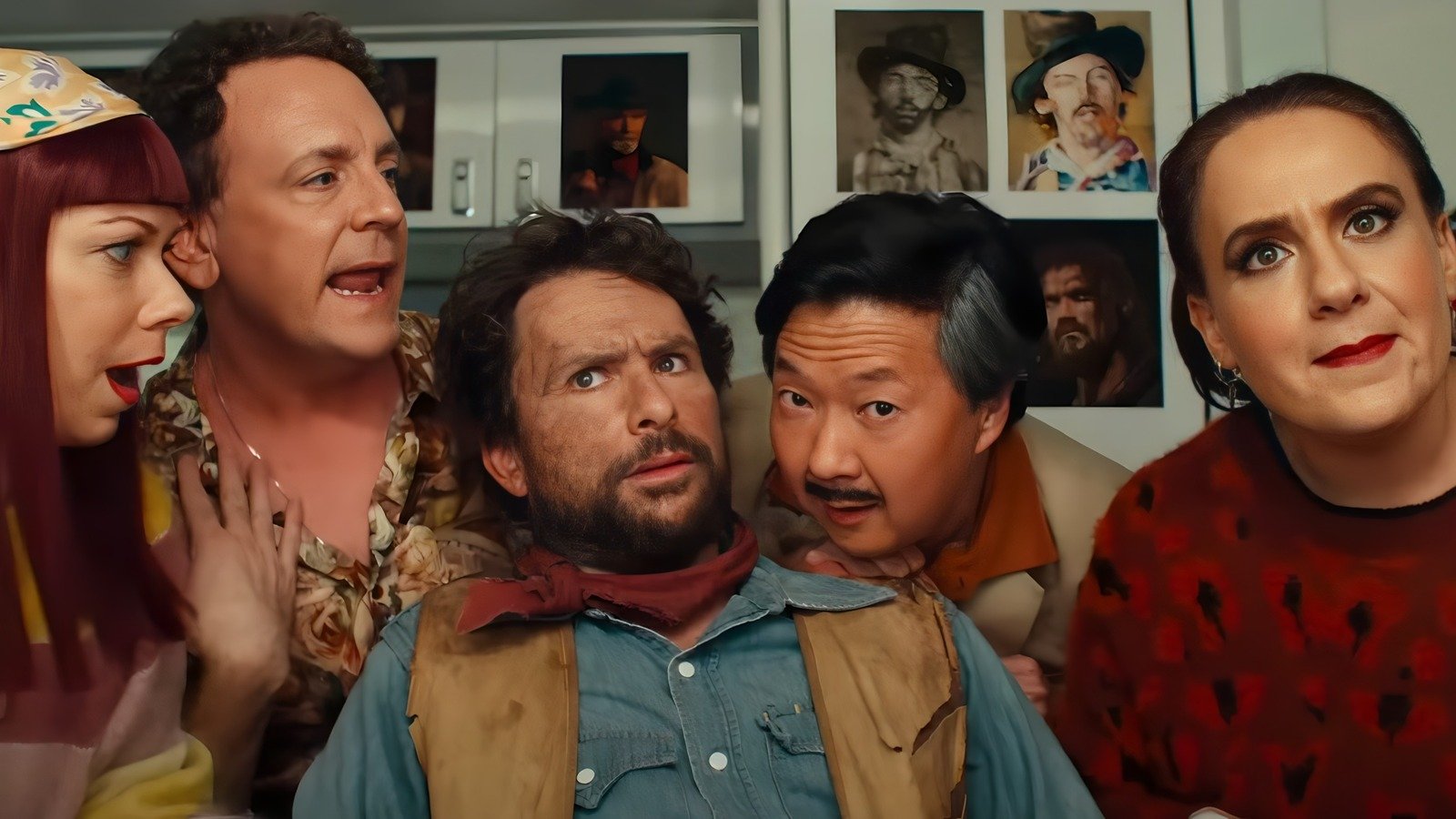20 Best Movies Of 2023 On Itunes
2023 saw an unprecedented rise in theater attendance, especially at the height of #Barbenheimer during the summer, but that doesn’t mean streaming is lagging far behind. In fact, video rental platforms like Itunes put up movies (in 4k and Dolby Atmos no less) as soon as their theatrical run comes close to the end. Yes, Itunes movies can be quite pricey, but if you’re looking for something truly fresh, then it’s the way to go.
Below you will find our recommendations for the best movies of 2023 on iTunes. These recommendations are all highly rated by viewers and acclaimed by critics. They were also watched and vouched for by one of our writers.
As in his previous films, Director Andrew Haigh explores the delicate nature of loneliness, grief, and love in All of Us Strangers, except this time he does so through a supernatural lens. The result is mesmerizing: amid the tenderness the film draws from its characters, there’s a swirl of mystery too: how is it possible that Adam is conversing with his dead parents? Who, exactly, is Harry? The intrigue is there, and Haigh builds to a satisfying climax that answers all these questions. The mystery also lends the film an ethereal style that makes it visually resemble a horror or thriller more than it does a romance or drama. But as superb as it looks and as compelling as the ambiguity is, they never distract from the film’s central goal, which is to bring us into the complex emotional journey Adam goes through as he simultaneously develops a relationship with Harry and parses his childhood trauma with his parents. It’s a hefty film, filled with big emotional moments that will have you crying, smiling, longing, and healing all at the same time. And like any good film, it will haunt you for days on end.
Genre
Drama, Fantasy, Romance
Director
Andrew Haigh
Language
English
Mood
Dramatic, Emotional, Lovely, Romantic, Tear-jerker, Touching, Well-acted
The Teacher’s Lounge is one of those movies where a simple misunderstanding is blown out of proportion, so much so that it causes the fabric of a community to unravel into chaos. Aided by a precise score, it ticks like a timebomb, with every second filled with so much dread and anxiety you have to remind yourself to breathe. It’s an impeccable and taut thriller, but it also works as an allegory about modern-day surveillance and authority. Director İlker Çatak gives the Gen-Z students and their much older teachers a level field where they struggle for control, and the result is both bleak and funny. It’s often said that schools are a microcosm of the real world, but nowhere is that more apparent than here.
Genre
Drama, Thriller
Director
İlker Çatak
Language
English, German, Polish, Turkish
Mood
Gripping, Suspenseful, Well-acted
How do you make a film about the Holocaust feel new? How do you make the terrors feel fresh, like it was just in the news, without sounding redundant or without giving into the sensationalized and emotionally manipulative? For Director Jonathan Glazer, the answer lies in not what you show but what you don’t show. The Zone of Interest is shot from the point of view of Nazi Officer Rudolf Höss (Christian Friedel) and his wife Hedwig (Sandra Hüller), who live a dreamy life right next to the infamous Auschwitz death camp. Glazer frames them plainly and without flourish as they ignore (or, arguably, revel in) the glow of burning bodies, the howls of pain, and the billows of smoke coming from the torture chamber a wall away. It’s a powerful, nauseating contrast that turns the question from “How can they do this?” to “Who among us is committing the same things right now?” Who among us is casting a blind eye to the atrocities and genocide being committed at this very moment to our neighbors? The film, which is also a technical feat in terms of the way it’s shot (the crew and cameras remained hidden so that the actors were free to roam, as if in a play) is chilling and thought-provoking, and it will unnerve you for days on end.
Genre
Drama, History, War
Director
Jonathan Glazer
Language
German, Polish, Yiddish
Mood
Challenging, Dark, Depressing, Discussion-sparking, Intense, Thought-provoking
You would expect a courtroom drama to be built around damning pieces of evidence, passionate speeches, or certain social issues lending weight to the investigation. But what makes Justine Triet’s Palme d’Or-winning Anatomy of a Fall so remarkable is how direct it is. Triet doesn’t treat this case like a puzzle for the audience to participate in solving; instead she fashions this trial into a portrait of a family being eroded by even just the suggestion of distrust. It ultimately has far less to do with who’s responsible for the death of a man, and more to do with the challenge of facing the reality that the people we love are capable of being cruel and callous to others.
Which isn’t to say that Anatomy of a Fall doesn’t still possess qualities that make it a great courtroom drama—doubt only continues to pile up with every new piece of information that’s revealed to the audience, until we begin to interpret characters’ expressions and actions in a contradictory ways. But the way Triet executes these reveals is just so skillful, choosing precisely how to let details slip and obscuring everything behind faulty memory, intentional dishonesty, or any other obstacles that usually come up during an investigation.
Genre
Crime, Drama, Mystery, Thriller
Director
Female director, Justine Triet
Language
English, French, German
Mood
Character-driven, Gripping, Raw, Smart, Thought-provoking, Well-acted
The first few minutes of Robot Dreams are so deceptively simple and pleasant that it’s hard to think of a conflict that could keep the film moving. But something does happen—life happens, which sounds annoyingly vague, but it’s true. Life happens, and the rest of the film is about how Dog and Robot survive the specific pain of living. It’s at once poignant and delightful, filled with surprising moments that shouldn’t work, but do. It feels incredibly human even though there are no people in sight. It says a lot about the crisis of loneliness and the importance of moving on even though it’s a silent movie. And then there’s that one scene that breaks the fourth wall most adorably, proving that Robot Dreams is anything but the straightforward film it seemed to be in the beginning. Consistently, however, it is a touching movie. Whether it ends up breaking or warming your heart is just something you have to look out for.
Genre
Animation, Comedy, Drama, Family, Science Fiction
Director
Pablo Berger
Language
No language
Mood
Lovely, Tear-jerker
Martin Scorsese’s Killers of the Flower Moon isn’t a whodunnit; in fact, it’s closer to a who-didn’t-do-it. We know from the very beginning who is responsible for committing the brutal serial murders of wealthy Osage Native Americans in 1920s Oklahoma that the film chronicles: pretty much every single one of their white neighbors, spearheaded by William Hale (a skin-crawling Robert De Niro). Scorsese, most often associated with mafia stories, stealthily suggests here that the most dangerous gang of all is the one into which all these perpetrators have been born. That’s an idea he investigates through the confused loyalties of Leonardo DiCaprio’s Ernest Burkhart, the Judas-like husband of Mollie (movie-stealer Lily Gladstone), an Osage woman who owns lucrative oil headrights that William wants to fatten his own pockets with. This searing epic — based on a harrowing chapter of real American history — is an unsparing and self-implicating look at complicity and greed in the eye, a monumental movie that cements its maker as one of the greatest to ever do it.
Genre
Crime, Drama, History
Director
Martin Scorsese
Language
English, French, Latin
Mood
A-list actors, Action-packed, Challenging, Character-driven, Dark, Discussion-sparking, Dramatic, Emotional, Gripping, Intense, Mind-blowing, Raw, Smart, Suspenseful, Thought-provoking, Thrilling, True-crime, True-story-based, Well-acted
Journeying from Africa to Europe without an official permit isn’t just risky, it’s dehumanizing, if not lethal. And though we’ve heard about the many unfortunate ways migrants have suffered, never has the crisis been as intimately and intensely portrayed as in Io Captain. Here, we get to see who Seydou and Moussa were before the voyage out of Senegal, before they were reduced to anonymous bodies bound to torture, slavery, and racism. Director Matteo Garrone takes care not to exploit their lives and instead highlights the joy and hope they left behind and continue to find in small but meaningful portions. Garrone achieves a delicate balance between stark, depressing reality and heartwarming hope, and it’s beautiful to watch. All this in addition to stunning cinematography and unbelievable performances by the two young leads makes Io Capitano easily one of the best films in recent years.
Genre
Adventure, Drama
Director
Matteo Garrone
Language
English, French, Italian, wolof
Mood
Emotional, Intense, True-story-based, Well-acted
Riceboy Sleeps looks like a fairy tale. Taken in 16mm and colored to pastel-grain perfection, it’s a captivating picture that moves like a happy memory. And occasionally, the action matches the air. Mother So-young (Choi Seung-yoon) and son Dong-hyun (Ethan Hwang) share a fierce, us-against-the-world bond as they strive to make it in a Canadian suburb without a lick of help.
The film is beautiful that way, but it also importantly doesn’t spare us from the harsh-edged realities of immigrant life. There are assimilation attempts, cultural divides, and on Dong-hyun’s part, a perpetual longing to know about an unknowable past. It’s a lovely picture, to be sure, but it’s also a tear-jerker, as heartbreaking as it is heartwarming.
Coupled with writing and performances that are resonant but restrained (they never verge on melodrama), Riceboy Sleeps makes for a powerful debut and a truly unforgettable watch.
Genre
Drama
Director
Anthony Shim
Language
English, Korean
Mood
Discussion-sparking, Dramatic, Emotional, Heart-warming, Lovely, Slice-of-Life, Sweet, Tear-jerker, Warm, Well-acted
Of all the Christmas-set films to have come out over the last couple of months that were, inexplicably, about grief and regret (you’d be surprised by how many there are), The Holdovers easily outdoes its contemporaries by being confident enough to just sit with its characters. Like the best of director Alexander Payne’s other films, there are no melodramatic crescendos or overcomplicated metaphors; there are only flawed individuals going about their lives, occasionally noticing the things that bind them together. Payne’s gentle touch means the characters (and the audience) aren’t forced to “solve” their grief, but allowed to come to terms with it in their own way, with each other.
Payne evokes the film’s 1970s setting through a muted color palette and analog—almost tactile—sound design, giving warmth to this New England despite all its snow and chilly interiors. It’s understandable that these characters are similarly cold to each other on the surface at first, but they manage to thaw the ice simply by taking the chance to listen to each other’s pain. It’s the kind of film in which relationships develop so gradually, that you hardly notice until the end how much mutual respect has formed between them when they return from their dark nights of the soul back to their status quo.
Genre
Comedy, Drama
Director
Alexander Payne
Language
English
Mood
Character-driven, Funny, Heart-warming, Lovely, Sunday, Uplifting, Warm, Well-acted
Oscar-winner Emerald Fennell got a lot of free reign with her debut, Promising Young Woman, which was a slightly modest ordeal even with a lead of Carrey Mulligan’s calibre. But now, with her sophomore film, she go to have some fun. Assembling a devout cast of particularly skilled actors—Barry Keoghan, Jacob Elordi, Rosamund Pike, and Mulligan again—seems like an obvious decision, but the mix of them all is unlike anything we’ve seen before. A class satire, a psychological thriller, and a psychosexual drama, Saltburn is high class entertainment, with a snappy script, and many tricks up its sleeve. Brace yourselves for some bath-action, grave-action, and full-moon-menstrual-action and many other scenes you may have not ever pictured shown on the screen. Actually, it’s impossible to prepare for a film like this one, but being open certainly helps digest the shock and provocations that are there for you to behold.
Genre
Comedy, Drama, Thriller
Director
Emerald Fennell, Female director
Language
English
Mood
Character-driven, Gripping, Original, Thrilling, Well-acted
The story of the Von Erich family is excruciatingly sad, but Iron Claw doesn’t dive right into the tragedy. Instead, it takes care to paint a picture of a close-knit family that’s filled with just as much warmth, jealousy, affection, and resentment as the next bunch. Durkin masterfully draws you into their circle so that everything that happens next is sure to cut deep. The choreography, chemistry, color—everything is carefully and beautifully set up, but the casting is what stands out the most. This wouldn’t have worked as well if it weren’t for the inspired move to pair Zac Efron, Jeremy Allen White, Harris Dickinson, and Stanley Simons as brothers and partners. On the internet, people have been dubbing The Iron Claw as “Little Women and The Virgin Suicides for men” and it’s not hard to see why. Apart from the sibling bond over glory and growing pains, all these films are also powerful explorations of gender. Iron Claw is a vicious takedown of toxic masculinity, while also being a searing family drama and an incredible showcase for Efron and company.
Genre
Drama, History
Director
Sean Durkin
Language
English
Mood
Action-packed, Dark, Depressing, Dramatic, Emotional, Tear-jerker
Simple but lovely movies like Fallen Leaves are hard to come by these days. While others rely on complicated dialogue or overly ambitious premises to be deemed deep or important, Director Aki Kaurismäki trusts that his material is strong enough. After all, its silence speaks volumes; the characters don’t say much but when they do, you can be sure it’s something hard-hitting or funny. The plot doesn’t contain a lot of surprises, but when it makes a turn, it moves you instantly. And the leads, Ansa (Alma Pöysti) and Holappa (Jussi Vatanen) barely move their features, but their eyes convey more emotion, more longing and ache and joy, than one can hope for. Some movies can be challenging, exhilarating, or exhausting to watch. This one is simply delightful.
Genre
Comedy, Drama, Romance
Director
Aki Kaurismäki
Language
Arabic, Finnish
Mood
Easy, Feel-Good, Lovely, Romantic, Sunday, Sweet, Uplifting
La Chimera is often meandering. Scenes flitter about and move at different paces, resembling dreams more than they do reality, but they’re hardly trivial. Just the opposite, they enchant you with their beauty and confront you with deep, existential questions that haunt you long after the film’s run. You won’t find obvious answers here though, and you might even leave more perplexed than when you began. But that is the beauty of a film like La Chimera, it cracks you open to different realms and possibilities.
Genre
Adventure, Comedy, Drama, Fantasy
Director
Alice Rohrwacher, Female director
Language
English, French, Italian, Portuguese
Mood
Lovely, Slow, Well-acted
Kill Bill meets Bend It Like Beckham in this wild ride about a martial arts-obsessed British-Pakistani teenager who views her older sister’s impending marriage as a catastrophe to be averted at all costs. Aspiring stuntwoman Ria (Priya Kansara) can’t stomach the idea of free-spirited Lena (Ritu Arya) giving up on her creative dreams to marry a nauseatingly perfect man — not least because art school dropout Lena is her hero for refusing to conform to their community’s traditional ideas about respectability and success.
Polite Society makes room to sensitively explore Ria’s disappointment and the loneliness of rebellion, but writer-director Nida Manzoor doesn’t stop there, throwing in a sharp allegory disguised as a zany twist. Rather than upending our expectations for upending’s sake, the surprise metaphor refigures the movie as perceptive cultural commentary on the age-old devaluation of women as mere vessels for the next generation. What’s more, Manzoor takes the analogy full circle to thoughtfully imagine how this kind of dehumanizing misogyny might have affected previous generations, suggesting that the real villains lie offscreen. Movies as inventive and intelligent as this don’t come around often, but one that’s this funny, visually bold, unabashedly feminist, and full of stars-in-the-making is rarer still.
Genre
Action, Adventure, Comedy, Drama
Director
Female director, Nida Manzoor
Language
English, Portuguese
Mood
Action-packed, Funny, Heart-warming, Original, Quirky, Well-acted
You don’t have to be a theater kid to enjoy this feel-good mockumentary set in a summer camp for junior thespians. While there are plenty of in-jokes here for those who might have spent a summer or two somewhere like AdirondACTS, Theater Camp also good-naturedly lampoons every instantly recognizable stereotype of theater kids and the classic failed-performer-turned-teacher.
Amongst the note-perfect ensemble, particularly hilarious standouts include co-writer Ben Platt and co-director Molly Gordon as camp instructors and best friends Amos and Rebecca-Diane. Both are Juilliard rejects with codependency issues and a classic case of actorly self-indulgence — as encapsulated in the moment they accuse a young attendee of “doping” for using artificial tears during a performance (“Do you want to be the Lance Armstrong of theater?”). But even seasoned performers like Platt and Gordon can’t pull the spotlight away from the film’s absurdly talented young ensemble, who are just as game for poking fun at their passion: standouts include Luke Islam, Alexander Bello, and Minari’s Alan Kim as a pint-sized “aspiring agent” who skips dance class to make business calls. All this self-satirising never obscures the movie’s heart, though; what begins as a self-deprecating ribbing of theater-heads ultimately becomes a rousing love letter to those very same misfits.
Genre
Comedy, Music
Director
Female director, Molly Gordon, Nick Lieberman
Language
English
Mood
Character-driven, Easy, Emotional, Feel-Good, Funny, Heart-warming, Lighthearted, Lovely, Sweet, Touching, Uplifting, Warm
There’s a degree of removal in Perpetrator which some viewers may find jarring: most visibly, in the performances, whose heightened sensitivity can seem unlikely for a horror film. That said, director Jennifer Reeder’s main conceit here is to entertain and make you think, and she doesn’t want you to get too comfortable. In the central concept of “Forevering,” a family curse spell that Jonny goes through, Reeder vests her character with metamorphic potential, and with that, ignites hope for a future that is better for women and for horror cinema as a whole. But the film is not overly intellectual. It’s rather intuitive in its world-building and celebrates horror’s final girl trope in a well-deserved way. A little gore, some slasher tropes, LGBTQ+ themes, and strong central characters make it a perfect pre-Halloween treat.
Genre
Horror
Director
Female director, Jennifer Reeder
Language
English
Mood
Dark, Intense, Suspenseful, Thrilling, Weird
The Royal Hotel sees Hanna (Julia Garner) and Liv (Jessica Henwick) resorting to take up a dire live-in job behind the bar in a remote desert part of Western Australia. Although they’re warned that they’d “have to be okay with a little male attention” in the outcast mining town, their financial precarity overrides the potential fear. Curiously enough, the fiction film is based on a real story, already told in the 2016 documentary Hotel Coolgardie by Pete Gleeson, but The Assistant director Kitty Green pulls no punches when representing how suffocating it must feel to be encircled by such unmediated male aggression. The brawls, the spilled beer, the c-word as a greeting all form the unnerving paraphernalia of life then and there. For Australian independent film devotees, there is actor Toby Wallace, who reprises his bad boy role from Babyteeth, and he’s joined by the ranks of Herbert Nordrum (The Worst Person in the World) and an utterly terrifying Hugo Weaving (The Matrix).
Genre
Drama, Mystery, Thriller
Director
Female director, Kitty Green
Language
English, Spanish, Swedish
Mood
Character-driven, Discussion-sparking, Gripping, Intense, Thought-provoking, True-story-based, Well-acted
It’s hard not to watch The Unknown Country and think of Nomadland: along with similarities in their Terrence Malick-inspired visuals, both films follow lone women seeking catharsis on the road as they grieve profound losses. But Morrisa Maltz’s debut feature is a decidedly lower-key, more spiritual affair — and is all the better for it.
The film is light on plot exposition, but it’s clear from her soft melancholy that Tana (Lily Gladstone) has set off on this road trip following a personal loss, a meandering journey that takes her from freezing Minnesota to Oglala Lakota reservations in South Dakota and down through Texas. Along the way, she reunites with loved ones and crosses paths with total strangers, all of whom are played by charismatic non-professional actors whose real life stories earn as much of the spotlight as Tana’s impressionistically shot journey. These moments of documentary, Gladstone’s naturalistic performance, Andrew Hajek’s contemplative images of lush American landscapes, and the film’s aversion to outright drama enrich the fictional elements by grounding them in earthy reality. There aren’t many more emotionally rewarding ways to spend 80-ish minutes than watching this poignant meditation on the tangled richness of human lives and the land we live on.
Genre
Drama
Director
Female director, Morrisa Maltz
Language
English
Mood
Emotional, Heart-warming, Slow, Warm, Well-acted
At once intimate and sweeping, A Thousand and One seamlessly weaves Inez’s personal turmoil and familial troubles with the systemic inequality that was rampant in ’90s New York. The hideous faces of gentrification, poverty, and police brutality are constantly appearing in the film, not merely because they lend weight to the story, but because they are inevitable for people like Inez. People who, despite their best efforts at achieving upward mobility are continually pushed down by self-serving institutions.
It’s easy for social issue dramas like this to buckle under the weight of their lofty goals, but nothing about A Thousand and One feels forced. Just the opposite, the film has an authentic quality to it—almost documentary-like in its precise depiction of Harlem throughout the years. It’s deeply personal and achingly tender, and everything else—the social commentary and the political beats—stems from that specificity.
Genre
Crime, Drama
Director
A.V. Rockwell, Female director
Language
English, Portuguese, Spanish
Mood
Character-driven, Dramatic, Emotional, Sweet, Touching
On the one hand, How to Blow Up a Pipeline is a tense thriller—an excellently set-up heist that makes you wonder, until the end, whether the low-budget operation succeeds or not. On the other hand, it’s a thoughtful rumination on the evil and influence of Big Oil, which despite its relentless destruction of environments and communities, continues to run scot-free.
Together, these parts make for a powerful, nerve-racking film about both the danger and necessity of eco-terrorism—a radical act that is impressively humanized and spared from caricature here. How to Blow Up a Pipeline’s themes may be big and its means explosive, but its rich characterizations of the young activists ground it into a relatable reality. One is dying due to toxins released by the nearby plant, another is forced to give up his property to make way for the construction of a pipeline. All are tired of the fruitlessness of government promises and peaceful protests. Rousing and relevant, there’s never been a more timelier film than this.
Genre
Crime, Drama, Thriller
Director
Daniel Goldhaber
Language
English
Mood
Discussion-sparking, Gripping, Intense
Set in one of Morocco’s oldest medinas, Blue Caftan is a tender portrayal of pure love and the different forms it takes. It follows traditional tailor Halim (Saleh Bakri) and his wife Mina (Lubna Azabal) who, despite their imperfect marriage, prove their affection in small but moving ways. He peels tangerines for her and washes her hair, she preps his meals and defends his craft from demanding customers. When a third person, Youssef (Ayoub Missioui), enters the picture, even more manifestations of passion (and the lack and longing and excess of it) emerge.
It’s a dramatic film, but never overly so. Like the silky fabric Halim handles with expert care, it’s rich but soft, detailed but delicate. In the face of poverty, sickness, and discrimination, the film mines moments of joy, friendship, and pleasure, subverting the expectation that tragic circumstances must mean tragic outcomes.
Blue Caftan, even in its saddest moments—and there are plenty—is a film full of love, made even more memorable by the deft performances and palpable chemistry of its three leads.
Genre
Drama, Romance
Director
Female director, Maryam Touzani
Language
Arabic, French
Mood
Dramatic, Romantic, Touching
The agonizing tug of war between dogma and desire is sharply illustrated in writer-director Laurel Parmet’s feature debut, set inside the claustrophobic confines of a conservative Christian community in Kentucky. Seventeen-year-old Jem (Eliza Scanlen) is at the age her elders believe is the right time to start thinking about a lifelong partner — a choice they’ve pretty much already made for her by setting her up with the pastor’s youngest son. But it’s his brooding older brother, married youth leader Owen (Lewis Pullman), who catches Jem’s eye.
The attraction is returned — but, while The Starling Girl does subtly indicate the toxicity of their relationship, it never lets this point eclipse either the more interesting coming-of-age story at its heart or its keen exploration of the wholesale damage that the cult-like church has done to all of its congregants (including Owen). While some of those threads threaten to distract the film’s focus away from its greatest strengths at times, the anguish of that central tussle between Jem’s burgeoning sexuality and her otherwise rigidly controlled existence is brought to aching life by sensitive writing and direction and a brilliantly complex lead performance — qualities that ultimately win out to let The Starling Girl fly.
Genre
Drama
Director
Female director, Laurel Parmet
Language
English
Mood
Character-driven, Well-acted
Aptly for a film partly set in a fortune cookie factory, Fremont deals with luck — specifically, the other side of good luck: survivor’s guilt. Donya (played by real-life Afghan refugee Anaita Wali Zada) is a former translator for the US Army who fled her home city of Kabul on an emergency evacuation flight when the Taliban took over in 2021. Now living a safe, if drab, existence in the titular Californian town, insomniac Donya struggles to embrace her freedom, tormented by the knowledge that she lost some of her old colleagues to reprisal attacks and that her loved ones are still living under repressive rule in Afghanistan.
As Donya shuttles between her little apartment in Fremont, her job writing cryptic one-liners for a fortune cookie factory in San Francisco, and appointments with her eccentric psychiatrist (Gregg Turkington), Fremont balances a moving study of her melancholy with deadpan humor. Despite its black-and-white cinematography and tight Academy ratio, this is no austere drama, but an endlessly warm and understated portrait of someone rediscovering themselves and all of life’s unexpected moments of connection, like chance romantic encounters and sudden tears at karaoke.
Genre
Comedy, Drama
Director
Babak Jalali
Language
Cantonese, English, Faroese, Mandarin, Persian
Mood
Character-driven, Funny, Heart-warming, Lovely, Quirky, Slice-of-Life, Touching, Warm, Well-acted
Who among us hasn’t committed a white lie to save a relationship? And who among us hasn’t yearned for the full and brutal truth? In You Hurt My Feelings, Nicole Holofcener digs into that paradox and delivers a film that is honest and funny in equal measure. Here, the writer-director doesn’t just use a hilarious situation to make relatable observations and clever witticisms; she also extracts the nuances of it. She is aware, for instance, that her well-to-do characters exist in a world where it’s possible to only care about this, and not much else. And she likewise knows that Beth’s (Julia Louis-Dreyfuss) and Don’s (Tobias Menzies) trust issues are complicated by their age and respective mid-life career troubles. But rather than stay stuck in the specificity of those details, Holofcener uses her perceptive script to highlight the relatable and the universal. These characters hurt just the same—they’re plagued with the same insecurities and seek the same validation—and they express that hurt in the petty and unvarnished language everyone else does. Watching all this come to play is a comforting delight.
Genre
Comedy, Drama, Romance
Director
Female director, Nicole Holofcener
Language
English, Spanish
Mood
Character-driven, Easy, Emotional, Funny, Lighthearted, Lovely, Slice-of-Life, Sunday, Well-acted
It’s impossible not to be moved by this passionate love letter to the medium of film and its singular abilities to witness, commemorate, connect, educate, and, yes, entertain. The Living Record is more than that, though: it’s also an urgent clarion call for better support of the infrastructure and people who preserve and restore the celluloid reels that contain so much of our history.
In two hours, it packs in a lot — perhaps even too much, because there is so much fascinating material here that it’s almost overwhelming to take it in all at once. The doc draws on a sweeping line-up of contributors who collectively illuminate every facet of the need for preservation and restoration, from archivists to filmmakers like Jonas Mekas, Ken Loach, and Costa-Gavras. Its scope is just as commendably exhaustive, featuring nuanced discussions of the dangers politics poses to preservation efforts, as well as the particular need for archives in formerly colonized countries to prevent “cultural amnesia.” Despite all the challenges it highlights, its tone isn’t hopeless, as the film draws strength from the tireless efforts of archivists and cinematic saviors like Martin Scorsese. It’s impossible to watch this and not come away affirmed or converted into similarly passionate champions of preservation.
Genre
Documentary, Drama, History
Director
Inés Toharia Terán
Language
English
Mood
Inspiring, Instructive
Documentaries about people suffering from dementia, Alzheimer’s, or other neurodegenerative diseases will always occupy a bit of an uneasy space—how much consent can they really provide in their condition? At what point does presenting their struggles become exploitative? Maite Alberdi’s The Eternal Memory doesn’t entirely assuage these concerns, but it certainly knows better than to define its characters by the things that they lack. In fact, much of this film’s romance comes from the image of Pauli and Augusto (who sadly passed away earlier this year) simply sharing space together, present in one another’s routines even as the gap between their shared understanding grows. Their life is one populated by art and literature, which seems to act as both a cage and a liberating escape throughout their relationship.
In the times when Augusto’s struggle with basic cognition is too severe, Alberdi doesn’t look away, and the resulting footage is truly painful to watch. But it should be emphasized that Alberdi displays the same attentiveness to the couple’s ordinary moments of quiet contemplation or married-life silliness without allowing them to be reduced into tragedy in retrospect. The film never tries to define their bond as either purely doomed or hopeful. For them, the mere possibility of love continuing to persist even in brief flashes is enough.
Genre
Documentary
Director
Female director, Maite Alberdi
Language
Spanish
Mood
Depressing, Emotional, Lovely, Raw, Romantic, Sweet, Tear-jerker, Uplifting
On the one hand, American Fiction is a razor-sharp satire that pokes fun at the hypocrisy of the literary and entertainment industry. It’s only when Monk (Wright), a genius but esoteric writer, decides to pander and give in to what publishers have come to expect from Black authors (that is: trauma porn) that he is finally celebrated for his work. But on the other hand, the film is also a tender family drama. Monk sells out, as it were, partly because he’s fascinated by the stupidity of decision-makers and supposed intellectuals, but mostly because he needs to pay for his ailing mother’s care. His relationship with his siblings and deceased father likewise informs much of his character, and they complicate what could’ve been just an intellectual approach to a social issue. This is an educational and entertaining film, yes, one that looks at the complex intersection between identity, craft, and profit. But it’s also an empathetic film, told with a big heart and a surprisingly light touch.
Genre
Comedy, Drama
Director
Cord Jefferson
Language
English
Mood
Discussion-sparking, Easy, Lighthearted, Slice-of-Life, Smart, Sunday, Thought-provoking
There’s a lot to think about in Dream Scenario, which posits the possibility of collectively seeing the same real man in your dreams. Norwegian filmmaker Kristoffer Borgli drops the painfully ordinary Paul (Cage) in an extraordinary reality to show us how easily one can spiral into insanity, how dangerous groupthink can be, how fickle cancel culture is, and how anything can happen to anyone, even to someone as unsuspecting as Paul. But Borgli doesn’t just experiment with ideas here, he also expertly plays with sounds and transitions, sometimes even cutting a scene before someone is done talking, to capture the skittish and unreliable language of dreams. More impressively, he takes into account how this phenomenon would play in our real, profit-oriented world. The capitalistic urge to make Paul an advertising tool, for instance, or to create tech that makes it possible for others to appear in dreams too, is both uncanny and depressingly realistic. Some might feel that Borgli is biting off more than he can chew but there’s a balance and ease to Dream Scenario that makes it feel inevitable. That’s thanks to Borgli’s brilliant direction but also, in no small part, to Cage’s inspired performance as a pathetic but harmless loser.
Genre
Comedy, Fantasy, Horror, Science Fiction
Director
Kristoffer Borgli
Language
English, French
Mood
Thought-provoking, Weird
With a title like this, it was expected that Do Not Expect Too Much from the End of the World would be critical of today’s current circumstances, but the film takes a more startling approach. Radu Jude’s longest narrative feature is a day in the life of a disgruntled, underpaid production assistant, and as she drives between interviewees injured from work accidents, the film alternates between the black-and-white, terribly mundane reality, her Tiktok-filtered satirical rants as Bobiță, and an old colored film of a Romania decades past. It’s a cynical depiction of how vulgar it is to be alive today, but it’s also more honest as Jude refuses to cling to the past.
Genre
Comedy, Drama
Director
Radu Jude
Language
English, German, Hungarian, Italian, Romanian
Mood
Challenging, Dark, Depressing, Discussion-sparking, Funny, Grown-up Comedy, Raw, Slice-of-Life, Weird
Renowned British director Ken Loach’s signature traits are present in The Old Oak: simple, humanistic, and unapologetically hopeful. But this time, we see things unfold through the eyes of Turner’s TJ and Ebla Mari’s Yara, whose endearing friendship anchors the film. They prove that seemingly conflicting things can coexist, like workers’ and immigrants’ rights, local and newcomer needs, old and new ideals. Loach hones in on his characters’ rich and specific lives so that his message doesn’t come across like an advocacy poster, but a richly woven tapestry filled with beautiful and complex meanings. Because it tackles heavy themes, The Old Oak might sound like it’d be heavy to watch, but as in most of the director’s work, you’ll no sooner be uplifted by an outpouring of hope and love.
Genre
Drama
Director
Ken Loach
Language
Arabic, Dutch, English
Mood
Heart-warming, Slice-of-Life, Tear-jerker, Touching
The Boy and the Heron isn’t Hayao Miyazaki’s best film, nor is it his most accessible, seeing as the director himself has admitted to getting lost in the world he’s built here. But it is his most personal film to date (apparently he’s out of retirement!) and consequently, it’s one of the most complex Ghibli films to exist. It eschews structure for pure, raw emotion so instead of dialogue and plots, you get wonderfully abstract fantasy worlds and protagonists with near-imperceptible depths. You don’t have to get the story to understand the heaviness, grief, joy, and hope that Mahito, and in turn Miyazaki, feel. You only have to see the delicate turns in the characters’ expressions and their wildly imaginative adventures.
Genre
Adventure, Animation, Drama, Family, Fantasy
Director
Hayao Miyazaki
Language
Japanese
Mood
Dramatic, Original, Thought-provoking
Somewhere near the border between Russia and Ukraine lies a shelter for kids coming from unstable homes. Their parents, either alcoholics or abusers, have nine months to prove that they’re fit to look after their children; otherwise, the kids are sent straight to the orphanage, with no chance of a goodbye. A House Made of Splinters is a documentary that quietly and closely follows the shelter’s occupants amid growing joys and pains, not to mention the ever-present danger of war.
Perhaps one of the most striking things about A House Made of Splinters is how attuned it is to the kids. It serves as a reminder of their immense sensitivity and observational skills (more than once, you’ll hear a child assess their home situation in the calmest of manners), as well as their clever ingenuity (there’s a lot of playing going on despite everything, which is heartwarming to watch.
Genre
Documentary, Drama
Director
Simon Lereng Wilmont
Language
Russian, Ukrainian
Mood
Discussion-sparking, Touching
Abel Ferrara’s protagonists have always searched for higher meaning in a flawed, messed-up world of pain and violence. If 1992’s Bad Lieutenant took Harvey Keitel to church for one of American indie cinema’s most spectacular endings, Padre Pio doesn’t offer such solace. Ferrara (who’s been living and working in Rome for years now) teamed up with Italian screenwriter Maurizio Braucci to direct a period piece that brings together the real life of a Catholic Church saint (the titular Padre Pio) and the rise of socialism after WWI. What seems like a straightforward historical approach turns first gruesome and then profound to capture the contradictions at the heart of Italy as a nation. A character study that breaks free of its biographical chains, Padre Pio shows that Ferrara has still got it, 50 films in.
Genre
Drama
Director
Abel Ferrara
Language
English, Italian, Spanish
Mood
A-list actors, Character-driven, Dramatic, Thought-provoking, True-story-based
The late, great William Friedkin’s final film is staged with all the military precision of its naval court setting. We never leave the courtroom from the moment we’re plunged into it — the first minute — meaning the contentious action around which the film revolves happens only in our imagination, spurred on by the competing accounts of Lieutenant Maryk (Jake Lacy) and Commander Queeg (Kiefer Sutherland). Maryk is accused of mutiny, but, as he tells it, he only seized command from Queeg during a typhoon because he feared that the Commander was experiencing an episode of mental instability that would endanger the lives of everyone onboard.
The lack of flashbacks to this crucial moment places the burden of bearing out the truth on the cast, which includes Jason Clarke as Maryk’s lawyer, Monica Raymund as Queeg’s counsel, and Lance Reddick — the naturally authoritative late actor to whom the film is dedicated — as the judge. The film’s lack of visual pizzazz is to its advantage, then, because it allows this excellent cast (and Friedkin’s searing script) to flex under the full, burning gaze of the spotlight. Clarke, in particular, emerges as the standout as the reluctant navy lawyer — a man caught between the impulse to expose one truth and conceal another.
Genre
Drama, TV Movie, War
Director
William Friedkin
Language
English
Mood
A-list actors, Discussion-sparking, Dramatic, Gripping, Intense, Well-acted
The idea of representation in movies is often limited to superficial gestures of putting on screen people who look a certain way. Kokomo City is a reminder of cinema’s possibilities when one really tries to queer filmmaking itself, with genuine queer voices driving a production. This documentary is messy and incredibly playful in its style—in ways that might read to some as lacking cohesiveness, or as tonally inconsistent. But the way director D. Smith is able to capture the dynamic energy of a series of conversations makes these powerful, funny, tragic anecdotes and dialogues feel truly grounded in people’s everyday experiences, and makes the plea for protection of trans lives all the more urgent.
Throughout Kokomo City, this collection of individuals goes off on various tangents that never become difficult to follow. They speak about the nature of sex work, hidden desires felt by traditionally masculine male clients, and various degrees of acceptance within the Black community. And between these statements alternating from impassioned to emotional to humorously candid, Smith injects cheeky cutaway footage, layers text on screen, and plays an eclectic rotation of music throughout. It’s about as real and as three-dimensional as these trans lives have ever been shown on screen.
Genre
Documentary
Director
D. Smith, Female director
Language
English
Mood
Discussion-sparking, Instructive, Quirky, Raw, Smart, Uplifting
South African director John Trengove follows-up his debut The Wound with another take on masculinity, this time set in the States. Manodrome stars Jesse Eisenberg and Adrien Brody as a newbie and a veteran in a support group for men who have been emasculated by women and feminism. That’s right, this is a film about incel culture, but one you haven’t seen before. In tandem with Taxi Driver, Fight Club, or Joker, Manodrome represents a new era for the incel movie, as it confronts all the terror and aggression feeding into the community head on. Ralphie (Eisenberg) insists that his girlfriend Sal (Odessa Young) keeps their unplanned baby and deep down the rabbit hole he goes. Mental health struggles that have no outlet, worries, disappointment, alienation: all these facets of Ralphie’s character come to the fore and bring him to the Manodrome clan, where Dad Dan (Brody) promises two miracles—absolution and acceptance—in exchange for celibacy. Trengove’s sophomore feature is a blood-curdling psychological thriller that is not afraid to go to extremes (content warning!) to show that incels are not, in fact, a dorky online minority of youngsters, but a real wound in the body of our patriarchal world.
Genre
Drama, Mystery, Thriller
Director
John Trengove
Language
English
Mood
Character-driven, Dark, Depressing, Intense, Well-acted
The Harry Potter movies undoubtedly changed the lives of its young stars forever — but a stuntman whose future the films had more tragic consequences for is the deserved focus of this moving documentary. David Holmes was just 17 when he was hired as Daniel Radcliffe’s stunt double, a role he held throughout the series. The two formed a close brotherly bond on set, growing up alongside one another for 10 years until a terrible accident during the final movie’s filming left him paralyzed from the chest down, a condition that has deteriorated over the years following post-surgery complications.
This doc is an inspiring portrait of David, from his fearless childhood and dream-fulfilling work to the incredible resilience he’s shown since the accident. It’s also, though, a poignant testament to the loving, supportive community that Holmes inspired at work — friendships that only reached greater depths following the accident and the end of the movies. The doc’s focus empathetically expands from Holmes’ story to include its impact on his bond with Radcliffe (who features prominently here) and Holmes’ fellow stunt doubles — and, while the sheer force of Holmes’ personality would make for a compelling documentary on its own, it’s the tenderness and honesty that all of these participants show that makes this so poignant.
Genre
Documentary
Director
Dan Hartley
Language
English
Mood
A-list actors, Emotional, Heart-warming, Inspiring, Raw, Tear-jerker, Touching, Uplifting, Warm
Jules’ wacky premise — an extra-terrestrial crash-lands in eccentric widower Milton’s (Ben Kingsley) flowerbeds — is a bit of a misdirection. While the movie is technically a sci-fi (featuring, as it does, some very out-there alien engineering), it’s really a charming, mostly-human drama about the isolation and surreality of aging.
Though the mute presence of the alien (nicknamed Jules and played brilliantly by a totally silent Jade Quon) is a constant reminder of the expansiveness of the universe and strange wonders yet to be discovered, the movie keeps its feet firmly on the ground with a sensitive exploration of just how small the worlds of lonely, dementia-struck Milton and two other isolated elderly townspeople (Jane Curtin and Harriet Sansom Harris) are. Rather than expand outwards into a story about the extra-terrestrial itself, Jules focuses on the painful disorientation felt by its lonely trio of protagonists, who all find therapeutic relief and connection by way of the alien and its “understanding eyes.” Though the movie’s zany forays into sci-fi territory do sometimes boggle the mind, they never undermine the genuine emotion in Jules’ raw grappling with the experience of aging, as well as give the movie a quirky charm that ensures you won’t see anything like this again soon — an increasingly rare experience in itself.
Genre
Comedy, Drama, Science Fiction
Director
Marc Turtletaub
Language
English
Mood
Easy, Emotional, Feel-Good, Lighthearted, Lovely, Original, Quirky, Sweet, Tear-jerker, Touching, Warm, Weird, Well-acted
Teenagers forced to grow up quickly and spend their prime years wiling away at garment factories sounds like a grim reality, and it is, but in Youth (Spring), Chinese documentarist Wang Bing captures more than just the inherent tragedy of young labor. Here, they build friendships, find love, discover an affinity for their craft, stand up for themselves against exploitative bosses, and look for ways to have fun. Even if it’s just as simple as eating street food, spending the night at an internet cafe, or finding nice clothes, we’re with them in every way. Though it’s never explicitly political, the documentary makes you think about the conditions that put the kids there in the first place, such as our insatiable need for cheap and trendy clothes, governments turning a blind eye to child labor, and a skewed system that favors these above people’s—especially young people’s—well-being and welfare.
Genre
Documentary
Director
Wang Bing
Language
Mandarin
Mood
Depressing, Discussion-sparking, Slow
Nakedness has been demonized or at least, has been considered inappropriate outside of certain situations. One such situation is the sauna, as the steam and high heat is considered therapeutic, especially in colder regions. In her directorial debut, Anna Hints documents the Estonian smoke sauna, not just as a cultural tradition, but as a sanctuary for women to bare their bodies and their troubles. The women are, of course, naked, but the sauna’s smoke and darkness obscures and keeps identities hidden, focusing on their stories and allowing a glimpse of women’s bodies at their most natural, without the sexualization often placed with the male gaze. Smoke Sauna Sisterhood is a refreshing take, one where plenty of women can finally see themselves in.
Genre
Documentary
Director
Anna Hints
Language
Estonian
Mood
Discussion-sparking, Easy, Heart-warming, Original, Raw, Slice-of-Life, Slow, Thought-provoking, Warm
The premise of Mars Express may not be novel, especially when films like Blade Runner have already gracefully explored the philosophical ramifications of the human-tech conflict. But the French animated movie’s richly built world, (digitally) hand-drawn characters, genuinely gripping action, and far-reaching ideas about space make it a refreshing watch. The plot is taut and tight, too, peppered with twists and grounded by character depth. It may look simple at first glance, predictable even, but by the end, you’ll be over the moon by the film’s imagination and ambition.
Genre
Action, Animation, Mystery, Science Fiction
Director
Jérémie Périn
Language
French, German
Mood
Action-packed, Gripping, Thrilling
Led by Rosy McEwen’s commanding performance brimming with fear and self-loathing, Blue Jean pours all of the anguish and defiance felt by the LGBTQ+ community under Margaret Thatcher’s administration into a single character. Writer-director Georgia Oakley keeps her plot light, but through conversations with other beautifully portrayed queer women (especially those played by Kerrie Hayes and Lucy Halliday), she piles on one conflicted emotion after another about what this lesbian woman’s responsibility is toward herself and her community when they find themselves threatened. But even as the film takes a definite stance, it validates every response as authentic—borne out of a need to protect the people whom one loves.
Genre
Drama
Director
Female director, Georgia Oakley
Language
English
Mood
Raw, Uplifting, Well-acted
Strange things are happening in the sleepy cul-de-sac where Cameron Edwin (comic Jim Gaffigan) lives: cars are falling from the sky, space rockets are crash-landing in his backyard, and his doppelgänger has just moved in next door and stolen his job. Unnerved by all these weird occurrences and feeling like a failure in light of his looming divorce, Cameron goes full midlife crisis and decides to rebuild the damaged rocket as a last-ditch attempt to fulfill his lifelong dream of being an astronaut. It’d be giving too much away to say anything more about the plot, but suffice it to say that the uncanniness lurking under Linoleum’s surface comes to mind-bending fruition as the rational and the fantastic meld into one. Though it’s already deeply affecting on first watch, this is the kind of movie you’ll immediately want to rewind to absorb the full weight of.
Genre
Comedy, Drama, Science Fiction
Director
Colin West
Language
English
Mood
Emotional, Mind-blowing, Original, Quirky, Touching, Weird
If you were on the Internet around 2015, you might be familiar with the viral phenomenon that is Wakaliwood, a “slum” neighborhood of Kampala, Uganda from where self-taught director Isaac Nabwana churns out bombastic DIY action comedies. Though they rack up online views in the millions, Isaac’s low-budget films weren’t money-makers due to a lack of proper distribution — something Alan Hofmanis, a Wakaliwood superfan and well-meaning New York-based publicist, wanted to help change.
Once Upon a Time chronicles the ups and somewhat perplexing downs of Isaac and Alan’s partnership, but their murky beef doesn’t detract too much from the documentary’s greatest strength, which is its showcasing of the scrappy spirit shared by Isaac and his volunteer collaborators: the actors who gleefully throw themselves in the mud for him, the “voice jokers” who provide riotous live narration at his screenings, and the props man who can jerry-rig just about anything his scripts call for. As Isaac points out, filmmaking is a business in the rest of the world — in Wakaliwood, it’s a passion. If Once Upon a Time does one thing, it’s faithfully transmit Isaac’s pure love for the craft — and, in doing so, reinvigorate us with the infectious joy that animates all of his movies.
Genre
Documentary, Drama
Director
Cathryne Czubek, Female director
Language
English
Mood
Action-packed, Heart-warming, Touching, Uplifting
As the third instalment in Paul Schrader’s “man in a room” trilogy after First Reformed (2017) and The Card Counter (2021), Master Gardner rounds up the issues at stake in a most profound way. For anyone who’s seen a film either scripted by Schrader (such as Taxi Driver) or directed by him, there will be no surprises here: lost men, despairing men, men who are desperate to believe in something. But the salvation of love lurks around the corner and the new film makes no exception. An unconventional couple, Joel Edgerton and Quintessa Swindell (as Maya) make up the beating heart of this suspenseful drama with an emotional push and pull delivered in small doses. What could have been a kitschy, insensitive work blossoms into a treatise on how gentle the harshness of life can be.
Genre
Crime, Drama, Romance, Thriller
Director
Paul Schrader
Language
English
Mood
Character-driven, Dark, Discussion-sparking, Emotional, Gripping, Original, Thrilling, Well-acted
While named as a “how-to”, How to Have Sex is less of an instruction manual, and more of a collection of summer break moments presented as is. At the start, when Tara, Em, and Skye run to the freezing ocean water, the film seemed like it would have all the nostalgic coming-of-age moments that they would remember forever. But as the film progresses, and the girls meet other teenagers at the resort, there’s an eerie, foreboding feel that starts to build up, with every beer bottle, with every whisper, and with every insinuation Tara receives. And rather than preach about consent, writer-director Molly Manning Walker makes them fumble around without the concept of it, the same way teens tend to do, making it much more potent than a cautionary tale.
Genre
Drama
Director
Female director, Molly Manning Walker
Language
English, Spanish
Mood
Discussion-sparking, Raw, Slice-of-Life, True-story-based
Evil Does Not Exist begins a simple enough parable about the dangers of disrupting the delicate balance of nature, particularly through capitalistic greed. It’s easy to follow and root for the right characters, while the majestic views of rural Japan and the curious ways the film is edited (all abrupt musical cuts and shaky cameras) add to the movie’s charm. But fans of director Ryusuke Hamaguchi (Drive My Car, Wheel of Fortune and Fantasy) know better than to trust a seemingly straightforward path, which is of course not what you get in Evil Does Not Exist. The film takes a turn for the supernatural, maybe too late in its run, but it’s beguiling and thought-provoking nonetheless. It’s worth watching for many reasons, but the jarring realization that you might not know what this film—and indeed life—is really about is the true highlight.
Genre
Drama
Director
Ryusuke Hamaguchi
Language
Japanese
Mood
Dramatic, Smart, Thought-provoking
In 1984, Michael Jordan was a rising star and Nike had yet to make its mark in the basketball industry. With nothing to lose, Nike had to make a choice: settle behind the far more successful Adidas and Converse or shoot its shot and bet everything they have to win Jordan?
You don’t have to be an NBA fanatic to know what Nike went with. The real-life story of how Air Jordans came to be is compelling in itself, but the dramatized version of it in Air is told with extra verve and charm, with director Ben Affleck and writer Alex Convery successfully turning a business pitch into something funny, moving, and highly watchable, predictable beats and all.
Air covers the big hits and misses of business (which it buoys with lighthearted jokes and tender backstories), provides an addictive 80s soundtrack (without caricaturing the era), and gives us likable, rootable characters (an impressive feat given that this is, essentially, a Nike ad campaign). Matt Damon and Viola Davis, especially, turn in performances that elevate Air into something quite special. And while this film may be more about the Air than the Jordans, it is still a champion’s story—familiar and cheesy at times, sure, but feel good, inspiring, and truly winning.
Genre
Comedy, Drama, History
Director
Ben Affleck
Language
English, German, Spanish
Mood
A-list actors, Character-driven, Easy, Funny, Inspiring, Lighthearted, True-story-based, Uplifting
Huesera: The Bone Woman might not be the scariest film horror fans would see, but it does strike at the heart of the scary experience of motherhood. Through eerie sounds of breaking bones and weirdly contorted hands at the edge of beds, the film depicts new mother Valeria being haunted by the titular spirit, despite her prayer to the Virgin Mary. Valeria pleads for her husband and family to listen, though each time she does becomes proof of her faults as a mother. The terror in newcomer Natalia Solián’s face makes it all feel believable, but it’s the folk-inspired imagery of first-time feature director Michelle Garza Cervera that turns this film into a feminist masterpiece.
Genre
Drama, Horror, Mystery
Director
Female director, Michelle Garza Cervera
Language
Spanish
Mood
Dark, Discussion-sparking, Original, Slow, Suspenseful, Well-acted
It’s always tricky translating literature to screen. In Shortcomings’ case, it struggles to make its Berkeley and New York settings appear more lived-in than just a few postcard-like frames. You could also tell that the conversations it stirs up about things like representation and mixed-race relationships began in the early aughts, when the novel it was adapted from was first released. But those lapses are small and forgivable in the face of a lovely ensemble cast and a whipsmart script.
It also takes a special kind of skill to make a character as fiercely unlikeable as Ben (Min) watchable, to hold up a mirror to the audience and make them stay. Thankfully, it’s a skill that Tomine and first-time director Randall Park display with such grace. Ben, Alice (Sherry Cola), and Miko (Ally Maki) are flawed and often pathetic, but they’re also honest reflections of who we become when the demands of self-preservation and romantic openness clash. It’s a little unnerving to hear them verbalize what we’ve always feared about ourselves, but it’s also exhilarating, not to mention comforting, knowing that we’re not alone in feeling this way. Shortcomings works because it doesn’t confine itself to genre: it’s a character study first, and a romantic comedy second.
Genre
Comedy, Drama, Romance
Director
Randall Park
Language
English, Korean
Mood
Easy, Grown-up Comedy, Romantic, Sunday
If it’s true that to cook is to love, then Dodin and Eugenie must be enraptured by one another. They use the exquisite language of food to express their feelings for one another, and watching their exchange, you can’t help but feel honored, if not embarrassed, to witness such an intimate and love-filled act. Food is everywhere here, delicately prepared and sumptuously consumed, but the film is more than just a glorified Food Network program. It’s a painting come to life, a love letter to craft, and a beautiful example of a life fully lived.
Genre
Drama, Romance
Director
Tran Anh Hung
Language
French
Mood
Heart-warming, Lovely, Romantic, Slow, Sweet
After Loving Vincent, DK and Hugh Welchman’s iconic oil paint animation initially seems like old hat, but this time the style is actually more fitting for their second feature. As an adaptation of the iconic Polish novel, The Peasants had to live up to the book’s reputation as the Nobel-winning depiction of the Polish countryside, one of the first to take an intimate look into the lives of the commonfolk, their customs, beliefs, and traditions. The Welchmans’ naturalist, impressionist art style lines up with the way the original Chłopi was inspired by these movements, as does L.U.C’s selection of mesmerizing, haunting Polish folk songs. While the plot is a tad cliché, it only does so in the way folklore tends to weave the same threads. It just so happens that the threads in The Peasants lead to violent ends.
Genre
Animation, Drama, History
Director
DK Welchman, Female director, Hugh Welchman
Language
Polish, Russian
Mood
Dark, Depressing, Discussion-sparking, Lovely, Suspenseful
That this film, an adaptation of a beloved classic and girlhood staple for 50 years and counting, is able to retain the same power, charm, and wisdom as the source material by Judy Blume is impressive in and of itself.
Director Kelly Fremon Craig (Edge of Seventeen) turns the must-read novel into a must-see film, as urgent and relevant as ever in its frank portrayal of feminine woes and joys. Buying your first bra, getting your first period, losing a friend, doubting your faith, seeing—really seeing—your family for the first time, and knowing in your heart what you stand for…these are some of the thorny requisites of womanhood, and Craig navigates them with a bittersweet ease that never feels pandering nor patronizing. Like the book, the film honors this young person’s big feelings by centering them in a sprawling story that involves other characters, who are just as fleshed-out as the lead. Rachel McAdams deserves special mention for turning in a sweetly nuanced performance as Margaret’s mother Barbara, an artist attempting to balance her domestic role with her career goals.
The film may be 50 years in the making, but it tells a timeless tale that will continue to hold the hands of teenage girls for generations to come.
Genre
Comedy, Drama
Director
Female director, Kelly Fremon Craig
Language
English, Hebrew
Mood
A-list actors, Character-driven, Discussion-sparking, Dramatic, Lovely, Sweet, Touching, Warm
The emotional sterility of modern life comes under the microscope of this understated Korean drama in which a young woman who has built self-preserving walls around her lonely existence begins to wonder if the trade-off is worth it. Outside of the soul-sucking call center job at which Jina (Gong Seung-Yeon) excels, her interactions with others are purely parasocial: she streams mukbangs on her phone as she eats alone, wakes up to the blare of her always-on TV, and checks in on her aging father via the security camera she’s surreptitiously installed in his home. When she reluctantly agrees to train the chatty, warm newbie (Jeong Da-eun) at work, Jina is confronted with a direct challenge to her aloofness, but the provocation is easily ignored until a similarly withdrawn neighbor is discovered long after his death.
This triggers a quarter-life crisis for Jina that’s predictably resolved, but Aloners transcends the neatness of this arc thanks to its quietly persistent challenging of the instinct to contort oneself to fit an inhumane world. Hong Sung-eun’s thoughtful first-time direction and Gong’s nuanced performance as a young woman waking up to the creeping dehumanization of herself make Aloners a genuinely thought-provoking reflection on 21st-century life.
Genre
Drama
Director
Female director, Hong Sung-eun
Language
Korean
Mood
Slow, Thought-provoking
Anyone who’s seen Pietro Marcello’s Martin Eden will likely recognize the director’s fingerprints all over Scarlet. There’s the same haunting collage of colorized archival documentary footage and fictional scenes here, the same fascination with physical labor and historical moments of transition, the same loose approach to literary adaptation. Scarlet’s story is drawn from a 1923 Russian adventure novel but the action is transposed to post-WW1 rural France, where soldier Raphaël (Raphaël Thiéry) returns from the war to discover his wife has died and left him with a daughter, Juliette (Juliette Jouan). The local townsfolk reject the duo, but they manage to keep their head above water thanks to a kindly landlady with a storybook belief in magic and Raphael’s Geppetto-like skills at whittling beautiful toys from blank blocks of wood.
The fairy tale touches don’t stop there: the color grading and bucolic setting give the movie the look and texture of a fable, while Juliette is enraptured by a prophecy — given to her by a witchy forest woman — that tells her she’ll one day be swept away by scarlet sails in the sky. It’s a charming, if airy, yarn, but the craftsmanship in front of and behind the camera makes Scarlet a gorgeous escape.
Genre
Drama, History, Romance
Director
Pietro Marcello
Language
English, French, Spanish
Mood
Original, Quirky, Well-acted
True to its name, Joy Ride is a raucous delight that has everything you want out of a road trip comedy and more. There’s love, sex, adventure, and even music, but most of all there’s friendship, the interesting complexities of which are explored against the backdrop of race. There’s something meaningful keeping everything together at the core, and first-time director Adele Lim—helped by a strong script and cast—does an excellent job of holding it down. The film is also just plain funny. There are physical gags and of-the-moment jokes, plus a couple of insider quips made for and by the Asian community. But apart from the hilarity and tenderness, the film also delivers in the visual department: it looks gorgeous, not only because the characters are tourists who embark on a jet-setting adventure, but because of the inspired animation and vibrant editing.
Genre
Comedy
Director
Adele Lim, Female director
Language
English, Korean, Mandarin, Spanish
Mood
Character-driven, Easy, Feel-Good, Grown-up Comedy, Quirky, Raunchy, Touching
Based on the documentary short she helmed with actor Taylor Russell, Savannah Leaf’s Earth Mama is an intimate, unabashedly political, and decisively non-judgmental look at one mother’s determined attempts to regain custody of her two children. Gia (Tia Nomore) is struggling to work enough hours at her part-time photo studio job to pay for the home she needs before she can be reunited with her kids — struggling because the state also requires her to attend classes on topics like addiction recovery, which are eating into her time. What’s more, Gia is also heavily pregnant, and her looming due date sets a clock ticking on her efforts to satisfy her caseworker and decide what’s best for her new baby.
There’s a depressingly cyclical nature to all this heartbreak, as testified to by the real people who sometimes pierce the drama to share their own experiences of the system Gia is navigating. Their contributions — along with Nomore’s lived-in performance and Leaf’s assured touch — deepen the urgency and emotion of the movie, which is as much a commentary on the dehumanizing bureaucracy of the social care system as it is Gia’s own particular story.
Genre
Drama
Director
Female director, Savanah Leaf
Language
English, Spanish
Mood
Character-driven, Emotional
Surreal, off-putting, and extremely disturbing, Infinity Pool plays with the concepts of cloning and the death penalty to craft an examination on colonial tourism. It’s a thematically rich horror film, with hazy neon-lit sex scenes and absolutely terrible behavior, enabled by their wealth and advanced technology that could have been put to better use. Mia Goth, in particular, is strikingly unhinged, as Gabi taunts and lures James into bigger and more terrible crimes, crimes that he can only pay off with the wealth of his father-in-law. And Alexander Skarsgård as James believably gets sucked into this extremely libertine lifestyle, fuelled by the nepotistic anxiety of not living up to his own potential. The film presents a scary notion that pushed by wealth and playground tactics, one will willingly kill their own conscience, again and again, to belong to their cohort.
Genre
Horror, Science Fiction, Thriller
Director
Brandon Cronenberg
Language
English
Mood
Challenging, Character-driven, Dark, Depressing, Discussion-sparking, Gripping, Intense, Raw, Suspenseful, Thought-provoking, Thrilling, Well-acted
Sophie Compton and Reubyn Hamlyn’s British-American documentary about the harm of deepfakes won the SXSW Special Jury Award for its innovative storytelling and deservingly so. The two filmmakers use a clever and considerate way to let a young woman fictitiously named Taylor share her story of how she found deepfake pornography of herself online. With testaments, desktop form reconstructions, and lots of deepfakes, Compton and Hamlyn alert the audience to how terrifyingly widespread this kind of abuse is, and even more: how unregulated it is. Across the globe and 48 US states deepfake pornography is legal to make and spread, while victims remain helpless and unprotected. More than 90% of them are women. These chilling statistics are only part of the reason this documentary takes an activist stance and wants to raise awareness against the uncontrolled spread of face-swapping algorhythms amidst heated discussions around AI and ethics.
Genre
Crime, Documentary, Drama
Director
Reuben Hamlyn, Sophie Compton
Language
English
Mood
Discussion-sparking, Instructive, Original, Slice-of-Life, Thought-provoking, True-story-based
The director of one of the few esteemed horror sequels (Wrong Turn 2: Dead End) adapting H. P. Lovecraft? Yes please. Joe Lynch reimagines “The Thing on the Doorstep” with the tropes of 90s erotic films and a tribute to classic possession horror cinema, meriting all our admiration for his effort. Suitable Flesh (even the title is erotic!) is fun, daring, very dark, and very horny. Heather Graham (Boogie Nights) delivers a strong lead performance, but Judah Lewis’s (The Babysitter) sleazy Asa is what stands out here. Because of the horror’s nature, all the actors will have a go at playing a demonic version of their characters and it’s mostly good fun, but Lewis channels a certain scary nihilism that fits in very well with the film’s attitude towards sex and possession… Without revealing too much hereafter, I must say that the film takes the phrase “an out of body experience” to the next level, when relating it to sexual pleasure.
Genre
Horror, Thriller
Director
Joe Lynch
Language
English
Mood
Dark, Suspenseful
Director Garth Davis (who worked with Jane Campion on Top of the Lake) adapts Iain Reid’s novel Foe with little concern about realism and veracity. The psychologically dense event at the film’s centre—an impending separation of husband and wife—renders the whole world around them meaningless. Saoirse Ronan stars as the self-assured Henrietta (Hen) and Paul Mescal, as the belligerent Junior, two of the last remaining people in rural and farm areas. The year is 2065 and Earth is unrecognizable (peak Anthropocene) and life can be reduced to the impossibility of letting go. One fine day, a stranger comes to visit (Aaron Pierre), informing the couple that Junior has been drafted not to the military, but to a space colonization mission. A most curious triangle forms when Pierre’s character decides to stay in the family guest room: there is no telling where Foe will take you, but it will be a long, hard fall; either to the pits of despair or desire, ambivalence galore.
Genre
Drama, Mystery, Romance, Science Fiction, Thriller
Director
Garth Davis
Language
English
Mood
A-list actors, Dramatic, Emotional, Well-acted
While it might not be the most inspired story featuring the titular caped crusader—nor is it a particularly Christmas-y tale—Merry Little Batman still stands out just for how bright and warm its versions of these characters are. In this Gotham, crime is literally pushed aside for once, and that odd sense of holiday isolation takes over for the heroes and villains of the city. It’s all pretty silly when you give it more thought, but the film wholeheartedly embraces its tone, resulting in a Home Alone-esque adventure that moves briskly and is loaded with great visual gags and throwaways zingers. It could stand to have a more substantial emotional center, but for what it is, this is consistently entertaining holiday viewing for all ages.
Genre
Action, Animation, Comedy, Family
Director
Mike Roth
Language
English, French, Spanish
Mood
Action-packed, Easy, Funny, Lighthearted, Sunday
In The Promised Land, director Nikolaj Arcel (A Royal Affair) and Mads Mikkelsen reunite to create another intense, enjoyable drama based on true historical events. Mikkelsen is reliably gripping as Captain Ludwig Kahlen, but it’s his back-and-forths with the diabolical landowner Frederik Schinkel (Simon Bennebjerg) that are the standout scenes here. And though The Promised Land resembles modern Westerns in its macho standoffs and sweeping backdrops, it has a surprising and satisfying feminist bent to it. It’s a historical epic that doubles as a revenge thriller and succeeds in both cases.
Genre
Action, Drama, History
Director
Nikolaj Arcel
Language
Danish, German, Norwegian, Swedish
Mood
Action-packed, Gripping, Thrilling, True-story-based
2023 was a great year for animation with films like Spider-Man: Across the Spider-Verse, Nimona, and The Boy and the Heron, but there was another animated gem that flew under the radar and that’s jazz drama Blue Giant. It’s a pleasure to both the eyes and the ears as Dai Miyamoto blows on his saxophone, adding Hiromi Uehara’s incredible soundtrack and Yūichi Takahashi’s dynamic animation to the high contrast manga visuals, and the way the story unfolds the different avenues of pure passion these three have for jazz is absolutely captivating. Blue Giant is just so well-done that it’s no surprise it garnered a bigger-budgeted encore eight months after its premiere.
Genre
Animation, Drama, Music
Director
Yuzuru Tachikawa
Language
Japanese
Mood
Character-driven, Emotional, Inspiring, Lovely, Tear-jerker, Uplifting, Well-acted
When vampires choose not to kill a human, it’s usually played up with so much drama, angst, and maybe a bit of romance. Humanist Vampire Seeking Consenting Suicidal Person on the other hand takes this choice as a comedic one. It may be a tad ludicrous for a vampire to refuse to drink blood on ethical grounds and trauma, but writer-director Ariane Louis-Seize takes this silly situation with a compelling sweetness, depicting Sasha with a familiar teen uncertainty made much more captivating with Sara Montpetit’s gothic ingénue charisma. Humanist Vampire does take a more quirky YA romance approach than expected from the title, but it’s funny, charming, and totally something new.
Genre
Comedy, Fantasy, Horror, Romance
Director
Ariane Louis-Seize, Female director
Language
French
Mood
Funny, Grown-up Comedy, Quirky, Romantic, Sweet, Warm, Weird
The poetic title of this debut feature from Chilean filmmaker Francisca Alegría does not tell a lie: a cow does indeed sing. More than one, in fact, because the film uses an entire herd — plus a flock of birds and a school of fish — as a kind of Greek chorus to comment on human mistreatment of animals and the wider environment. The Cow Who Sang never approaches sanctimonious territory, gently weaving from these ideas an expansive and evenly empathetic worldview. The magical realism that allows the animals to speak is the same device that brings the long-dead Magdalena (Mia Maestro) back to life — and, as her family’s fraught history is gradually revealed, it’s movingly suggested that the objectification that the cows and the local polluted river are subjected to is part of the same culture of devaluation that marred the lives of Magdalena and her female descendants. If there’s one complaint to be had, it’s that the relatively short runtime limits the film’s ability to really expound on its many threads — the bond Magdalena instinctively forges with her trans granddaughter, for example. Ultimately, though, its symbolic storytelling and emotionally articulate cast allow The Cow Who Sang to communicate much of its sweeping philosophy to profound effect.
Genre
Drama
Director
Female director, Francisca Alegría
Language
Spanish
Mood
Original, Quirky, Slow, Thought-provoking, Well-acted
The single-take conceit of this high-camp whodunnit set in the world of competitive hairdressing is not without its knots. Without the charity of a cut, it falls on the screenplay to pull us through the film’s murder mystery in real-time, and the result contains more than a few inorganic segues, despite the cast’s best efforts at smoothing things out. What’s more, when the mystery does eventually unravel, it feels unsatisfying in a way that even a heavy round of conventional editing couldn’t resolve.
And yet, with its very game cast; razor-sharp one-liners; inspired hairdos; Robbie Ryan’s wheeling, smartly perspective-hopping cinematography; and a wry chamber-piece premise — in the midst of a cutthroat contest, a senior stylist is found with his scalp removed — Medusa Deluxe still bristles with passion and wit. It’s abundantly clear that first-time director Thomas Hardiman and his crew are as ostentatiously die-hard about their film as the catty characters are about their hair design, and the sheer force of their enthusiasm is enough to zhuzh up even the plot’s flattest moments. A feature debut doesn’t often come without flaws, but it’s equally as rare for one to be as boldly ambitious or as irreverently fun as this.
Genre
Comedy, Crime, Drama, Mystery, Thriller
Director
Thomas Hardiman
Language
English
Mood
Character-driven, Funny, Intense, Original, Quirky
Amongst the google searches for this one you’ll find “Is Slotherhouse a real film?” and that says a lot. When the first poster and trailer dropped, I suspected it the work of AI, but now that the film is out on streaming, we should be glad it exists. A ludicrous horror-comedy that hits all the right notes in gore, cringe, and puns, Slotherhouse is quintessential fun cinema. It may be set in a college where internalized misogyny is completely off the charts as young women bruise and batter each other’s egos in service of the queen bee Brianna (Sydney Craven) and may attempt just a tiny bit of character development to keep the ball rolling, but honestly, who cares? It’s a film that completely leans into the absurd, the over the top, the ridiculous, and it does it surprisingly well.
Genre
Comedy, Horror, Thriller
Director
Matthew Goodhue
Language
English
Mood
Easy, Funny, No-brainer, Quirky, Thrilling
Swiss filmmaker Alexandre O. Philippe gave us the free-flowing fandom doc The People vs. George Lucas in 2010 and hasn’t stopped obsessing over his favorite filmmakers ever since. Can you blame him? Dedicating years of your life to research of the the weird Lynch-verse is a mammoth task, especially since the kernel of his new doc can be found in a single line uttered by the director. At a Q&A in 2001, he said:”There is not a day that goes by that I don’t think about The Wizard of Oz,” and that was reason enough to conceive of the 1939 Technicolor film as a lens to read Lynch’s whole filmography through. Philippe is dedicated beyond measure, which is both an advantage and a disadvantage for the whimsical exploration of such a fascinating body of work deserves complete devotion. Perhaps even bordering on obsession. A wildcard documentary for the Lynchheads, Lynch/Oz includes not only excerpts from shorts, features, and TV he made, but also clips from various appearances. Plus, the six chapters feature different filmmakers and critics who imbue the film with their own interpretation of the enigma that Lynchian cinema is.
Genre
Documentary
Director
Alexandre O. Philippe
Language
English
Mood
Discussion-sparking, Instructive, Without plot
Nowadays, more people might know the cartoon character Yogi Bear or the saying “It ain’t over ‘till its over,” more than they know Yogi Berra, the larger-than-life baseball player who originated the character and the phrase. But in his prime, Berra was one of the most recognizable faces of major league baseball. He was so beloved that he appeared in countless commercials and effortlessly won the hearts of Americans. It Ain’t Over, however, makes a case about Berra being more than just a public figure and how he was one of the best players of all time. The documentary, which is equal parts stats, archival footage, and anecdotes, is convincing without ever being forceful or desperate about its arguments. Berra’s innate warmth and charm carry over in this biography, regardless of whether he’s telling the stories himself or his friends and family regale us with tales of the icon. You don’t have to know much about baseball to enjoy Berra’s life story unfold; having a basic appreciation of storytelling and kindhearted people will suffice.
Genre
Documentary
Director
Sean Mullin
Language
English, Spanish
Mood
Easy, Feel-Good, Heart-warming, Lighthearted, Sweet, Touching, Uplifting, Warm
He may be out of office, but films about Donald Trump’s racist and xenophobic immigration policies will continue to feel urgent for the ripple effect they’ve left on so many immigrants—and these films aren’t just coming from within the United States either. A Spanish production, Upon Entry boils down a presidential term’s worth of discrimination to just a few hours in the lives of a couple being interrogated at the airport. Directors Alejandro Rojas and Juan Sebastián Vásquez shoot in a style that almost feels like they’re telling the story in real-time, with very few bursts of emotion and lots of quiet agonizing in the claustrophobia of windowless rooms. Every interaction is fraught with tension, as the couple, Diego and Elena, keep weighing if they should stand up for themselves or submit to the authorities’ bullying.
The film eventually makes a bid for more drama by putting the couple’s relationship and mutual trust into question, but this choice brings the movie dangerously close to validating the psychological manipulation used by the immigration officers. It momentarily loses sight of the bigger picture: that all this relationship drama is beside the point. Still, as a portrait of how discriminatory laws not only lock people out but tear them apart from each other, it’s a potent, painful watch.
Genre
Drama, Thriller
Director
Alejandro Rojas, Juan Sebastián Vásquez
Language
Catalan, English, Spanish
Mood
Gripping, Intense, Suspenseful
Feminism has made plenty of strides in multiple areas, but even in the era of free love, talking about sex was difficult, and certain figures were dismissed just because of it. The Disappearance of Shere Hite reexamines the titular forgotten feminist figure that simply focused on the female orgasm, giving a second look at her immediate rise and fall in the American media, and the reasons for her leaving the country. With Dakota Johnson’s soft voice, an excellent selection of archival footage, and Hite’s deeply personal words, the film paints a portrait of a mild-mannered, self-possessed woman, but it also reveals the heartbreakingly repetitive vitriol that affects these open discussions today.
Genre
Documentary
Director
Female director, Nicole Newnham
Language
English
Mood
Challenging, Discussion-sparking, Emotional, Intense, Original, Thought-provoking
Given the controversial subject matter, there’s something remarkably placid about the way About Dry Grasses proceeds. Amidst the snowy white steppes of Eastern Anatolia, writer-director Nuri Bilge Ceylan slowly lets the plot unfold through multiple conversations, where an accusation of inappropriate contact leads to a he-said, she-said investigation, all centered around a misanthropic protagonist Samet. By focusing the entire film on Samet, Ceylan takes the time to understand this difficult, exhausting character in a detached manner, with the camera oftentimes taking in the whole lived-in, rundown places where Samet lives and works in. It’s an interesting perspective, depicting the ways everyone’s fumbling around, trying to create boxes to understand one’s place in the world, but it’s not an easy one to explore. About Dry Grasses dares to do so, anyway.
Genre
Drama
Director
Nuri Bilge Ceylan
Language
Turkish
Mood
Challenging, Character-driven, Depressing, Discussion-sparking, Raw, Slow, Thought-provoking
While the market for animation is mostly dominated by American 3D and Japanese anime, once in a while, a film outside the two industries comes up with an entirely new style of its own, with the design inspired by their respective countries. European animation has garnered some interest with Loving Vincent, but Chicken with Linda! takes it further, taking a more vibrant than impressionistic approach to its art. Somewhat like a neon-colored Fauvist Madeline, the film proceeds with a series of hijinks that wouldn’t be out of place in a children’s storybook, but it charmingly captures the mother-daughter relationship healed through the power of homemade food. It’s sweet and chaotic, much like childhood and the art movement that inspired the film, and it’s undeniably human. Chicken with Linda! is an unexpected delight for both kids and adults.
Genre
Animation, Comedy, Family
Director
Chiara Malta, Female director, Sébastien Laudenbach
Language
French
Mood
Character-driven, Discussion-sparking, Easy, Feel-Good, Funny, Heart-warming, Lighthearted, Lovely, Original, Quirky, Sweet, Touching, Warm
Red Rooms is a slow-burn thriller that follows Kelly-Anne (Juliette Gariépy) as she gets drawn into the case of a suspected serial killer in Montreal. She religiously attends every trial, even camping outside the courthouse to secure a seat, and eventually neglects work for it. Her obsession—maybe more than the case itself—is the film’s true mystery. Why is she so invested? What does she have at stake? Does she know the killer? Is she for or against his incarceration? The entirety of Montreal is split between his innocence, and yet the film doesn’t let us in on what Kelly-Anne thinks. This can feel frustrating if you’re used to the instant gratification of fast-paced thrillers, but Red Rooms’ payoff is rewarding. With every passing scene, Gariépy turns increasingly unpredictable which, in turn, makes for an increasingly unsettling watch.
Genre
Crime, Drama, Horror, Mystery, Thriller
Director
Pascal Plante
Language
English, French
Told in a playful mockumentary format, Pinball: The Man Who Saved the Game delivers precisely what the title promises and a bit more. Apart from imparting interesting information about pinball’s complicated past (it was only declared legal in New York as recently as 1976), the film doubles as a touching family drama and a fun experiment on genre. As Robert Sharpe, the real-life games expert who helped decriminalize pinball, Mike Faist is winsome, compelling, and maybe the best thing about the film.
While Pinball could’ve leaned into its silliness more instead of just dipping its toes in avant-garde territory, the film is pleasant enough with plenty of fun and tender moments to enjoy.
Genre
Comedy, Drama, History, Romance
Director
Austin Bragg, Meredith Bragg
Language
English
Mood
Easy, Original, Quirky, True-story-based, Weird
There’s an elephant lurking in the room from the outset of Biosphere, in which two men are the last survivors of an apocalypse: how will humanity live on? Best friends Billy (Mark Duplass) and Ray (Sterling K. Brown) have only survived thanks to the ingenuity of Ray, who built the glass dome in which they live, insulated from whatever it is that’s keeping the sky perpetually black outside. But the dome’s protective glass increasingly needs patching up, and their last female fish (responsible for the continuation of their food supplies) has just died, setting their clocks ticking.
What happens next — to the remaining male fish and humans — is an astonishing evolution that speaks to the strangeness of nature, which will break its most rigid laws in pursuit of its ultimate goal: furthering the species. Biosphere undergoes a similar metamorphosis: while its zany twist (which we won’t spoil) seems to direct it towards gross-out bro-comedy territory, it transforms, surprisingly, into something more profoundly philosophical. Like the dome, Biosphere’s structure isn’t as solid as it could be — it often meanders — but, with its thoughtful meditations on gender, sexuality, and evolution in all its forms, it’s easy to forgive this quirky indie gem that flaw.
Genre
Comedy, Drama, Fantasy, Science Fiction
Director
Female director, Mel Eslyn
Language
English
Mood
Character-driven, Original, Quirky, Weird
This sociologically revealing documentary follows the attempts of the largely “snow-white” staff of Amsterdam’s Stedelijk art museum to refresh the institution’s collection, just 4% of which was by women artists at the time of filming. The museum also featured exactly zero works by artists of color — another embarrassing truth that the Stedelijk’s staff, headed up by (white) museum director Rein Wolfs, work frantically to rectify by acquiring new works and “turning the mirror around” on the canon to contextualize whiteness as a distinct category of its own, rather than “the standard” (as the museum’s own Charl Landvreugd puts it).
Though it features discussions on such worthy topics as artistic canons (who defines them?), linguistic nuances (should works with problematic titles be renamed?), and how to decide which art will be put into storage to make room for works that better reflect Amsterdam’s diverse population, this documentary is less interested in delving into the dark side of art history itself than the human behavior that arises when confronted with such uncomfortable truths. More than anything, what director Sarah Vos is perceptively spotlighting here is the intense discomfort and self-consciousness of the museum’s white staff when confronted with these historic issues — when, in a sense, the mirror is “turned around” on them.
Genre
Documentary
Director
Sarah Vos
Language
Dutch, English, German
Mood
Discussion-sparking
Bank of Dave is a simple but well-told film that feels utterly satisfying from start to end. Dave is the little guy who only wants to give back to his community, but stopping him from achieving his noble goals are the big guys in suits with vested interests and too narrow a focus to appreciate the good that Dave is after. The film is David versus Goliath, countryside versus cityside, socialist versus capitalist (or, if you like, ethical capitalism versus unethical capitalism). You know who will triumph in the end, but that doesn’t detract from the film’s overall enjoyability. The dialogue is smart and stirring, and you can’t help but root for the film’s small heroes to win big.
Genre
Comedy, Drama
Director
Chris Foggin
Language
English
Mood
Easy, Feel-Good, Heart-warming, Inspiring, Lighthearted, No-brainer, Sweet, True-story-based, Uplifting, Warm, Well-acted
The sooner you accept that Bottoms is not, in fact, rooted in reality in any way, the easier it should become to get on its wavelength for its uniquely absurd brand of comedy. This is ostensibly a satire, though it isn’t totally clear what exactly the film is trying to comment on. And its loosely defined world makes it challenging to get emotionally invested in any of the characters’ failures or victories. But it does—more than any comedy we’ll probably get in a while—capture this feeling of high school being its own heightened, insulated world, where the class system of strict high school stereotypes clashes with the unchecked id and ego of teenagers who think they’re more grown-up than they really are.
Director and co-writer Emma Seligman gives this movie a certain sheen that you rarely find in comedies this lowbrow (care of lush cinematography by Maria Rusche, and a bumping electronic score by Leo Birenberg and pop star Charli XCX). This contrast between polished exteriors and unapologetically raunchy content makes the jokes all the more startling—which are delivered by a cast clearly having great fun. Rachel Sennott and Ayo Edebiri stick to their cringe-comedy skill set to great effect, while Ruby Cruz and Havana Rose Liu shine with deceptively tricky material, and Nicholas Galitzine gets to be a himbo for the ages.
Genre
Comedy
Director
Emma Seligman, Female director
Language
English
Mood
Funny, Grown-up Comedy, Lighthearted, Quirky, Weird
Appropriately for its literary focus, The Lesson feels, in places, like the gripping adaptation of a bestselling psychological thriller. Unfortunately, though, its initial cleverness peters out in a contrived ending that ironically feels like it belongs to the pulpy airport fiction that one character accuses another of writing.
The Lesson’s early chapters (another way the movie’s form mirrors its content) crackle with tension, as Oxford grad and aspiring writer Liam observes the icy dynamics of the Sinclair family, whose son he’s been hired to provide university admission tuition to. The Sinclairs are still grieving the loss of another child, a process made more painful by the brittle ego of their patriarch — JM (Richard E. Grant), a celebrated author who happens to be Liam’s literary hero. Liam’s career ambitions complicate his position: he’s as much an enthusiastic student as he is a teacher here, and among the screenplay’s many suggestions is also Tom Ripley-style envy. The Lesson ultimately scuppers this complexity, though, as the writing eventually abandons its psychological study aspirations and swerves into melodrama, leaving the cast struggling to make it all believable. Still, while the ending may disappoint, there are juicy, intelligent ideas to be pondered over — not quite a bestseller, then, but definitely not airport fiction either.
Genre
Drama, Thriller
Director
Alice Troughton, Female director
Language
English
Mood
Dark, Discussion-sparking, Dramatic, Intense, Suspenseful
American cyclist Greg LeMond, who in 1986 won the Tour de France has been a legend in the sports world, but filmmaker Alex Holmes presents him to the wider audience with a brand-new inspirational documentary. The Last Rider is everything this kind of film can be—its hook is courage and hard work that pays off, its mode of storytelling is personal, intimate interviews, and its framework is a “modern hero” kind of narrative. By stringing together conversations with LeMond himself, his friends, family, and colleagues, Holmes tells a chronologically-sound, emotional version of a landmark career. For many, the 1986 or 1989 win wouldn’t mean much (unless you’re a sports fan or French), but the educational bits of The Last Rider make for good trivia material. If you need a courage boost, here’s the story of a professional cyclist, injuries, perseverance, and fame, to cheer you up.
Genre
Documentary
Director
Alex Holmes
Language
English
Mood
Character-driven, Inspiring, Slice-of-Life, True-story-based
While primarily a showcase of endoscopic footage of various surgeries in different hospitals throughout Paris—which should already be enough to either make you queasy or inspire introspection into the fragility of our lives—this singular, experimental documentary places all this bloodshed in the context of the mundanity of the medical profession. Much of the film is taken up by muted conversation from the surgeons and footage of elderly patients wandering around, creating an even more surreal look into the lack of support these hospitals receive. It’s far more abstract than it is educational, but its commitment to getting its hands dirty makes it an unforgettable experience.
Genre
Documentary
Director
Female director, Lucien Castaing-Taylor, Véréna Paravel
Language
French
Mood
Challenging, Mind-blowing, Raw, Slice-of-Life, Thought-provoking, Weird
Even with its haphazard construction and occasionally unnecessary and corny flourishes (what’s with all the mellowed-out covers of pop songs?), there’s a sense of intense, sincere pride and joy that shines through Every Body’s many testimonials. Intersex people are barely represented whether in media or in legislation, and countless people still have very little understanding of what intersex is. But while this subject is usually viewed as uncomfortable—and this documentary definitely doesn’t hold back in explaining the various ways intersex people are mutilated and mentally abused just to force them to conform to the gender binary—the film grounds everything by showing us how its main characters are as ordinary, creative, and full of good humor as the rest of us. So as Every Body skips through various aspects of the intersex experience, even its disorganization takes on the charm of a simple chat with friends. And either way, the discussions held here are the stuff of real courage—demanding our attention and earning our respect.
Genre
Documentary
Director
Female director, Julie Cohen
Language
English
Mood
Challenging, Depressing, Discussion-sparking, Instructive, Uplifting
There’s something rich at the heart of Afire that, whether intentionally or not, is kept at arm’s length from the viewer. Over the course of Leon’s (Thomas Schubert) quiet summer retreat to work on the manuscript for his second book, we come to understand his generally irritable nature as not just creative but existential. Through his eyes and writer-director Christian Petzold’s expertly restrained sensibilities for drama, every moment becomes tinged with a vague jealousy—insecurity about other people leading satisfied lives, and his inability to let anything be without finding fault in it first. Leon is meant to be difficult to sympathize with, but at his core is an emptiness that comes with the acknowledgement of how limited one’s future really is.
And on the opposite end is Nadja (Paula Beer), a woman who just happens to be staying at the same vacation home due to an overlap in booking, whom Leon sees as a reminder for everything he lacks: romance, thoughtful attentiveness, and a love of life that helps her to stop focusing on what she thinks she lacks. The film stops short of having these characters undergo change that feels truly meaningful, but just seeing them dance around each other with a sharpening tension is well worth the experience.
Genre
Comedy, Drama, Romance
Director
Christian Petzold
Language
German, Spanish
Mood
Gripping, Slow, Thought-provoking
Golda Meir was Israel’s only female Prime Minister and that’s already reason enough a biopic celebrating her historical importance would be made. Oscar-winning Israeli director Guy Nattiv rose to the task and Meir’s own grandson requested British actress Helen Mirren to play the role of his grandmother (a decision that was not left undisputed). However, Miren is a virtuoso of stoic, physically confined acting and delivers a strong performance as the elderly Golda in the wake of a militarized attack on Israel coming from Egypt and Syria. Instead of being caught in the web of global politics between the Arab world, Russia, and the United States, she navigates the terrain with sustained empathy, although not without failings. The film itself describes Golda as a hero outside of Israel and controversial in her own land, and it does well enough in embodying that very same controversy.
Genre
Drama, History, Thriller, War
Director
Guy Nattiv
Language
English, Hebrew
Mood
Discussion-sparking, Dramatic, True-story-based, Well-acted
Kenneth Branagh’s third Hercule Poirot movie does everything it can to divorce itself from the quaintness of a typical Agatha Christie adaptation. Loosely based on the novel Hallowe’en Party, this outing swaps exotic locales for the claustrophobic confines of a gothic Venetian palazzo and flirts outright with horror. The film, shot through more Dutch angles than an Amsterdam maths class has ever seen, uses the genre’s visual language to credibly suggest that this mystery might actually have paranormal undertones. Forcing Poirot to reconsider his die-hard loyalty to rational explanations is an interesting twist — it punctures the idea of him as a mystery-solving god and gives the film bigger questions to chew on than whodunnit.
What that does, however, is sap the satisfaction of watching him expertly crack the puzzle, because the movie spends so much time centering Poirot’s crisis of confidence. A Haunting in Venice’s tone switch to serious horror is also at odds with the campily bad accents and mostly overwrought acting from the (much less starry than usual) cast. It’s not the same kind of reliable guilty pleasure we expect these vehicles to be, then, but this outing of Branagh’s Poirot is at least an interesting experiment in expanding these stories’ usual limits.
Genre
Crime, Mystery, Thriller
Director
Kenneth Branagh
Language
English, French, Italian, Latin, Spanish
Mood
A-list actors, Dark, Dramatic, Intense, Suspenseful
Many films that deal with the advent of some sort of apocalypse usually hit the ground running, but When Evil Lurks also keeps its sense of panic and paranoia right up to its bitter end. Even during moments of downtime—as this small group of “survivors” tries to keep moving—there is an overwhelming sense that they’re only delaying their inevitable suffering, or that evil has existed long before any of them. There are passing mentions of this demonic presence having originated in the city, and how it manages to infiltrate the lives of those on the outskirts through modern things like electricity and gunfire. It’s an intriguing angle that gives possession a new texture: these demons aren’t just randomly manifesting, but invading and occupying.
And when the violence kicks in, When Evil Lurks really doesn’t spare its characters, as shown by some pretty gnarly practical effects and vicious sound design. The constant escalation of the demonic threat can feel contrived at times—as the rules of how things operate in this world keep on being added or modified, at a rate that can be hard to process—but the anguish it leaves its characters in is suffocating all the same. There may not appear to be a moral at the end of all this, but it evokes a sense of hopelessness better than many other films.
Genre
Horror, Thriller
Director
Demián Rugna
Language
Spanish
Mood
Dark, Gripping, Intense, Raw, Suspenseful
Sophia Castuera’s first feature after two indie shorts seems like a low-key affair, but it fits neatly into a canon of post-mumblecore, or a Gen Z mumblecore. It features a fumbling protagonist named Cal and played by Ali Edwards (who also wrote the script), a wanna-be actress fresh out of college who finds herself stuck between two people. Not just any people, but her childhood best friend Jay and his long-term girlfriend Emily. August at Twenty Two queers the love triangle trope and makes the most of the characters’ anxieties, their hopes, and awkward daily sacrifices to climb up into each other’s good books. Appearances are key, of course, since everyone’s delightfully immature. The good thing is that the film knows all this very well and even sneaks a post-ironic hint or two. That said, its self-assurance is also its Achilles heel: you cannot convince me that twenty two year olds would call each other often enough to have voicemail.
Genre
Drama, Romance
Director
Sophia Castuera
Language
English
Mood
Easy, Feel-Good, Grown-up Comedy, Quirky, Uplifting
As far as LGBTQIA+ stories go, 20,000 Species of Bees isn’t the best at talking about its themes of identity and acceptance in a way that doesn’t come off as clunky. But even with its on-the-nose dialogue and inconsequential subplots, director Estibaliz Urresola Solaguren gives everything the warmth and the softness it needs to feel sincere despite everything. And no matter what, the film is always drawn back to the lead performance by Sofía Otero, who provides such a vivid image of this young trans girl’s interior life that the world around her character begins to feel either more suffocating or more beautiful to behold.
Genre
Drama
Director
Estibaliz Urresola Solaguren, Female director
Language
Basque, French, Spanish
Mood
Discussion-sparking, Lovely, Touching, Uplifting, Well-acted
More shooting and spectacle than story, Sisu is a stunningly shot and unapologetically gory action film set at the tail end of World War II in Finland. It follows former commando turned prospector Aatami (nicknamed “Koschei” or immortal by the Russians) as he retrieves his stolen gold from the Nazis who’ve occupied and pillaged the nearby town.
Not much happens in the way of plot, but what it lacks in that department it more than makes up for in action, which easily matches the likes of John Wick. In fact, Aatami is a kind of John Wick with his undefeatable killer moves and trusty dog pal—a reprieve of cute in a sea of endless carnage. But in the long list of grindhouse movies, Sisu distinguishes itself as astutely patriotic. Of course, it’s hard not to root for anyone going against Nazis, but Sisu compels you to its side in subtle but powerful ways.
You’ll be reminded of John Wick, Mad Max, and many a Tarantino film watching Sisu, but you’ll be struck by the film’s singular hero, a stand-in for a nation unwilling to give up in the face of oppression.
Genre
Action, Adventure, Drama, Horror, War
Director
Jalmari Helander
Language
English, Finnish
Mood
Action-packed, Gripping, Mind-blowing, Raw
Shooting Stars may be based on LeBron James’ account of his teenage years, but this adaption by Chris Robinson is more than just a vanity project. In fact, James is hardly the lead here—every one of his friends gets a chance to shine in this coming-of-age story about brotherhood and friendship. It’s closer to films like Boyz N the Hood and Stand By Me in that way, but that’s not to say it’s a letdown in the sports department. The games are choreographed beautifully; the actors display wonderful athleticism and the filmmakers employ various camera techniques that never fail to surprise. There are times, though, that these techniques distract more than excite, and there is a sense that the film could’ve benefited from a more pared-down style. But this ultimately doesn’t take away from the film’s tender and thrilling story.
Genre
Drama, History
Director
Chris Robinson
Language
English, French, Portuguese, Spanish
Mood
Heart-warming, Inspiring, Sweet, True-story-based, Uplifting
The Syrian refugee crisis is still ongoing, so it can understandably be difficult to create a nuanced and accurate depiction. Jacir is an earnest attempt at this. Keeping it on the more personal side, the film focuses on the journey of one Syrian refugee as he gets to know members of his neighborhood, like his black co-worker Jerome and his opioid-addicted neighbor Meryl. Though occasionally bogged down by clunky dialogue, their struggles genuinely outline the same struggles faced by communities failed by their institutions. It’s only through banding together as a community that Jacir and his friends can survive.
Genre
Drama
Director
Waheed AlQawasmi
Language
Arabic, English
Mood
Discussion-sparking, Emotional, True-story-based, Well-acted
Visual artist Ann Oren’s first foray into feature-length filmmaking is a sensual delight and a gift that keeps on giving. Oren approaches her film with sincere dedication to every single building block: Piaffe looks, sounds, and feels sensational while being a fairly modest production. A true indie film, Piaffe verges on experimentation as a young woman named Eva (Simone Bucio) takes over the job of a foley artist from her sister. Even though she’s under-qualified, she tries her best t0 come up with the sounds for a horse-themed commercial to no avail. However, in the process, she notices a bump on her lower back that grows into a horse’s tail. Piaffe is a tale of metamorphosis, not only of the flesh, but also of the heart, as the themes it explores are also directly related to sexuality, submission, and, of course, love as a manifestation of all those things.
Genre
Drama, Fantasy, Thriller
Director
Ann Oren, Female director
Language
English, German
Mood
Original, Romantic, Steamy, Well-acted
Though it’s a bit chaotic in structure—it’s chronological but all over the place—The Stones and Brian Jones is a compelling and crucial portrait of The Rolling Stones’ co-founding member and original leader. Jones’ life is typical of rock stars, from the misunderstood childhood and philandering habits to drug dependence and luxurious lifestyle, but director Nick Broomfield tries to paint more nuance into his character. We’re reminded, through interviews with past lovers and even letters from a family that disowned him, that he was also ambitious, insecure, sensitive, affectionate, gentle, and moody. Too often, Broomfield will relish in Jones’ tragedy, when he could’ve focused more on his musical prowess and technical knowledge, but it is overall a fair picture. It’s sympathetic to Jones of course, but Broomfield doesn’t forget to include excerpts from Mick Jagger and Keith Richards, who ‘till now seem to harbor mixed feelings over Jones (he did have Jagger arrested after all). There’s drama and tension and a good deal of great music, which are always fun to watch.
Genre
Documentary
Director
Nick Broomfield
Language
English
When travelling to another place, another city, another town, there’s a certain anonymity that frees one’s self. No one knows who you are, so you’re not expected to maintain a certain personality, and that can be necessary for young people trying to find their way. The Breaking Ice shows this in a fairly sentimental way, juxtaposing the wintry, snowy landscape with the warm but fleeting connection forming between three lonely adults, but there’s just something honest in the way the three try to hide but still share the same youthful ennui, even if they come from vastly different backgrounds. The Breaking Ice might not be daring enough to delve into the queer aspect of this trio, but it’s still a lovely, well-crafted drama contemplating the youth’s melancholy.
Genre
Drama
Director
Anthony Chen
Language
English, Korean, Mandarin
Mood
Lovely, Raw, Slice-of-Life, Slow, Without plot
There are horrors in the world that people have faced, and if they survive, they live with the trauma for a long, long time. But what happens when the perpetrator of that trauma has moved on? What happens when they resolve to be better, and pursue a different path? Our Father, the Devil is a psychological drama where an African refugee has to deal with seeing the warlord that once destroyed her entire village, but it unfolds in such a unique way, with the riveting Babetida Sadjo living a split life between her chef and caretaking career in the day, and being tormented by the past at night. It’s a fascinating portrait, one that we haven’t seen in a while, of a traumatized refugee granted the rare opportunity to exact retribution.
Genre
Drama, Mystery, Thriller
Director
Ellie Foumbi
Language
English, French
Mood
Challenging, Character-driven, Dark, Depressing, Emotional, Intense, Raw, Suspenseful, Tear-jerker, Well-acted
Dogleg is quite an unusual debut. For starters, the film doesn’t take one straightforward narrative– it shifts into various side stories, from a search for a fiancée’s dog conducted via hoverboard, to a period blood spell casted on a Colorado farm, to a crew member being approached rather strangely by two women, to Al’s disastrous shoot, with each section led by a different lead. It is also certainly strange to insert commentary about the film within the film itself, with the lead, and writer-director Al Warren doing the commenting. But this metanarrative is certainly interesting, and funny, and takes unexpected, remarkable turns for a debut feature.
Genre
Comedy
Director
Al Warren
Language
English
Mood
Funny, Lighthearted, Original, Quirky, Raw, Slice-of-Life, Weird
You don’t have to be an avid fan to enjoy Let the Canary Sing, which presents itself as a joyous blast to the past and an enlightening account of How to Make a Superstar in the ‘80s. Lauper had some help from the industry of course (not that she always listened) but she was a self-made, self-promoting artist who reveled in her outsider status and defiantly punk style. It’s a joy to see her find her voice and cement her status in an overcrowded market, and it’s just as great to see how much work was put into musical gems “Girls Just Wanna Have Fun” and “True Colors,” which have served and continues to serve as anthems of sorts for her unwavering advocacies for women and the queer community.
Genre
Documentary, Music
Director
Alison Ellwood, Female director
Language
English
Ballet has always captivated with its grace and poise, so of course it captivated cinema as well, with classics such as The Red Shoes and Black Swan centered on the dance, the culture, and of course, the drama. The juxtaposition of the ideal feminine form and the ugliness of competition, the sabotage, and the objectification are regular topics, but The American adds the national identity into its themes, tackling the anxieties of a young American in an academy that isn’t friendly to outsiders. It’s stunning. It gives justice to the journey of the real ballerina Joy Womack, portrayed excellently by Talia Ryder with breathtaking ease, and given dramatic flourish through the direction of James Napier Robertson. While it doesn’t quite surpass classic ballet films, Joika proves that real life ballet can be more emotional, more traumatic than any drama made about the dance.
Genre
Drama
Director
James Napier, James Napier Robertson
Language
English, Russian
Mood
Challenging, Character-driven, Depressing, Dramatic, Intense, Raw, Slice-of-Life, Thought-provoking, True-story-based, Well-acted
Beautifully staged, vibrantly colored, and powerfully acted, Brother is an instant classic of a film. It tracks three timelines: Francis and Michael’s childhood, their coming of age in high school, and the present day, where we learn that Francis has long been dead, although we don’t find out how till much later in the movie. The suspense hangs in the air, but the build-up to the reveal is just as tense and filled with moments that are alternately lovely and heartbreaking. Largely, the film is about the immigrant experience and Blackhood, about how those unique experiences intertwine to define a person’s life, and so there is anger, resistance, and meaningful commentary to be found here. But Brother is also deeply intimate. As Francis and Michael come of age, they long for role models and true love, and through those ups and downs, they always come back to one another, each one the other’s best friend. Brother tackles heavy themes, but it never veers into melodramatic territory. Instead, it’s a strong, self-assured piece of work that will only find more love and acclaim in the future.
Genre
Drama, Mystery, Romance
Director
Clement Virgo
Language
English, French
Mood
Dramatic, Emotional, Heart-warming, Lovely, Well-acted
Champions is as formulaic as it gets, but it’s impossible not to smile watching it. It’s based on a 2018 Spanish movie of the same name, but it feels a lot like the 2023 Korean movie Dream too. In both (and indeed a lot of other) films, we follow a sad sack antihero who, by virtue of being exposed to less fortunate people, is magically transformed into a good guy who gets all the glory he wished for by the end of the story. You know where it’s headed and you even know how it gets there, so it’s devoid of genuine twists and thrills. But the ways in which it gets there, however familiar, are sometimes funny and heartwarming. If you can stomach the cheesiness and predictability of it all, then Champions comes as an effectively hopeful and feel-good film that’s worth tuning into if you want a light laugh. Otherwise, it’s all familiar fluff you can skip for better fare.
Genre
Comedy, Drama
Director
Bobby Farrelly
Language
English
Mood
Easy, Feel-Good, Funny, Heart-warming, Lighthearted, No-brainer, Sweet, Touching, Uplifting, Warm
This Hits Home has an important mission: make the connection between traumatic brain injury and domestic abuse victims more well-known to the public. Every day, wives, girlfriends, and children get their skulls knocked, slammed, and smashed by their abusers, their heads targeted because the injuries are easier to hide and the symptoms of trauma don’t manifest until much later. But despite this prevalent violence, concussions and brain disorders are less associated with domestic abuse than they are in contact sports like wrestling and football. This Hits Home gathers experts and victims alike to change that conversation. It’s a noble effort, but it’s unfortunately masked by weird editing choices that ultimately weaken a strong premise. The film interviews multiple experts in the same field, so it often feels like it’s going in circles instead of propelling forward with new points. In an effort to be comprehensive, it includes commentaries from incidental subjects, which creates a lull that detracts from the main focus. And maybe the biggest fault here is that it relies too much on the survivors’ (admittedly powerful) anecdotes, so much so that it fails to bring any of its own flourishes to the documentary. I appreciate the filmmakers opting to be more straightforward than sensationalist, especially with such a sensitive topic. Still, without its own clear voice and cinematic style, it fails to set itself apart from the many informational videos that are already out there.
Genre
Documentary
Director
Sydney Scotia
Language
English
Mood
Discussion-sparking, Touching
One wouldn’t expect to see Count Dracula’s youthful-looking helper at your local 12-step self-help group for people in codependent relationships, but Renfield holds more than one surprise up its sleeve. By translating the working relationship (or master-slave, since the latter doesn’t get any pay) into the vocabulary of common relationship counselling parlance, the film actually elevates its symbolic status. Even more, I’d dare call it a hoot. Not that many vampire films have managed to make a proper comedy out of the figure in question, and Renfield with its simplistic appeal puts to shame even the artsy Netflix production El Conde, which also came out earlier this year. With Awkwafina in the mix and iconic lines such as “I don’t want your murder cookies”, how can you resist?
Genre
Comedy, Fantasy, Horror
Director
Chris McKay
Language
English, Thai
Mood
Action-packed, Easy, Funny, Grown-up Comedy, Quirky
Through this action-packed, absolutely crazy ride of a movie, writer-director Atlee and Bollywood legend Shah Rukh Khan team up in Jawan to question the country’s corruption in multiple fields, including, but not limited to the agricultural sector, the healthcare industry, and the electoral system. They do so through an amped-up, explosion-filled spectacle led by a high-tech Robin Hood and his merry women inmates, who use terrorism in order to pay out loans for poor farmers and other promises that politicians give to their voters. It’s also intertwined with a romance plot that sees the vigilante and the single-parent counterterrorist chief in an unknowing enemies-to-lovers, mistaken identity marriage. It’s a strange film that tries to tackle as many political messages as possible, but it’s also downright entertaining with every plot twist it takes.
Genre
Action, Adventure, Crime, Thriller
Director
Atlee
Language
Hindi
Mood
A-list actors, Action-packed, Discussion-sparking, Dramatic, Gripping, Intense, Mind-blowing, Thought-provoking, Thrilling
Miranda’s Victim often feels like two different movies smushed into one. On the one hand, it tells the story of how Trish finds the courage to speak up against her abuser, who happens to be a person of color. On the other hand, it shows us the legal intricacies that led to the founding of what we now know as Miranda Rights. In better hands, these two stories (one emotional and one technical) could’ve worked well together, and they would’ve spoken to the intersectionality at the heart of this complicated case. But instead of going for nuance, instead of exploring the complex racial and gender politics that inform this case, Director Michelle Danner goes in all sorts of odd directions as if herself confused about what the focus should be.
Breslin is heartbreaking and powerful as Trish, but she’s only given so much to act with. Despite being based on a real person, her character is reduced to trauma and tears—a caricature of abuse—and nothing more. The movie is at its strongest when it converts into pure courtroom drama by the third act. Suddenly, it’s brisk and intelligent, bolstered by the compelling one-two punches of the judge (a commanding Donald Sutherland) and the two lawyers (Ryan Philippe, a revelation, and Luke Wilson, only slightly better here than in his earlier turn in Legally Blonde). As a story about violation and abuse, there’s surprisingly little compassion to be found, despite the title. But as a legal drama, it’s as informative as it can be.
Genre
Drama, History
Director
Female director, Michelle Danner
Language
English
Mood
A-list actors, Discussion-sparking, Dramatic, True-story-based, Well-acted
Besides the futuristic tech that pops in and out, there’s not a lot about The Kitchen that signals it as a sci-fi film. Neglected housing projects and violent raids have become too common to count as dystopian, so it often feels like The Kitchen could’ve gone without labeling itself as part of the genre (the real world is bad enough). But underneath those layers is a subtle but sublimely tender story about father and son finding each other amid the rubble of real life. First-time directors Daniel Kaluuya (Get Out, The Black Panther) and Kibwe Tavares delicately balance the personal and the political, never undermining the former as many socially aware films do. If Kaluuya and Tavares had fleshed the world it built a little more and removed the parts, such as the sci-fi elements, that did not work out, then Izi and Benji’s story would have been memorably devastating, instead of just affecting.
Genre
Adventure, Comedy, Drama, Science Fiction, Thriller
Director
Daniel Kaluuya, Kibwe Tavares
Language
English
Mood
Slow, Touching, Well-acted
While gay acceptance has been improving in most of the world, unfortunately, this acceptance isn’t universal to all sexualities and queer gender identities, especially for people of color. Femme depicts this difference through the relationship of Jules, a black gay drag queen, and Preston, a white masculine closeted gay drug dealer. As Jules deepens their relationship for revenge, and Preston opens up and allows himself to become more vulnerable, the film explores the way toxic masculinity and violence still dictates most of their dynamic, through an unsettling, sexually charged, stylish approach from the debut co-writers and directors Sam H. Freeman and Ng Choon Ping. However, Femme is particularly uneven, more focused on humanizing the aggressor rather than prioritizing the survivor.
Genre
Drama, Romance, Thriller
Director
Ng Choon Ping, Sam H. Freeman
Language
English
Mood
Challenging, Character-driven, Dark, Emotional, Gripping, Intense, Raw, Thought-provoking, Thrilling, Well-acted
Big George Foreman ticks all the boxes of what a biopic should be. It shows us his troubled childhood, his bumpy rise to the top, and his eventual reconciliation with fame and boxing. It’s also nicely shot and polished, an accurately dressed period piece that looks and feels the part. But nothing about the film hits you as particularly new or exciting. Prickly topics like faith and infidelity aren’t so much explored as they are simply covered, and the dialogue sounds like something you’ve heard a thousand times. There’s also a sense that the filmmakers noticed this problem because halfway through, the movie switches into a more lighthearted tone, as if it were suddenly bored of itself. Sure, Big George Foreman is easy to follow and nice to look at, but its formulaic structure fails to distinguish itself from a long and ever-growing line of sports biopics.
Genre
Drama, History
Director
George Tillman Jr.
Language
English
Mood
Emotional, Gripping, Inspiring, Intense
While morbidly titled, there’s an unexpected playfulness to Sometimes I Think About Dying that makes a fairly mundane office relationship into a charming romance. Writer-director Rachel Lambert and lead Daisy Ridley capture Fran’s introversion in inventive ways, with score and image to make her daydreams of death more surreal than morbid, with quiet wistfulness of someone that hasn’t quite figured out how to create casual connection. Some viewers might not jive with the way the film focuses more on visual ideas rather than plot, but Sometimes I Think About Dying sweetly depicts social awkwardness and the alluring curiosity a crush can sometimes create.
Genre
Comedy, Drama, Romance
Director
Female director, Rachel Lambert
Language
English
Mood
A-list actors, Challenging, Depressing, Lovely, Slice-of-Life, Sweet, Warm
Yu Katayama lives in a remote village with a garbage disposal business that’s slowly turning into a landfill. When his childhood friend Misaki Nakai returns to the village, she encourages Yu to make a better life for himself despite his mother’s gambling and the village ostracizing him. The Village is a slow-burning film interested in Yu’s struggles as an outcast and in discussing the takeover of small villages for capitalistic industrial motives. The film is shot beautifully with dark, brooding visuals and lingering shots of Yu’s quiet intensity throughout the film. Unfortunately, secondary characters are not fully developed outside of their interactions with Yu, causing the film to feel flat outside of pivotal moments. An evocative idea with parts more memorable than the whole.
Genre
Drama
Director
Michihito Fujii
Language
Japanese
Mood
Dark, Depressing, Slow
As glad as I am to see a film celebrating the complex joys of interracial love and debunking the stigma of arranged marriages, I can’t help but wonder how and why a film about love got to be so dry and passionless. Is dating really this painfully awkward? Is marriage really this burdensome? Realistically, yes, but when you’re trying to make a point about true love supposedly trumping it all, including cultural differences and age-old traditions, then you should at least make it seem like the winner. The movie tries to have its cake and eat it too by serving us heaps of realism and fantasy on one plate, failing to understand that you only have to pick one to be palatable. “Love Contractually” is the title of Zoe’s documentary, but it’s also the name this movie should’ve gone with, seeing as how everyone acts like they’re obligated to be here.
Genre
Comedy, Romance
Director
Shekhar Kapur
Language
English, Portuguese, urdu
Mood
Lighthearted, No-brainer, Romantic, Sweet, Uplifting
A first feature by stuntman-turned-director Andy Armstrong, Squealer is supposedly based on real events that shook Canada in the 1990s. Robert Pickton or the Pig Farmer Killer was perhaps the inspiration for the eponymous Squealer in the 2023 film; the physical resemblance is uncanny. Extraordinarily cruel serial killers make good gore material and we love to see it, but the problem is that the audience today wants something new and fresher. Texas Chainsaw Massacre is a classic, but it’s hard to make a film as misogynistic and hit the same charge as it used to. In Squealer, it is only female bodies that are shown dismembered, cut open, sliced, and diced; for men, all this happens off screen. This is only one example of how the film reiterates some of its onerous tropes, without really updating them. It’s not exactly good taste to hammer bits of comedy in the dialogue too, as it feels disconcerting amidst the rivers of blood and cruelty.
Genre
Action, Horror, Thriller
Director
Andy Armstrong
Language
English
Mood
Dark, Intense, True-story-based
“There is no ethical consumption under capitalism,” a famous socialist belief goes, but like many activists, Jo is trying to curb that. She marries her two conflicting passions, coffee and the environment, by establishing a vegan cafe that only serves plant-based drinks. If a customer so much as mentions dairy, they’re humiliated before being kicked out of the place. It’s both impressively assertive and gratingly obnoxious, which is something you could also say about the tone the entire film strikes. It’s well-meaning in its attempt to shed light on the ongoing climate crisis, but rather tone-deaf in trying to place the blame on everyday consumers rather than large-scale corporations. The editing choices, while meant to be cheeky, also go overboard with the cuts and colors, making it more annoying than anything else. Which is a shame, because apart from a noble cause, Coffee Wars also has a funny script and engaging performances going for it. It also gives us an insightful look into the highly competitive coffee tournaments being staged around the world. If only Coffee Wars let things brew for longer, maybe removed some elements and expanded others—specifically, dwell more on the contradiction of wanting to change a system while participating in it—then it would’ve been even more enjoyable and educational than it is.
Genre
Comedy, Drama
Director
Randall Miller
Language
English
Mood
Discussion-sparking, Instructive, Quirky
Hipgnosis’s body of work is so rich, brilliant, and recognizable, that it’s hard not to at least sit in awe as they flash by you in this documentary. The accompanying stories behind their creation, sometimes told by Thorgerson and Powell, other times by their musician clients like Jimmy Page and Paul McCartney, are also pleasant and informative enough to paint, in whole, an interesting picture. But apart from the covers themselves, Squaring the Circle doesn’t have much else going for it. The co-founders’ history is too brief and plain to render drama, and their upbringing too upper-class and male to be relatable. A more broad, ambitious goal would’ve been to parallel the history of these artworks with the history of rock music itself, but this niche documentary seems uninterested in explaining itself to outsiders and newcomers. That said, it still serves as a precious account for those familiar with Hipgnosis’ pieces.
Genre
Documentary, Music
Director
Anton Corbijn
Language
English
Mood
Slow, Smart
Painfully intimate and told with very, very little dialogue, All Dirt Roads Taste of Salt resembles the experience of flipping through a photo book and pausing to admire every page. Which is to say that this is a film that requires not only one’s complete attention but—like many other arthouse dramas—a willingness to sit with the mundane until it reveals something more profound. The nearly silent nature of its storytelling can be a little awkward, given how lifelike the rest of the movie is, but one should hopefully get used to the idea that this is an attempt to represent something closer to memory than reality. Whether or not the experience sticks or strikes an emotional chord, it’s all beautifully put together, with lush cinematography, impeccably detailed sound design, and thoughtful sequencing of one image after another.
Genre
Drama
Director
Female director, Raven Jackson
Language
English
Mood
Challenging, Slow, Thought-provoking, Without plot
This a small-town, true-crime thriller that has John Hamm (Mad Men) as the detective, Nick Mohammed (Ted Lasso) as the trusty sidekick, and Tina Fey (30 Rock) as the love interest. They’re a charismatic cast helming a bizarro story whose real-life details are already teeming with juicy details, and yet, the resulting film, directed by John Slattery, is as lackluster and forgettable as can be. There is no sense of mystery, the jokes fall flat, and every scene looks like it’s shot from a studio lot. There is plenty of better fare out there for anyone looking for comedy capers, and I bet the true crime documentary of the real-life Maggie Moore case is infinitely more engaging than its filmic counterpart.
Genre
Comedy, Crime, Mystery
Director
John Slattery
Language
English, Portuguese
Eye of the Storm may not directly address COVID-19, but the film clearly draws similarities to the latest pandemic with the 2003 outbreak of the SARS virus. Panic, confusion, and miscommunication over the latest news are shared experiences between the two. These experiences are seen between the interlocking stories of the people quarantined in the hospital, and it’s easy to feel the fear and frustration surrounding them all. The film presents the issues of the overwhelmed healthcare system quite well, but its last moments leave a lot unresolved. While the film figures out the virus’ origin in its universe, the film leaves the healthcare workers’ stories hanging. It understandably reflects the uncertainty present with COVID-19, but it makes the film’s ending feel unsatisfying.
Genre
Drama, Family
Director
Chun-Yang Lin
Language
Mandarin
Mood
Depressing, Intense, Raw, Suspenseful
Composed of archival footage of the titular musical legend and testimonials from those who worked with him or whose lives were profoundly impacted by his courage, Little Richard: I Am Everything feels comprehensive but is also oddly lacking. The documentary makes a bold, confident claim: that all popular music today can be directly traced to his work. And when the film lets itself get into full music nerd mode, it’s easy to be convinced. But after you accept that perspective on Little Richard, the rest of the movie seems like it’s just spinning its wheels, covering key moments in the artist’s life and career without really challenging or substantiating long-held ideas about him.
Chief among these is Little Richard’s shifting feelings toward his own queerness—proudly expressing his true self one year, then openly denouncing his own homosexuality the next. This subject matter is ripe for difficult but insightful analysis, which the film just never gets around to. It begins to feel like the believes there is no more discussion to be had about him. And that may very well be true; he deserves the flowers that were denied him for so long. But this attitude doesn’t necessarily make for the best documentary.
Genre
Documentary, Music
Director
Female director, Lisa Cortés
Language
English
Mood
Instructive, Thought-provoking, Uplifting
Dropping on DVD and digital download in America at the end of summer 2023, Mavka: the Forest Song made its Hulu debut this November. Taking the plot of the 1912 poetic play and rewriting the tragic deaths into lighthearted, fantastical adventures, the film is precisely the sort of generic, child-friendly fairy tale that we’ve come to expect from Disney, albeit with a Ukrainian twist. The plot is predictable, and the humor is rife with cliche, but it’s still a fairly entertaining watch for young audiences.
Genre
Adventure, Animation, Family, Fantasy
Director
Female director, Oleg Malamuzh, Oleksandra Ruban
Language
Ukrainian
Mood
Easy, Lighthearted, No-brainer, Original
In Marlowe, Liam Neeson joins the lofty lineup of actors who have stepped into the shoes of Raymond Chandler’s titular detective, famously played by Humphrey Bogart, Robert Mitchum, and Elliott Gould. These are big boots to fill — and, if you’ve been paying attention to Neeson’s career over the last decade or so, you’ll be aware that he hasn’t exactly been stretching himself, dramatically speaking.
But Marlowe is something of a happy anomaly in Neeson’s filmography, because it has more than just adrenaline-pumping ambitions. Written by director Neil Jordan (of Michael Collins fame) and William Monahan (the screenwriter behind The Departed), the 1930s Hollywood-set plot is steeped in noir’s characteristic cynicism, giving it the seductive pull of that well-loved genre. It’s true that a not insignificant portion of the dialogue is so hard-boiled you can see the cracks — a clunkiness that’s repeated in a couple of the phoned-in supporting performances and the movie’s awkward action sequences. However, with a couple of bright spots in the starry cast, handsome production values, and a labyrinthine plot that just about passes muster as homage and not muddle, there are enough noir trappings here to keep the movie slinking along well enough, even if it ultimately isn’t nearly as memorable as Marlowe’s previous screen incarnations.
Genre
Crime, Mystery, Thriller
Director
Neil Jordan
Language
English
Mood
A-list actors, Character-driven, Dark, Dramatic, Easy
While most people were aware about the devastating atomic bombs dropped on Hiroshima and Nagasaki, less people knew about the continued nuclear testing during the Cold War that occurred on American soil. Downwind shines a light on this in the usual documentary fashion, but it’s an important discussion to have, as the state government deemed nuclear testing in a cheaper place more urgent than the lives of the native Americans living near the plantation, and as the death of one of Hollywood’s leading men unable to even change this. While it was interesting to hear from Hollywood stars, Downwind works best in discussion with the Shoshone Nation, who bore the brunt of the consequences of nuclear fallout.
Genre
Documentary
Director
Douglas Brian Miller, Mark Shapiro
Language
English
Mood
Depressing, Discussion-sparking, Instructive, Raw, Slow
As a supernatural horror, The Pope’s Exorcist doesn’t bring anything new to the table. It employs more or less the usual elements you’d expect from the genre, and to be fair, it does occasionally fright you with its bloody jumpscares and demonic screeches. But as a drama, the film is surprisingly watchable thanks to a committed and compelling performance from Crowe. The movie works best when it removes itself from its horror trappings and follows Crowe’s Gabriele as he moves through the ins and outs of the Vatican. When he challenges the church’s authority, when he defends his practice, when he inserts jokes in serious conversations because “the devil hates jokes,” these are when The Pope’s Exorcist shines and entertains. They’re also proof the film shouldn’t take itself too seriously when its star is having this much fun.
Genre
Horror, Thriller
Director
Julius Avery
Language
English, Fulah, German, Italian, Latin, Portuguese, Spanish
Mood
Suspenseful, Thrilling
As a sluggishly paced, three-hour spiritual drama with little dialogue and even less plot, Inside the Yellow Cocoon Shell certainly won’t convert anybody who isn’t already interested in slow cinema. Even those who don’t mind these types of films in which “nothing happens” might feel that it doesn’t weave its themes of faith and suffering tightly enough. But there’s more than enough beauty to contemplate here, courtesy of Dinh Duy Hung’s stunning cinematography, which invites us to simply inhabit the world and to stop looking for answers. This may sound like a copout, but it’s quite the experience to have a film force you to rethink how you’re viewing it, as you’re viewing it.
Genre
Drama
Director
Pham Thien An
Language
Vietnamese
Mood
Challenging, Long, Slow, Thought-provoking, Without plot
The big ideas swirling at the center of The Creator are about human heartlessness versus AI compassion, man’s coldness versus robot warmth. Unfortunately, the movie winds up being an unwitting example of the former: visual effects take precedence over emotion here, meaning you rarely feel any of the intended poignancy of this story about a soldier driven between warring sides by love.
Part of that effect might be because the premise is an iffy one to swallow, as The Creator drops during a time when the once-theoretical threats posed by AI start to become disconcertingly real. But mostly, the sterile feeling of the film is a product of the writing, as a shallow script prevents most of the cast from ever making their characters compelling. Though its lifelike effects are something to marvel at, The Creator never quite convinces us that any of its humans are real — a pretty gaping flaw for a movie that wants to sell us on the idea that robots might one day be sentient.
Genre
Action, Adventure, Drama, Science Fiction
Director
Gareth Edwards
Language
English, Japanese, Thai, Vietnamese
Mood
Action-packed, Original
Susie Searches begins intriguingly for two reasons: first, there’s the strange disappearance of popular college student Jesse Wilcox (Alex Wolff), and then there’s the fact that that mystery is solved in the film’s first 20-ish minutes. With over an hour left of its runtime at this point, Susie Searches seems to suggest Jesse’s disappearance was only a red herring, and that we’re in for something juicier now.
Alas, the rest of the movie — which stars Kiersey Clemons as the titular socially awkward student sleuth who finds Jesse — never lives up to this promise. An encouraging cast list is let down by thin characters; this isn’t true just for the supporting parts played by Rachel Sennott, Jim Gaffigan, Ken Marino, Dolly Wells, and Wolff, but, far more detrimentally to the film, Susie herself. Her motivations are complicated by more than just a desire for the truth, but, despite Clemons’ best efforts, this not-quite Nancy Drew is never all that psychologically compelling or believable. In a film that hinges on big twists revolving around its protagonist, that’s a fatal flaw, because we’re only ever half-invested. Though it may play better with younger audiences, anyone else will likely find its promising cast to be the biggest red herring of all.
Genre
Comedy, Mystery, Thriller
Director
Female director, Sophie Kargman
Language
English
Mood
Dark, Dramatic, Quirky
Proof that even the most tired tropes (which the holiday genre is arguably entirely made up of at this point) can still be warm and enjoyable with above-average craft and a fun cast, Candy Cane Lane avoids the monotony that tends to plague other Christmas movies. Which isn’t to say that the film is a new classic—it still concludes too easily and doesn’t give its more emotional side the space to breathe. But with an entertaining fantasy premise (specifically, a sort of scavenger hunt based on The Twelve Days of Christmas) bolstered by strong visual effects and supporting actors who have been given free rein to improvise, the movie stays dynamic and lightly humorous, if a little lacking in substance.
Genre
Comedy, Family, Fantasy
Director
Reginald Hudlin
Language
English
Mood
A-list actors, Easy, Funny, Lighthearted, Sunday, Well-acted
Sometimes, to get to know one’s self, one has to get out of their usual life. This is what makes the idea of travel so alluring, and Dhak Dhak is one such movie that portrays that idea, with some twists. Instead of a car, four women ride with motorcycles, and instead of flat plains, the leads go through one of the highest mountain passes in the world. That being said, we don’t really get to know the women beyond the common issues that women in India go through. The cast tries to make the best of it, and Sanjana Sanghi, Dia Mirza, Fatima Sana Shaikh, and Ratna Pathak Shah portray their characters excellently, but instead of learning who they are, we mostly receive more product placement instead. It’s still a pleasant ride, though Dhak Dhak takes predictable and well-trodden routes in their approach.
Genre
Drama
Director
Tarun Dudeja
Language
Hindi
Mood
Easy, Feel-Good, Lighthearted, No-brainer, Slice-of-Life, Uplifting
With the tried-and-tested music and lyrics of Brenda Russell, Allee Willis, and Stephen Bray, this film adaptation of the Color Purple musical was practically guaranteed to have power in its key moments. And with a cast that includes tremendous vocalists like Fantasia Barrino and Danielle Brooks (both of whom had previously played their respective characters on stage), the film’s most important sections possess an energy and soul that allow its protagonist to dream of something beyond her dire personal circumstances. However, after a while, this movie begins to feel like it’s only ever made up of isolated scenes without the proper build-up nor the right pacing to earn the movement from one episodic moment to the next. Even with the dynamite chemistry between cast and score, the film’s odd staging and blocking constantly get in the way of what should be something incredibly emotional.
Genre
Drama, Music
Director
Blitz Bazawule
Language
English, Zulu
Mood
Dramatic, Tear-jerker, Uplifting
Frankly, In the Morning of La Petite Mort is not as provocative nor as erotic as implied by the title. Sure, there are sex scenes, with plenty of nude shots. But these scenes come about silently, nearly without dialogue, with a lack of passion in between most of the lovers, a lack of connectedness. It’s no less visceral, though, as it mirrors the same disconnection the characters feel, being at the margins of Taipei. While it’s sometimes muddled with certain subplots, the haunting, strikingly-shot images stirs some compassion, especially with the cast’s performances, but the indirect approach makes the film feel unclear and sometimes unrealistic.
Genre
Drama
Director
Yu-Lin Wang
Language
English, Mandarin
Mood
Challenging, Depressing, Discussion-sparking, Raw, Slow, Suspenseful
What Black Ice lacks in comprehensive research about the structures that maintain institutionalized racism inside major hockey leagues, it partly makes up for with one painful testimonial after another. This is a documentary that aims for the personal and the emotional over the intellectual—still an effective strategy as the film makes its point through repetition, to show just how commonplace racism is within hockey culture. And though it begins to feel somewhat plain in its execution (and without as much momentum leading into its concluding statements), Black Ice makes for a fiery, impassioned wake-up call especially to Canada’s own seemingly “progressive” racial politics.
Genre
Documentary
Director
Hubert Davis
Language
English
Mood
Depressing, Discussion-sparking, Uplifting
It’s a pretty nifty idea to expand on just one section of Bram Stoker’s Dracula that’s essentially just a footnote but implies something much more violent and horrific. And to its credit, The Last Voyage of the Demeter takes this sliver of the source material very seriously—with strong, period-specific production design and a cast that brings humanity and morality to their otherwise two-dimensional characters. Unfortunately, the film just doesn’t know what to do with itself. As a creature feature, the thrills are uninspired and difficult to see properly on screen; as a supposedly character-driven horror movie, it only ever gestures toward deeper ideas but fails to give the tragic nature of its story any weight. And Dracula himself has none of the terror or the sophistication that has made him such an enduring figure throughout all of fiction. He’s just a thing with wings.
Genre
Fantasy, Horror, Thriller
Director
André Øvredal
Language
English, Russian
Mood
Easy, No-brainer, Suspenseful
For its first half-hour or so, Saw X really doesn’t feel like an entry in the long-running horror series commonly described by detractors as “torture porn.” It’s quiet and steadily paced and does a better job than many horror sequels and reboots of recent years in making its primary antagonist a sympathetic human being. The way the character of John Kramer (AKA Jigsaw) has been written here—elevated by Tobin Bell’s performance—gives even the film’s later, more extreme segments a hint of soulfulness, since we’re made to feel exactly what drives his self-appointed mission to exact justice on other terrible people.
But this new, dramatic spin on Saw doesn’t last for very long, and this tenth film eventually slides back into its trademark cheesy elements that won’t make any new converts to the series. Overly aggressive editing and music, hammy performances from the supporting cast, and death traps that grow increasingly unimaginative all dull the greater impact that Saw X could have had. The batch of victims we get this time around are somewhat compelling given their connections they have to each other and to Kramer himself, but they’re still ultimately more of the same—just cannon fodder waiting for execution.
Genre
Horror, Mystery, Thriller
Director
Kevin Greutert
Language
English, Spanish
Mood
Gripping, Intense, Raw
Surrounded has the bones of a revenge-style Western. It turns the table on the white cowboy hero and gives us (on paper, at least) complex leads in Mo and Tommy. Mo is a young Black woman whose experience as a Buffalo Solider lends her not only the skills of an expert gunslinger but also the anger and motivation to push through any obstacle, while Tommy is the enigmatic thief who Mo reluctantly relies on in her quest for freedom. With all this pent-up tension, the film should work, and it does occasionally thanks to Wright and Bell’s deft performances (Bell is especially exceptional), the stunning mountainous terrains, and the worthy attempts at race and class commentary. But for the most part, the film’s ambitions fall flat. The monologues are overlong and too evocative of modern speech to be historically believable. The action scenes, while exciting, only sputter here and there and never gain the momentum the film needs to genuinely thrill. And the thin backstories of Mo and Tommy raise more questions than answers. More often than not, Surrounded looks like a couple of good scenes strewn together on a lousy string; the foundations are off but there’s some enjoyment to be found.
Genre
Action, Drama, Western
Director
Anthony Mandler
Language
English
Mood
Action-packed, Intense
To be fair to this visibly low-budget adaptation of H. G. Wells’ seminal science-fiction novel, it doesn’t always settle for the cheap way out. Though it still leaves much to be desired in its visual effects, awkward action scenes, and generally unimaginative direction, Fear the Invisible Man makes a valiant effort to deepen its story by placing a strong, unlikely protagonist at its center (played in all seriousness and with admirable resolve by Mhairi Calvey). Since the titular villain isn’t actually the star of the show—nor is he made out to be an ever-present threat, like in the modern 2020 adaptation—this version of The Invisible Man is able to circle relatively newer ideas about a woman’s “invisible” place in the world, and how she’s tempted to go down a path of pride and violence. If only the rest of the film could keep up with the script’s ambition.
Genre
Horror, Science Fiction, Thriller
Director
Paul Dudbridge
Language
English
Mood
Easy, Gripping, No-brainer
Though it borrows from some of the oldest genre tropes—stoic but kind-hearted hero finding a heart in a community that needs his help—Jigen Daisuke still manages to carve out a visual identity that has one foot rooted in its Lupin III manga origins, and another in noir fiction. The world of the film is beautifully lit and feels bustling with activity, as are the frenetic action scenes that turn gleefully silly with the sheer amount of gunfire being sprayed everywhere. That said, the movie can’t handle the number of plates it tries to spin, as side characters fail to develop more meaningfully and its more exciting parts are diluted by long stretches of drama that aren’t as engaging as the film thinks they are. This feels like a sampler for the kinds of stories the title character could be involved in in the future, but little else.
Genre
Action, Crime, Drama, Thriller
Director
Hajime Hashimoto
Language
Japanese, Spanish
Mood
Dark, Intense, Thrilling
In a time where the Metaverse feels more and more a looming presence, hoping to crown our complex realities with its utopian promise, it’s only natural to expect a film set precisely there. Director L.E. Staiman took a chance with Love Virtually, but his attempt to make a zany, absurdist rom-com (riffing off the title of your aunt’s annual Christmas rewatch) simply fails. The premise sees a few couples on the brink of breaking up reconnect with the help of VR headsets, challenging each other’s commitment, or cheating with each other (without knowing it of course). A rather funny gambit gets sucked into a vortex of dullness when the characters speak, their dialogues irksome to the point of second-hand embarrassment. Instead of exploring the possibilities of VR relations through an ironic lens, the film seems to not even care enough to look for the genuine comedic potential of the Metaverse as a concept-turned-space. Even the three separate references to Timothée Chalamet don’t make a difference to how surprisingly retrograde and somehow banal all of this feels.
Genre
Comedy, Romance
Director
L.E. Staiman
Language
English
Mood
Easy, Grown-up Comedy, No-brainer, Weird
Known best for his horror films, writer-director Christopher Smith’s latest stint in the genre has dropped on Hulu. Consecration is one of many supernatural horror films set in convents and churches, as the Catholic Church’s notorious silence is easy fodder for potential fears. There’s some of that here, as Grace, portrayed by the excellent Jena Malone, tries to uncover the truth, not just for her brother’s murder but for her own past. However, there’s no secrecy in this murder mystery with the dialogue holding no subtlety at all. Even as the cast makes the most of it, Consecration drags down any possible tension or intrigue with its painfully straightforward dialogue and incoherent timeline shifts.
Genre
Horror, Thriller
Director
Christopher Smith
Language
English
Mood
Dark, Gripping, Thrilling
With a boring wedding, attended by a guarded woman and a spontaneous man, starting a series of shared recollections of past heartbreak, Which Brings Me to You has all the elements needed for an early aughts romcom, releasing at a time when Y2K is trending. The original novel’s epistolary format is interestingly translated into flashbacks told in one whole day, with Will and Jane visually popping within the sequences as the two get to know each other through their past heartbreaks. It’s a unique idea, but the execution feels lackluster, with the dialogue and direction that can’t be saved through Lucy Hale’s or Nat Wolff’s efforts. There’s certainly something here about romance being a possible avenue to open up, but Which Brings Me to You doesn’t build the chemistry to get there.
Genre
Comedy, Drama, Romance
Director
Peter Hutchings
Language
English
Mood
Emotional, Quirky, Romantic, Slice-of-Life, Slow, Sweet
The American Christian film industry hasn’t been terribly successful at crossing over to general audiences, and Journey to Bethlehem still succumbs to corny attempts at humor and performances that can still feel too self-conscious. But not unlike a musical such as Jesus Christ Superstar, this movie finds moderate success at balancing its faith-based elements with a focus on individual characters. Creative license has obviously been taken here to varying results: the songwriting is generally uninspired and lacks a unified style, but the songs add much-needed shades of humanity to a story that most people probably know as a Sunday school summary.
Genre
Comedy, Drama, Family, Music
Director
Adam Anders
Language
English
Mood
Lovely, Quirky, Sunday
Yet another drama designed to be emotional without actually doing the heavy lifting to get us invested, Prisoner’s Daughter takes the easy way out at every turn, mistaking its use of capital-I Issues and dramatic plot points for substantial writing. This doesn’t mean that the film itself isn’t still watchable and competently performed (by a typically strong Brian Cox, but especially by Kate Beckinsale); it just fails to make a statement about any of its disparate parts mashed together. At the end of the day, it feels as if the film doesn’t have enough faith in the already complex and difficult relationship at its center, so it attempts to dress it up with prison, cancer, drug addicts, and epilepsy—which only cheapens what’s already there.
Genre
Drama, Mystery, Thriller
Director
Catherine Hardwicke, Female director
Language
English, Portuguese
Mood
A-list actors, Dramatic, No-brainer
To Catch a Killer feels like a limited series shrunken down to fit a movie’s runtime: its many ideas, though potentially compelling on their own, are so underserved by the breezy treatment here that they lose all value. The film wants to hit every hot button — misogyny in the police force, demagoguery on TV news channels, high-level corruption, white supremacy, and the mental health crisis — but its frantic box-ticking makes it feel like a speed-run of topical issues rather than anything genuinely reflective.
The characters feel similarly underdeveloped, not least star Shailene Woodley’s, a Clarice Starling wannabe who winds up delivering emotional counseling to the film’s bafflingly motivated serial killer in just one of many implausible scenes. Add to that the cringe-inducing dialogue, which is crammed to bursting point with clunky metaphors, and you can call off the manhunt — the script is the real killer here.
Genre
Crime, Drama, Mystery, Thriller
Director
Damián Szifron
Language
English
Mood
A-list actors, Action-packed
Playing the lead in an addiction drama has long been shorthand for “I’m a serious actor,” but that’s not something Florence Pugh needs to convince us of, especially not when the drama is as contrived as A Good Person is. Though it has a solid foundation from which to explore worthy subjects — Pugh’s character Allison begins abusing painkillers after accidentally causing the death of two people in a car accident — writer-director Zach Braff overstuffs the film with too many distractingly histrionic happenings for a compelling reflection on guilt and forgiveness to really emerge.
What’s more, any potential A Good Person has is squandered by the film’s frequent and bizarre tonal swerves from tearjerking sincerity to generational comedy, a jarring effect mimicked by the soundtrack’s wild veering from moody melodies to bright piano music in a single cut. Though Pugh does her customary excellent work here, she’s ultimately undermined by all the overlong, transparently manufactured, and downright whiplash-inducing melodrama around her.
Genre
Comedy, Drama
Director
Zach Braff
Language
English, Turkish
Mood
A-list actors
Fairytale parodies reimagine these classic tales to reexamine or question its related themes. Once Upon a Crime attempts to do this by imagining Little Red Riding Hood as a detective investigating the murder of a hairdresser in Cinderella’s ball. The campy glamor of the costumes and sets, as well as the incongruence of Little Red’s detective mindset, makes the film watchable. However, the film takes strange twists that stray too far from the original stories. And while the cut locks make an intriguing metaphor, the resulting ending betrays any sense of justice for the characters, most especially the abused Cinderella.
Genre
Adventure, Comedy, Crime, Fantasy
Director
Yuichi Fukuda
Language
Japanese
Mood
Quirky, Weird
This B-movie sci-fi-action-thriller from co-writer-director Robert Rodriguez starts out like a hammy pastiche of (the already overdone) Taken, but its interminable succession of galaxy-brain twists reveals other obvious influences — among them Inception, Memento, and Shutter Island. Fine ingredients, but the recipe is all wrong, as a gravelly-voiced, seemingly barely awake Ben Affleck sleepwalks his way through the cringy dialogue. Alongside William Fichtner in shady supervillain mode, Affleck is joined in that endeavor by Alice Braga as the psychic who is (seemingly) helping his Detective Rourke track down his (again, seemingly!) kidnapped daughter, though what Braga mostly does is hold the audience’s hand and explain the plot’s increasingly convoluted sci-fi elements to us. At one point, she tells Rourke that “pain keeps the mind awake” — and, while the excruciating script doesn’t seem to have that effect on Affleck (judging from his lethargic performance), it’s hard not to find yourself a little enlivened by Hypnotic’s sheer absurdity.
Genre
Action, Drama, Mystery, Science Fiction, Thriller
Director
Robert Rodriguez
Language
English, Spanish
Mood
Action-packed, Easy
Based on the autobiography of real-life evangelical pastor Greg Laurie, Jesus Revolution recounts how a Christian movement in the ’60s turned lost hippies into dedicated Christians. It was an interesting moment in time, but instead of delving into the movement’s peculiarities and intricacies, Jesus Revolution offers a myopic tale that paints Laurie as a hero and the movement as inspirational when, really, they are anything but. Laurie’s story never feels significant enough to justify a feature film and the movement never seems as radical as the film thinks it to be. And even though it’s autobiographical, it never really digs into Laurie’s spirituality and interiority deep enough to reveal complex truths. In fact, everyone’s a caricature in this simplistic film that feels more like propaganda as it paints religion as perfect and all-saving while glossing over its many imperfections and questionable rhetoric. It could have worked as commentary, satire, or maybe even a sincere memoir, but as it is, it just feels like a short-sighted attempt at telling history.
Genre
Drama, History
Director
Brent McCorkle, Jon Erwin
Language
English
Mood
True-story-based, Uplifting
The suggestion that life gets better if only you stand up for yourself is a helpful one. After all, self-confidence is something young kids could use a lot more of. But it’s also not true, and for Sid to instantly get his dream life once he starts applying himself just doesn’t ring true. Things unfold a little too smoothly and conveniently in this movie, making it less of an actual coming-of-age journey (which is complicated and messy) and more of a young boy’s simpleminded fantasy (that is, idealistic and egotistic). I just don’t buy that Sid, a kid who has been shy and avoidant all his life, gains all the wisdom, courage, and charisma of a hero overnight. And it certainly doesn’t help that everyone in his high school looks like they’ve long graduated from college. Ultimately, Sid is Dead lacks the authenticity to stand out from the wealth of excellent teen dramas we’ve been spoiled with in recent years.
Genre
Comedy, Drama
Director
Eli Gonda
Language
English
Mood
Lighthearted, No-brainer
There is a version of Moon Students that solely focuses on the students of color themselves, victims of racial profiling and injustice, instead of their white teacher and his overbearing white guilt. That would’ve been a slightly better movie to watch, but even then, Moon Students seems broken beyond repair. The film is riddled with technical blunders. The timeframe is confusing, the pacing is off, and the dialogue is unrealistic (and unintentionally funny, because what young person actually says, with full sincerity, “You know what time is it? Party time!”). The actors deserve credit for breathing a bit of life into a limp script, and the cinematography can be nice at times—fuzzy and hazy like an LA dream. But the film’s misguided sense of justice ultimately brings it down.
Genre
Drama
Director
Daniel Holland
Mood
Slow
If nothing else, Chris Moukarbel’s Tribeca Film Festival-winning narrative feature really forces us to think about the form of the documentary and the layers of interpretation through which we’re shown an ostensibly factual account. Cypher begins as a music doc, before taking on true-crime qualities, then turning into a full-blown found footage thriller—the movie itself practically being brainwashed into its own conspiracy. Unfortunately, this is all much less interesting in execution, as the film goes long stretches without keeping up the momentum of its eerier moments. Its eventual twists are particularly uninspired, coming up with a vision of the music industry that doesn’t say anything all that meaningful.
Genre
Documentary, Drama, Music, Mystery
Director
Chris Moukarbel
Language
English
Mood
No-brainer, Thought-provoking, Weird
There’s no way to escape it– the plotline of One True Loves feels like the other side of Cast Away (2000), but instead of focusing on the survival aspect, it focuses on the wife trying to move on with grief. The original novel portrays Emma moving on through reclaiming her past, and learning to appreciate the roots she’s tried to forget with her lost husband. However, the film adaptation falters in depicting the personal, inner world of Emma, as it bungles through the timelines with Hallmark-esque quotes and disarranged scenes. It tries to save the film through its star-studded cast, but their decent performances can’t save the way the film is structured.
Genre
Comedy, Drama, Romance
Director
Andy Fickman
Language
English, Spanish
Mood
Easy
About My Father is clearly intended to be a cringe comedy a la Meet the Parents (it even features Robert De Niro as another grumpy dad), but it stretches the concept of “funny” so thin that the memory of that scene in which a cat pees on the contents of a smashed urn will feel like dizzying comic heights in comparison. The premise — an Italian-American man struggles to win the acceptance of his WASPish in-laws — might have made sense 100 years ago, but today, it strikes as farfetched. Even without that weak foundation, much of About My Father has a shaky grasp on what makes a movie work. The screenplay feels like the product of crudely stitching together several over-manufactured set-pieces, with the result being an almost total lack of fluidity and characters who often contradict themselves.
The film starts out on its worst foot: star–co-writer Sebastian Maniscalco lays the voiceover on thick, while Sebastian’s brash Sicilian father Salvo (De Niro) is so unceasingly negative that it turns a presence that should be great into one that’s only grating. Though it does find something of a footing as a saccharine family drama in its back half, it’s much too little, too late.
Genre
Comedy, Drama
Director
Female director, Laura Terruso
Language
English
Mood
A-list actors
While at first it seems like this third installment in Antoine Fuqua’s series of Denzel Washington star vehicles is setting itself up to be a more serious and thoughtful story of personal absolution, it gradually becomes clear that The Equalizer 3 has no story to tell. Very, very little happens in this movie, and all the time we spend with Washington (still somehow compelling, even when he’s on autopilot) drinking tea and chatting with locals doesn’t lead to any character relationships worth caring for. Fuqua and screenwriter Richard Wenk seem to want to create a sense of familiarity with this Italian town, through which we should ideally see the things Robert McCall grows to value in his violent life. But even the prettiest landscapes (shot by Robert Richardson) can’t make up for how empty and misjudged the writing is.
There are approximately two short action scenes in The Equalizer 3, neither of which has the clockwork precision of the fights in the first film, or the environmental inventiveness of the climax of the second film. And while an action movie can aspire to something beyond its action, the fact that this installment has abandoned it completely is a genuinely perplexing choice.
Genre
Action, Crime, Thriller
Director
Antoine Fuqua
Language
English, Italian, Portuguese
Mood
A-list actors, No-brainer, Slow
I appreciate what Famous, the movie, tries to do with its small budget. To portray the wealthy and luxurious life Famous, the character, supposedly leads, the movie opts for clean minimalist designs and tasteful close-ups that don’t betray the scruffy studio it’s actually set in. And the music, produced by Friyie, provides a nice ambiance to Famous and Wayne’s fraught relationship. But those are the only good things you could say about this film; everything else is a flat-out mess. The story feels limp, the acting forced, the dialogue loaded with exposition, and the overall execution clunky. Also, tell me why doesn’t Famous rap even once in a movie centered around him? We’re constantly told that Famous is a celebrated rapper, but not once are we made privy to his skills. What was the reason? This choice, like pretty much everything about the movie, is just baffling.
Genre
Drama
Director
Martha McGrath
Language
English
Mood
Slow
Despite a solid premise that should lead to compelling drama—about men scarred by war and the morally grey inner workings of the police—Confidential Informant devolves into a half-baked thriller that’s as dull as its title. Flat direction, a lack of connective tissue between scenes, and an unfortunately visible lack of production resources suck the life out of the script and from the actors’ performances. There’s clearly a foundation to be built upon here, but the film makes a crucial mistake in trying to have its cake and eat it too: it wants to deliver all the (unsatisfying) thrills of an antihero police procedural, but it just doesn’t have the money or the creativity to do this, on top of being a character drama. And so any tension that it tries to build up deflates by the end, its characters nothing but hollow shells, stuck in a story that that never gives them a chance to be anything more interesting.
Genre
Action, Crime, Mystery, Thriller
Director
Michael Oblowitz
Language
English, French, Hungarian, Portuguese, Russian, Ukrainian, Vietnamese
An interesting premise quickly sputters out in Fool’s Paradise, writer-star Charlie Day’s misfire of a directorial debut. Day plays a down-and-out Charlie Chaplin-esque mute who happens to be a dead ringer for a difficult method actor (also Day) who’s stalling production on a Billy the Kid remake — and so he’s brought in by the movie’s producer (Ray Liotta) to star instead.
The rest of Fool’s Paradise follows in this vein, as things just happen to Latte Pronto (as he comes to be named). There’s wry satirical potential in this set-up: a lot can be revealed about someone (in this case, the self-serving stars, agents, and directors of Hollywood) by what they project onto a blank slate like Latte. The problem, however, is twofold: Fool’s Paradise doesn’t have anything especially sharp to say about the biz — and, in the absence of clever or indeed funny writing, the film’s weak center is exposed. Day’s wordless performance is understated to a fatal degree; presumably designed to highlight the ridiculousness of the Hollywood players he’s surrounded by, it only shows up the weakness of the material and the unfocusedness of some of the key supporting performances. Maybe the movie would’ve fared better had some of its other characters been silent instead.
Genre
Comedy
Director
Charlie Day
Language
English
Mood
A-list actors

